|
Another year, this one like no other. One of the few bright spots of this year is that virtual cinemas provided increased access to peons, such as myself, who typically would be at the mercy of US distributors. It eroded gatekeeping in a sense, granting access to anyone whose curiosity for the pleasures of cinema transcends borders, cultures, etc. My list doesn't ascribe to U.S release dates, but rather, to films which I experienced this year. It is worth noting that some films to grace many Top 10 lists this year - Beanpole, Liberté, Martin Eden - were on my 2019 list, so I'd recommend checking that out as well. There are notable films I still need to see - like any other year - but I'm happy with this list and as a reminder, I don't take the debate over release year that seriously, so with no further ado, here are my favorite films from this year, in no particular order. Isadora's Children - Damien Manivel Fire Will Come - Oliver Laxe Gamak Ghar - Achal Mishra Bloody Nose, Empty Pockets - Turner and Bill Ross Vitalina Varela - Pedro Costa Days - Tsai Ming-liang Dwelling in the Fuchun Mountains - Gu Xiaogang To The Ends of the Earth - Kiyoshi Kurosawa Labyrinth of Cinema - Nobuhiko Ōbayashi Ghost Tropic - Bas Devos Nasir - Arun Karthick A White, White Day - Hlynur Pálmason Fourteen - Dan Sallitt Minori, On the Brink - Ryutaro Ninomiya Lovers Rock - Steve McQueen Dick Johnson Is Dead - Kirsten Johnson Overseas - Sung-a Yoon Collective - Alexander Nanau Chasing Dream - Johnnie To First Cow - Kelly Reichardt Honorable Mentions: The Assistant, Da 5 Bloods, Time, Red Moon Tide, I Was at Home, But.., Swallow, Driveways, The Disciple
0 Comments
Another year, another list. Below are the films which stood out to me in 2019. Still have a few things to see but feel quite confident these film will remain the stand outs for me. Top 15 of 2019La Flor - Mariano Lliná If I end up posting an best films of the decade list, this film would grace the top of that as well. An expansive cinematic experience which constantly reinvents itself, La Flor simultaneously adheres to varied genre constructions while also subverting or rejecting said classifications over its colossal run time. Evokes the boundless nature of cinema, how the rules and restraints of art are non-existent, an utter fabrication. Exhibits how the creative process is intrinsically collaborative - independent forces of creativity each bringing their own perspective - recognizing the intrinsic, polycentric nature of art. Liberté - Albert Serra An affront to puritanical sentiments centered around sexuality and pleasure, Albert Serra latest film, Liberte, continues the filmmakers exploration of the body, delivering a pointed provocation which rejects the diametric Freudian psychoanalysis of mind and body in which the mind must subjugate the desires of the flesh in order to reach enlightenment. Exhibiting the polycentrics of pleasure in which perversion is detached from the pejorative, Liberte provokes and prods the audience's social constructions of acceptability as it pertains to sexuality, exhibiting how perversion itself is in a sense a fabrication, dictated by-and-large by the pressures of respectability politics and a false sense of morality. The setting -desolate woodlands- work in unison with Serra's rich formalist designs, figuratively and literally expressing the nature of such a crude dichotomy of mind and body in which pleasure is pushed into the shadows, subjugated by the authority of the majority due to the false promises of ascetic, intellectual rigor which in turn obfuscates the boundless nature of pleasure, liberation, and experimentation. Taking place almost entirely over the course of one night of unadulterated indulgence, Serra's film could have easily become tedious or felt monolithic but it never does due in large part not its comedic banality which serves as a neutralizing agent for the unease most likely felt by many viewers who aren't used to such unrestrained sensuality. The denouement of Liberte is purely visual yet powerfully astute - daybreak comes, the cascading beams of sunshine bringing the forest to the foreground serves as a symbolic recognition of the performative nature of society in which our true selves are regulated to the shadows due to societal constructions rooted in the authority social acceptance. Zombie Child - Bertrand Bonello A deconstruction of one of the grand narratives of civilization - liberalism - Bertrand Bonello's Zombi Child is a provocative and profound experience, one which invokes Haitian pathos and Voodoo mysticism to reflect on colonialism, the global south, and abstract notions of progress. A story of reclamation, Zombi Child is pointed and pedantic from the onset, detailing the ubiquitous nature of liberty, progress, or any ideal when it is implemented in material terms. Clear-cut and resolute in establishing that history itself isn't linear but a constant and continuous struggle between the powerful and the powerless, Bonello's film draws from the life and legend of Clairvius Narcisse to tell a multi-generational story of past and present, with the ties of history reverberating throughout - a reminder that we as individuals in the present are not disparate nor detached from the past. Zombi Child is highly ambitious and while one could certainly argue it becomes a bit unwieldy in its constructional narrative cadence, the film's expansive nature is endlessly impressive, managing to be grandiose and piercing thematically while never obfuscating the intimacy of the main characterization - a Haitian-born teenager living in France. Formalistically, Bonello's film is beautifully rendered, with an aesthetic that injects an atmospheric dream-like quality in certain moments, reinforcing the themes of this film centered around an unjust world build off of exploitation and oppression while also evoking the internal psyche of its central protagonist, a character who doesn't quite fit in due to her own cultural background and unique identity. Through the central protagonist, Zombi Child traverses horror film sensibilities to deliver a poignant study of identity, one in which the implicit ostracization of the outsider is prominently felt. Assimilation is nuanced, and the film wonderfully embraces the strained relationship between one's past and present spatial and metaphysical environments, as this young woman balances these two worlds, each of which via for her identity. While Zombi Child may not be perfect from a narrative perspective, Bonello's ambitious film is one that should be praised, providing a vision of Haitian culture and a sense of liberty which is fundamentally social, one which by-and-large is not confined to any economic or political entanglements. Martin Eden - Pietro Marcello At the cross-section of the discursive strategies for human progress born in the fires of the enlightenment, Pietro Marcello's Martin Eden is a rapturous examination of humanity's seemingly eternal struggle, one which firmly revives the period drama through its intoxicating formalism and stunning central performance. The story of a young writer who finds himself stuck between two distinct worlds, unwilling to succumb to authoritative ideals of human progress in which oppression lurks behind the ideals of social, political, or economic change, Martin Eden manages to be intimate yet exhaustive, featuring a sumptuous cinematic language of vitality and romanticism in which one man's ethical conviction leads him down a path of alienation. Intoxicating yet incisive, the true power of ideas is a salient theme which reverberates throughout the film's structuralism and yet the film recognizes the destructive aspects of such power, being confrontational towards vapid notions of utopian political or economic rhetoric. Pulsating with ideals centered around mutualism, libertarian socialism, and anarchism while wisely never being heterodox in approach, Martin Eden's narrative trajectory and denouement posits much of humanity's contentious nature as not only a biproduct of social stratification but perhaps more importantly humanity's hubris when it comes to our relationship with our ecological environment. Incapable or unwilling to accept the destructive nature of humankind's penchant for control, power, or authority over nature, Martin Eden's personal journey of self discovery - class stratification purveyed through a doomed bourgeoisie romance and his rejection of collectivist proclivities centralized power - becomes an astute yet cynical amalgamation of humanity, one in which self-destruction is driven by dogma and hubris - utopian ideas placing too much weight on the ubiquitous nature of unadulterated "good" or "progress" driven by our believe that we can transcend nature. Island of the Hungry Ghosts - Gabrielle Brady A sensoral experience in which the natural world is used as a tool for reflection on the state of humanity through the prism of the migrant crisis, Island of The Hungry Ghosts is revelatory documentary filmmaking in which the vary foundations of philosophical readings into humankind's place in the natural world are manifested through the analogous nature of the film's form and function. Brooding with atmosphere, Island of the Hungry Ghost's employs an impressionistic lens, presenting the natural world as ominous, stoic, yet spiritual, with the island being a place of long history, one which is home to continually one of the largest migrations in the entire world which occur in the form of red crabs. Juxtaposing the humanitarian crisis of migration restrictions for asylum seekers with this phenomenon of the mass-migration and freedom of movement in the natural world of these crabs, Island of the Hungry Ghosts reveals the manufactured, unnatural ideal of the nation state itself, one thats restrictions on freedom of movement are arbitrary and intrinsically at odds with the natural state of things, one which humanity itself isn't above but a part of. The primary subject of this film is a trauma therapist whose altruistic intentions are slowly confronted by the cold mechanisms at play in the migrant detention center and system at large. Reaching a point in which being complicit by mere participation in a system in which the perpetual state of repression is intrinsic to its formation entirely, she is implored to leave this island behind, living what Aristotle himself may have viewed as 'the examined life', intent in her unwillingness ethically to participate in this unjust, perpetual, and unnatural system of repression. A powerful study of barbarism in the modern world, Island of the Hungry Ghosts reflects on the inconsistencies of aid in modern society, exhibiting in this case how the difference between migrants and natives is merely predicated on natural selection and spatial good-fortune, thus it becomes not only unnatural but nonsensical to deny others when a significant faction of the natural state itself has no relationship with meritocracy, virtue, or determinism. Drift (2017) - Helena Wittmann Minimalist in structural design, Drift is an immersive visual tapestry in which aesthetic and sound design evoke an emotive response that many more narrative and/or dialogue driven films can't muster. A film about longing between two individuals on the opposite sides of the Ocean, Drift composes the natural world as a polycentric entity- the intricacies and individualistic waves of the sea forming a cohesive, collective whole. This provides a beautiful juxtaposition with its two central protagonists, as the film infuses mysticism induced by the natural world with humankind's emotive qualities and the perception induced by them, with Drift delivering a lyrical and visually rhythmic experience which manages to be melancholic, foreboding, and ultimately transformative in its tranquil story of love. An Elephant Sitting Still - Hu Bo Engulfed with a brooding milieu of despair and despondence, Hu Bo's Elephant Sitting Still is a grating experience, one in which the internal pain of its characters is felt in every frame. Taking place in a small Chinese town in which opportunity is nonexistent and despair is a currency exchanged openly from one person to the next, Elephant Sitting Still is an engrossing albeit difficult experience, one thats underlying intentions slowly come to fruition over its nearly 4 hour running time. Displaying a general detachment from any sense of optimism or hope of gaining access to a better life, this ensemble of characters exhibit a coldness that is palpable, uneasy, and tense for the viewer, one which can be hard to connect to on an emotional level due to its unwavering state of perpetual pessimism. The film does offer a slight reprieve in its denouement, exhibiting a glimmer of optimism and hope, but what unfolds for much of the film's running time is devoid of such inclinations. Featuring a gray aesthetic that is cold, static, and completely void of vibrancy, the film's visual poetry evokes the dead-end nature which its characters inhabit, exuding a general pathos which is devoid of anger or tension, as if it is accepting of defeat. Far from what one would describe as an enjoyable experience, as Elephant Sitting Still unfolds the film reveals a subtle yet profound sense of understanding about pain, depression, and detachment, detailing how its host of characters are all suffering from similar struggles, each having their own spiral of despair which blinds them from recognizing that their experience is shared, a recognition which could evoke a sense of greater understanding, empathy, and kindness. Stuck and frustrated by their lack of potential, Elephant Sitting Still showcases individuals who are constrained by a system which grants them little options, detailing how perhaps the greatest potential for pain lies for those whom are self aware that a better way of living exists but whom cannot reach it, no matter how hard they try. Hu Bo's Elephant Sitting Still is not an easy experience, it's grating, dire, and unwavering in its designs, yet in its final denouement it offers a slight sense of optimism, one which recognizes that hope lies in relationships not detachment, illustrating how an empathetic mindset that is shared may offer some reprieve from such despair and despondence. Asako I & II (2018) - Ryûsuke Hamaguchi Features a minimalist aesthetic design which is performative in that it evokes an ethereal atmosphere early on, Asako I & II masks the underlying turmoil of its story with a brazen romanticism which slowly withers over the course of the film, revealing in its main protagonist a passive character who struggles to understand her own desires. Managing to be tender yet subversive, sumptuous yet encapsulated by emotional pain, Asako I & II is a pensive romantic film that is an uncomfortable albeit honest exploration of the fundamental nature of love and companionship. Viewed through an axiological lens, self is revealed as a central node of not only happiness but love itself, as the film reveals a character whose inability to distinguish carnal impulse from emotional desire leads her down a path of self-discovery. Asako I & II uses a singular construction both narratively and aesthetically to demonstrate a familiar theme in that love isn't built on external concepts of pleasure, aesthetic desire, or selfishness but derived from personal well-being. Asako I & II astutely recognizes the enigmatic nature of love, declaring that perhaps the desire towards selflessness and an absolute-version of empathy and respect is the paramount tenant of love. Tender, mature, sumptuous yet painful, Asako I & II is a rare film which manages to be just as uncomfortable as it is romantic, a beautiful, complex experience about the human condition purveyed through the conceptual nature of love. Black Mother - Khalik Allah Deeply spiritual and reflective about the island's past and present, Black Mother is an ode to the resiliency of its people, being pointed in its deconstruction of the impact of colonialism on black identity and culture. A love letter, Black Mother is exploratory yet piercing, meditative about how past influences present, yet it never loses its impassioned plea to a more naturalistic future. It's a celebration of identity and the evolution of culture, an astute film about the temporal and spatial nature of the social in which the filmmaker shows no interest in judgement only reflection, a celebration of nonconformity. In all honesty, the film touches on so much complexities related to black identity, culture, and nature that this review can't even come close to giving it the justice it deserves. Beanpole (2019) - Kantemir Balagov One of the toughest cinematic experiences of the year, Kantemir Balagov's Beanpole is an emotionally devastating experience, one in which the mental, physical, and spiritual degradation of war is explored in searing detail. Taking place in Soviet Russia at the end of WWII, the merits of this victory over fascism are indisputable, yet Beanpole chooses this universally acknowledge justifiable ear to make its anti-war commentary even more salient, exhibiting how even in great just victories on a macro level many on a micro level are left behind, pushed aside, or at worst forgotten completely - the promise of peace and better times ahead distorting the work which needs be done in the present. An anti-war film set entirely after the last bomb has dropped, after peace has been declared, Beanpole examines the wounds which persist in those who experience such unimaginable horror, exhibiting how the scars of war don't easy vanquish, they linger, infecting the souls of those who lived through it long after the fighting has stopped. Detailing how those affected are desperate to find some semblance of happiness, purpose, or meaning in life after suffering such trauma, Beanpole showcases how emotional violence becomes a commonality in day-to-day life, the dehumanizing effect of war being a micro effect as much as a macro one, severing relationships to a degree in which severe strain is placed on the communal notions of society at large. Trauma is embedded into the fabric of this film's structural and formalist designs, death feels familiar, even commonplace in the post-War landscape in which life itself is distorted by the machinery of war. While severe acts of emotional and physical degradation are displayed throughout Beanpole, it would be misguided the call the film a cynical experience, as what Beanpole exposes throughout its narrative schematics is the reactionary nature in which the psyche deals with trauma. Each of these characters is so deeply damaged they are clinging to some form of purpose, they are looking for meaning which at times causes them to hurt one-and-other, but in the film's final denouement these unwavering pursuits for purpose coalesce with humanity's capacity for empathy, with Beanpole delivering a striking portrait of post-war struggles. While arguably provocative in moments, Beanpole narrative designs are holistic and serve a purpose, offering an astute study of the human condition through its brazen and searing anti-war message. Anne at 13,000 Ft - Kazik Radwanski An immersive character study in which affect is a palpable force, Anne At 13,000 ft's formalist sensibilities invoke a level of intimacy which is rare to the character study, featuring close-ups and tight-compositions which are effectively embedded into the aesthetic. The central protagonist, Anne, is a kind and empathetic soul, one in which the audience quickly finds themselves enamored by, as the film beautifully and reveals her underlying instability related to her mental health. This instability largely casts a dark shadow over her ability to create meaningful relationships, with the film beautifully portraying how the mundane day-to-day actions many of us take for granted are horrifying and anxiety-inducing for this character. Singular in its vision, this is a film in which observation, the experience, and perceptions of its main protagonist are emphasized over narrative storytelling, providing a portrait of a young, unstable individual who struggles to find solace or support in a society full of neglect. Ambiguous, earnest, and incisive in the film's outright unwillingness to portray Anne's disorder with contempt, Anne at 13,000 ft is a quiet but angry film in its denouement, one in which its ambiguous nature hints at destructive conclusions unless systemic changes are made. A Family Tour - Liang Ying A quiet sense of danger envelopes, Liang Ying's A Family Tour, it's one of continuous affect, evoking the consciousness of the main protagonist - an exiled film director in Hong Kong who was forced to flee China, leaving everything she has ever known, including her own mother, behind. A Family Tour understands that freedom is not easy, exhibiting how there is an element of chaos intrinsic to freedom, escape from authority is escape from repression but also the structural familiarity of one's social milieu, placing great strain and sacrifice on not just the individual in rebellion but also those she loves. Illustrating in its main protagonist a character whose life has been in a sense, chaotic, since her subversion of the state, A Family Tour illustrates the diasporic induced fractures on personal identity, being a family drama in which our main protagonist is affronted by the notion that she will not be able to take care of her aging mother. Ad Astra - James Gray A melancholic space odyssey of introspection and poetic resolve, James Gray's Ad Asta is a salient amalgamation of intimacy and spectacle in which the vastness of space serves as perfect setting for the film's ontological aspirations and existential designs. Ad Astra is a story about idolization and glorification in which the paternal relationship between father and son is used as a fulcrum thematically to explore the prescient question of existentialism - what in fact makes life worth living? The central protagonist of this story is a man whose followed in his father's footsteps, instilled with the same work ethic and rigor for perfection which made his father a legendary hero for all of mankind. These notions of bravery and sacrifice for the greater good left an impression on his son that is borderline celestial, driving this now adult man to pursue the same macro-level view of human progress intellectually, despite experiencing first-hand the emotional trauma and dehumanizing effect such pursuits can have on those one loves. Through this paternal relationship - one which leads our central protagonist down a path of internal conflict, confronted with harsh truths about this father he idolized - Ad Astra is revelatory, encapsulating the contentious aspects of intellectual pursuit and human progress, specifically passive reflection vs. aggressive notions of change. Through these notions of human and technological progress, space exploration, and the pursuit of extraterrestrial life, Ad Astra reveals the dehumanizing nature of such grand designs, showcasing how such perspectives breed detachment, with the precious nature of life itself becoming simply another piece of the puzzle, another cog in the machine of "progress". The facade of paternal perfection is juxtaposed with a the similar facade of grandiose notions of human progress, with Ad Astra being a beautiful reminder that the social - personal relationships and emotional connections of day-to-day life - is what makes life worth living. In My Room - Ulrich Köhler Managing to evoke a rare sense of intimacy through methodical aesthetic and formalist designs, Ulrich Köhler's In My Room employs the 'last man on earth' narrative archetype to deliver incisive observations of the human psyche, exhibiting how cognitive compartmentalization is intrinsic to the human condition, particularly when afflicted with emotional distress or trauma. While film's 'last man on earth' formalism heightens the thematic intentions in its final denouement, In the Room is largely subversive with its familiar narrative, the plotting being tactical but largely irrelevant to its underlying virtues of this story centered around a man struggling to grapple with his feelings. Graceful in its execution, In My Room's main character is flawed but incredibly sympathetic, with Köhler's meticulous sensibilities offering glimpses of the underlying infliction within this character who resists being seen as vulnerable, despite the corrosive implications it routinely has on his personal relationships. Atlantics - Mati Diop Metaphysical might of the human spirit juxtaposed against the faux-sense of strength granted by material accomplishments, Mati Diop's Atlantics is a soul-searing romance which transcends the natural world to deliver a striking narrative debut about the power of love. Rhythmic formalist designs create an aura and tone which invokes a sense of reflection from the viewer, the film's soul-searing love story between boy and girl being the perfect conduit for the film's larger holistic aspirations - a meditation on the post-colonialist world, and specifically the migrant crisis, a crisis when continues to be an ongoing stain on modernism crystal clean notions of human progress. Honorable Mentions: Pain and Glory, The Irishman, Once Upon A Time in Hollywood, Our Time, Long Day's Journey Into Night, The Load, Bacurau, In Fabric, The Beach Bum, Her Smell, High Life, Avengement, The Souvenir, The Silence of Others, Coincoin and the extra-humans, Sophia Antipolis, It's All Good, One Child Nation, The Dead Don't Die, On The Presidents Orders, The Traitor, Dolemite is My Name
Welcome to another year! This year saw my interests in cinema waver a bit, as I intentionally dedicated more of my time to other intellectual, physical, and spiritual pursuits. That said, I still kept up with my long-time bestie, cinema, more than most rational people. This year's list is abbreviated and will only list my Top 15 films, as I've made a real conscience effort to be more concise in my selects. As a reminder, I despise the contemporary state of discourse which sees us have to rank art. The order of these films is relatively inconsequential, adhering more to personal preference than anything else, so just understand that they are all strong examples of filmmaking I truly appreciated in 2018. Top 15 of 2018Le fort des fous - Narimane Mari A film that has stood with me more than any this year, a stunning artistic achievement that is ambitious, dense, and structurally bold, Narimane Mari's Les Forts Des Fous is a documentary that defiantly refuses to adhere to traditional formalism, blending reenactment, narrative, and interview footage into a powerful meditation on humanity and civilization. Through the lens of French colonialism, and the lasting impact its oppressive effects have had on the region, Les Forts Des Fous is a mature reflection on power, authority, and liberty, a film which questions the current state of modern society and the intrinsic flaws of mankind. Managing to be surreal, impressionistic, and grounded all at once, Les Forts Des Fous is an evocation on colonialism, showcasing how oppression is often achieved under the deceitful veil of progress. It's a film that recognizes that much of the conflict, violence, and oppression plaguing mankind comes from our own intrinsic fear of that which is different, with the film beautifully juxtaposing the crimes of colonialism against the larger sociological flaws of mankind itself. The oppressive nature of authority and control, how these various power structures elicit conflict in society due to the privileges which they grant is exhibited through the perpetual nature of political violence and conflict, and Narimane Mari's ambiguous feature encapsulates this in a bold formalism, one that is both transcendent and meditative about the contorted relationship between the human condition and political power. Leave No Trace - Debra Granik Transcendental in its ability to subvert traditional melodrama and narrative conventions related to the paternal father/daughter narrative archetype, Leave No Trace is a revelation in its ability to tackle a host of complex issues related to family, community, individualism, and authority, doing so with a laser-tight focus full of astute observations. Emotionally resonant and incredibly astute, Leave no Trace is a complex examination of the oppressive nature of authority, something which restricts the autonomy of an individual, whether through the artifice of religion, the state, or the parental figure. While so many "smart" films these days conflate community and socialization with state authority, Leave No Trace maturely deconstructs the complexities of modern society, never taking the easy way out when it comes to philosophical assertions, recognizing that anything compulsory is oppressive. Epistemic in approach, Leave No Trace is simply put, one of the best films of the year and probably the decade-- a crowning achievement that should be seen and discussed for years. Zama - Lucrecia Martel Evoking the viewer's inquisitive nature throughout its 120 minute running time, Lucrecia Martel's Zama is a beguiling, multi-layered character study of Don Diego de Zama, a Spanish officer, who awaits his transfer to Buenos Aires from recently settled Asunción. Offering no simplistic or didactic assertions, Zama welcomes the observant eye, displaying the story of a man whose virtuous pursuits and sense of worth are slowly degraded and deflowered by the harsh realities of authoritarian order, a slowly tightening vice that contains and restricts his own free will and personal freedom. An intentionally tedious journey through the monotonous life of a magistrate, Zama follows this proud officer of the crown as he is slowly beaten down by the sense of stagnation, forcefully held in a state of submission by the monarch and power structures which it empowers. He is a character who only wishes to be transferred back to his home, yet with each passing Governor comes new orders and various decrees, each of which holds this character hostage, slowly and emphatically breaking the spirit of this man whose once virtuous nature and blind service to the crown has been left shattered, broken under the tight grip of authoritarianism. Set against the backdrop of colonization and European imperialism , Zama is a powerful and nuanced portrait of the tension which exists between human freedom and the constrictions often placed on this by authority, juxtaposing Zama's plight with that of the indigenous people, while raising profound questions about what it means to be free. The opening scene of the film, one in which Zama stands proudly and confidently on the shores of this newly discovered land, offers a glimpse of Zama's internal pride in his service to the crown. In this sequence Zama's body language exudes a sense of purpose, with his treatment of the indigenous people being pejorative in nature, viewing them as savages who must be properly educated. While this scene sets the stage, Martel's film quickly subverts one's typical expectations with such a subject matter, as the viewer soon realizes how fleeting this magistrate's sense of virtue will become. Zama's career-minded pursuits are merely for the profit of others and his bureaucratically role slowly begins to break down his inner sense of self and individuality, detracting him, even imprisoning him from his own personal ambitions related to fatherhood and family. The virtuous sense of "service" is emphatically shattered by the end of Martel's Zama, with the magistrate himself imprisoned by his service to those who wield authority, unable to even live freely. Zama reveals not only the vapid nature of materialist pursuits, with the magistrate's purpose being merely to serve the material desires of the crown, but the restrictive, oppressive nature which authority often has on personal freedom, as Don Diego de Zama begins to discover where he finds his true virtue, not in materialist pursuits or service to others but in his love and empathy he has for his family. Lucrecia Martel's Zama is a challenging film that is intricate and complex in its deconstruction of the confliction which exists between individual freedom and public service, recognizing the intrinsic constraints which any type of power structure or authority places on the individual's sense of free will. Western - Valeska Grisebach An astute film about the perils of cultural hegemony and nationalistic pride, Valeska Grisebach's Western is at its core a plea for mutual respect and humanism, a film which demonstrates how our culture, while important, doesn't define us as individuals, recognizing that these differences often are rather insignificant when juxtaposed against the intrinsically-shared nature of the human condition. Featuring one of the best characterizations of the year, the main protagonist of this story, a former legionnaire, is a character searching for something, a man whose past, while never fully revealed, is shrouded in darkness and pain. He is a vessel whose actions demonstrate the assured nature of the film's themes, a character who finds himself stuck in-between the Bulgarian locals and his German co-workers. A fascinating characterization, this is a character who is perhaps not even self-aware of his profound humanism, compared to those around him, a man whose internal conflict and guarded pursuit of emotional substance blind him to the same nationalistic or collectivist pitfalls- prejudice, fear, or even hate. Recognizing how fear often is one the main drivers of conflict, the insecurities and immaturity of humankind are at center display in Western, a film which pleas for peace and tranquility among various cultures. The House That Jack Built - Lars Von Trier Certainly not for the faint-of-heart, The House That Jack Built is a reflection on the spatial insignificance which can exist between love and hate, creativity and destruction, and good and evil when it comes to organic life. Lars Von Trier's latest is a singular vision of a serial killer, one which features a grand host of intricate assertions about art and the existential nature of humanity itself. A work that is complex, thought-provoking, blunt, yet spiritual, The House That Jack built's epoch is not temporal but existential, a film which is bound to stir up discourse, offering a host of possible interpretations. Vexatious in nature, Trier gives this misogynistic, violent psychopath a meaty disposition, one that challenges the sheer definition of altruism, moralism, and art itself, reflecting on societies' penchant for discourse, description, and examination instead of simple being is challenged with though-provoking rigor through this heinous man. The film's reflection on contemporary American society is its least interesting aspect, as its nothing we haven't seen before, but what Lars Von Trier has created with The House That Jack Built is a film which should be discussed, whether it be through disdain or praise, for years to come; isn't that what Art is all about? Bisbee '17 - Robert Greene As close to truth as any documentary can hope to be, Robert Greene continues to be one of the few contemporary documentary filmmakers who understands the true nature of documentary filmmaking, one that aims for objectivity while simultaneously acknowledging subjectivity will always exist with any artistic endeavor. Expertly crafted, ingenious, and thematically dense, Bisbee'17 is an hallucinatory experience, a film thats one-of-a-kind formalism blends various elements of documentary into a cohesive, poignant whole. Detailing tragic events from 100 years ago, in which the small mining town of Bisbee was torn apart by a forced deportation, Bisbee captures how such an event continues to linger even a century later, having an effect on the various individuals of the community as well as the collective consciousness. The present informs the past, in what almost feels like a therapeutic experience for the entire town, one in which performance, reality, and recreation lines blur, as these non-actors reenact the deportation, becoming their characters on a psychological level to some degree, as they themselves struggle with the inhumane act of forced deportation. The respect and genuine curiosity which Greene provides to individuals which he clearly disagrees with philosophically should be noticed and practiced by more documentary filmmakers, it is sadly not-to-common. As someone who would identify more as an individualist anarchist or mutualist in today's political discourse, one of the more understated aspects of Bisbee'17 is how it depicts a community of people torn apart by two warring ideologies, and the individuals stuck in between. Happy as Lazzaro - Alice Rohrwacher Her best film to-date, Alice Rohrwacher's Happy As Lazzaro is a beautiful blend of social realism and religioius mysticism that delivers a punch, reflecting on the hostile, combatitive nature of contemporary society in which exploitation is intrinsic. Doesnt exactly adhere to any traditional type of formalism, being both a film brooding in realism, but also mysticism, a reflection on contemporary society which uses religious theology to express the loss or empathy and kindness in day-to-day life, told through its restrained yet angry tone. Good Manners - Marco Dutra & Juliana Rojas The best "genre" film I saw this year, Marco Dutra & Juliana Rojas' Good Manners features a clever artifice, using the story construction of a werewolf movie to tell a sprawling and uncompromising story of femininity and more specifically the maternal nature of love. Embracing its macabre sensibilities yet rooted in a dramatic tone, Good Manner's is a story about individualism, intrinsic differences in nature, and the need for acceptance in some capacity, but the back half the film uses these aforementioned themes, manifested in first half, to connect them to its central protagonist - a woman who loves her abnormal "adopted" child unconditionally, willing to protect it at all costs. And yes, i hate the "genre" film descriptor, hence the quotations. The First Lap - Dae-hwan Kim Certainly the most overlooked film of any on my list, Dae-hwan Kim's The First Lap is an astute, observational study of the transitional time period between young adulthood and middle-age, as it willfully subverts the traditional South Korean family drama in a host of ways, revealing a startling honest portrait of adulthood that bristles with honesty, humor, and emotional resonance. The story of young lovers whom have reached a crossroads, stuck in young adult malaise in which domesticated life feels pedestrian and/or restrictive, yet the directionless nature of youthful exuberance offers no better reprieve, Dae-hwan Kim's The First Lap reveals two characters desperately attempting to understand themselves and what they want out of life. They are each confronted with the need to understand themselves and what they want, due to their prolonged relationship and the possibility of children; do they wish to focus on personal interests, companionship, or domesticated family life the most, they don't seem to know. Through the interactions this couple has with both sets of their parents, The First Lap exhibits the true nature of life itself, revealing that there is no right way or correct way to live, deconstructing how we are all individuals simply trying to do what we believe is best for ourselves and the one's we love. Paternal and maternal instincts are heavily explored in The First Lap, as the film raises a host of fascinating assertions related to what effective parenting is and what it means, recognizing that it is about sculpting the young, inquisitive mind but doing so in a way that lets them create their own identity and image, one in which they can forge their own path. The dramatic beats of the film are heavily related to the maternal pressures felt by Ji-young, whose mother is let down by her slow track in life. This struggle is beautifully juxtaposed with Su-hyeon's own problems, being the son of a blue-collar family, one in which his parents live nothing more than a loveless relationship, a fact which seemingly makes the young man ashamed of his family, at least when compared to Ji-young's successful, happily married parents. Exploring the dichotomy between the two parents, one loveless marriage, one happily in love, The First Lap subtly elevates the stakes of the young couples stagnation, showcasing the complex nature of a decision such as marriage and childbirth, decisions which will undoubtedly effect them for the rest of their life. Exploring how our individualistic nature is sculpted and molded intentionally and unintentionally by our environment and parental upbringing, The First Lap manages to be a family drama with larger ambitions, touching on existential level assertions about the human condition. The final scene of The First Lap is a simple yet profound sequence that playfully showcases the film's overarching message- The young couple out at night in Seoul, at some form of outdoor festival, finds themselves going against the crowd. They repeatedly adjust, thinking that the way the crowd is going must be correct, yet after each adjustment their perspective reverses, leaving them to constantly think they are going against the crowd. No matter how times they change direction, it seems the crowd does too; it's a silly, charming scene that establishes the two characters commitment to each other, but even more importantly it is a simple yet startling allegory about life itself, one in which the "right way" doesn't exist, reminding us that we all must find our own path. Gavagai - Rob Tregenza An impressive meditation on loss which illustrates pathos with a cinematic style rooted in efficiency rarely seen in contemporary cinema, Rob Tregenza's Gavagai features a genuine study of the human condition that is elegant, graceful, and emotionally resonant. In what could be regarded as a "simple drama" Gavagai is a marvel of craft and formalism, seamlessly transitioning between objective reality and subjective perception as it details the internal struggle facing its main protagonist, blending surrealistic and supernatural flourishes into a grounded narrative that beautifully expresses the intrinsic nature of memories, impressively capturing this truth in cinematic form. A quiet, elegant tour-de-force drama, Gavagai's slow-burn meditation on loss never succumbs to sentimentality or didactic designs, being an overlooked marvel of a film which captures grief, loss and emotional recovery in a genuine way most films only dream of. Winter Brothers (2017) - Hlynur Palmason Outré, idiosyncratic, and quietly compelling from beginning to end, Winters Brothers features a singular approach, one which blends stoic realism with surrealism, delivering a quietly effective deconstruction of environmental and spiritual desolation. A film which is bound to frustrate most viewers, The Winter Brothers' intentions are masked from start-to-finish, with its most concise and clear aspect being its deconstruction of mental and physical desolation, revealing the toxic effect such isolation can have on the psyche of good-natured men. The Cakemaker - Ofir Raul Graizer The Cakemaker is just exquisite filmmaking, an incredibly mature film about love that is subversive with grandoise intent. A quiet commentary on the oppressive nature of social norms, The Cakemaker is a smart, mature look at what love means, how it isn't particularly definable but is rooted in connection, companionship, and sacrifice. A film which the less you know going in the better, The Cakemaker begins as a pensive study of loneliness and grief, detailing how the need for some form of personal connection is intrinsic to the human experience, yet it evolves beautifully, challenging many of the social norms about what love means with its singular design. El Mar La Mar (2018) - J.P. Sniadecki & Joshua Bonnetta Adhering to no stringent formalism, J.P. Sniadecki & Joshua Bonnetta's El Mar La Mar is an immersive, sensory experience that offers up a rhythmic portrait of the United States-Mexico desert border, one that often transforms into an impressionistic nightmare as the two filmmakers deconstruct the sorrow which haunts this desolate, dangerous strip of land. Deeply humanistic and balanced in approach, El Mar La Mar maintains a steady unwillingness to enter into the tribalistic nature of political discourse, never falling into the same in-group/out-group trappings which plague so many films, only interested in crafting its harrowing portrait in which a mystical atmosphere and observational eye create a stunning meditation of the painful memories which plague this land. All perspectives are accounted for on both sides of the border, but not in a political sense but a humanistic one; as many of these characters offer up personal stories about their experiences. The two nation states -United States of America & Mexico - aren't even mentioned by name, they are just landscapes, natural, earthly structures, and in doing so El Mar La Mar effectively strips them of their power in an attempt to force the viewer to leave their preconceived notions behind. El Mar La Mar shows little interest in why, and in doing so it transcends most documentary films and becomes a transcendent, almost spiritual experience, one in which the viewer is forced to focus on the individuals effected by this seemingly insignificant strip of land which has been given paramount meaning due to the political power structures between it. Through its impressionistic craft and objective naturalist approach, El Mar La Mar becomes a mystical experience, one in which the memories of those lost, and those effected shine through in vivid, harrowing detail - it's an experience I won't soon forget. A transfixing sensory experience that resonates emotionally long after the credits roll, J.P. Sniadecki & Joshua Bonnetta's El Mar La Mar is a transcendent piece of art which should be experienced by everyone. Mrs. Hyde - Serge Bozon One of the most thematically complex films of the year, Mrs. Hyde is philosophically rich, it's a film of many layers, which could be interpreted in a host of interesting ways, with my favorite aspect being how it examines the ideal of predestination and the Nature vs. Nature construct, exhibiting how societal structures, which stem from authority, tend to restrict the individual from truly evolving and learning. The migrant crisis is examined but this is only a strata of the film's larger assertions related to society in which compartmentalization of individuals is asserted out of presumed necessity. A film which explores the distinction between an exemplary reader & the immanent reader, challenging the formal educational structures which through discourse side emphatically with exemplary distinction (gross) will always be highly appreciated by me!!! Deploying a subtle, whimsical nature and dry humor which enable the film's more serious placations to breath, Mrs. Hyde is a fascinating examination of the "rules" which societal structures place on individuals, often restricting those who dare to dream big through its regressive, collective formulations. Shoplifters (2018) - Hirokazu Koreeda An engrossing, humanistic, yet subversive examination of family, Koreeda's Shoplifters is a brazen, refreshing take on parental-child dynamics, a film which recognizes that even authority wielded by parents can be destructive and oppressive. Shoplifters asks what constitutes a family, examining a group of individuals whom through the lens of contemporary society are delinquents yet Koreeda shows little judgement, viewing them through a humanistic lens which attempts to understand them first, before judging them. Great, complex cinema Honorable Mentions Burning - Chang-dong Lee Chang-dong Lee’s Burning is as good as advertised, a meticulously crafted work which exudes a sense of alienation and eventually anger, its formalism and thematics perfectly intertwined Dragged Across Concrete - S. Craig Zahler Low-key great, Zahler seems to be improving and becoming more ambitious with each effort, with Dragged Across Concrete being a film that balances its relative nastiness with a subtle look at the general malaise of modern society, one in which every character, whether just or not, is viewed through the lens of an individual desperate to do better for those they love. Every character have a sense of desolation, detachment and general malaise of contemporaneity life, all driven for the promise of something more. This movie fucks, depicting the dog-eat-dog world through a violent, witty crime narrative in which Zahler routinely injects the film with levity If Beale Street Could Talk - Barry Jenkins A sumptuous experience, a beautifully constructed film which pulsates with grace. Never let's its genuine anger disrupt from its heartfelt love story, great balance. The love shared grants them strength in a world which is structurally and systemically against them. The Favourite - Yorgos Lanthimos Subversive, emotionally potent, quite cynical, and hilarious, The Favourite embraces the comedic qualities which Lanthimos' subversive sensibilities evoke. Fun to see this idiosyncratic filmmaker operate in the epoch of 18th century England, The Favourite is a diabolically clever, tragic commentary on the tyranny of authority and corrosive nature of power. Mandy - Panos Cosmatos Essentially a death metal album cover in cinematic form, Mandy is brooding with atmosphere and hypnotic, juxtaposing the 1983 social-conservative backdrop with the unspeakable darkness which descends on its main protagonists, with Nicholas Cage delivering one of his more memorial showings. Draped heavily in Christian symbolism/mysticism, Mandy is a visually intoxicating horror revenge film, one that sees Cosmaos continue to operate on level that exudes style, one that is blunt and evasive, intent on assaulting the viewer with its hypnotic, ingenius designs. Others: 3 Faces, First Reformed, Summer 1993, The Night Comes For Us, Araby
Welcome to another edition of my overlong year in review list, chronicling the films which stood out to me this year. For the second year in a row I'm releasing this list before the year is officially over (go me), so keep in mind that there are quite a few films *cough* Phantom Thread *cough* that I have yet to see. As a reminder, I don't believe in separating non-fiction from fiction filmmaking, as in my eyes both are made subjectively with the great ones still striving for some form of thematic impact. As a reminder, I despise the need in our culture to rank art and file cinema in an easily disposable fashion. The order of these films is relatively inconsequential, adhering more to personal preference than anything else, so just understand that they are all strong examples of filmmaking I truly appreciated in 2017. Per usual, my apologies for the run-on sentences and elaborate grammatical errors! My Favorite Films Of The Year Faces Places - Agnes Varda An unlikely friendship between Director Agnes Varda and photographer/muralist JR sparks this one-of-a-kind film, a travelogue of sorts which follows these two artists through the countryside of rural France, documenting the people they meet along the way. Playful and endearing, due in large part to Anges Varda's charm and empathetic soul, Faces and Places begins as a documentation and celebration of the eclectic people they meet along the way, slowly divulging into a existential meditation on friendship, art, and life itself, with the filmmaker herself, and her genuine kindness, serving as a powerful reminder of the need for more empathy in this world. Destruction Babies - Mariko Tetsuya Tetsuya Mariko's Destruction Babies is a brutal deconstruction of masculinity, violence, and Japanese culture, a beguiling film that doesn't provide any concrete assertions, opting instead to simply present brutality in its most raw, stripped down form, forcing the viewer to experience violence through the perspective of a man who is more akin to a rabid animal than any form of human-being with a moral compass. While ambiguous in nature, power and authority are definitely central themes throughout Destruction Babies, a film which reflects on the seductive qualities of violence, a toxic masculine-soaked Japanese culture which rewards toughness which often leads to neglect, while also delivering a pointed critique of the digital age. All these various explorations are assertions related to power, authority, and control, decomstrating how they fuel a greater detachment and loss of morality in a society where the 24 hour news cycle and social media empower wrongdoers through their elevated statues. While Destructive Babies doesn't present modern day Japanese youth in the positive light, the film wisely examines how this is just as much a problem of the older generations, recognizing that societies' problems, even if new, are always shared by those of all generations. Nothing is clearly defined throughout this beguiling and difficult experience, and much is up to interpretation in this brutal film, but what Tetsuya Mariko's Destruction Babies has clearly managed is an observational and confrontational study of violence and masculinity-fueled aggression that forces the viewer to experience an up-close and personal account of brutality in its most raw and unfiltered form. Violet - Bas Devos Meditative, atmospheric, and transcendent in its exploration of loss, Bas Devos' Violet is a striking cinematic achievement which places its emphasis on mood and emotion, far more interested in evoking the trauma experienced by its main protagonist than adhering to narrative and structural norms of cinematic storytelling. Violet is emotionally vibrant and piercing, an exploration of loss which aims to trigger a visceral response from the viewer, one rooted more in desire for emotional than intellectual response. A Skin So Soft - Denis Cote An exquisitely crafted documentary offering an intricate look into the world of body building, Denis Cote's intoxicating documentary focuses on the human element, accentuating the artistry of his subjects as they work to perfect their craft. Like any great documentary, Denis Cote's A Skin So Soft crafts a story in examination of its subjects, bringing zero judgement or preconceived notions to these men who sacrifice a lot for external platitudes. Featuring an observant lens which in awe of its various subjects, A Skin So Soft exudes a sense of wonderment about the human form, with the director's appreciation for these men's commitment being felt in every frame, showcasing the sacrifices these individual make internally and externally. There is an aura of shared humanism and individualism in how Cote documents his subjects, showcasing both their shared experiences, such as the strain it puts on those they care about, while also focusing on their individual struggles, singular to each of them in their shared pursuit of physical perfection. The Wound - John Trengove Through its powerful tale of repressed sexuality, John Trengove's The Wound is a startling examination of the rigidity of collectivist thought, detailing how socially accepted norms often oppress or at least restrict the individual. Telling the story of Xolani, a factory worker and closet homosexual, who travels to the rural mountains with men of his community to perform their culture's initiation of teenage boys into manhood, The Wound is a startling tale of repression which beautifully juxtaposes societal expectations against the wants and desires of the individual, detailing how unseen violence from within can inevitably lead to tragedy and death. The Son of Joseph - Eugene Green A profound story of morality told in an utterly creative and resonant way, Eugene Green's The Son of Joseph is soul-affirming in its ability to exhibit the importance of kindness and love in a world in which we as individuals seem to be growing farther and farther detached from one and other. The importance of family and paternity, specifically the guidance which is needed to shape young minds, is captured in vivid detail throughout Green's latest masterwork, with Joseph providing some semblance of structure to young Vincent, while still allowing him to find himself and his own personal liberty. Green's film is so rich and layered that I couldn't even pretend to touch on all the various themes and ideas which it navigates, but simply put, this film is able to capture what it means to be alive, a story drenched in hope, which captures the exuberance and possibility that awaits all individuals who wish to see life itself as a beautiful gift. A playful, optimistic triage of family, faith, and morality, Eugene Green's The Son of Joseph is just the latest reminder that Green is one of the most impressive filmmakers working today, a rich, endlessly layered, soul-affirming piece of art that his hopeful and optimistic about the human condition, understanding that empathy and morality are the key to a life of happiness, fulfillment, and enlightenment. Princess Cyd - Stephen Cone An astute piece of filmmaking which manages to transverse the coming-of-age storyline through its highly compelling characterizations and thematic assertions, Stephen Cone's Princess Cyd is a story about personal introspection and external companionship, detailing the evolving relationship between Aunt and Niece, two characters, who couldn't be more different, brought together by shared trauma and their own personal quest for fulfillment in life. Columbus - Kogonada Kogonada's Columbus is a beautiful film. one about balance and symmetry, both figuratively and literally, a meticulously crafted piece of art thats technical prowess is only matched by its meditative evocation about the existential search for identity. With Columbus, Kogonada has crafted a stunning work of art, a film in which every composition feels meticulously designed, with heavy use of symmetrical framing that symbolically represents the film's thematic assertions about the need for balance and symmetry in life. The use of empty space throughout the film evokes the underlying emptiness each of these characters are struggling with visually, as both Jin and Casey struggle internally with finding the right balance between their personal aspirations and their social obligations. While this convergence of souls could easily have felt cheap or simplistic, Kogonada unfolds naturally, striking a good balance between philosophical and emotional resonance.In the end, Kogonada is a story about the absolutely necessity for balance and/or symmetry in life, telling the story of two characters who both have struggled to strike the right balance, each unable to find their sense of independence, which in turn has restricted them from finding solace, structure, and belief in themselves. Kékszakállú - Gastón Solnicki Gastón Solnicki's Kékszakállú is rooted more in feeling than thought, showing an unwillingness to adhere to the rules of traditional linear structure, painting a transfixing portrait of a generational inerita, alienation, and spiritual and economic malaise, detailing the internal struggles of several privileged young woman, who find themselves increasingly extricated from the support of familial privilege, unable to find their own sense of identity in this quickly changing world they inhabit. The confliction between industrial design and nature's design expressed through the visual aesthetic of Solnicki's film strengthens its character's opaquely defined internal struggles, with the symmetrical, carefully designed man-made structures symbolizing the systematic yet oppressive nature of these woman's privledged lives, one where expectations are set, and one's own search for personal identity feels masked by the familial expectations which come with such privileged environments. The restrictive nature which economic class can have on the individual is thoroughly captured through the detachment shown by these various young woman, individuals who are quietly trapped in their privileged environments, places where societal expectations restrict individualistic freedom, conflicting with their own personal and spiritual path to personal enlightenment. A challenging piece of filmmaking which relies heavily on visual aesthetic to create its thematic assertions, Gastón Solnicki's Kékszakállú is a transfixing examination of youth, one which is grandiose yet intimate in its ability to capture the feelings of detachment, longing, and general malaise, that comes with one's search for truth and personal identity. Milla - Valerie Massadian An intricate character study which is expansive yet intimate in scope, Valerie Massadian's Milla is a soulful meditation on life and death, remembrance and fortitude, and the precious, fleeting nature of life itself. Though the film deals with complex and weighty issues, focusing on a soon-to-be mother whom is forced into a place of emotional solitude and isolation after the untimely death of her companion, Massadian"s Milla manages to subvert expectations, tonally remaining grounded in a state of promise and hope. The film is assertive in it's convictions that in spite of all the sorrow and turmoil this young woman has experienced things will work out due to her fortitude, with the film managing to be genuine, emotionally poignant, heartfelt yet hopeful, injecting moments of levity into a somber narrative which covers the whole range of human emotion. Hermia & Helena - Matias Pinerio Matias Pineiro's Hermia & Helena is subtle yet rich, a beautifully constructed film about dead ends and new beginnings, capturing the idyllic uncertainties and decisions which sculpt life itself. The way Hermia & Helena unravels, through its oscillating structure and light tone, Pineiro has delivered a film which manages to be breezy yet introspective, full of universal truths and emotional honesty, which beautifully exhibits the inner workings of a character who feels stuck between two worlds, full of uncertainty, yet driven by the promise and endless possibilities which are presented for her to explore. Dawson City: Frozen Time - Bill Morrison Bill Morrison's documentary is an ode to the transitive properties of cinema, detailing its ability to document and preserve a certain timelessness, with Dawson City: Frozen Time detailing an intricate historical deconstruction of the small town of Dawson City, a beacon of the Yukon which boomed during the gold rush of the late 1890s, only to fall into obscurity when the gold had been excavated. Morrison's film mixes various forms of visual media together in concise and transfixing ways, but overall use of music takes the film to another level, becoming a meditative, tranquil experience as the viewer surveys the history of this small town through the lens of the birth of cinema. While some less adventurous viewers may find Dawson City: Frozen Time too academic for their liking, Bill Morrison's film maintains relatively accessible, with his passion for the history and transitive qualities of cinema shining through in every frame of this film. Foxtrot - Samuel Maoz An ambitiously designed story about psychological effects which grief, loss, and personal trauma can place on the human psyche, Foxtrot transcends its emotional core, delivering a piercing anti-war/anti-statist message which cuts deep. From the opening frame, Foxtrot appears to be a rather traditional narrative about grief, loss, and internal trauma, centered around the loss of a loved one, yet the film subverts expectations with its complex structure and thematic assertions centered around the perpetual nature of war and the toll nation states place on the individual. Drawing parallels between a father and son, both of which find themselves emotional damaged due to the inhuman nature of military conflict, Foxtrot is a powerful deconstruction of dehumanizing effect which nations can have on the psyche of its citizens, showcasing the subtle sense of ownership which the Israeli military places on those whom serve. Throughout its narrative, Foxtrot reveals the destructive nature this trauma has on these two individuals, in particularly the father, drawing parallels between these two individuals, showcasing how they both were deeply damaged due to serving their country. The craft of the film mirrors the film's ambiguous story design, using an astute style which exudes the feelings of isolation and internal longing, with cinematography and use of mise-en-scene which is visceral in nature, yet never overly stylized, showcasing the cold, dehumanizing nature which death, grief, and loss has on the human psyche. A tragic story of a father's own internal trauma inevitably leading to the destruction of something he deeply loves, Foxtrot is a powerful examination of the oppression which the state places on the individual, whom are often left to suffer and the pay the cost for its collective mistakes. Le Parc - Damien Manivel Le Parc is a near masterclass in the economics of filmmaking, a seemingly simplistic story which taps into the profound effect emotion can have on the overall psyche of an individual, delivering a dreamlike fable full of introspection and fascinating insights throughout this simple story of boy meets girl. Through this impressionistic fable, Damien Manivel exhibits how fleeting life's truly joyous moments can be due to our emotional complexities, demonstrating the relativity of emotion in time and space, and how the weight of emotion, rather positive or negative, impacts our perceptions of time. A dreamlike experience, Damien Manivel's Le Parc is a minimalist exploration of love, companionship, and human emotion, a film that through a simple date in the park, which starts out promising but ends poorly, manages to tap into they dynamic nature of emotion, and how its relativity to circumstance often shapes the world in how we experience it. The Wounded Angel - Emir Baigazin A harrowing epitaph of post-soviet Kazakhstan, Emir Baigazan's The Wounded Angel is a haunting examination of the social disintegration which took place in the beginning of the 1990s, when the region faced a massive transition, which led to emotional and economical turmoil among its inhabitants, most notably having a devastating effect on the youth of the region. Told in four interconnected stories, all of which focus on the exploits of 13-year-old boys, The Wounded Angel details the grim reality which follows these young men as they transition to adulthood, each confronted with moral and ethical dilemmas which shape their lives and leave them deeply damaged and forever changed as they transition to adulthood. Featuring no musical score, little dialogue, and a relatively plotless, ensemble structure, Emir Baigazan's The Wounded Angel presents a stark portrait of childhood in post-soviet Kazakhstan, one that feels autobiographical in nature, due to its ability to evoke the feeling in which insurmountable struggle is an intrinsic quality of day-to-day life, where hope and promise are merely a romanticized dream. Mrs. Fang - Wang Bing A haunting experience, Wang Bing's Mrs. Wang is a documentary which stares deeply into the existential abyss. A merciless film detailing Fang Xiu Ying, a sixty-seven year old whom is suffering from Alzheimer's disease, Bing's latest documentary is an unintrusive, observational study which is as life-affirming as it's soul-crushing, exhibiting how fleeting life truly is, and the unflinching, nature of existence itself. Bing's lens is unsentimental and provocative in its ability to gaze dispassionately into the glazed eyes of this dying woman, a challenging experience for the viewer but one that pushes us into a contemplative, existential state, as we, the viewer, attempt to grapple with what we've just experienced. Eschewing a one-note dire, stoic experience by not only documenting Mrs. Fang, but also her family, neighbors, and friends, Wang Bing's film feels expansive yet intimate, exhibiting not only the impending death which enshrouds this town, but also the lives whom continue to live and hope for the best. Wang Bing's Mrs. Fang gives more than ample time to the environment in which these characters inhabit, what appears to be primarily a fishing village, juxtaposing the tranquil place with that of the small, quiet approach of death. Raw in its emotion, yet transcendent in its ability to document life and death, Wang Bing's Mrs. Fang is another stellar documentary from the Chinese filmmaker, which manages to challenge both emotionally and intellectually. Loveless - Andrey Zvyagintsev A poignant study of the coercive effects which selfishness, lovelessness, and detachment can have on humanities sense of morality, Andrey Zvyagintsav's latest film uses an intimate portrait of a quickly deteriorating marriage to make far reaching assertions about contemporary life, one in which our growing detachment from one-and-other has led to a general loss of empathy among society. A story of two parents hatred for each other and the destructive effect which it brings to their young, neglected son, Zvyagintsav's juxtaposes this family story with that of the global political climate, one in which our detachment from others breeds neglect, which often leads to atrocities being met with little action due to such detachment. Impeccibly crafted with a visual aesthetic which exudes a foreboding sense of dread and despair, Loveless is another stunning artistic achievement by Zvyagintsav, which is relfective and poignant in it's harrowing deconstruction of the coldness of modern society. I, Tonya - Craig Gillespie An uproarious pitch-black comedy with bite, Craig Gillespie's I, Tonya is a confrontational examination of modern society and culture, questioning our collective consciousness' judgemental nature, and the destruction it can bring to those underneath the microscope. Structurally playful, yet thematically assured, I Tonya skewers this ideal of objective truth in modern society, recognizing that humankind itself may be incapable of objectivity, when so much of the world is viewed through our own prism which is unquestionably distorted by our own personal truths. Featuring a compelling lead performance by Margot Robbie which perfectly balances the outlandish with piercing moments of emotional resonance, Craig Gillespie's I, Tonya is confrontational deconstruction of the toxic and perpetual nature of this relationship between mankind's inability to be judgment free and a 24 news cycle which feeds off it. Rat Film - Theo Anthony Theo Anthony's Rat Film is a revelatory documentary, a film which uses Baltimore's most prevalent rodent, the Rat, to detail the troubled past of Baltimore, a city thats government institutions were primarily responsible for not only the white flight to the suburbs, but also the oppression of the black community through coercive financial methods administered by the cities government officials. Examining the history of the rat in Baltimore, the people who live with them, the people who share an affinity for them, and the people who kill them for a living, Rat Film is an experimental-type documentary which juxtaposes the history of the rats in Baltimore with the history of segregation itself, telling a convincing narrative which draws parallels between rats and people, while simultaneous capturing how scientific method and government coercion fueled the troubles of my hometown. Rat Film brilliantly capturing the long-reaching effects which racist government coercion has had on the city and its people, detailing how such things have long lasting effects on the culture and lexicon of a community, which still remains relatively segregated to this day, due to wrongdoing in the past. The Square - Ruben Ostlund Featuring flashes of absurdity in its satirical take down of contemporary art, The Square is a thematically complex and beguiling experience which attempts to comprehend the fractured state of the world. This is the type of film which welcomes a plethora of interpretations, due to carrying a tone and structure that is abnormal to the average viewer, uninterested in adhering to typical expectations of the satire about art. The Square focuses on the further detachment created by modernity, asserting that the artificial sense of connection we've created is merely a deception, with society growing more and more prone to only inhabit their space, with the fractured nature of society making individuals untrustworthy and less empathetic to anone outside their own space. Poignant in its deconstruction of the complexities of our times, The Square is a reflection on the state of the world and civilization in the 21st century, recognizing that much of the hostility and detachment of humanity is fueled by power structures of ideology and authority. A biting satire that is comedic yet poignant, The Square is a plea for more empathy in modern times, acknowledging the complexities and overall difficulties associated with making changes to the aspects of modern society which it critiques. I Called Him Morgan - Kasper Collins Kasper Collin's I Called Him Morgan is a film about the importance of forgiveness, an ode to empathy, a transfixing documentary that doesn't settle for the simple answers to a complex story, understanding that much of life is far more complex than the simple conclusions many draw in life for the sake of simplicity. Deconstructing the story of celebrated jazz musician Lee Morgan, who was shot dead by his common-law wife Helen during a gig in New York City on a cold and stormy night, Kasper Collin's film takes an investigative lens to this complex relationship, showing no judgement about the end results per se, only attempting to understand how things could have gone so wrong. I Called Him Morgan is a love letter to not just celebrated jazz musician Lee Morgan but also Helen, a film which beautifully manages to juxtapose each of their intertwined lives in a way that captures a perilous, yet exuberant relationship, one which was constantly strained by the outside temptations of drug culture and a time in American history in which African Americans felt extreme pressure to assimilate to the mainstream white culture of America. Emotionally heavy, utterly fascinating, and extremely mature, Kasper Collin's I Called Him Morgan is a powerful documentary about two utterly unique personalities and the love they shared, detailing how their common bonds centered around music brought them together while displaying the tragic circumstances that ultimately tore them apart. All These Sleepless Nights - Michael Marczak The coming-of-age motif is one of the most common stories throughout the landscape of cinema, with its overabundance at times making many modern offerings feel trite or inconsequential due to their inability to break from the mold. With All These Sleepless Nights, Michal Marczack has created an utterly singular coming of age story which encapsulates the atmosphere and mood necessary, exhibiting the transitional life blood of adolescence where limitless possibilities and mindless exuberance come face-to-face with the responsibility and uncertainty of adulthood. While All These Sleepless Nights is an evocative and intense portrait of hedonism, it's an extremely introspective study of the human experience through the lens of adolescence, providing a window into the time in one's life where self-indulgence crosses paths and comes to a head with personal growth and self discovery. Mimosas - Oliver Laxe Enigmatic in its elliptical nature in which plotting is nothing more than a tease or deflection from the film's deeper thematic intentions, Oliver Laxe's Mimosas' is a self-described "religious western" which follows a caravan of men, lead by a dying Sheikh, venturing across the dangerous terrains of the Atlas mountains. Meditative in approach, Mimosas is a study of faith, and the constant conflict between our higher powers and our primal, basic instincts, detailing how the invocations of man, due to hubris or fear, often are a result of not having enough faith. Wide-angle cinematography routinely juxtaposes the vastness of these landscapes against the characters of this story, visually encapsulating the scale of life itself in the face of humanity, using a visual aesthetic that elicits the same feelings of isolation and fear which the pressures of life can place on one's spiritual journey in life. While there is no denying that Mimosas is a tad tepid in its pacing, Oliver Laxe has created a singular, quietly meditative study about faith. Beach Rats - Eliza Hittman Beach Rats is an impressionistic exploration of identity and personal desire, a film which manages to detail in Frankie a character who struggles desperately to figure out exactly who he wants to be be, constantly in state of unrest, confusion, and longing, unable to cut through the clutter of both personal tragedy and social pressures and define who he is as an individual. Unsentimental and frank in its assertions about the importance of self-identity as it relates to overall mental health and self-worth, Eliza Hittman's Beach Rats narrative features a more general, familiar approach than her previous effort, yet this doesn't stop the film from being another powerful evocation about burgeoning teenage sexuality and the confusion it can cause in the psyche of those who are simply trying to define themselves as individuals. AntiPorno - Sion Sono A bombastic, surrealist evisceration of Japan's socially conservative culture, Sion Sono's Antiporno sets its sights on the double standards and restrictive nature placed on woman in Japanese society. Adhering to no true narrative structure, and routinely subverting any form of expectations throughout, the iconoclastic filmmaker paints an expressive portrait of female oppression and objectivity, doing so in a way in which Sion Sono only could. The main character Kyoto is a surrogate for Japanese woman as a whole, with her internal turmoil centered around sexual repression and double standards presenting an existential threat, one in which personal identity is a fleeting concept when personal freedom isn't allowed. She is a character whom is effectively manic from start-to-finish of this film, a psychologically traumatized character whom is a symbolic and existential representation of the woman in Japanese society. Hilariously depraved, hyper-stylized, yet socially relevant and assured in its evisceration of female oppression and servitude in Japanese society, Sion Sono delivers another mind meddling experience which eschews traditional storytelling principles. Red Trees - Marina Willer Melancholic and reflective, Marina Willer's Red Trees uses an intimate and intricate expose of the filmmaker's own father's persecution under the Nazi regime to highlight the utter puerility of nationalism. Through a deeply personal lens, Willer transverses the typical holocaust documentary, delivering a powerful ode that resonates today. Deeply humanizing, Red Trees is a plea to the intrinsic qualities of our shared humanity, recognizing that humanity's acceptance towards experiencing different and diverse cultures is a fundamental need for peace. prosperity and happiness. Sollers Point - Matthew Porterfield A pensive character study about Keith, a young man whom was recently released from prison after serving time for drug-related crimes, Matthew Porterfield's Sollers Point is an honest and raw examination of the trials and tribulations of rehabilitation. Detailing a character in Keith who struggles to reconcile the various allegiances he's formed over the years, many of which are in conflict with one and other, Soller's Point examines the struggles of this man to take responsibility for his actions, as he attempts to piece his life back together. Void of didactic devices, Soller's Point unfolds organically, being a film which poignantly deconstructs the struggles of rehabilation honestly. Never making excuses for this angst-ridden character whom places blame on others for his own inability to accept responsibility, Sollers Point is a mature work which exposes both sides of this complex issue through this study of it's flawed protagonist, showcasing the need for a strong foundation both internally and externally when it comes to meaningful rehabilitation of oneself. Harmonium - Koji Fukada One of the most well-constructed narratives of the year, Harmonium exhibits the isolation and solitude evident in everyday life which many of us take for granted, deconstructing how marriage, maternal and paternal relationships with children, and friendships can often be void of true emotional commitment, empathy, and sacrifice, with personal obligation alone, due to these defined structures and expectations that lie within, never being solely enough. Fukada's Harmonium is a startling and bleak reminder that these societal defined definitions- father, daughter, friend, husband, wife, are not merely enough if they aren't continuously instilled with the same vigor for connection and empathy as they were during formation, with the film providing a beautiful yet bleak deconstruction of how people can become isolated emotionally despite having an abundance of people around them physically. The Departure - Lana Wilson A deeply humanistic study of suicide and depression, The Departure tackles this difficult subject through an existential, almost anthropological lens, exemplifying that the only true way to understand these malevolent forces is through sympathizing with those who face this internal, existential struggle. Deeply revealing in its ability to be both intimate yet expansive in its study of existential dread and the longing us as individuals and human-beings will always have for "meaning", The Departure is as philosophically engaging as it is emotionally poignant, providing a powerful examination of humanism and our endless search for meaning and purpose in life. On the Beach At Night Alone - Sang-soo Hong Sang-soo Hong's films manage to tap into such profound aspects of the human condition, doing so through deceivingly complex narratives, simplicity of style, and complex characterizations, all which combine to make some of the most singular, poignant visions about human emotion in all of contemporary cinema. With his most recent film, On The Beach At Night Alone, Hong's subject is celebrated actress Younghee, a woman whom finds herself at a crosssroads in life after having an affair with a married man. Through this character, Hong taps into the vast complexities of attempting to comprehend human emotion, showcasing a character in Younghee whom strives to find fulfillment both emotionally and intellectually, struggling with the pain and uncertainty associated with being in love with a married man. The irrational nature of love, passion, and desire is this character's bedside companion, as she struggles with issues of identity, attempting to grapple with both the internal and external forces which attempt define an individual. On the Beach At Night Alone perfectly encapsulates how societies implied or preconceived notions often attempt to collectivize individuals by placing them into a specific category, and through the character of Younghee we are shown the coercive effect which that can have on the individual, whom at least in some part is informed by this interpretation of oneself dictated by outside forces The Death of Louis XIV - Albert Serra Far from an accessible experience, even for the relatively ardent cinema-goer, Albert Serra's The Death of Louis XIV is a slow-paced, piercing evocation on life and death, scoping its thematic assertions around Louis XIV, who died of gangrene, largely due to the inability of 18th-century medicine and its administrators. The Death of Louis XIV details the slow and steady deterioration of Louis XIV, using its tepid pacing in an aggressive way, forcing the viewer to stare into the abyss with this powerful man, and his army of doctors and counselors who can do nothing to save him, with Serra delivering a piercing document on the true weight of death, and the significance and gift that is life. Centered with a creative and entrancing performance by Jean-Pierre Léaud, Albert Serra's The Death of Louis XIV is a challenging film for one's attention span, yet its grandiose assertions about life and humanity, its striking aesthetic, and skilled direction, make it a memorable and entrancing experience to behold. The Ornithologist - Joao Pedro Rodrigues Swimming in symbolism, transgressive eroticism, and perplexing surrealistic assertions about its main protagonist, Joao Pedro Rodrigues' The Ornithologist is an artistic achievement that is bound to confound as many as it entrances, a film far more interested in crafting an irresistible allure of intrigue and mystery than providing its audience with any concrete take aways about what it is or what it isn't. Radical in design and thematically challenging, Joao Pedro Rodrigues' The Ornithologist feels personal in its assertions about individualistic sexual repression while simultaneously grandiose in its attempt to deconstruct existentialism, being a film which attempts to find solace in the unexplainable nature of life itself. Full of alluring thematic ideals that are bound to stay with the viewer long after the credits roll, The Ornithologist is best viewed as a film in which one doesn't go in looking for concrete thematic assertions, accepting instead that much of this film, like life itself, is beautiful due its enigmatic, undefinable nature. The Florida Project - Sean Baker Told entirely through the lens of a child, The Florida Project is a humanistic look at poverty and maternity, delivering a shattering of innocence that feels like a slow moving car crash for much of its running time, slowly building up to the seemingly inevitable conclusion. The Florida Project is complex, yet free of biased thematic assertions, a film that manages to be well balanced in showcasing this troubled relationship between mother and daughter, one that is far from the ideal yet offers glimpsed of love and compassion. The exuberance of these children, their playful, albeit crude nature hides them from the realities of their life throughout much of the film's running time, with Baker's assertions related to poverty feeling well-balanced, fair, and heart-felt. Baker sprinkles the film with moments in which we see the love shared between mother and daughter, making this woman an empathetic character, regardless of her many sorted problems, a decision that is fair but also elevates the inevitable end scene, forcing the viewer to grapple with watching the state take this woman's children away. In the shadows of Disney World, the happiest place on earth, The Florida Project is a resonant coming of age story which grapples with poverty in a painstakingly, humanitarian way. All The Cities of the North - Dane Komljen Dane Kamljen's All the Cities of the North is a beguiling experience; a challenging film due to its complex formalism and ambiguous design which explores the crossroads in which individual and collective desires converge. Shrouded in minimalism, All The Cities of the North features absolutely no dialogue between its character, individuals who live in an abandoned complex, relying only off-screen narration to provide the audience with much of the film's deeper thematic assertions. All The Cities of the North explored concepts related to man's place among nature, the detachment we have built, evoking the isolation and desolation through a palatable aesthetic where plot is essentially non-existent. Politically, the film speaks about how the individual and the collective clash in any form of social order, detailing through this opaque love story how authority often subverts or mutates love, an assertion that applies to not only these characters but humanity as a whole. The federal commission, corporations, and government entities are all one in the same, various power structures that have impacted the region of Serbia, distorting the will of the people. Visually the visual design elicits the concepts of the film, with beautiful use of mise-en-scene where the structures in which these characters exist find themselves accentuated in every composition, characters themselves which represent the failings of these various power structures. Call me By Your Name - Luca Guadagnino An honest and heartfelt coming of age story told through the prism of forbidden love & carnal desire, Luca Guadagnino's Call Me By Your Name presents a relatively taboo storyline with grace, deconstructing the turbulent and life-changing effect love and lust can have on the psyche of a young individual whom is still trying to understand himself. Juxtaposing the confusion and discomfort of adolescence with the freedom and exuberance felt by first love, Call Me By Your Name at its core is a story about connection and companionship, examining how kinship can be an instrumental aspect in self discovery. Guadagnino's Call Me By Your Name is sensual yet fleeting, a film which manages to capture how all emotions, whether positive or negative, are important to self-discovery and self-worth. Passion, desire, and love drive us to places that leave us vulnerable to hardship and pain, yet they also provide us with joy and companionship, often giving us a better understanding of ourselves through such intimacy. Throughout Call Me By Your Name's narrative we know that Elio's relationship with the older Oliver is one which will never last, yet it's through their connection that Elio goes through a personal evolution, one which inevitably ends in emotional pain, but one which has helped shape him as a person and given him much joy in those moments they shared, being a transformative time in his life which he will never forget Gemini - Aaron Katz An intoxicating neo-noir reverberating with low-key style and a moody, neon-soaked atmosphere, Aaron Katz's Gemini is a thoroughly engaging murder mystery which will be sure to confound many viewers due to its assured, ambiguous nature in which clearly defined answers are a fleeting ideal. Taking place in the heart of Los Angeles, Gemini is very much a Los Angeles story, one about a Hollywood actress and her beloved assistant, a film which reflects on a city in which structures related to celebrity create privilege and power. While the narrative of Gemini itself, a who-did-it style mystery, is tense and alluring, the film's thematic assertions, while beguiling are endlessly intriguing, as the film deconstructs the power and privilege associated with celebrity and acclaim, showcasing the capacity it can have over others and the oppressive nature it can create over those individuals outside of the cultural zeitgeist, whether it be those who operate adjacent to, void of, or thirsty for attachment to this hierarchy of cultural power. The Lost City of Z - James Gray James Gray's The Lost City of Z is a rich, layered tapestry about the human condition, an "adventure film" based on the true story of British explorer Percy Fawcett, which is complex and introspective, examining various aspects of humanity as it relates to family, status, ambition, culture, nationalism, and power. Through this man's journey, The Lost City of Z captures the utter importance of culture itself, showcasing how our differences aren't a curse but a blessing in a lot of ways, with humanities ability to share these distinctions and differences being the key to prosperity, mutual gain, and hopefully peace. Gray's film wisely exhibits the distinction between individualism and selfishness through the juxtaposition of Percy Fawcett & James Murray, something which is often conflated by many who foolishly view them as one and the same. Through this film's praise of Percy Fawcett's individualistic pursuits, The Lost City of Z also says something about nationalism and the destructive power of nation states themselves, detailing how states, in their quest for more power or influence, tend to bring nothing but pain and suffering to the individual, who often feels a false notion of allegiance to this tribalistic, collectivist ideal of a nation state. A complex, intricate, wholly introspective biopic about British explorer Percy Fawcett, James Gray's The Lost City of Z is a grandoise examination of humanity and life itself, a film that beautifully and un-sentimentally pleads to the viewer to dream big. Staying Vertical - Alain Guiraudie Alain Guiraudie's Staying Vertical is an enigmatic, challenging experience, a film which delivers its message of sexual repression and alienation through allegory and an unorthodox narrative which places more weight on character introspection and theme than on traditional storytelling values. Unorthodox, beguiling, yet ultimately satifying due to Guiraudie's uncanny ability to slowly reveal his intentions through symbolism and atmosphere, Staying Vertical is a powerful and intimate statement on sexual identity and the outside forces that can inflict harm on those individuals whose identity falls in the fringes of society. Song to Song - Terrence Malick While Terrence Malick's last feature, Knight of Cups was one note and a bit simplistic thematically, Song to Song is a much richer experience, detailing the inter-tangled relationships of four characters, each explored on deep, dare I say, spiritual level. Showing little concern for linear storytelling or time itself, what Terrence Malick has created with Song to Song is an immersive experience about individuals trying desperately to find themselves in life, stumbling and falling as they seek enrichment and peace of mind. Through a rock 'n' roll landscape full of seduction, betrayal, promises, and shattered dreams, Song to Song is a beautiful, unconventional love story, one that perfectly encaptures the uncertainty most individuals feel in life, this feeling of drifting, stuck up in something so much larger than oneself, unsure what to take and what to leave behind. Song to Song is a commentary on youth and rebellion, deconstructing the unfair reality of life that sees young individuals, so inexperienced with the world itself and their own true desires, that they head down misguided paths. How can the young be so assured in what they want out of life when they have just started to live on their own and experience the world for themselves? A question that Terrence Malick's Song-to-Song explores in melancholic detail throughout this opus of image and sound. Coco (2017) - Lee Unkrich & Adrian Molina A story full of heart, exuberance, and vitality, Pixar's Coco is a pleasant reminder of what the studio is capable of when they concentrate on original storytelling instead of franchise filmmaking, being the best film from the beloved studio in several years. Transversing the common thematic assertion in family films centered around the importance of family, Coco delivers a nuanced story exploring the fine-line between familial obligation & personal ambition, with our main protagonist, the young Miguel, struggling to fulfill his dream of becoming a musician due to his families' disdain for the profession, which is somewhat warranted due to a troubling family history. eaturing a tender message about the importance of family and remembrance, Pixar's Coco manages to be multilayered from a thematic perspective, appealing to both young and old both emotionally and intellectually, making it easily one of the best offerings from the studio over the past decade. Other films I'd recommend which didn't make the cut: Personal Shopper, Lady Bird, Afterimage, The Survivalist, The Devil's Candy, The Idea of A Lake, Good Time, Some Freaks, Santoalla, Dayveon, Lady Macbeth, Catfight, Maurizio Cattelan: Be Right Back, City of Ghosts, The Big Sick, Thy Father's Chair, Machines, April's Daughter, Mr. Long, Okja, The Meyerowitz Stories, Dina, Human Flow, Thelma, Dunkirk, Get Out Cinematic Discoveries in 2017 The Sting of Death - Kôhei Oguri The Sting of Death transverses the rocky marriage drama archetype in cinema, deconstructing the corrosive effect distrust and disillusionment have on the psyche through a rich, layered visual aesthetic. Composition and mise-en-scene are intricate yet critical in telling this sorrowful tale of alienation and fractured romance, with Kôhei Oguri often regulating the children of Toshio and Miho to the background, or at least oft-center to the main quarrel, visually expressing how these children are collateral damage of sorts, deeply affected yet completely detached from this betrayal of trust and brooding insecurities that haunt both Toshio and Miho. Masterfully told, Kôhei Oguri's The Sting of Death encapsulates how lack of trust and insecurity often create emotional trauma, detailing in Miho a woman who is slowly consumed by paranoia due to her distrust, unable to discern truth from fiction, due to her husband's past deceptions. The Cloud-Capped Star (1960) - Ritwik Ghatak A slow-burning tragedy and unrelenting critique of the family institution, Ritwik Ghatak's The Cloud-Capped Star is a dark melodrama set in late fifties Calcutta, documenting a refugee family from East Pakistan and the vast struggles of Neeta, the oldest daughter, a selfless woman who does whatever is in her power to keep her family afloat. From an artistic perspective, The Cloud-Capped Star is reminiscent of neo-realism in its grounded, day-to-day exploits of this refugee family, yet Ritwik Ghatak's use of composition and sound design is far more experimental and expressionistic, frequently using idiosyncratic compositions and editing which illuminate the sense of pain and hardship felt by its central protagonist, effectively telling a tale of melodrama with startling cinematic elegance and humanizing tone that is resolutely unsentimental. Little Fugitive (1953) - Ray Ashley & Morris Engel & Ruth Orkin Ray Ashley, Morris Engel, and Ruth Orkin's Little Fugitive is simple, yet profound exploration of innocence, responsibility, and youthful exuberance, detailing the exploits of a young boy in Joey, a New Yorker who finds himself all alone in the crowded confines of Coney Island, having to fend for himself after his brother's practical joke goes too far. A film full of social realism which surely influenced many film movements which followed it, such as cinema verite or the French New Wave, Little Fugitive is a film which magnificently encapsulates the great distinction between childhood and adulthood through its pensive, observational eye, being an immersive experience that defines both in vivid detail. I Am Trash (2014) - Sang-woo Lee Grotesque, vile, yet hopelessly transfixing, Sang-woo Lee's I Am Trash is a very uncomfortable experience, an angry film, which delivers a piercing portrait of masculinity run amok, telling the very uncomfortable story of a demented father and his three sons, each of which struggles, sometimes violently, with sexual dysfunction, due at least in part to their father's vile, sexual deviancy. Flipping the traditional Korean male ideal, one of strength and machismo, on its head, Sang-woo Lee's I Am Trash peers deep into the darker aspects of traditional masculinity, demonstrating the possessive nature in which machismo can manifest itself into, delivering a grim, albeit powerful statement to society. Prime Cut (1972) - Michael Ritchie Heavy in grindhouse motifs, both in style, sleaze, and brutishness, Michael Ritchie's Prime Cut sees the mob picture journey to the heartland, following the exploits of Chicago tough guy-for-hire, Nick Devlin, who is brought on by the mafia to collect on an overdue debt from a malicious meatpacker, Mary Ann. Prime Cut flips the traditional fish-out-of-water story on its head, detailing the cultural confliction which exists between urban and rural ways of life. While the characterizations of the two leads perfectly align with the film's overall juxtaposition of the cultures of rural and urban america, Prime Cut also seems to subtly make a statement about the Vietnam War. While it is never shown on screen, Prime Cut takes place at a time where the Vietnam war is ending and soldiers are returning home. In this heartland, which has always had a reputation for its wholesomeness and morality, a demon lurks in the wheat fields in the form of Mary Ann. He is an important person in the town, but he exploits them in nearly every way, with his greatest crime being the sale of doped up young women into sex slavery, while he simultaneously runs his profitable meat business, Prime Cut as film subtly suggests that there is enough injustice on the home front, in the heartland, imploring that we should take care of the everyday transgressions before acting on perceived problems in foreign lands. Macario (1960) - Roberto Gavaldón A nightmarish cautionary fable which views christian theology through the lens of Mexican culture, Macario is a rags-to-riches story which blends magical realism with Mexican folklore to deliver a poignant tale about the importance of selflessness, even in the face of adversity. Variety (1983) - Bette Gordon Bette Gordon's Variety is a feminist odyssey detailing the awakening of a character in Christine, a young down-on-her-luck woman who, out of desperation, takes a job selling tickets at a porno theater near Times Square. ecoming increasingly obsessed by the erotic nature of this new social environment which she inhabits, Christine slowly gains a sense of empowerment, growing increasingly comfortable with her own sexuality, as she grapples with female agency in Reagan's conservative America, where female sexuality is taboo, at least when compared to the expressive sexuality men are accustomed too. A story of empowerment, liberation, and sexual currency, Bette Gordon's Variety is a clever piece of filmmaking which uses the narrative lynchpins of a film noir to drive its story of Christine's sexual awakening. The Cousins (1959) - Claude Chabrol One of his earliest works, Claude Chabrol's The Cousins is a sly, intricate moral fable delivering a rather cynical, albeit honest portrait of life itself, one where circumstances and outcomes are rarely fair, being a film very much in-step with Charles Darwin's evolutionist theories centered around the survival of the fittest. film which questions notions of good and evil through the juxtaposition of the sensitive, naive Paul, and the care-free, arrogant, Charles, Chabrol's The Cousins' is a story of innocence destroyed, delvering what could be best described as a Nietzschean-lens towards the morality of bourgeois. The Cousins is critical of a character who is capable of skating by in life without much effort, but while lots of similar films are biased in their assertions, particularly towards the evil aspects of money, The Cousins is a film that accepts that unfair aspects of life itself go far beyond monetary limitations, showing the viewer a character in Charles who works very hard but simply struggles to make something of himself in a world where he is such a loner, an outcast, compared to Paul and his more out-going, carefree, urbanites. Bonjour Tristesse (1958) - Otto Preminger Otto Preminger's Bonjour Tristesse is a story of love and betrayal, a film which loudly proclaims that a virtuous life is one built around structure, loyalty, and hard work. The tragedy towards the end of the film, which I wont detail here, makes it very clear that Otto Preminger's film supports Anne's lifestyle more than that of Raymond or Cecille, yet the way the film scathingly deconstructs self-indulgence and excess as a bad thing does deserve criticism, as it opines that there is a right way and wrong way for people to live life. It's a judgmental film in this sense, pushing the idea that a structured and hard-working lifestyle is virtuous and needed for having a fulfilling life. Pleasure is a bad thing in Otto Preminger's film, and while one can't deny that Bonjour Tristesse rightfully skewers Cecille's jealously-driven selfishness, its attacks on pleasure and its self-assured nature of telling the audience the proper way to live is off-putting, to say the least, though certainly a product of its time. Smithereens (1982) - Susan Seidelman Embodying the punk-rock, anarchist spirit of the music scene in the 1980s, Susan Seidelman's Smithereens is the story of Wren, a fiery, independent spirit living New York City. While the film is never outright political, it presents a core of disenfranchised youths, never going out of its way to make them sympathetic, quite the opposite, yet the humanity it presents, paired with a few subtle nods to the Reagan era and the conservative christian culture, provide a powerful testament to this counter-culture among the young, fed up with society's definition of success.
Greetings and salutations, welcome to another exciting, overlong year in review of the cinema which stood out to me. For the first time ever, I've decided to release this list before the year is officially over, so keep in mind there are quite a few films that I have yet to see. I made a conscious effort to shroten the list this year, listing my top 25 films, as well as some honorable mentions and films that stood out as either surprises or disappointments. I don't believe in separating Non-fiction from fiction filmmaking, as in my eyes both are made subjectively with the great ones still striving for some form of thematic impact. As always, I'll write a little about each film below, but I encourage you to read my full review of any of these titles which peak your interest (use the search function located in the top right of your screen) . Disclaimer: I despise the need in our culture to rank art and list cinema in an easily disposable fashion. That being said, the order of these films, for the most part, is inconsequential, just understand that they are all strong examples of filmmaking I truly appreciated in 2016 Feel free to comment below and tell me how wrong (or right) I am. Per usual, worst case scenario, ignore by blabbering and enjoy the pretty pictures. My Favorite Films Of The YearCrosscurrent - Yang Chao Yang Chao's Crosscurrent is cinema in it's purest form, an absolutely stunning achievement that is soulful, meditative, and transcendent. A film which places little weight on narrative plot points, Crosscurrent is a film brooding with atmophere, spirituality, and universal truth about the human condition, relying heavily on it's visual acumen to tell a story that is both profoundly intimate yet universally expansive. What Yang Chao has crafted with Crosscurrent is truly remarkable, a film of such visual lyricism that beautifully captures the human condition itself, detailing our relationship not only with nature but faith, love, pain, suffering, and hope. Behemoth - Zhao Liang Visual poetry in motion, Behemoth is a transcendant, haunting portrait of modern day China, one where unbridled consumption reigns supreme. Deconstructing the toll humanities penchant for consumerism has on nature and the less fortunate, who work in poor conditions to support our unbridled desire for more, Behemoth is contemplative, transfixing, and beauituflly rendered, a rare documentary that embraces visual storytelling completely. Dead Slow Ahead (2016) - Mauro Herce Prompting fond memories of the sensory experience that was Lucien Sastaing-Tyalor & Verena Paravel's Leviathan, Mauro Herce's Dead Slow Ahead is a startling, impressionistic documentary thats observant eye tells a dark story of isolation on board an ocean freighter that goes by the name the Fair Lady. With very little dialogue, Dead Slow Ahead transports the viewer completely into this cold, isolated, machinery infested environment, documenting the setting at all times with an impressionistic lens. Kate Plays Christine (2016) - Robert Greene Robert Greene's Kate Plays Christine is a stunning accomplishment, a documentary that is part psychological thriller, part sociological study, delivering a one-of-a-kind piece of filmmaking that cements Robert Greene as one of the most essentially contemporary filmmakers working today. Centered around Actress Kate Lyn Sheil as she prepares to portray the role of Christine Chubbuck, a real-life news reporter who killed herself on national television in 1974, Robert Greene's Kate Play Christine offers a detailed study into the creative process, one that divulges into psychological thriller due to Kate Lyn Sheil's dedication to her craft. Kate Plays Christine is a piece of filmmaking that feels continually evolving, starting off as a intricate examination of an actresses creative process, one that finds Kate diving into the gruesome details of this woman's suicide as she attempts to understand and relate to this character. The deeper and deeper Kate Lyn Sheil digs into the details of the life of Christine, the more she becomes protective of this woman, intent on making sure that the integrity of this woman's life is not stomped upon due to the toxic details of her death. As the film progresses, Greene beautifully juxtaposes the details of Christine Chubbuck's life, namely her depression and perspective of the world, with that of Kate Lyn Sheil's own insecurities, drawing parallels between these two individuals, each of which has their own moments of anxiety, depression, and pain. While the psychological study of Kate Lyn Sheil is the driving force between the narrative of this fascinating documentary, Robert Greene's Kate Plays Christine elevates itself well beyond merely an in-depth look at the creative process of an actress, exposing what Christine Chubbuck's life and death says about society itself, one in which humanities penchant for saliciousness and violence comes first, with empathy placing a distant second. The Demons - Philippe Lesage A quietly haunting portrait of childhood, Philippe Lesage's The Demons is a bold and startling vision of the fragility and vulnerability of a child's psyche, focusing on how youthful exuberance often overshadows or hides the underlying fear and internalized insecurities of youth. Oscillating between tenderness, exuberance, horror, and brooding pathos, Philippe Lesage's The Demons is bold, brave filmmaking, delivering a superbly well-crafted study of childhood psychology, and the deep, piercing effect insecurity can have on one's overall nature. Fire At Sea - Gianfranco Rosi Fire At The Sea is a poignant and profound portrait of Lampedusa, a small island located 150 miles south of Sicily. In the heart of the Mediterranean, Lampedusa has become ground zero of the European migrant crisis, witnessing hundreds of thousands of African and Middle Eastern refugees flooding their waters in hopes of making a better life in Europe. Portraying the culture, history, and day-to-day life of Lampedusa, Fire At The Sea offers an intricate examination of the islanders of this town, juxtaposing their lives with those of the migrants who struggle and risk life and death to cross the Mediterranean Sea. Stunningly photographed and poetically crafted, Rosi's film meshes beauty with misery, routinely juxtaposing the beautiful island setting with the human tragedy of the migrants. Fire At The Sea is not a political film in the slightest, but a humanistic study of a region that is forever changed. Observing doctors, Italian coast guard, various migrants, and Samuele, a 12-year-old Islander boy, Rosi has created a truly breathtaking examination of humankind and the every changing landscape known as life. Under Electric Clouds - Aleksey German Aleksey German's Under Electric Clouds is a challenging portrait of humanity, a film that is utterly ambitious in its indictment of the current state of Russia, which manages to be as elusively oblique as it's transfixing. Told through a series of interconnected vignettes, Under Electric Clouds is a philosophically bleak examination of humanity, a film that is far from streamlined but utterly fascinating due to its powerful ideas and stunning visual design. Perhaps best described as an existential story of humanity, Under Electric Clouds almost professes that we are all just animals trying to do the best we can, deconstructing how the human condition is one that is full of continuous attempts at success, no matter the amount of times we fail. The Wailing - Hong-jin Na Taking place in a small village located deep in the South Korean mountains, Hong-jin Na's The Wailing sees the filmmaker try his hand at the supernatural horror genre, delivering a memorable, atmospheric experience that sees the filmmakers penchant for engrossing and complex crime thrillers translate beautifully in this supernatural tale of Good vs. Evil. Tense, intelligent, unpredictable, and atmospheric, Hong-jin Na's The Wailing is motivated, in part, by man's fear of being unable to logically define their environment, tapping into the horror of the unknown. Bleak Street - Arturo Ripstein Arturo Ripstein's Bleak Street is certainly a film that lives up to its name, a stark exploration of the harsher aspects of life, the suffering which exists all over the world, focusing on characters who have been hardened by the unforgiving environment around them. Many viewers will have a hard time showing empathy towards any of the characters of Bleak Street, but the film gains traction in this regard the longer we are forced to watch, making a convincing argument that these characters are merely products of their harsh environment. Bleak Street encapsulates how such grating conditions breed animosity and anger, with these characters developing an underlying brutality, with once again the film arguing that this is, at least in part, a bi-product of the conditions in which they live. Chronic - Michel Franco Michel Franco's Chronic is a stunning, minimalist study of death, suffering, and depression, a film in which its exquisite craft is matched by its deeply personal examination of the profound impact which death has on all of us. Chronic may be one of the most honest and insightful examinations of depression every committed to celluloid, detailing a man in David who is stuck in a perpetual state of despair. His quiet silence merely hides the great sense of hopelessness he feels inside of him, with his exterior presence being one of great human empathy towards the patients he cares for. Without going into details, the ending of Chronic is almost guaranteed to leave the viewer breathless, a potent and powerful conclusion to a film that attempts to peer into the soul of an individual who has long been suffering due to loss, providing the perfect conclusion to a film which touches on such heavy concepts with complete honesty. The Other Side - Roberto Minervini Roberto Minervini's Lousiana (The Other Side) attempts to exhibit the fringes of society, on the border of illegality and angst, documenting a group of men and woman who have fully embraced the decay of society. While a sight to behold, the setting and circumstances of what Minervini is documenting is quite ugly, but the filmmakers never show any judgement, focused solely on documenting these individuals, many of which feel abandoned by modern society and a government they don't support. While I wouldn't call Minervini's film sympathetic, Louisiana does show an appreciation for this wounded community, with cinematography that subtly captures the beauty in this desolate, ugly setting, using beautiful compositions and the overhanging sun, which shines a bright light on this desolate community of outsiders. Minervini's film never shys away from the ugliness, instead it attempts to find the underlying beauty in this repugnant setting. Cemetery of Splendor - Apichatpong Weerasethakul Apichatpong Weerasethakul's Cemetery of Splendor is a quietly intoxicating examination of humanities' relationship with nature, life, and death, being another enigmatic film from the celebrated Thai director that challenges the viewer to see the world in a truly singular way. An enigmatic exploration of existential issues that is hypnotic, transfixing, and touching, Cemetery of Splendor is a film that quietly forces the viewer to accept the fantastical aspects of everyday life, with Weerasethakul evoking a sense of true appreciation for how large the world is around us, expressing how truly amazing the gift of life in this world truly is, and how much we as human beings can take it for granted. Paths of the Soul - Yang Zhang Yang Zhang's Paths of The Soul is a stunning documentary chronicling the journey of a group of Tibetans as they pilgrimage to Lasa, the holy capital of Tibet. Documenting them night and day, Paths of The Soul is a fantastic observational study, as the communal nature of this community begins to stand out, at least for someone like me who comes from the western world whose ideology stand for more individualist independence. Their journey is full of beauty in the birth of a child, and despair in the death of a senior member, with Paths of Glory effectively capturing the full array of human emotion as these characters work together to complete their pilgrimage. The clash between the modern and the ancient world is also captured, with a significant part of the Tibetans journey being along a road way, where they are routinely passed by large Chinese trucks and other vehicles, reminders of the modern age. A powerful study of the human condition that is beautifully photographed, Paths of the Soul is a film that touches on every emotion in the human lexicon, being a powerful study of humanity and faith. O Futebol - Sergio Oksman A deeply personal documentary, Sergio Oksman's O Futebol documents the filmmaker's experiences as he tries to reconnect with his father, a man which he hasn't seen for over 20 years. Futebol is an observant study of familiar bonds, documenting one man as he struggles to reconnect with his father over a game which they both love. Maintaining a high level of objectivity in documenting the attempted rekindling of an old relationship, O Futebol delivers what could only be described as a palpable level of unease early on- exhibiting the awkward silences, the varied small talk, and how conversations about football provide a reprieve when necessary. Aesthetically speaking, O Futebol is subtlety brilliant, a film that maintains its overall subjectivity while capturing the inner emotions of its characters through visual storytelling. Early on in the film, O Futebol is shot in a way that sees both father and son almost never directly facing each other, their visual attention positioned elsewhere. Whether it be in a car, or at the bar watching one of the latest matches, father and son are visually documented with their attention towards something else, wiith the film visually expressing the void in their relationship, the subtle detachment which exists even when they share the same space. Without going into details, O Futebol is an intimate examination of father and son, a poetic and tragic film that through observant detail provides a beautiful, objective documentary filmmaking about one man in Sergio who uses his art to come to terms with his relationship with his father. Death in Sarajevo - Danis Tanovic Danis Tanovic's Death in Sarajevo is a politically-charged experience, an angry and introspective film which uses its ensemble-fueled narrative as a profound examination on the current state of Europe. Danis Tanovic's film is not one that pretends to have the all the answers to this complex situation , being mature in it's deconstruction of the current state of the European Union, recognizing the need for more independence and freedom from bureaucracy and neoliberalism, while still recognizing the dangers associated with celebrating nationalism, something which more often then not leads to fascism. Tanovic's film recognises the importance of accountability on both ends of this complicated mess, recognizing that there is no easy solution while simultaneously being angry about the current model of the European Union on that restricts both economic and personal freedom, while simultaneously pretending that unique cultures that make Europe so special and unique don't matter. Extremely well crafted and meticulous in its deconstruction of the current state of Europe, Danis Tanovic's Death In Sarajevo is a chilling, mature, and thought-provoking allegorical tale which is angry yet fearful of what may come if nothing changes. Being 17 - André Téchiné André Téchiné's Being 17 is a complex, mature portrait of the human experience, an honest story about the importance of one being self-assured in their convictions, while having the confidence to be comfortable in one's own skin. Calling Being 17 merely an LGBT film massively discredits what André Téchiné has accomplished, being a film that touches on universal truths of life and adolescence, while simultaneously reflecting on the unique challenges which plague the homosexual community when it comes to sexual discovery. Being 17 is a film that unfolds naturally, never rushing towards its themes or ideals, instead letting its young characters' discover themselves as the narrative unfolds, exhibiting the curiosity, angst, and overall confusion that is a part of adolescence, which in time ultimately leads to self-discovery. A complex, heartfelt story that works on nearly every level, from direction, to acting, to story, André Téchiné's Being 17 may in fact be the filmmaker's most impressive film to-date, offering up a mature study of adolescence in which calling it a "coming of age story" or "LGBT story" feels too restrictive given the films' universal merits. Under The Sun - Vitaliy Manskiy While there have been quite a few documentaries made from inside North Korea, none of them come close to the access and artistry provided by Vitaliy Manskiy's Under The Sun, a truly harrowing portrait the hermit kingdom. Over the course of a full year, the film documents the life of an ordinary Pyongyang family, one whose daughter is just now joining the children's union, and has been chosen to take part in one of the famous "Spartakiads" dance troops. The film was completely overseen by the North Korean government, who viewed this film as a great propaganda tool to demonstrate the success of their way of life, which only makes the film's ability to capture the starkness of this oppressive regime all the more impressive. Under The Sun is truly a masterclass in visual storytelling, a film that is forced to rely so heavily on its visual artistry due to the government overseeing every detail. Every scene of this film is scripted, staged, and overseen by the North Korean government and yet, the chilling reality of this oppressive, communist regime is felt in nearly every frame. Everything in this film feels cold, desolate, detached, and manufactured, with the foggy, grey skies perfectly evoking the detachment and coldness this oppressive regime has created, one in which many citizens feel like they are sleepwalking through life. The states oppressive regime feels tangible throughout Under The Sun, a film that says one thing but shows another, being a truly powerful and important portrait of the hermit kingdom and its truly draconic way of life. Manchester By The Sea - Kenneth Lonergan Kenneth Lonergan's Manchester By The Sea is a deeply moving portrait of grief, loss, and the deteriorating effect on the psyche such emotional trauma can cause, a film which is genuine about how difficult it truly is to heal from tragedy, detailing the life of a man in Lee Chandler who struggles to deal with his tumultuous past. Dealing with such complex drama, Manchester By The Sea masterfully navigates the waters of sentimentality, never feeling emotionally manipulative or overwrought in the slightest, with the filmmaker's intentions only being to deliver an honest and genuinely felt portrait of grief and depression. Kenneth Lonergan's Manchester By The Sea isn't a film which positions itself for the happy ending, it instead simply focuses on being honest about its character's and their pain, delivering a profound portrait of depression and grief, fully recognizing the destructive power and long-reaching effects which tragedy can have on the human psyche. Dream Land - Steve Chen Perhaps the biggest discovery of the year fo rme was Steve Chen's Dream Land, a simple, yet effective film about one woman's internal prison of doubt and uncertainty, a graceful and mature story that is impressive for a first time filmmaker, which touches on the pain, insecurities, and utter-isolation which a deteriorating relationship can have on the psyche. Featuring a truly impressive visual design, Steven Chen's Dream Land is a beautifully composed film about time, space, memory, and regret, a film that slowly, and methodically reveals how Lida's relationship with Sokun was a dream, a desire of what she wants from love, with her memories and insecurities serving as the ultimate facade that hides the truth. Nocturama - Bertrand Bonello Bertrand Bonello's Nocturama is a profound piece of filmmaking, a deconstruction of radicalization that is both pointed yet beguiling, detailing a group of young Parisians, tired of the society they're living in, as they carry out a intricate terrorist attack on Paris. Oscillating between the intricate execution and the detailed planning of their act of terrorism, Bertrand Bonello's Nocturama is bristling with tension and intrigue, offering only subtle glimpses into the motives of these characters, who seemingly have grown tired of a system in which they feel their liberties and sense of personal freedom has been restricted. Nearly every aspect of Nocturama is up for interpretation, but in a sense the film seems to suggest that bloodshed itself will always result in more bloodshed, with the film being a rather powerful portrait of the current state of Europe, one in which blood flows while change itself doesn't feel any less closer to reality. Certain Women - Kelly Reichardt Set in the barren landscapes across Montana, Kelly Reichardt's Certain Women details the lives of a few women living across the state, having no knowledge of each other, but having a shared experience due to the environment which they inhabit. All three stories are females in male driven cultures, with the quiet desolate setting of Montana serving as the perfect atmosphere, the barren landscapes symbolizing the internal struggle of these characters, each who is missing something in their lives. Nuanced, extremely well-acted, and directed, Kelly Reichardt's Certain Woman is another quietly devastating film from one of the best contemporary American filmmakers working today. Homo Sapiens - Nikolaus Geyrhalter Nikolaus Geyrhalter's Homo Sapiens is a film about fraility and control, an art installation of sorts about human existence, the structures we've built, the spaces we occupy, and the fragility and finite nature of life as we know it. Exhibiting the lack of value material possession has in the scope of nature and time, Homo Sapiens encapsulates the preciousness of life, detailing not only the deteroriation time has over all things, but also how little control humanity has over the external forces of nature, tapping into how truly insignificant our socially-constructed society is when it comes to the scope of time itself. A film that features absolutely no dialogue, or human-beings for the matter, Homo Sapiens provides beautiful compositions of the places which humanity once inhabited, a place where structural decadence often meets decay. From barren deserts to lush forests, Homo Sapiens encapsulates the far-reaching influence of humanity, juxtaposing the vast influence our cities, structures, and societal constructs have had all over the globe. From playgrounds to prisons, office complexes to shopping centers, Homo Sapiens touches on nearly every aspect of society as we know it today, exhibiting the resiliency of nature and its all consuming ability to provide rebirth. The Age of Shadows (2016) - Jee-woon Kim Set in the late 1920s, during the height of the Japanese occupation of Korea, Jee-woon Kim's The Age of Shadows is a beautifully photographed, inter-tangled web of deceit, uncertainty, and alliances, detailing the complex cat-and-mouse game which unfolds between resistance fighters attempting to bring explosives in from Shanghai to destroy Japanese strongholds, and the Japanese special police force, hellbent on crushing the threat before they can carry out their mission. Taut, suspenseful, unpredictable, and impeccably well-made in every way, Jee-woon Kim's The Act of Shadows is a harrowing look into the fight for an independent Korea, a film that never romanticizes the struggle and violence while still managing to offer a poignant portrait of the courage and selflessness of the few who fought for the rights of the populace. Suntan (2016) - Argyris Papadimitropoulos Argyris Papadimitropoulos' Suntan is a powerful and daring examination of how much of an effect emotional distress can have on the psyche of an individual, providing one of the most troublesome studies of loneliness, solitude, and pain I've seen in quite awhile. Sweet Bean (2016) - Naomi Kawase Naomi Kawase's Sweet Bean is a simple story that feels slight at first, but as the film unfolds under the skilled direction of Naomi Kawase, Sweet Bean reveals itself as a beautifully understated study of hope, perseverance, and the importance of making the most out of the time one has in life. Sweet Bean isn't flashy or particularly stylistic, and could have easily been overly sentimental hogwash, but what Naomi Kawase has crafted is a borderline existential drama that truly captures the importance of optimism and never settling in life. Naomi Kawase's Sweet Bean is an elegant story of the tender relationship between two unlikely people, being a powerful portrait of the importance of optimism, hope, and companionship. Honorable Mentions: Rams, Cameraperson, The Virgin Psychics, Embrace of the Serpent, Fly Away Solo, Aquarius, From Afar, Il Solengo, Neon Bull, Les Cowboys, Sunset Song, The Love Witch, Sworn Virgin, Everybody Wants Some, Creepy, Weiner, Sandstorm, The Alcheimist Playbook, The Witness, Hunt For The Wilderness People, The Fits, Actor Martinez, Love & Friendship, Take Me To The River, Fragment 53, Liberian Notes, Sweaty Beatty, Green Room, Dark Night, My King, Ixcanul, Tower, Kaili Blues, Disorder, Still Life, Train to Busan, Always Shine, The Salesman, Christine, Things To Come, Old Stone, The Untamed, Moonlight, and La La Land (I know) Biggest SurprisesIndignation - James Schamus James Schamus' Indignation is a well-crafted piece of filmmaking which manages to cleverly navigate through the traditional structure for these types of stories, being a film that manages to deliver a powerful testament about the restrictive, anti-freedom based principles of social conservatism, while simultaneously delivering a unique, and mature coming-of-age story about a young man attempting to understand himself, struggling with issues related to love, sex, and independence. Without question, James Schamus' Indignation is a film which is heavily critical of 1950s conservatism, specifically related to the religious right, revealing how morality is not a practice that is only confined to those who are religious, being a film that not only touches on sexual and cultural repression, but also the disgraceful treatment of mental illness which took place during the time. Hacksaw Ridge - Mel Gibson Hacksaw Ridge is a film about how courage, bravery, and toughness are defined, deconstructing how physical aesthetic is merely a facade of such traits, with Desmond T. Doss's convictions for what he believes in being what makes him stronger, more courageous, and braver than many of the men he served with during the Battle of Okinawa. Beneath this story of courage, bravery, and the horrors of war, Mel Gibson taps into the fundamental nature of America's most important attribute, individual rights above that of the collective or the majority, detailing a man in Desmond T. Doss who is harassed and abused by his own fellow soldiers early on for being different, with his individual freedom's and convictions in what he believes not being shared by nearly anyone around him. Many war films are borderline juvenile in their anti-war message, but Mel Gibson's Heartbreak Ridge is honest about war itself, understanding the true horror of it while simultaneously recognizing that, at least during World War II, it was fundamentally necessary for the sake of maintaining the individual freedoms that America and Western culture itself were founded on. The Neon Demon - Nicolas Winding Refn Nicolas Winding Refn's The Neon Demon is another subversive, stylistic nightmare by the Danish filmmaker, a film that uses the fashion industry as a way to look at the darker aspects of physical beauty, focusing on societies obsession with a trait that isn't earned, rather given through genetics. While brooding and expressionistic, it is important to remember that The Neon Demon intentionally maintains a hyper-exaggerated sense of reality, one that effectively skewers the vapid culture of Los Angeles, exposing the nastiness which exists just under the veil of politeness. The film can be too "on the nose" at times, laughing at the absurdity of the situation its characters find themselves in, but I'd argue its playful absurdity is part of its charm, with Refn balancing the horror elements with absurdist comedy in a way that perfectly captures the craziness of this beauty culture. I'll take it a step further, I'd even argue that The Neon Demon's greatest attribute is how it exposes the true demon in cultural collectivism, and how that in itself eviscerates identity/gender politics. By the end of this film, both women and men have succumbed to this collective perspective of beauty, both feeding into the societies' ideal, becoming competitive to either get a piece of it (men) or become it (women). Hyper-exaggerated, stylish, and atmospheric, Nicholas Winding Refn's The Neon Demon is another fascinating nightmare which juxtaposes beauty with violence to startling and thought-provoking effect. Operation Avalanche - Matt Johnson Much like his previous film The Dirties, Operation Avalanche is another such film that beautifully lulls the viewer to sleep with its charismatic charm, characters, and creativity, only to reveal a much darker, thought-provoking experience in the end. With its narrative centered around the conspiracy theory that the US government staged the moon landing, Operation Avalanche is material perfect for Matt Johnson's strengths, being a filmmaker whose love and passion for cinema is felt throughout every frame. Much of Operation Avalanche pulsates with energy and optimism, mirroring the spirited ambition of Matt who simply wants to prove himself to his superiors, tapping into the creative mindset of filmmaking to stage this elaborate hoax. Towards the end of the film, Operation Avalanche is almost unrecognizable from its earlier tone, descending into a tenser experience, one that reflects the true seriousness of the situation in which these characters find themselves, one in which Matt himself is a liability to the great lie the government must now protect and conceal at all costs. Matt Johnson's Operation Avalanche is a film that touches on a wide array of emotions throughout its running time, being a film that defies traditional genre classification while delivering its tale about the perils of ambition. Above and Below - Nicholas Steiner Nicholas Steiner's Above and Below is a quasi-documentary that is both intimate and grandiose, documenting a series of individuals who are living on the fringes of society, desolate and alone in their own solitude. From a homeless couple who lives in the food channels under Sin City, to a single man who lives in an abandoned military bunker in the middle of the bare, California desert, Above and Below uses these, for lack of a better word, forsaken characters to create one of the most humanizing films I've seen in awhile, showing no judgement at all as the film truly captures the very essence of what it means to be human. Above and Below is truly a singular existential vision, a film that manages to be deeply human while simultaneously feel grandiose and outer-worldly, a transfixing film that shouldn't be missed by those more adventurous viewers. Biggest DisappointmentsHigh Rise - Ben Wheatley HIgh Rise is the British filmmakers most ambitious and manic film-to-date, the type of film I admire more than actually like. A film that starts strong yet grows more and more tedious as it progresses, High Rise offers very little emotional resonance to grab onto, relying far too heavily on its not-so-subtle allegory about Thatcher's England, Capitalism, and class warfare, a theme that is simplistic and poorly executed. Ben Wheatley's High-Rise is intellectually ambitious but I'd argue its ideals about capitalism and class struggle lack nuance and subtlety, and while the film may shock it never exhilarates, making it a film that is intellectually vapid, though it parades itself as something profound. Nocturnal Animals - Tom Ford Tom Ford's Nocturnal Animals is the type of pretentious dribble I feared, a tonally tone-deaf film which features a lavish aesthetic but extremely simplistic characterizations. Nocturnal Animals is a film which features very little in terms of introspection, yet it seems to think it is delivering something profound or thought-provoking, leaving it somewhere in-between, and at times a tedious exercise in overwrought drama. Good actors typically, Jake Gyllenhaal and Amy Adams are atrocious in this film, both delivering performances that are so overwrought that I couldn't help but find the situations they find themselves in more funny than dramatic, which is quite a problem considering the extreme nature of the story in which these characters find themselves. Perhaps half the reason the film is such a glorious tonal failure is the disdain Tom Ford shows for his characters, as the narrative shows absolutely little empathy for its main protagonist, played by Amy Adams, almost gleeful in the end about her despair. Nocturnal Animals could have easily been a fun, pulpy thriller but it unfortunately attempts to be something more, instead delivering a rather laughably simplistic commentary on materialism which is one-dimensional and simply uninteresting. The Eyes of My Mother - Nicolas Pesce Nicolas Pesce's The Eyes of My Mother is a minimalist descent into horror, a film which relies heavily on its transgressive horror qualities to create its chills and shocking circumstances, unfortunately struggling to elevate itself into something more, settling for a diaboloical yarn of subversive horror. A subversive tale of loneliness, The Eyes of My Mother tries to make its main character empathetic to the audience, a tough task given the acts this character commits throughout the film. The Eyes of My Mother wishes to show she iis a victim of her environment, a young woman who has grown to associate violence and death with pleasure and companionship, with her absolute isolation only stroking the flames of her seering loneliness. Her total lack of understanding when it comes to human empathy and the construct of morality lead her to take part in some truly heinous acts of bloodshed, fueled by her desire to have someone else to share her life with, whether it be a companion or a young child she can look after. The Eyes of My Mother simply doesn't quite earn the twisted psychological state it is going for, with the main charaacters' heinous acts and intentions feeling inorganic, simply there to provide further shock value and squemish moments for the audience. Swiss Army Man - Dan Kwan & Daniel Scheinert Dan Kwan and Daniel Scheinert's Swiss Army Man is a singular experience, a film that uses the stranded on a desert Island motif to create a lively, expressionistic examination of loneliness, depression, alienation, and the need for empathy in humanity. While a fascinating and creative film, Swiss Army Man does struggle with pacing, often relying too much on its absurdist subject matter to engage the audience for stretches, something that becomes a bit too tiresome and didactic mainly in the middle of the film. It also can be quite uneven at times, with Swiss Army Man feeling at odds with itself between its absurdist devices and it's humanistic qualities. Far too uneven and poorly paced at times to be trascendant, Swiss Army Man remains an empathetic celebration of life, a film that touches on the wide array of emotions that make us human, using this tale of a man's friendship with a corpse to comment on the importance of self worth. White Girl - Elizabeth Wood Elizabeth Wood's White Girl is perhaps best described as a subversive love story; a fairy tale of depravity about the unlikely romance between Leah, a college girl from the midwest, and Blue, a low-end drug dealer whose primary corner is located across the street from Leah's Queens apartment in New Yew City. White Girl relies heavily on shock value, at times teetering on the edge of comedy due to its cartoonist descent into depravity, with nothing in White Girl feeling particularly subtle. One of my biggest complaints is simply how didactic the film can be at times, delivering its vague commentary on racial inequality and privilege, almost as if they had to name the film "White Girl" to make it more obvious. While Elizabeth Wood's White Girl does consistently maintain a level of uncertainty throughout its running time, the film remains best enjoyed as a twisted little romance, a film which delivers a rather stunning, cartoonish cautionary tale but unfortunately misses the mark when it comes to social commentary. First-Time Viewings - Cinematic Discoveries in 2016Private Property (1960) - Leslie Stevens Maborosi (1995) - Hirokazu Koreeda Ten Canoes (2006) - Rolf de Heer & Peter Djigirr Kanehsatake: 270 Years of Resistance (1993) - Alanis Obomsawin Farewell to the Summer Light (1968) - Yoshishige Yoshida America As Seen by a Frenchman (1960) - François Reichenbach & Chris Marker The Death of Maria Malibran (1972) - Werner Schroeter To Live (1994) - Yimou Zhang The Bed-Sitting Room (1969) - Richard Lester Reign of Terror (1949) - Anthony Mann Sands of the Kalahari (1965) - Cy Endfield Streetwise (1984) - Martin Bell In Celebration (1975) - Lindsay Anderson The Poem Of The Sea (1958) - Yuliya Solntseva & Alexandr Dovzhenko Class Relations (1984) - Danièle Huillet & Jean-Marie Straub
Well, another year is in the books, and per usual I'm here to deliver my year in review of the wonderful world of cinema. Also, per usual, I went waaay overboard and continue to suck at narrowing things down. One major difference between my list and most I've seen is that I personally don't believe in separating Non-fiction from Fiction filmmaking, as in my eyes both are made subjectively with the great ones still striving for some form of thematic impact. As always, I'll write a little about each film below, but I encourage you to read my full review of any of these titles which peak your interest (use the search function located in the top right of your screen) . And NO, Star Wars won't be on this list... sorry. (I liked it, settle down) Disclaimer: I despise the need in our culture to rank art and list cinema in an easily disposable fashion. That being said, the order of these films, for the most part, is inconsequential, just understand that they are all strong examples of filmmaking I truly appreciated in 2015. Feel free to comment below and tell me how wrong (or right) I am. Favorite Films of 2015La Sapienza - Eugène Green Profoundly capturing humanity and life on both a grand and intimate scale, Eugene Green's La Sapienza confronts the viewer with existential questions, encapturing the constant flux of life, where humanity has always attempted to understand and compromise ourselves and our existence whether through religion, psychology or science Field Niggas - Khalik Allah Ever so often a documentary comes along that shatters me with the brilliance of its simplicity. Khalik Allah's Field Niggas is a provocative portrait of East Harlem which transcends politics and pandering, offering a truly singular and profound vision of humanity, poverty, and circumstance Girlhood - Céline Sciamma While Water Lilies & Tomboy were both impressive efforts, Celine Sciamma has outdone herself with Girlhood, an artistically impressive and emotionally resonant film that beautifully captures a young woman trying to find herself, searching for acceptance in a hard, male-dominated world where woman are secondary and double-standards run rampant. Corn Island - George Ovashvili Exploring the relationship between humanity and nature, George Ovashvili's Corn Island is a film that feels like a battle of intrigue at first, slowly progressing to become a beautifully realized allegory for the sands of time, minimalistically revealing the cycle of life, with nature being a force that both creates and destroys. The Kindergarten Teacher - Nadav Lapid Nadav Lapid is a minimalist filmmaker in terms of drama who forces the audience to pay attention to every intricate detail. His oblique storytelling serves The Kindergarten Teacher well, being a dark, complex character study that also serves as a powerful parable for the death of art in the modern age. The Mend - John Magary A unique and transfixing descent into deep-seeded emotional trauma, John Magary's The Mend explores how two brothers deal with their inner turmoil in very different ways. The film's meadering qualities may be a little off-putting to some viewers at first, but The Mend offers a complex vision of the importance of empathy, exploring the human condition in a singular way. No Home Movie - Chantal Akerman Without question the most devastating cinematic experience of the year for me. With Chantal Akerman taking her own life earlier this year, No Home Movie feels like a film that is hard to be critical of in anyway. That being said, No Home Movie is complex, introspective, and deeply personal, making Chantal Akerman's final film a poignant portrait of love, loneliness, and even depression . It's a phenomenal companion piece with Akerman's earlier work, News From Home. Rest in Peace. Stinking Heaven & Uncertain Terms - Nathan Silver Nathan Silver is perhaps my favorite contemporary American filmmaker that doesn't get nearly the credit he deserves. Seeing two of his films in 2015, he continues to remind me why he is one of the most important new voices in American Cinema which no one talks about. With Stinking Heaven & Uncertain Terms, Silver continues to shatter conventional genre classifications while offering raw, unflinching, and truthful portraits of genuine human emotion. Victoria - Sebastian Schipper Given the impressive technical accomplishments of Victoria, a 140 minute film that is shot with a single take, I was a little concerned that Victoria was going to be a film that used its impressive technical prowess to mask a story that is subpar. While the praise of this film continues to be about its technical accomplishments (they are impressive but I personally need more than just that), what impressed me about Victoria is the emotion, tension, and startling lead-performance which combine to make Victoria a visceral experience that provides a strong emotional experience centered around a young woman who is seeking some form of human connection. Heaven Knows What - Ben Safdie & Joshua Safdie There have been many films made about drug addiction and the lifestyle of a junkie, but very few I've seen are quite capable of delivering the same feeling of authenticity as Ben & Joshua Safdie's Heaven Knows What. Heaven Knows What really captures the drifting lifestyle of junkies, being a film that doesn't really feel like it is following a narrative structure. The craft of the film really stands out too, from its claustrophobic compositions, to fantastic sound design, Heaven Knows What almost takes on the atmosphere of a horror film at times, never feeling forced but always gripping. The cinematography uses the space of the frame so well, closing off these characters much like the addiction has done to their personal lives. I'm not great at explaining sound design, but it felt sporadic and unfocused, which is absolutely a compliment given the nature of this film. Simply put, a startling descent into addiction. Song From The Forest - Michael Obert Michael Obert's Song From The Forest is a profound, poetic, and layered examination of humanity, juxtaposing the big city lifestyle with the tranquil and simple lifestyle of the tribal people. The film effectively captures how similar all humans are, regardless of our extreme cultural differences, but what makes Song From The Forest such a great documentary is it never gets wrapped up in being a seething commentary on our financially driven society. It's not judgmental at all actually, instead being an ode to the pursuit of happiness, urging everyone to not be afraid to do what makes them happy A Pigeon Sat On A Branch Reflecting On Existence - Roy Andersson Roy Andersson's A Pigeon Sat On A Branch Reflecting On Existence is the final film in the director's self described "being a human being" trilogy, a dreamlike exploration of the various traits, good and bad, which make up humanity. It provides a kaleidoscope of human emotions, but what really resonated with me is the film's ability to tackle both intimate and grandiose aspects of the human condition, showing the quiet longing and inherent selfishness that exists in humanity while simultaneously commenting on some of the more horrific aspects of human history- doing so in an absurdest fashion. Sure to confound some viewers, A Pigeon Sat On A Branch Reflecting on Existence's meticulous staging and cinematography make it a film that is hard to turn away from, as Andersson comments on the pettiness, selfishness, grandeur, humor and tragedy that makes up life as we know it. Taxi - Jafar Panahi Sharp, charming, and observant, Jafar Panahi's Taxi feels like a great example of the purest form of objective cinema that documentary filmmaking can provide, beautifully capturing a city, country, culture, and way of life through the use of a few simple stationary cameras mounted throughout the filmmaker's Taxi. Featuring a final sequence that viscerally captures the world which filmmaker Jafar Panahi occupies, perhaps Taxi's greatest attribute is simply the reflective nature of this powerful piece of documentary filmmaking, one that reminds the viewer that the audience itself is Jafar's salvation, as viewers of his films make his voice relevant in a regime that tries so desperately to suppress it. Queen of Earth - Alex Ross Perry Queen of Earth is grade A filmmaking, essentially taking a very simple break-up story and turning it into an impressive psychological horror film that feels more like a mood piece at times than a narrative (yes, that's a good thing). Alex Ross Perry's latest film is a beautifully acted, impressively directed, fever dream of selfishness and despair, capturing humanities built-in selfishness in a profound and interesting way, being simply the latest reminder of why Alex Ross Perry is one of the most fascinating and unique contemporary American filmmakers working today. Felix & Meira - Maxime Giroux Maxime Giroux's Félix and Meira is an incredibly mature and elegant romantic story about two individuals who couldn't be more different. A film that expresses how human connection is instrumental in self discovery, Felix and Meira is a touching romance centered around two individuals discovering themselves through each other. Titli - Kanu Behl Impressively blending the tangled narrative of a Neo-Noir with a poignant melodrama reminiscent of the films of Italian Neorealism, Kanu Behl's Titli is an impressive debut feature that's unapologetic and never seeks sympathy for its complicated characters. Honest and raw, Titli paints a complex, intimate portrait of not only two young people trying to find peace and happiness but also of the overwhelming soceital issues facing the city of Delhi, India. In The Basement - Ulrich Seidl Ulrich Seidl's In The Basement is the latest documentary from the divisive filmmaker that turns his attention to a place where insecurities are quickly erased away in the comfort of its familiar glow, the basement. Offering a portrait of people and their basements, Seidl has created another hypnotic, transfixing experience that touches on the obsessions, wants, desires, and comforts of a host of individuals, each being more fascinating than the last. With Seidl's beautiful symmetrical compositions that effectively create a hypnotic feel, In the Bedroom is a documentary that defies conventional description, being a transfixing exploration of people and their wants and desires that is equally comedic and tragic all at once. Almost There - Dan Rybicky & Aaron Wickenden Dan Rybicky & Aaron Wickenden Almost There is the type of documentary that astonishes with just how much intellectual and emotional depth it's capable of touching on in its 93 minute running time. It is important to understand that Almost There is not a particularly easy film to watch at times, but it's a singular story and detailed character study that embodies a lot of universal truths about dependency, loneliness, obsession, mental illness, and goodwill. The Lobster - Yorgos Lanthimos Yorgos Lanthimos' The Lobster is another startling, singular vision from the iconoclast filmmaker, a biting satire of our couple-fixated society where love has become distorted out of fear of loneliness and the desire to assimilate into societies broad definition of love and companionship. Through absurdest means, Lanthimos captures how individuals sell themselves short in order to feel some semblance of companionship, capturing the competitive nature of courtship, as well as the individuals deteriorating individuality out of fear of loneliness. Stray Dog - Debra Granik Being that her last directorial effort was Winter's Bone, I was very curious to see what Debra Granik's Stray Dog was all about, and what becomes apparent very fast after watching the film is Granik's ability to find an incredible subject for a film that is both intimate character study and larger examination of America's treatment of veterans. The best 'character study' of the year, Stray Dog peels back stereotypes, revealing a man of true character who offers guidance and warmth to everyone around him, not letting the fact that he has been through so much interfere with helping others. Five Star - Keith Miller Just like his previous effort, the remarkable Welcome to Pine Hill, Keith Miller's latest film, Five Star, blends elements of reality and fiction to tell a powerful story of inner city struggle. Five Star touches on a lot of the same issues we've seen before in similar films, such as the romanticism of gangs and violence by youth, but not many touch on the more personal aspects of family and paternity in such a nuanced way. While Five Star doesn't have the same overall weight as Welcome to Pine Hill due to its more familiar subject matter, the film is still a vivid portrait of inner city struggle, told in a very authentic way. Timbuktu - Abderrahmane Sissako Timely and essential, Timbuktu meticulously exposes the outright stupidity and hypocrisy of Jihad, doing so in haunting and sometimes comical ways, almost laughing at the pure absurdity of how these men use religion to justify almost anything they desire. Abderrahmane Sissako's Timbuktu masterfully balances its mix of tones, being part satire, tragedy and melodrama, delivering a powerful portrait of life for individuals forced to live under a tyrannical regime. Heart of A Dog - Laurie Anderson Laurie Anderson's Heart of A Dog is an impressionistic meditation on death, life, and humanity, which is deeply personal but also universally compelling. While Anderson's film deals with serious, weighty issues, the tone of the film is surprisingly light-hearted, all things considered, with Anderson injecting a nice undercurrent of comedy throughout the film's running time, showing a sense of humor even when discussing such serious topics as love, death, and grief. Chi-raq - Spike Lee Spike Lee's Chi-Raq is one of the most energized films I've seen in awhile, a film that dances between moments of emotional poignancy and absurdest-fueled satire that borders on farce. It's a film that tonially feels like it shouldn't work, but it does, being an angry examination of the violence and poverty facing not only Chicago but urban American as a whole. Outrageous, singular, clumsy, but endlessly passionate, Spike Lee's Chi-raq isn't just an immersive political protest but a pleading examination of humanity remembering the importance and power of love over hate. (T)ERROR - Lyric R. Cabral & David Felix Sutcliffe Lyric R. Cabral & David Felix Sutcliffe's (T)ERROR is an in-depth documentary which takes the viewer directly into the world of an active FBI counter-terrorism investigation. (T)ERROR is a stark and compelling, examining the current state of America counterterroism, raising fascinating questions about the relationship between public safety, liberty, and privacy. Finders Keepers - Bryan Carberry & Clay Tweel Living up to the old idiom, truth is stranger than fiction, Bryan Carberry & J. Clay Tweel's Finders Keepers is a stunning documentary that is funny, engaging, and heartfelt, as the filmmakers show such impressive empathy for their subjects as they document the outlandish events which took place in a small town in North Carolina. Finders Keepers is a impressively designed documentary that lulls the viewer into this strange story with a playful tone, revealing its colorful characters and absurd story-line in a very comedic way only to eventually rip the carpet out from under the viewer as it reveals its true poignancy, being a haunting and intricate examination of two flawed, hurt men. Carol - Todd Haynes Todd Haynes has delivered another gem with Carol, a film that beautifully understands its characters and their underlying emotions, something Haynes is capable of expressing through this visual medium in a way that is poignant and nuanced. Carol is far from a political film, and really doesn't seem interested in discussing the merits of homosexuality or the oppression of it, rather it simply presents the world these characters lived in at the time, focusing much of its energy on crafting an emotionally resonant story of love and connection, capturing how love transcends gender, which I think is the filmmakers whole point. A compelling and passionate examination of love, Todd Haynes Carol features nuanced and artistic direction accompanied by two exceptional performances, making it one of the best studio releases of the year. James White - Josh Mond I always struggle to put into words why a film like this is so effective, but I think James White works so well simply because it captures in essence the tragedy and fear associated with losing deeply-important loved ones. Featuring a fantastic central performance by Christopher Abbott, who captures James deep-rooted loneliness and grief with nuance, Josh Mond's James White is a powerful character study about loss. Perhaps James White's greatest attribute is its ability to take a character who isn't very likable from initial impressions and slowly expose the audience to his world, creating a great deal of empathy for a character who has been driven down a dark path by unyielding tragedy Chevalier - Athina Rachel Tsangari Much more accessible than her previous effort, Attenburg, Chevalier features lively performances from all involved, being a delightful film that comments on the pettiness of competition, exploring themes of vanity, the pursuit of perfection, and friendship. Chevalier is the type of film that thrives on capturing the absurdity of everyday friendly competition, questioning the merits of "being the best" and asking simply what that even means. 45 Years - Andrew Haigh A mature, observation of love and companionship, which challenges the fallacies of fairy tale love- this ideal that there is only one person out there for each and everyone of us. The film shatters this fallacy and in doing so creates a beautiful examination of what love truly is, speaking to the hard work that intimacy can create, where an individuals emotions can significantly strain even the strongest of relationships. Mature, potent, and honest, 45 Years is a potent study of relationships, regrets, emotional fragility, and companionship, being a film that captures a pure, truthful examination of what love truly is. We Come As Friends (2015) - Hubert Sauper Hubert Sauper's We Come As Friends is an absorbing documentary about the human phenomenon known as Colonization,which has ravaged the continent of Africa for centuries. Full of fascinating observations about race, greed, religious oppression, and man's overall desire to own everything it can, Hubert Sauper's We Come As Friends is a film that understands there are no easy answers to this complex and troubling practices of colonialism, offering up far more questions than answers in this observant and detailed examination. Phoenix - Christian Petzold Christain Petzold's Phoenix uses a pulpy premise to deliver a powerful film about the way people and nations warp their perspectives in order to move forward and keep surviving. Having the tone of a psychological horror film for stretches, Phoenix is a powerful examination of post war trauma which features another stellar performance from Nina Hoss. Court - Chaitanya Tamhane Chaitanya Tamhane's Court is an intricate examination of the court proceedings of Narayan, an aging folk singer whose live performances draw the ire of the Indian government due to their activist nature. The film paints a portrait of a country still steeped in ancient, outdated policies, specifically pertaining to censorship and activism. Intricate in detail and full of insight, Court captures how these ancient policies of censorship simply don't belong in the post-colonialist society, Something Better To Come - Hanna Polak Hanna Polak's Something Better To Come is a stark and powerful documentary which uses the incredible story of Yula, a beautiful 10-year-old girl who lives in Svalka, to examine the oppressive conditions in modern day Russia. A story of despair, oppression, corruption, and ultimately hope, Hanna Polak's Something Better To Come is a powerful human rights story that pulls back the curtain on a country that has left so many of its lower-class citizens struggling to survive. The Look of Silence - Joshua Oppenheimer Given the film's running time of 100 minutes and lack of surrealist sensibilities, Joshua Oppenheimer's The Look of Silence is a more accessible film than its counterpart, The Act of Killing, doing enough to differentiate itself from its predecessor by focusing on one family, who are victims of the mass killings of Indonesia. The Look of Silence provides a rare, documented story of survivors of genocide confronting their relatives' murderers, being a harrowing journey full of fascinating observations about man, politics, humanity, and our propensity for violence. Honorable MentionsHard To Be A God - Aleksei German Aleksei German's Hard To Be A God is a bleak and engrossing epic that's sure to be a challenging experience for most viewers due to its brutal depiction of darker ages and its ideas centered around humanity. It's difficult but singular, being a film which attempts to explore the harshness that so frequently goes hand-and-foot with mankind's further enlightment. The Forbidden Room - Guy Maddin While The Forbidden Room is dense, confusing, and unquestionably difficult to follow from a narrative perspective, it hardly matters, as Guy Maddin has created a visual feast, a celebration of the art-form of cinema, most-notably pre-code and the silent era. That being said, The Forbidden Room can and should be appreciated as more than just a visual feast, as the film does offer moments of powerful emotional resonance, buried in its complex, opaque stories. Visually one of the most impressive and fascinating films of the year, The Forbidden Room is guaranteed to be pretty much like nothing you've ever seen before, unless you've seen his other films, delivering another singular vision from Guy Maddin that is campy for sure at times, but also impressively assured in its execution. The Assassin - Hsiao-hsien Hou Featuring a tepid pacing that is sure to frustrate most viewers, Hsiao-hsien Hou's The Assassin is a idiosyncratic vision of the martial arts genre that juxtaposes the quiet, stillness of a carefully crafted human drama with kinetic action sequences that are full of thrills when they do present themselves. Tangerine - Sean Baker Sean Baker is another one of the best contemporary American filmmakers working today, and with Tangerine he has created a love-letter to Los Angeles that finds the beauty in things that many people view as ugly, beautifully balancing the line between emotional poignancy and comedy. Approaching The Elephant - Amanda Wilder Going into Amanda Wilder's Approaching The Elephant, I was expecting a film focused on tearing down the traditional educational system, but fortunately this couldn't be further from reality, as the film shows much more interest in providing an observant study of behavior among young and impressionable minds, offering a subtle commentary in the process. Approaching The Elephant's intent is simply about starting a conversation about education, with the film revealing tons of intricate details of how different all children are as it pertains to education and learning. Endlessly fascinating and deeply observant, Approaching the Elephant is an important documentary that raises interesting questions about education and how we as individuals learn. Little Feet - Alexandre Rockwell Shot in monochrome black-and-white cinematography, Rockwell's film is a deeply personal, touching love letter to childhood, telling a poetic story of life and death through the eyes of a child. Love - Gaspar Noe Using a non-linear narrative, Love captures the host of emotions which exist in any intensely passionate relationship- the jealousy, deceit, and possessive aspects which love can bring, particularly after the so-called "honeymoon" stage has ends. Raw, passionate, and emotionally charged, Gaspar Noe's Love is a sexually explicit journey into the turbulent relationship of two young characters, delivering a one-of-a-kind experience about love, sex, and relationships that perfectly demonstrates the messy nature of love. The Life And Mind Of Mark Defriest- Gabriel London The Life and Mind of Mark Defriest is a seering portrait of the correctional system, exposing how a mentally disabled individual was abused due to negligence on recognizing his potential psychosis. Exposing the failures of the correction system and parole commission, The Life and Mind of Mark Defriest is a constant reminder that we still have a long way to go in this country when it comes to mental illness. Amour Fou (2014) - Jessica Hausner Featuring lots of philosophical banter about the jarring realizations of life which death can bring, as well as an examination of the oppressive nature of desire, Jessica Hausner's Amour Four is an impressively rendered exploration of choice, fate, and oppression, that offers up a lot for the viewer to chew on long after the credits roll. Tigers - Danis Tanovic With Tigers, Danis Tanovic has created an impressive film on both a social and artistic level, with a truly unique narrative that blends fiction and non-fiction in a unique way. Powerful, infuriating, and truly groundbreaking from a storytelling perspective, Tigers is yet another truly impressive film from this great contemporary filmmaker. Amy (2014) - Asif Kapadia Asif Kapadia's Amy is a intricate and powerful documentary about Amy Winehouse which effectively shatters the public perception of this extremely talented artist, pulling back the curtain of her fame and public image, revealing a deeply troubled individual who was unable to find the help and support she so desperately needed. Through telling this tragic story of a great talent that was gone too soon, Asif Kapadia' Amy captures the darker side of fame and celebrity, displaying how our self-righteous and self absorbed culture indirectly pushed a fragile soul in Amy Winehouse over a cliff. Cartel Land - Matthew Heineman Using an intricate, on-the-ground approach, Mattew Heineman's Cartel Land provides one of the most in-depth looks at terror, despair, and bloodshed brought by the Mexican Cartels and how little the respective governments in the United States and Mexico can do to stop it. Constantly evolving as the story unfolds, Cartel Land offers a harrowing portrait of the entangled mess the drug war has bred. Corruption, greed, and violence have systematically created a world where good and evil almost become completely blurred in this case. The Sun Against My Eyes - Flora Dias & Juruna Mallon Flora Dias & Juruna Mallon's The Sung Against My Eyes is an evocation of love, life, and death, that is as challenging as it is spiritual rewarding for those patient enough to immerse themselves in the experience. Using cinematography that is almost exclusively made up of static compositions, as well as an eery amount of silence, Flora Dias & Juruna Mallon have created a film in The Sun Against My Eyes that is both deeply personal and universal, using this character who is suffering from a quiet emotional breakdown to comment on the sense of longing and isolation that is a part of life The Summer of Sangaile - Alanté Kavaïté Calling this film a story about "coming out" would be doing it a disservice, as Sangaile's journey to discover her burdening sexuality is just one piece of the film's ability to capture a young woman becoming comfortable with herself. At its core, the film is about the importance of individuality, as The Summer of Sangaile offers a unique and stunning vision that stands out among the "coming of age" stories this year. Farewell to Hollywood - Henry Corra & Regina Nicholson While the film's intentions may be written off as exploitative by some, Farewell To Hollywood is a provocative portrait of love, life, and art, delivering beautifully realized portrait of the fragility of life, the importance of doing what you love, and the difficulties of coping with the loss of a loved one. Perhaps the most emotionally effecting documentary I saw in 2015. Inside Out (2015) - Pete Docter & Ronnie Del Carmen Funny, cute, and insightful, Inside Out certainly has enough to appeal to the children, but the film's determination to explore existential crises makes it a film more for adults, which surprisingly manages to capture how humanity is at its best with the right emotional composition. Complex and surprisingly mature, Inside Out captures the reflexive quality of emotion, how they are almost never mutually exclusive, and most importantly how sadness and joy are part of the important equilibrium of life. Favorite Short FilmsThe World of Tomorrow - Don Hertzfeldt Simply put, I'm not sure I've ever seen a film in my life that manages to capture the relationship and contrast between optimism and pessimism, between life and death. Serenity - Jack Dunphy So many films lament about regret, love, and sex, but not many have the same brutal honesty as Jack Dunphy's Serenity, which cuts to the core, providing a deeply personal and creatively made ode to the confusion many have over their 'first time" Take What You Can Carry - Matthew Porterfield Matthew Porterfield’s Take What You Can Carry is a simplistic character study with profound truths. Running only 30 minutes in length, not much happens on the surface of Take What You Can Carry’s story, though under the surface the film is a meditative examination of creativity, personal space, loss, and communication. Debut Directors I'll Be WatchingNecktie Youth Sibs Shongwe-La Mer Sibs Shongwe-La Mer's Necktie Youth isn't a film without its share of problems, but I hardly cared while watching this passionate film, as it delivers a brooding, cynical portrait of disenchanted youth and humanity. I Believe In Unicorns - Leah Meyerhoff I Believe In Unicorns feels like a deeply personal film, an enchanting and somewhat uneasy experience that presents how a naive young woman, desperate to be desired and appreciated, can fall victim to her own fantasies of romance. Mustang - Deniz Gamze Ergüven Capturing the secondary status and lack of individuality of females in Turkish culture, Mustang is an impressive first time feature which shines a light on the double standards and oppression against woman which runs rampant in this culture. The Diary of a Teenage Girl - Marielle Heller At its best, The Diary of a Teenager Girl works so well because of its nonjudgmental approach, offering a provocative portrait of a young woman's coming of age that reminds the viewer loving oneself and finding happiness from within oneself, not others, is the key to success both personally and in relationships. Fort Tilden - Charles Rogers & Sara-Violet Bliss Featuring two star-making turns by Clare McNulty and Bridey Elliot as Allie and Harper, as well as a sharp and clever script, Fort Tilden is a very enjoyable comedy about the pitfalls of extended adolescence which offers some valuable insights into friendship. While Fort Tilden works as a very funny comedy alone, what makes the film truly impressive is the well developed characterizations of its two main characters, enabling the film to deliver some poignant insights into the mid-20s, post-collage era of life. Son of Saul (2015) - László Nemes Laszlo Nemes' Son of Saul is an intimate portrait of two days in the life of Saul Auslander, a Hungarian prisoner working as a member of the Sonderkommando, at the Auschwitz Crematorium. The cinematography and sound design in Son of Saul are without question the film's strongest aspect, creating a claustrophobic and chaotic experience that makes the film very immersive and an impressive first feature. One cannot deny that aspects of Son of Saul are emotionally resonant, but I'd argue not much is earned beyond the intrinsic despair of any film having to do with the darkest time in world history. That being said, the technical prowess of Nemes work makes me very intrigued to see what the filmmaker does next. Catch Me Daddy - Daniel Wolfe Daniel Wolfe's Catch Me Daddy is a stylish descent into the world of organized crime that uses a rather unique narrative to offer insights into the relation dynamics which exist in this cruel world. Featuring brooding atmosphere and impressive cinematography, Catch Me Daddy is a visceral experience, and while some of the thematic aspects could have been a bit more developed, the film is a well-crafted thriller full of strong performances and tension-filled energy. Ma - Celia Rowlson-Hall Rowlson-Hall's Ma is is a rather unique film, which relies almost entirely on symbolism, surrealism, and striking imagery to tell its tale. A modern day silent film, Ma has absolutely no dialogue throughout its running time, relying on image and performance to create its unique experience. Almost guaranteed to frustrate the average viewer with its lack of dialogue and opaque surrealism, Ma is a film that is bound to only be appreciated by cinephiles, as well as lovers of surrealistic art. Below Dreams - Garrett Bradley Garrett Bradley's Below Dreams could be described as a tone poem to millennials, being an observant study of feeling and shattered dreams, a film far more interested in emotion than structure. A Few Films I Thought Didn't Get The Respect They DeservedMagic Mike XXL - Gregory Jacobs Featuring a much more loose, boisterous tone than its predecessor, Gregory Jacobs' Magic Mike XXL may be somewhat slight by comparison, but it's hard not to enjoy this funny road trip film about a host of characters who in many cases are still trying to find their own semblance of happiness as they come to terms with the fact that it's time to retire the thong. Simply put, I had more fun at this film than almost anything else this year. The Search - Michel Hazanavicius While the film does fall into manipulative practices at times, I was a bit surprised how much venom was thrown towards The Search. This isn't just another Anti-war film complacent in stating the obvious, that war is bad, The Search instead attempts to understand conflict on a higher level, being a pensive study of the darker side of humanity and the need for hope. Hungry Hearts - Saverio Costanzo Saverio Costanzo's Hungry Hearts is a startling psychological drama that works better as a schlocky b-movie than a profound exploration of maternity and mental illness. Part horror movie, part cautionary tale, Hungry Hearts is a haunting evocation on the darker aspects of maternal instinct, showcasing how unconditional love could lead to dangerous consequences. Experimenter - Michael Almereyda Michael Almereyda's Experimenter is a unique vision of what a biopic can and should be, being a film that is just as interested as understanding Milgram's obsession with authority and obedience as it is about the fascinating experiments that led him to fame. Perhaps the film's greatest accomplishment is the fact that it made me want to invest more time in social psychology, with Almereyda delivering a unique, thought-provoking biopic that challenges the viewer to question themselves and humanity as a whole. Blackhat - Michael Mann Blackhat is certainly a silly film but Mann's film is full of interesting thematic discussions centered around surveillance and technology, with the filmmaker always managing to keep the film compelling from a visual and audio perspective in a way that makes it hard to not enjoy the ride. Biggest DissappointmentsBeasts of No Nation - Cary Fukunaga Beasts of No Nation is a film I would describe as all bark but no bite, relying far too heavily on the audience's built in empathy for children forced into battle, unable to ask the tough questions or create its own sense of emotion outside of what is already built in given the subject matter. The film dances around the political and financial aspects of the wars in Africa, as well as the dangers of faith-driven violence, but Beasts of No Nation never attempts to understand them in the slightest, perfectly complacent in simply presenting the brutality of Africans on one and other, in an unnamed country, without even attempting to deconstruct the root of the problem. The Wolfpack - Crystal Moselle The Wolfpack is a fascinating documentary that overstays its welcome, meandering around the more complicated issues of overprotective parents, fear, and the need for independence. Almost like a real-life version of Dogtooth, The Wolfpack features a high-powered concept, but it never goes far enough exploring this family unit to be anything truly special. The Keeping Room - Daniel Barber Overly-praised by many as a Feminist Western, The Keeping Room uses the story of these three woman to capture the cruelty of humanity, with the film's best attribute being it's ability to showcase the downstream effect hate, aggression, and cruelty bring. Given the subject matter, The Keeping Room is surprisingly bland and uninspiring though, with perhaps its most troubling aspect being its embarrassing take on race which is quite frankly appalling Trainwreck - Judd Apatow My biggest problem with Trainwreck is it's being praised for something that it's not, masquerading as a romantic comedy that subverts gender roles and provides a unique perspective. Unfortunately it doesn't actually do much differently, falling into the same traps, being an old-fashioned romantic comedy that just puts Schumer in the archetypal male role. The character archs are very much by-the-book and how Amy inevitably turns her life around feels overly simplistic given the true nature of her problems. I get that its a comedy, and it has its moments, but its by-the-numbers approach is disappointing, given the talent involved Mountains May Depart - Zhangke Jia Mountains May Depart has a lot to like, commenting on the dissolution of culture, perils of capitalism, and the need for freedom, but unfortunately it never reaches the levels of Zhangke Jia's best films, being far more manipulative and showing a lack of nuance which was very surprising given the filmmaker's track record Biggest SurpriseThe Big Short - Adam McKay Going into The Big Short I'd be lying if I didn't say I had low expectations. A film about the financial crisis directed by the guy who made Anchorman? Yea, ok. The Big Short is a film that rubs your belly and whispers sweet nothings in your ear as it slowly reveals the monstrosities committed by the big banks, decisions which would leave millions homeless, jobless, and penny-less. The tone McKay creates is electric, managing to entertain with biting satire and strong performances, while simultaneously never losing the gravity of the situation in the story it portrays. Favorite PerformancesKiery Culkin - Gabriel Nina Hoss - Phoenix Elizabeth Moss - Queen of the Earth Rooney Mara - Carol Emory Cohen - Brooklyn Kitana Kiki Rodriguez - Tangerine Christopher Abbot - James White Cynthia Nixon - James White Arielle Holmes - Heaven Knows What Josh Lucas - The Mend Gerard Depardieu - Welcome To New York Sarah Snook - Predestination Laia Costa - Victoria Ben Mendelsohn - Mississippi Grind Jennifer Jason Leigh - The Hateful Eight Charlotte Rampling - 45 Years Alba Rohrwacher - Hungry Hearts
I went a litle crazy this year and created a top 40. I also wanted to call out the Horror genre specifically with a seperate list, being a very strong year for the genre. As always, don't pay too much attention to order, as this is more a list of all the films I saw this year that truly stood out. Top 40 Films of 2014Leave It For Tomorrow, For Night Has Fallen - Jet Lyco One of the few cinematic experiences this year that left me speechless. Leave It For Tomorrow is a one-of-kind experience that blends memories and past experiences to create an evocative portrait of a dark time in Filipino history. This is a transfixing examination of an oppressive regime, dissecting how imagination and creativity can be a byproduct of censorship. Stockholm - Rodrigo Sorogoven There have been a few films this year that play with gender dynamics but nothing quite like Stockholm. This is a film that deconstructs the differences in emotion centered around the notion of love, providing a fascinating psychological study of a man and a female who each share an attraction. Best enjoyed knowing very little, Stockholm showcases the destructive power of love with a focus on gender dynamics. Under The Skin - Jonathan Glazer The closest thing to an avant garde film in the body of a narrative, delivering a truly exceptional dissection of humanity, capturing the emotion, fragility, ugliness, and kindness that defines us Luton - Michalis Konstantatos I'm a sucker for much of contemporary Greek Cinema with Luton being the latest, a thought-provoking, unflinching, and unquestionably obtuse film that leaves the viewer cold and searching for answers. The Immigrant - James Gray James Gray's The Immigrant is a beautifully crafted narrative that captures a dark time-period in American history with a great sense of naturalism. Not an easy film to experience, The Immigrant unfolds its beautiful narrative slowly revealing the power of forgiveness and hope. Atlas - Antoine d'Agata Atlas is without question one of the most visually stunning films I've seen in years, with every shot being beautifully realized, evoking a sense of despair, loneliness and addiction that plagues the subjects of d'Agata's documentary. This is not a film for everyone given how hard it can be to watch, but it's a complex depiction of the darker side of humanity that will provoke and repel. Tokyo Tribe - Sion Sono In a time where too many films are called unique, Sono's Tokyo Tribe is truly one of the most unique and unforgettable films of the year, a hip hop fueled musical that draws inpiration from a wide array of films including West Side Story, Clockwork, Orange, and Escape from LA, among others Winter Sleep - Nuri Bilge Ceylan An impressive character study of a man whose own ego and intellectualism has led him down a destructive path. While the running time is sure to alienate some viewers from seeking out the film, Winter Sleep is a stellar piece of filmmaking that is both grand and intimate in its examinations of humanity. It Felt Like Love - Eliza Hittman These days I find most "coming of age" stories by-and-large uninteresting due to the abundance of them in indie filmmaking but what Hittman achieves with It Felt Like Love is a highly compelling coming of age story that speaks to the inherent problems of societies' objectification of woman. Night Moves - Kelly Reichardt Impressively crafted film that manages to create unbelievable tension from start to finish, Night Moves is a meditation on the consequences of our actions, examining whether our convictions are good enough to demand illegal or harmful actions Two Days, One Night - Jean-Pierre & Luce Dardenne Yet another minimalist gem from the Dardenne Brothers, Two Days One Night delivers a pensive character study full of fascinating themes about humanity and the human struggle in contemporary society. The Tribe - Miro Slaboshpitsky I was concerned The Tribe was going to live off of its gimmick, being shot completely without subtitles and any dialogue. Fortunately this was not the case, with The Tribe personifying why film is a visual medium, using staging and composition to tell an unflinching portrait of a dark world where no one escapes clean. . Abuse of Weakness (2014) - Catherine Breillat Inspired by Catherine Breillat's own personal experiences, Abuse of Weakness is a harrowing examination of control, power, and fragility, exploring the power struggle of any relationship, capturing how one's inner-weakness can leave them helpless. Nothing Bad Can Happen - Katrin Gebbe A film that was unfairly classified as nothing more than a "Horror Film', Nothing Bad Can Happen delivers an unconventional story about the power of faith and through Tore's decisions, self-sacrifice. For a first time director, this film is impressive and self-assured, stylishly and effectively transporting the viewer into the psyche of Tore. Miss Violence - Alexandros Avranas Another film to come out of the remarkable wave of contemporary Greek Cinema dealing with iconoclasm, Miss Violence could easily be written off as a horror film. Underneath the film's vile surface is what makes Miss Violence impressive, being a rally cry in the crusade of violence against woman and female oppression. The Duke of Burgundy - Peter Strickland With elements reminiscent of Bergman's Persona and Early DePalma, Peter Strickland's The Duke of Burgundy is an intoxicating journey into the power struggle of relationships, capturing the ebb & flow of love and partnerships, showing how in flux these roles can truly be in a constantly changing landscape of emotion and companionship Felt - Jason Banker Felt is a seething portrait of an individual who has lost all faith in humanity, living a life of cynicism and doubt that affords her very few moments of happiness. This is a woman attempting to live in a male-dominated world, with Felt delivering one of the most impressive and devastating conclusions of the year, putting a definitive stamp on this emotional tale of a woman trying to seize back control of her life. Tangerines - Zaza Urushadze An extremely powerful evocation of war, Tangerines captures the stupidity and collateral damage that violence brings with such a simple, poignant story. Tangerines argues that men on both sides of most conflicts are no different than any other, both simply good men doing what they believe is the right thing. A very simple story that profoundly captures the short-sighted nature of most military conflict. Inherent Vice - Paul Thomas Anderson Part noir, Part psychedelic frolic, Inherent Vice deconstructs the noir/detective story in a highly entertaining way. The comparisons to The Big Lebowski certainly have merit but Inherent Vice is a much deeper film, capturing a time and place where the psychedelic 70s began to conflict with the stern, conservative arm of the law. Listen Up Philip - Alex Perry Ross Incredibly funny, narcissistic, and profound, Alex Ross Perry's Listen Up Philip is a fascinating look into the selfishness that exists in every creative individual, capturing the impact it has on any and everyone around them. Foxcatcher - Bennett Miller Foxcatcher is a film many would call depressing but it's an extremely well-crafted psychological drama about two men obsessed with greatness, attempting desperately to step out of the shadow of their more acclaimed family members and live up to America's decree of being the best. Force Majeure - Ruben Ostlund Very funny and emotionally affecting, Force Majeure is an observant psychodrama that captures the delicate nature of relationships in a society where preconceived roles are already defined Nightcrawler - Dan Gilroy Nightcrawler is a film made from the point-of-view of an antagonist, delivering a seething commentary on not only mass media but the darker side of 'the american dream" Leviathan - Andrei Zvyagintsev A somber experience, Leviathan manages to unravel in a way that is both intimate and grandoise, capturing the disintegration of a family unit while commenting on how power can corrupt all men, no matter their class, religion, etc Concrete Night - Pirjo Honkasalo Using crisp, digital black and white cinematography, Concrete Night delivers a dream-like journey into the psyche of a fragile mind, using beautiful imagery to evoke an emotionally response from the viewer. It slowly and methodically consumes the viewer, encapsulating them in this bleak journey of its young protagonist. Blind - Eskil Vogt Blind is a brilliantly creative narrative that encapsulates its protagonist's psyche, exploring the mental trauma associated with the feeling of helplessness, in this case being the main protagonists recent loss of vision. The Overnighters - Jesse Moss Ever so often a documentary comes along that blows me away, shattering my expectations while delivering an impressively layered narrative that says profound things about humanity. The Overnighters is a film capturing humanity in a beauituflly poetic way, showing we are all human beings with flaws Maidan - Sergei Loznitsa With an impressive observational eye, Sergie Loznitsa's Maidian is a powerful and infuriating portrait capturing a countries people awakening, rediscovering their identity as a nation. Point and Shoot - Marshall Curry Extremely well-layered, Point and Shoot raises a lot of distinct questions about humanity in its examination of Matthew's epic journey, displaying how the desire to be perceived masculine and tough is not a society problem but a primal desire, questioning the very fabric of what it means to "be a man" Citizenfour - Laura Poitras Citizenfour plays more like a thriller than a documentary, capturing the paranoia, anxiety, and tension revolving around a man in Snowden who has essentially given up his way of life for the perceived betterment of others. Citizenfour paints an intoxicating portrait of the current state of privacy, beautifully capturing a behind the scenes look of Ed Snowden, showing us the man behind the facade. Boyhood - Richard Linklater The film hasn't stayed with me as much as I expected but Boyhood is still a deeply poignant, inspiring film about the human condition that is most likely the pinnacle of Linklater's career. Jauja - Lisandro Alonso Existential and incredibly challenging, Jauja uses the story of a fathers journey to find his daughter as a way to ponder complex questions about life, time, and existence. Simply calling this film a Revisionist western is selling it short, with reality and fantasy, fact and fiction, all blurring together in a film that puzzles but enriches. For me, Jauja is a film that attempts to comment on just how small our existence is in the scope of time and space, but there are many interpretations to be made, which is what makes Jauja a challenging but rewarding experience. A Most Violent Year - J.C. Chandor Without question one of the best character films of the year. Oscars Issacs delivers another great perfromance in a film that is about a lot more than American greed. J.C. Chandor's best film to-date, A Most Violent Year is a slow burning, tension-filled gangster film set in the business world. The Wonders - Alice Rohrwacher The Wonders is a film that purposely leaves the viewer in the dark, unwilling to explain the character's backstories, which in the end makes it an endlessly more fascinating and complex study of family and the outside factors that influence it. Selma - Ava DuVernay Selma is certainly one of the best biopics in years. Impeccably made, Selma is a important reminder how powerful non-violent protests can truly be, reminding all of us that the people run this country, not the politicians. Well that's the hope at least, but what makes Selma great is the honesty it shows in delivering a powerful portrait of Martin Luther King Jr. The Absent - Nicholas Pereda Sure to turn off a lot of viewers for its minimalist style and tepid approach, The Absent is powerful examination of loss, memory and the importance of the place we call home. To Kill A Man - Alejandro Fernandez Almendras To Kill A Man is in essence a Chiliean version of Charles Bronson's Death Wish, though it's meticulously photographed, understated, and much slower-paced. Illustrating the slow-moving hand of bureacracy, To Kill A Man is an angry film about the legal systems inability to be timely when it comes to protecting innocent people. Beautifully composed and understated, To Kill A Man is not likely to be enjoyed by those looking for an action-packed revenge flick, with the film far more interested in capturing the psyche of a tranquil man who's pushed to make a decision so outside of himself. Ida - Pawel Pawlikowski An intimate drama that functions both as a beautifully realized coming of age story as well as a testament to haunting legacy of the Holocaust and the realities of post-war communism, never losing focus of the importance of both attributes while delivering an incredibly affecting and powerful piece of filmmaking. The Distance - Sergio Caballero Endlessly creative and intentionally obtuse, The Distance is a film that is sure to infuriate as many viewers as it entertains, but for those willing to give in to its oddball charms, The Distance is the absurdist treat of the year. The Retrieval - Chris Eska The Retrieval is a powerful character study that captures a time and place while delivering a touching coming-of-age tale. The film constantly reminds the viewer of the war and violence all around these characters but it never consumes the narrative, being used more as a thematic device to drive the story. Suspenseful, tense, and poignant, Chris Eska's The Retrieval is low-budget film that is a great reminder of the power of impressive storytelling. Honorable MentionsManos Sucias - Joseph Kubota Wladyka Buzzard - Joel Potrykus The Rover - David Michod Cold in July - Jim Mickle Bird People - Pascale Ferran Tales of the Grim Sleeper - Nick Bloomfield Cannibal - Manuel Martin Cuenca Only Lovers Left Alive - Jim Jarmusch 71 - Yann Demange The Dance of Reality - Alejandro Jodorowsky Space Station 76 - Jack Plotnick FAVORITE PERFORMANCESCatherine Keener - War Story Tom Hardy - Locke & The Drop Julianne Moore - A Map To The Stars & Still Alice Michelle Monaghan - Fort Bliss Mark Pellegrino - Bad Turn Worse David Olelowo - Selma Steve Carrell - Foxcatcher Jake Gyllenhaal - Nightcrawler & Enemy J.K. Simmons - Whiplash Rosemund Pike - Gone Girl Jack O'Connell - Starred Up & '71 Elisabeth Moss - Listen Up Phillip Essie Davis - The Babadook Brendan Gleeson - Calvary Isabelle Huppert - Abuse of Weakness 2013 Titles I Missed Last Year That Deserve RecognitionAn Episode in the Life of an Iron Picker - Danis Tanovic Heli - Amat Escalante The Golden Dream (2013) - Diego Quemada-Diez Why Don't You Play in Hell (2013) - Shion Sono In Bloom - Nana Ekvtimishvili & Simon Grob Bethlehem (2013) - Yuval Adler A Spell to Ward Off the Darkness (2013) - Ben Rivers & Ben Russell Tim's Vermeer - Teller The Selfish Giant (2013) - Clio Barnard Like Father, Like Son - Hirokazu Koreeda Top Horror FilmsWhile I admit it's cheap to create a separate list for Horror Films, 2014 was an impressive year for Horror. I truly wanted to highlight how many strong films there were in the genre, making space for them on the list. Many of these films would be deserving on an end of the year list, with many of them transcending the genre in different and interesting ways. The Babadook - Jennifer Kent Witching & Bitching - Alex de la Iglesia The Guest - Adam Wingard Honeymoon - Leigh Janiak Housebound - Gerard Johnstone The Sacrament - Ti West Oculus - Mike Flanagan Starry Eyes - Kevin Kolsch & Dennis Widmyer The Canal - Ivan Kavanagh It Follows - David Robert Mitchell
 When I learned the news of Philip Seymour Hoffman I was shocked and quite frankly speechless. I personally never knew of his struggles with addiction but what the film community lost with his passing cannot be understated. Philip Seymour Hoffman was an actor by every stretch of the word. In an age where most actors are simply pretty faces in the endless cog of the studio marketing machines Hoffman was an artist. I remember first seeing Hoffman in Paul Thomas Anderson’s Hard Eight and being captivated by his small but incredible performance. Everything from roles in studio blockbusters like Twister or Mission Impossible III to more artistic endeavors like Owning Mahoney or Happiness, Philip Seymour Hoffman made every film he was in better. His range was undeniable, reminding us that acting is an art form, something that almost feels lost today. Rarely the leading man, Philip Seymour Hoffman should certainly be mentioned as one of the best actors of his generation, delivering enrapturing performance after enrapturing performance. His importance and legacy as one of the few artists in American cinema cannot be understated, and I personally feel disheartened and unbelievable sorrow knowing that his untimely death only robs us from more of his brilliance. I wish I could say more about the importance of this incredible actor but I still struggle to find the words to truly express my sorrow. Top 30 Films of 2013It's that time again, me and everyone else creating their "Best of" Lists. This year has been an impressive year for cinema, specifically from America, where many more "mainstream" films impressed. I typically try not to include documenataries on my list but this year I found myself compelled too, given three documentaries I couldn't resist adding. Keep in mind the line between 2012 & 2013 can be a little hard to pin down, notably with foreign and independent films, with this list being my favorite films I saw this year in theaters and/or at film festivals. Per usual, the list is probably longer than it should be but there were just a few films I felt compelled to mention. Note: I provide a small dialogue about each film but feel free to use the search function on the welcome page to get a little more in-depth analysis of why I felt so strongly about these films. Stranger By The Lake - Alain Guiraudie An unforgettable experience for me, Alain Guiraudie's A Stranger By The Lake is an intoxicating study of the power of lust and passion, capturing how more often than not it can supersede our better judgement. The Bastards - Claire Denis There have been many films this year commenting on the faults of capitalism and the greed which it breeds but none were better than Claire Denis's film. Bastards touches on many fascinating ideas but its searing portrait of dysfunction and greed make it an unforgettable experience that makes it not only one of Denis' darkest films but one of her best. Blue is the Warmest Color - Abdellatif Kechiche An epic love story that cares little about sexual orientation as it pertains to love and companionship, Blue is the Warmest Color is a empathetic and engrossing epic love story that is a astonishingly well-acted character study, truly capturing part of the human condition in a way few films ever have. Her - Spike Jonze Spike Jonze's most mature and impressive film yet, Her is an incredibly poignant look at modern love and humanities increasing reliance on technology. Twelve Years A Slave - Steve McQueen A film of such power and grace, Twelve Years A Slave is the quintessential Slavery movie that captures this dark time in American history in a way that never relies on cheap theatrics or forced sentimentality. A Touch of Sin - Zhang Ke Jia Another film that offers a rather scathing commentary on the faults of capitalism, A Touch of Sin is a complex and insightful look at modern China, capturing the dehumanizing effect that unbridled capitalism has had. Only God Forgives - Nicholas Winding Refn A visceral, almost spiritual experience, Only God Forgives is a haunting exploration of death, violence, and environment, which ultimately becomes a tale of redemption in a way only Refn could deliver. To The Wonder - Terrence Malick Undoubtedly receiving unnecessary scorn because of The Tree of Life's divisive nature, To The Wonder is a much better piece of filmmaking, being far more streamlined. This is a film that examines the ideal of love in all of its carnations with every frame being a work of art. The Attack - Ziad Doueiri The best film about terrorism since Julia Loktev's Day Night, Day Night, The Attack is a film that wisely never picks sides but presents a much more profound truth which illustrates how both sides firmly believe in their convictions and will never be swayed from what they believe is morally just. The Act of Killing - Joshua Oppenheimer One of the few documentaries to make this list, The Act of Killing is one of the most emotionally devastating films I've seen in recent memory. It's best to go into this film relatively blind but it's powerful, surreal, terrifying and unforgettable. Spring Breakers - Harmony Korine Could end up being one of the most mportant films from 2013, Harmony Korine's Spring Breakers is an assaulting barrage of style and theatrics which perfectly captures how vapid and empty Youth culture has become. Drug War - Johnnie To Johnnie To is one of the busiest filmmakers on the planet and because of that his films can sometimes suffer in quality from time to time. Fortunately for us, Johnnie To's Drug War is one of his better efforts in recent years being a fast-paced and engaging crime story that highlights why Johnnie To is considered a master of the genre. Before Midnight - Richard Linklater The last film in Linklater's trilogy, Before Midnight is the most mature entry, encapsulating what love is, while exploring all sorts of interesting themes and dynamics. Before Midnight's most important statement lies in its dissection of love being not something magical like a fairytale but something that must continuously be worked on (something that many people in our current society don't seem to grasp). Sarah Prefers to Run (2013) - Chloe Robinchaud A film that hit me on a personal level, Sarah Prefers to Run is a fascinating exploration of a character’s intense passion, capturing how such drive can sometimes leave other important aspects of life by the way side. Pretty Butterflies - Salvatore Mereu Pretty Butterflies captures the youth perspective of a young woman living in run-down Sardinian neighborhood with such sincerity, the audience feels they are more of a confidant than an observer Stories We Tell - Sarah Polley The other documentary to grace this list, Stories We Tell is an emotionally poignant study of how we remember the stories of our past, capturing how memory and perception play a major role in how we create our own truth. Paradise Hope - Ulrich Seidl By far Ulrich Seidl's most empathetic film I've seen, Paradise Hope is a poignant tale of adolescence that still maintains the unsettling quality of Seidl's other features. Circles - Srdan Golubovic One of the best narrative films of the year, Srdan Golubovic's Circles is an emotionally affecting ensemble drama about cause and effect, capturing how a single act can influence the lives of many. The Wolf of Wall Street - Martin Scorsese An explosion of energy and style, Scorsese's The Wolf of Wall Street is the most fun I've had at the movies all year while also delivering a poignant commentary on the thin line between the American dream and greed. Nebraska - Alexander Payne Much like life, Nebraska is both a fun comedy and poignant drama, featuring extremely strong performances by everyone involved. Kid-Thing - David Zellner Certainly up to interpretation and reminiscent of early Harmony Korine, Kid-Thing is one of the most unique films I saw all year, delivering a minimalist look into a neglected child's growing psychosis. The Wall - Julian Pölsler A visually stunning examination of humanities place with nature, Polsler's The Wall is like a more cerebral Robinson Crusoe tale, touching on a lot of fascinating ideas about the relationship between man and his surroundings. Blue Ruin - Jeremy Saulnier An atypical revenge thriller which begins with the actual act of vengeance. This is a film about the circular motion of violence and revenge but how it gets there is the real treat Leviathan (2012) - Lucien Castaing-Taylor & Verena Paravel Too many documentaries these days are lazily put together with little style or artistic intent. Leviathan certainly doesn't have this problem, being a nightmarish experience that throws the viewer into the world of these fisherman, capturing the clash between nature, man and machine while simultaneously showing the collaboration between these forces which are forced to co-exist. Exhibition (2013) - Joanna Hogg Exhibition is a film that had to sit with me for several weeks before I truly appreciated it. Joanna Hogg's Exhibition is a very slow paced intricate study of the artistic process, capturing the power and comfort one can feel in a place where they call home. The main protagonist is an individual who has a lot of trouble expressing herself to others and Hogg captures this lack of expression and how it translates to her artwork with incredible precision. Short Term 12 - Destin Cretton Short Term 12 is a deeply personal film, giving a poignant and honest portrait of the foster care system from the underprivileged children to the people who are so desperately trying to make their lives better. Juvenile Offender (2013) - Yi-kwan Kang Yi-kwan Kang's Juvenile Offender is a deeply affecting drama that sets its eye on the juvenile justice system. A very sensible film, Juvenile Offender makes its message clear but it never lets it over-shadow the characters. Breathe In - Drake Doremus Drake Doremus' Breathe In is a complex and riveting Lolita-esque story that is a fascinating examination of forbidden love. It explores the idea of being free to do what you want and what that truly means and entails in a life where you can't just live for yourself Aftermath - Wladyslaw Pasikowski Probably the most intense film I've seen this year, Aftermath is a dark gothic tale that burns to the core of the audiences emotions, taking a deep look at the relationship between morality and selfishness/greed Prisoners - Denis Villeneuve Making his American debut, Denis Villeneuve's Prisoners is an unsettling crime drama exploring the moral and ethical complications that arise in tragedy and desperation Honorable Mentions Blue Caprice - Alexandre Moors The Strange Color of Your Body's Tears - Hélène Cattet & Bruno Forzani The Dirties - Matt Johnson A Long and Happy Life - Boris Khlebnikov Gimme The Loot - Adam Leon Jin - Reha Erdem Prince Avalanche - David Gordon Green My Dog Killer - Mira Forney Inside Llewyn Davis - Joel & Ethan Coen Faro - Fredrik Edfeldt The Fake - Yeon Sang-ho Gravity - Alfonso Cuaron Blue Jasmine - Woody Allen Great Performances of 2013Adèle Exarchopoulos - Blue is the Warmest Color James Franco - Spring Breakers Stephen Dorff - The Motel Life Paulina García - Gloria Dennis Quaid - At Any Price Joaquin Phoenix - Her Cate Blanchett - Blue Jasmine Juliette Binoche - Camille Claudel 1915 Michael B. Jordan - Fruitvale Station Keith Stanfield - Short Term 12 Lupita Nyong’o - 12 Years A Slave Isaiah Washington - Blue Caprice Bill Sage - We Are What We Are John Goodman - Inside Llewyn Davis Barkhad Abdi - Captain Phillips Daniel Brühl - Rush Andrea Riseborough - Shadow Dancer Jared Leto - Dallas Buyers Club Biggest Disappointments of 2013Not necessarily bad films by any means but films that didn't live up to my expectations considering the talent involved or praise they have received. A Place Beyond The Pines - Derek Cianfrance The Bling Ring - Sofia Coppola The East - Zal Batmanglij Broken Circle Breakdown - Felix Van Groeningen Kings of Summer - Jordan Vogt-Roberts Pacific Rim - Guillermo Del Toro The Woman And The Passenger - Valentina Mac-Pherson & Patricia Correa Big Bad Wolves - Aharon Keshales & Navot Papushado Underrated Films of 2013Like most films, these selections do have flaws but many of these films never got the exposure or respect they deserved. Some have received far too harsh criticism, some simply didn't get the marketing or recognition they deserved. Byzantium - Neil Jordan Kiss of the Damned - Xen Cassavetes Son of Cain - Jesus Monllao Lords of Salem - Rob Zombie Pain & Gain - Michael Bay Shadow Dancer - James Marsh Out of the Furnace - Scott Cooper The Grandmaster - Wong Kar Wai Top 25 Films of 2012Another year is in the books, meaning it's time for me and everyone else to create their 'Best of" Lists. This year I've decided to exclude documentaries entirely from my list. It has been a great year for docs and I strongly encourage everyone to seek out other lists which are more documentary focused. While browsing through my selections keep in mind that I tried to stick solely to films which were produced in 2012. Post Tenebras Lux - Carlos Reygadas Simply put, Reygadas' latest film isn't something you watch but experience. Certainly a film that will rub some people the wrong way, I was transfixed on this film from start to finish. Post Tenebras Lux explores the primal conflicts of human nature with the best direction and cinematography of the year. The Master - Paul Thomas Anderson Paul Thomas Anderson's latest film is probably his most divisive to date, The Master is a unique portrait of post-WWII America featuring the best performance of the year in Joaquin Phoenix. It's a film that explores how free-will and religion commingle in unique and fascinating ways. Kotoko - Shinya Tsukamoto While Shinya Tsukamoto is known more for his frantic style of filmmaking, with Kotoko, he proves his ability to tell a searing portrait of mental illness in both a raw, yet deeply respectful and genuine way. Sister Ursula Meier Urusla Meier's Sister is a complex character study that features a perfectly layered narrative structure revolving around a brother and sister who live day to day, struggling to get by. Sister is a powerful piece of filmmaking because it never villianizes its characters, instead showing their faults, desires, and problems like any real human being. Bliss - Doris Dorrie Doris Dorrie's Bliss is a unique love story set against tragedy. Revolving around two characters who are damaged goods, Bliss paints a beautiful portrait of the power of love and compassion. Little Bird - Boudewijn Koole Of all the films I saw this year dealing with Adolescence, Little Bird (Kauwboy) stood above the rest in its searing portrait of a young child who is simply trying to make sense of the world around him. Rust and Bone - Jacques Audiard Audiard's latest film, Rust and Bone, is another exceptional love story about two characters who find solace in each other. The characters in Rust and Bone are unique in that they are incredibly stubborn and even selfish to their needs, eventually learning the true power of companionship. Tabu - Miguel Gomes A pseudo-homage to F.W. Murnau's Tabu: A Tale of Two Seas, Miguel Gomes' Tabu explores eroticism, love, and longing with poetic nuances, effectively capturing life itself (I know how generic that sounds). Holy Motors - Leos Carax A chaotic, imaginative experience, Leos Carax's Holy Motors is probably like nothing you have ever seen before. It's a film that celebrates performance, art and cinema ultimately asking the question, If there is no audience do these things even matter? Simon Killer - Antonio Campos Antonio Campos' follow-up to his criminally underrated film Afterschool, Simon Killer is an intricate, subtle character study of a man with emotional instability and mental issues. Klip - Maja Milos Another film that has proven to be very divisive among audiences, Maja Milos' debut Klip, is an unfiltered look into teenage sexuality. Some have quite tragically written this film off as merely pornography, seemingly missing the tragic nature which can exist when teenagers begin to explore their sexuality. Amour - Michael Haneke What else is there to really say about Michael Haneke's Amour. It's a piercing portrait of death that forces viewers to come face to face with their own mortality. War Witch - Kim Nguyen There have been many films made about child soldiers in Africa but where Kim Nguyen's War Witch stands out is its ability to be incredibly intimate in showing the harsh reality of its 13-year-old protagonist. Take This Waltz - Sarah Polley Maybe the most underrated film of the year, Take This Waltz explores the concept of love and monogamy with piercing realism. A film the explores the temptations of a married woman, ultimately showing how love isn't easy, but hard work. The void which Margo, our main protagonist, feels is not because of her husband but about her inability to understand herself. Killer Joe (2012) - William Friedkin If you like dark, twisted humor Killer Joe is for you. This is a film that is bound to make some people disgusted but with William Friedkin at the helm, Killer Joe is a fun, dark, twisted and beautiful experience. Citadel - Ciaran Foy Ciaran Foy's Citadel is an incredibly tense, atmospheric piece of horror filmmaking that grabs a hold of the viewer and never lets go. My favorite horror film of the year, Citadel provides a thrilling, atmospheric experience but its message of not letting fear dictate ones life is what elevates the material beyond mere fright. Keep the Lights On - Ira Sachs Ira Sachs' Keep the Lights On is another fascinating character drama which provides a pensive look into a troubled relationship that ultimately suggests the idea that love isn't the only necessity in a relationship. Barbara - Christian Petzold Set during the Cold War, Barbara is a film that beautifully manages romance, drama and thriller elements, ultimately leading to a searing portrait of one woman's struggle in Western Germany and her ultimate sacrifice. Hemel - Sacha Polak An in-depth look into the psyche of a young woman who fails to understand the difference between sex and love, Hemel is a film which ultimately argues this is not based off of free will, but a merely a bi-product of the environment in which she was raised. Dark Horse - Todd Solondz Todd Solondz' Dark Horse is his most sensitive and optimistic film to-date about a somewhat unlikeable character whose hard exterior simply masked his fear of growing up. AntiViral - Brandon Cronenberg Brandon Croneberg's AntiViral is a moody and stylistic experience which is as much a critique of corporate greed as it is about our growing obsession with celebrity. With AntiViral, Brandon Cronenberg proves he is someone to look out for, clearly sharing similar sensibilities with his father. In case you're wondering, I did enjoy David Cronenberg's Cosmopolis but I found it too cerebral and tepid to make my end of the year list. The Grey - Joe Carnahan Joe Carnahan's The Grey was a necessary film for Carnahan, reminding us what he is capable of when exploring darker themes. The Grey is certainty a thrilling experience but what elevates it above most studio fare is how nihilistic and meditative it becomes when exploring its characters, a group of roughnecks who live on the edge of the world. Your Sister's Sister - Lynn Shelton Lynn Shelton's Your Sister's Sister brings nothing all that new to the table in terms of story, but it's Shelton's understanding of character and relationships which makes Your Sister's Sister a more genuine and interesting dissection of relationships and feelings than most other indies in recent memory. Kon-Tiki - Joachim Ronning & Espen Sandberg Kon-Tiki is an epic adventure about a man whose adventurous nature leads him on many challenges of both the physical and emotional variety. Kon-Tiki is a rush, but what elevates it among other similar films is its ability to balance the adventure aspects and character aspects in a way that makes the film both an engaging and intelligent. 21 Jump Street - Phil Lord & Chris Miller My favorite comedy of the year, 21 Jump Street not only impressed in its ability to bring constant and uproarious laughter but also in its genuine and on point satire of High School which few films seem to equal Honorable Mentions: Looper, Starlet, Middle of Nowhere, Smashed, Killing Them Softly, End of Watch, John Dies At The End, In Another Country, Bernie, Sleepwalk With Me, and Zero Dark Thirty. Great Performances of 2012Various Performances which stood out in 2012. Denis Lavant - Holy Motors Mary Elizabeth Winstead - Smashed Joaquin Phoenix - The Master Alba Rohrwacher - Bliss Daniel Day Lewis - Lincoln Lea Seydoux - Sister Nicole Kidman - The Paperboy Alan Cumming - Any Day Now Mads Mikkelsen - The Hunt Matthias Schoenaerts - Rust and Bone Underrated Films of 2012Made up primarily of films which I felt didn't get the respect and awareness among audiences and/or critics deserved. Universal Soldier: Day of Reckoning - John Hyams While Universal Soldier: Day of Reckoning seems to be showing up in some cinephile circles, John Hyams' film is one of the best action films in recent memory. Sure the film has a few issues, but its stripped down action sequences and atmospheric tension make it a must see for fans of the genre Perks of Being A Wallflower - Stephen Chbosky I'm honestly shocked that this film hasn't received more Oscar buzz. Perks of Being A Wallflower is certainly a film with Oscar sensibilities and I was surprised by how well the film delivered on transporting the viewer back to high school for a bit of nostalgia. Crazy Eyes - Adam Sherman The main protagonist of Crazy Eyes is not a likeable character in the slightest. Wealthy beyond comprehension, he wastes his life drowning his mind in booze. It's a harsh film that many will be turned off by but I found it to be a fun, dark critique of the superficial culture of Los Angeles. John Carter - Andrew Stanton The best example in recent memory of how a film's economic success, or in this case lack of, poisons peoples perceptions of the film's quality. John Carter is not a groundbreaking film, but it is pure escapism delivering what it promised in ways that the Star Wars prequels could only dream of. Prometheus - Ridley Scott A film that got a bad wrap because it didn't deliver what people were expecting. Prometheus is Ridley Scott's most interesting film in the better part of a decade, playing more like a fun b-movie. All the plot-hole critiques are way out of hand too, as poor character decisions don't equal plot holes. The Divide - Xavier Gens Being a post-apocalyptic horror film, The Divide doesn't have anything particularly profound to say but it does bring an incredibly, dark and cynical viewpoint to the sub-genre which most films are too afraid to tackle. Overrated Films of 2012A list of films which I personally found to be overpraised. Note that I don't think these films are bad, they just didn't stand out as much for me as for others. A good film, but a film that I believe is praised more for its concept and intentions than its actual execution. Beasts of the Southern Wild - Benh Zeitlin Magic Mike - Steven Soderbergh I had high expectations for this film and I personally can't comprehend how so many people liked this film beyond the simple aesthetic appeal. The characters, outside of Matthew McConaughey, are boring, and the relationships feel so unnatural and manufactured that I found myself laughing towards the end of the film at the stupidity of the narrative. The Silver Linings Playbook - David O' Russell Another film which I certainly liked quite a bit but I can't fathom the wide spread praise. For me. The Silver Linings Playbook is a fun, romantic comedy about two broken souls but the third act felt more like a failed pitch for High School Musical 4 than a worthy conclusion V/H/S - Various Just not very good, V/H/S had a great concept but ultimately was a letdown with many of the segments relying far too heavily on cheap jump-scare tactics. As far as compilations go, skip this film and see The ABCs of Death. Celeste and Jesse Forever - Lee Toland Krieger Underrated may even be too kind for this film. Personally, Celeste and Jesse Forever simply lacks the emotional core to grab the viewer, with a cookie cutter story that ultimately disappoints given a promising concept. Compliance - Craig Zobel While there is no denying the simple yet effective tension which Compliance is able to create, the filmmakers never manage to say anything interesting or even come up with any type of take away from this fascinating and horrific ordeal. Films from 2011Films I missed during 2011 that deserve recognition from me in 2012. I won't go through and talk about each of these, but every film listed is certainty worth your time. Once Upon A Time In Anatolia - Nuri Bilge Ceylan House of Tolerance - Bertrand Bonello Oslo, August 31st - Joachim Trier Bleak Night - Sung-Hyun Yoon Alps - Giorgos Lanthimos The Loneliest Planet - Julia Loktev Miss Bala - Gerardo Naranjo Wuthering Heights - Andrea Arnold Outside Satan - Bruno Dumont The Deep Blue Sea - Terrence Davies Night #1 - Anne E'mond Blood of My Blood - Joao Canijo Policeman - Nadav Lapid Goodbye First Love - Mia Hansen-Love Combat Girls - David Whendt Turn Me On Dammit! - Jannicke Systad Jacobsen A Burning Hot Summer - Philippe Garrel Beyond the Black Rainbow - Panos Cosmatos The Color Wheel - Alex Ross Perry Note: Films such as The Turin Horse, The Kid With The Bike, Snowtown, Elena, and Attenberg were a part of my 2011 list.
|
AuthorA place for lists and other random ramblings. Archives
December 2020
Categories |
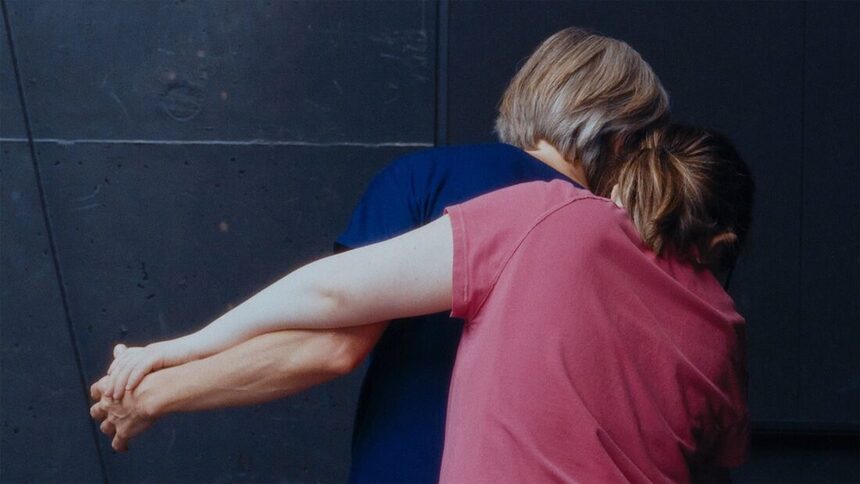
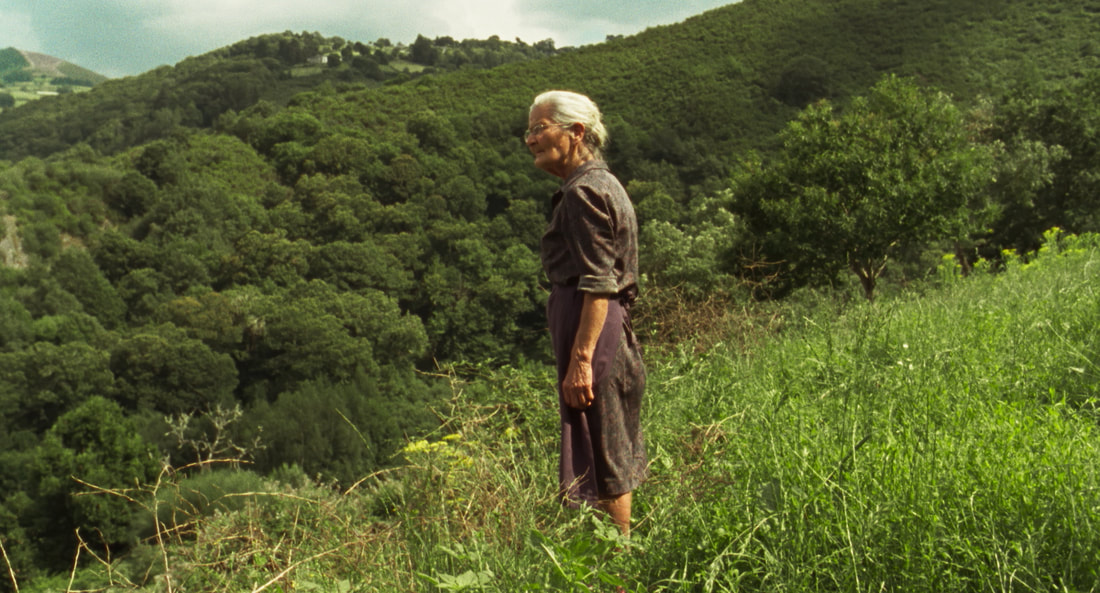
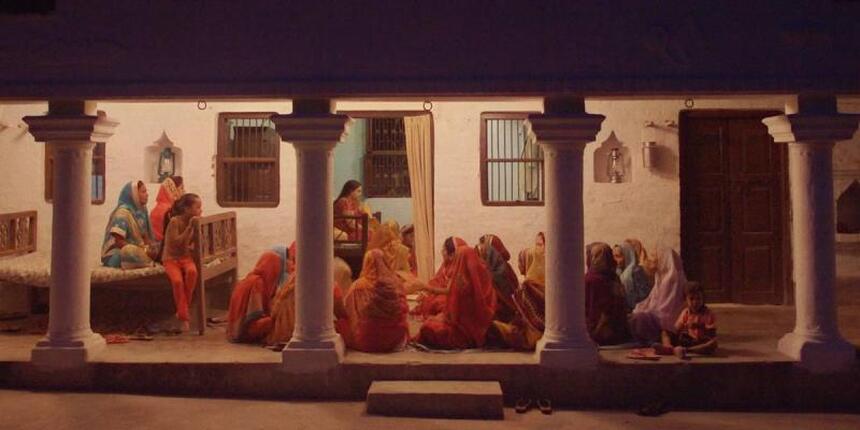
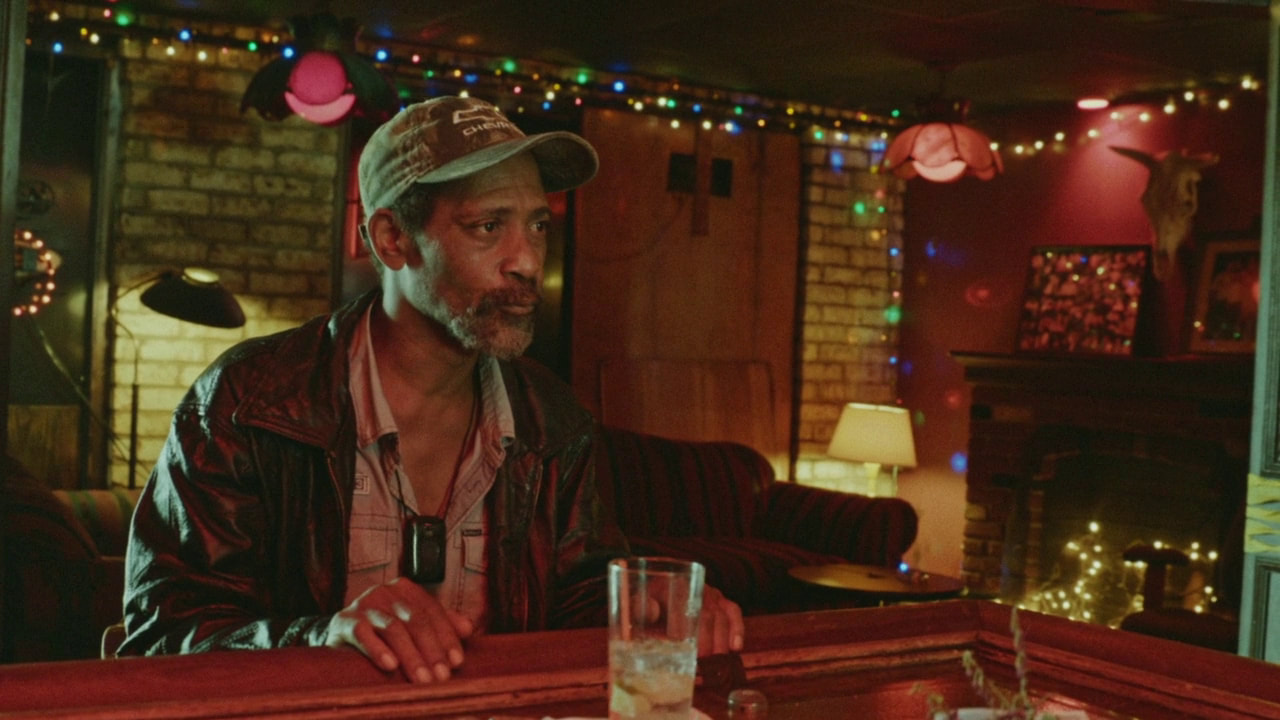
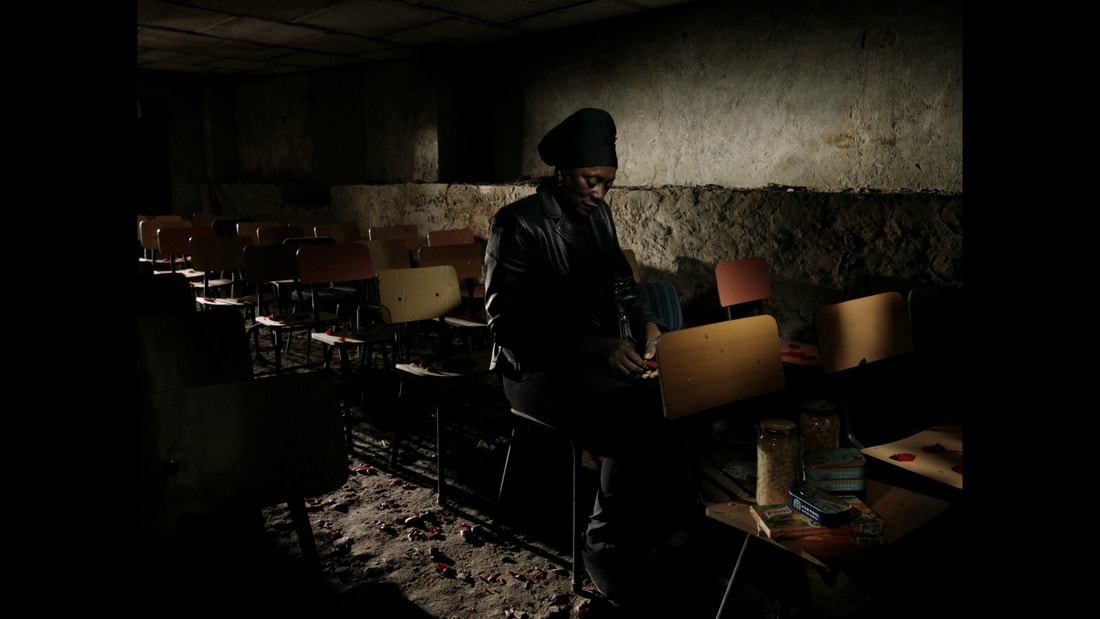
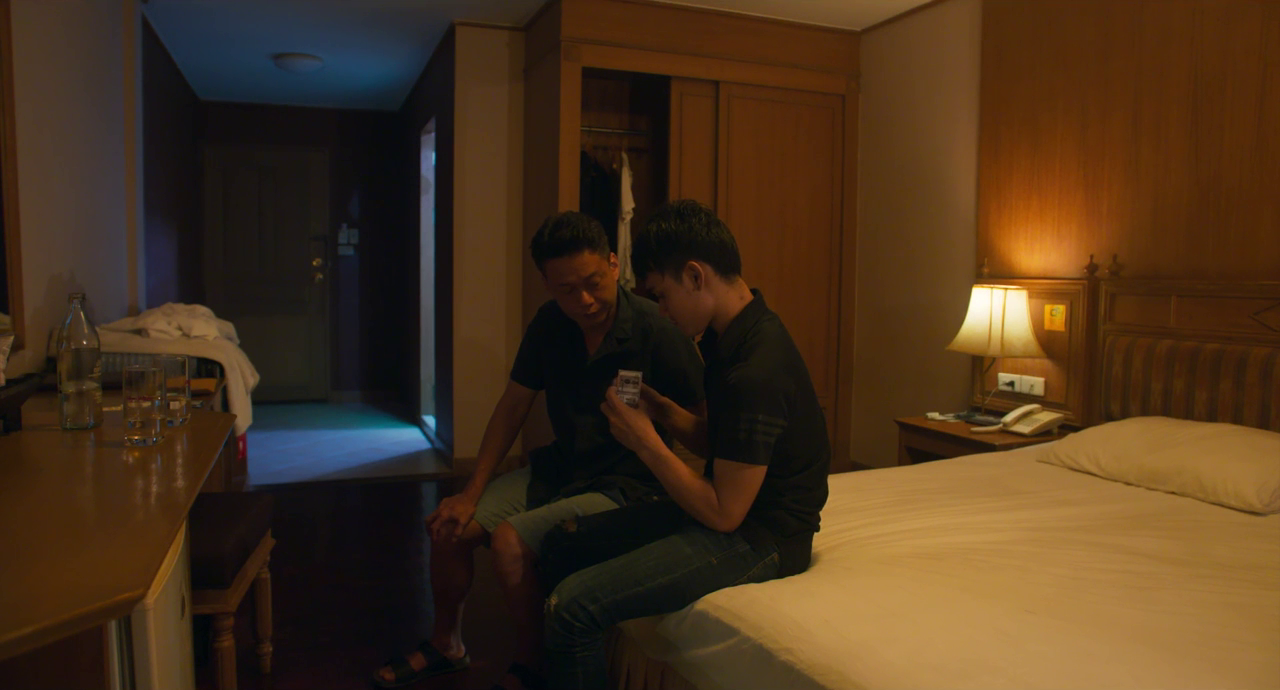
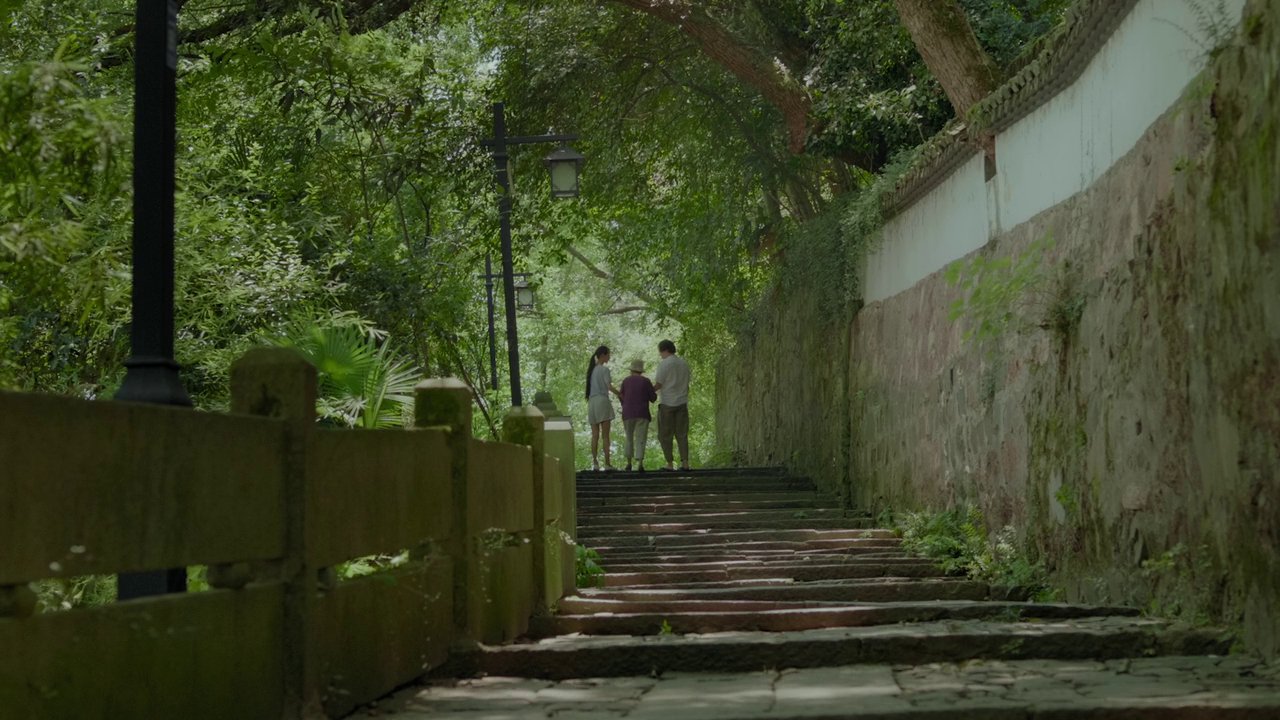
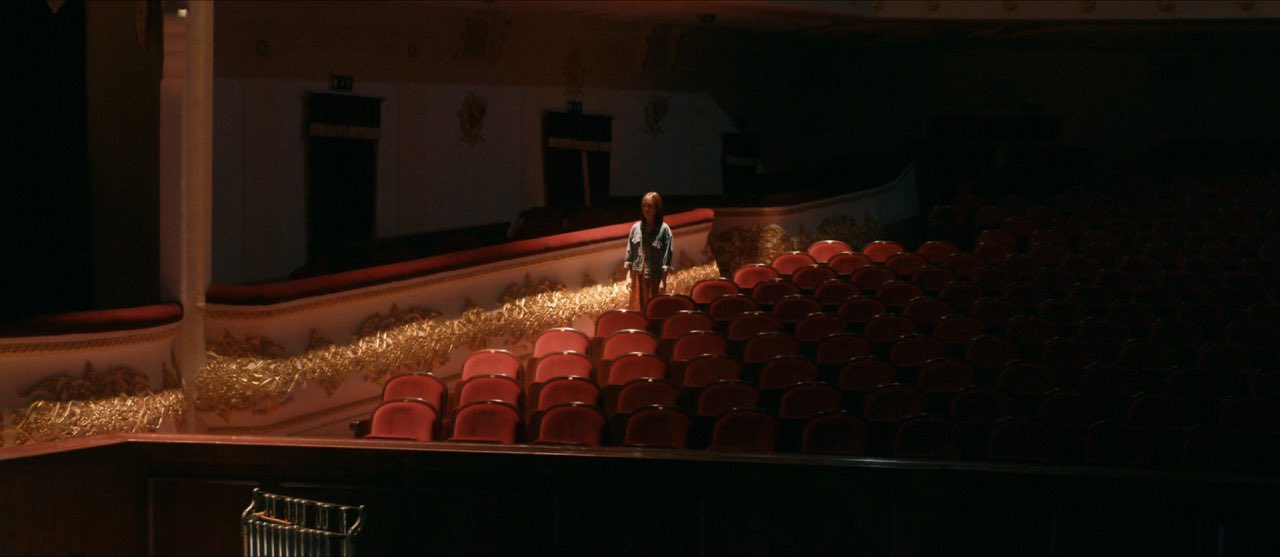
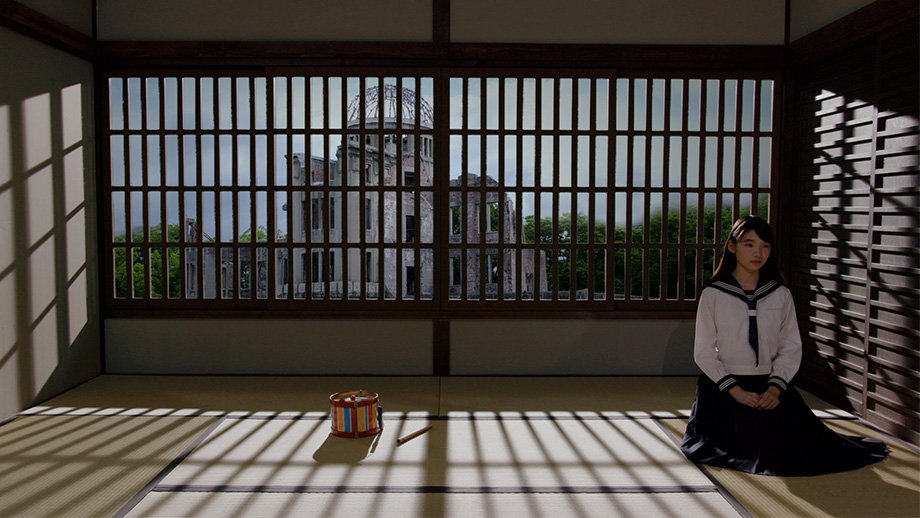
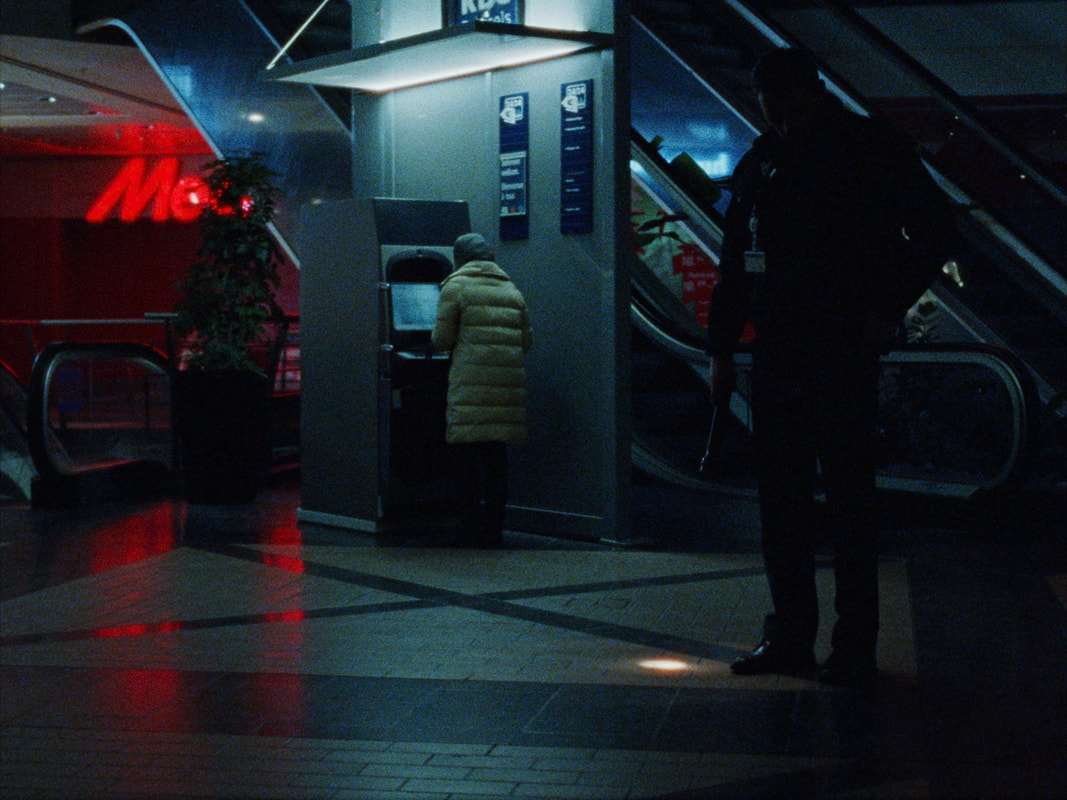
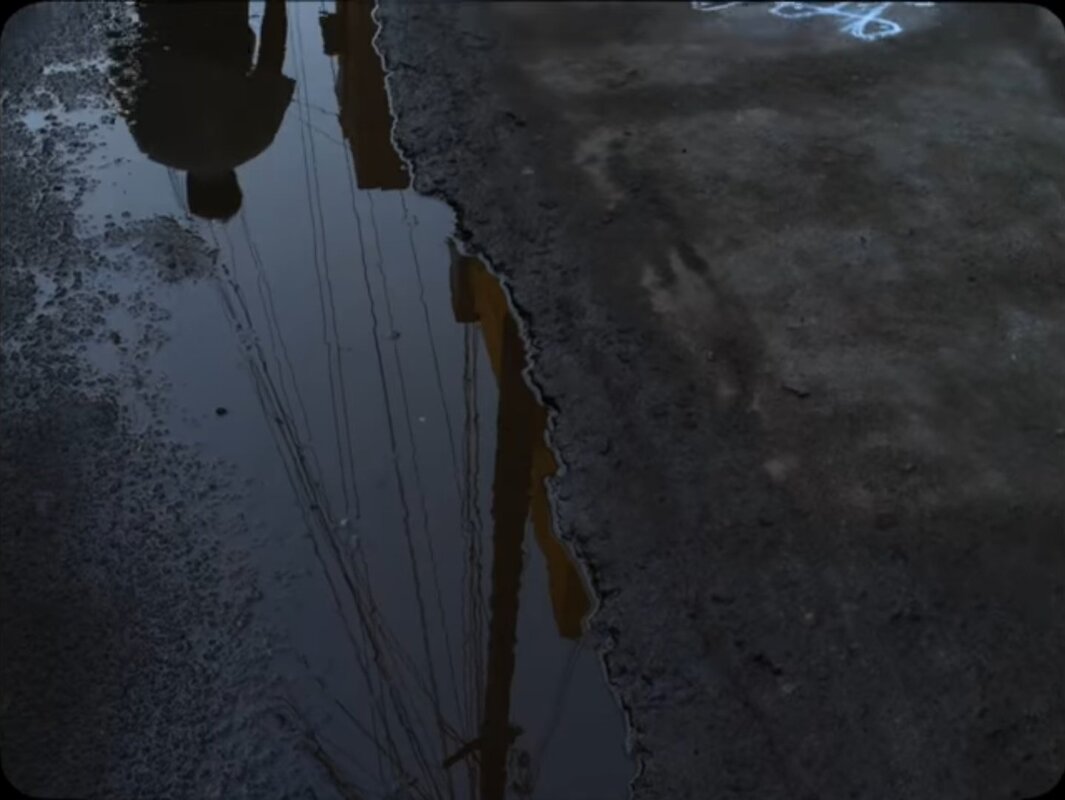
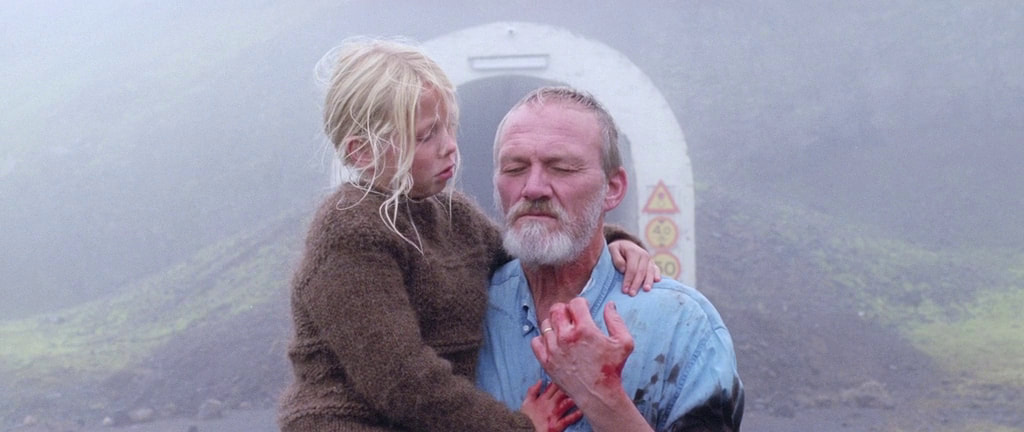
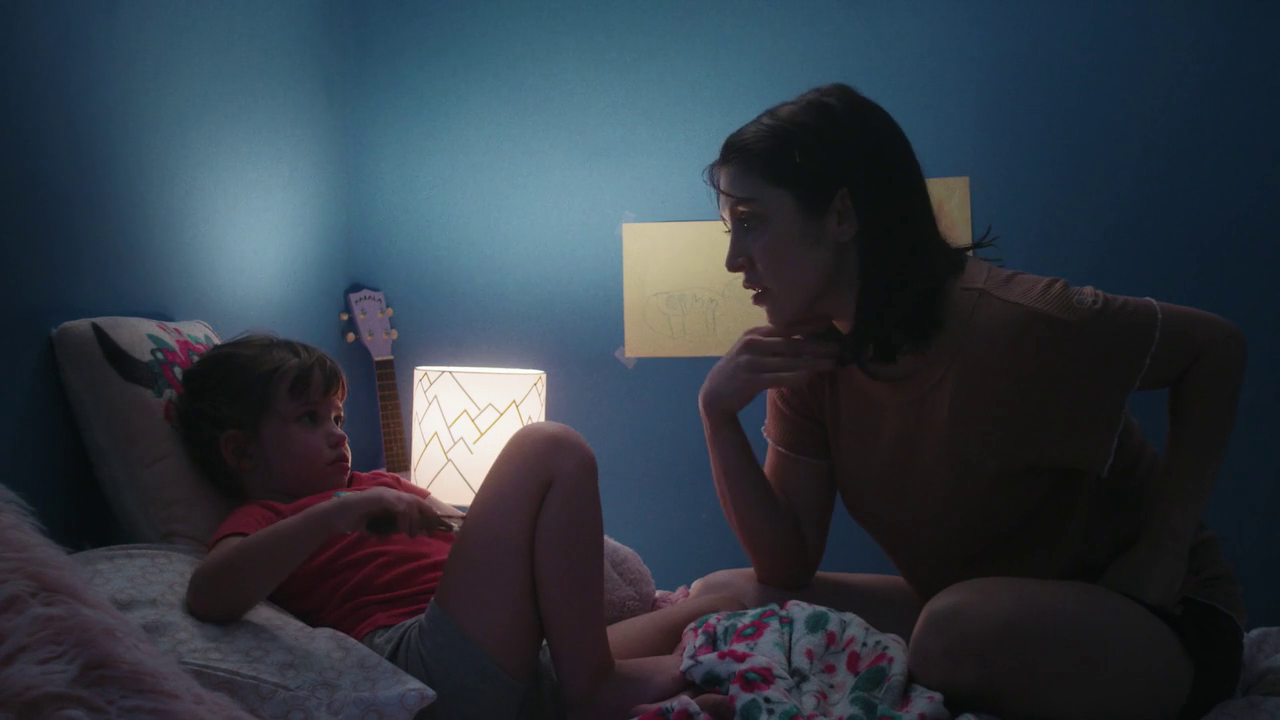
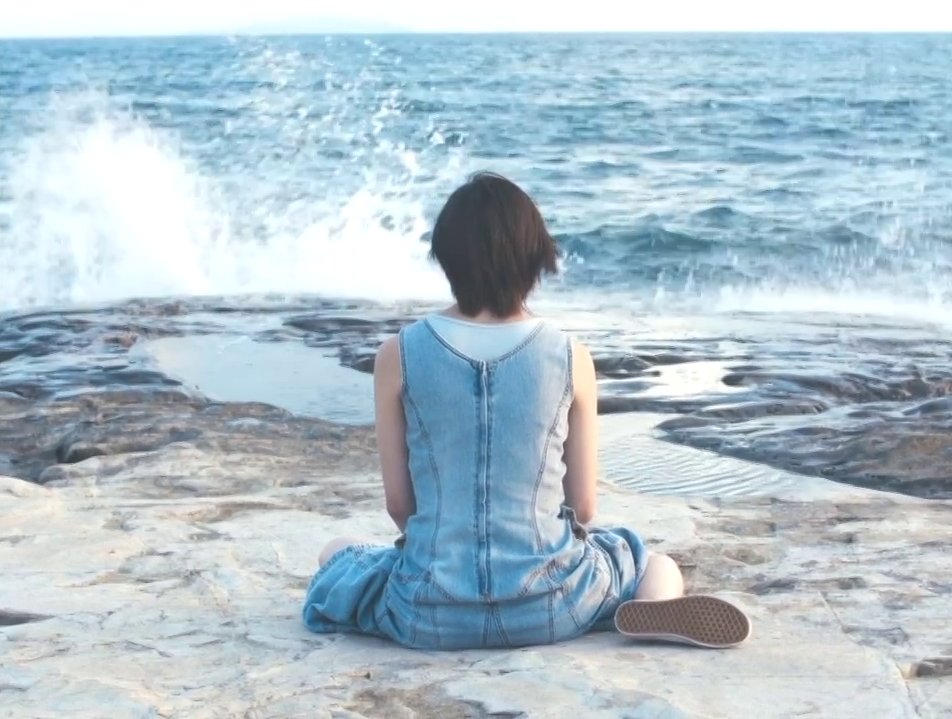
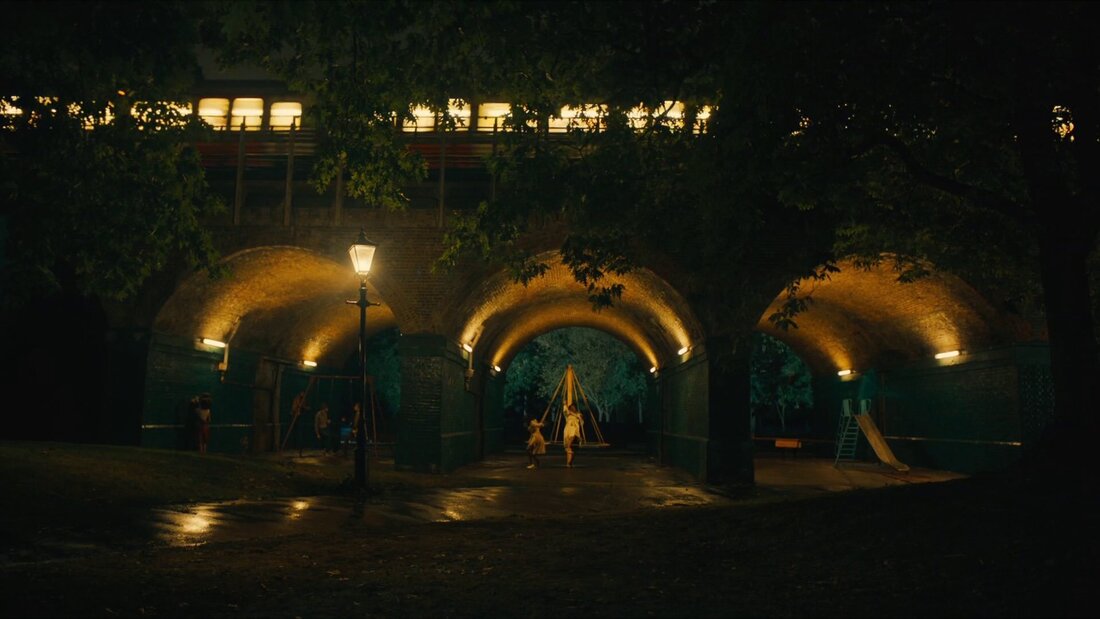

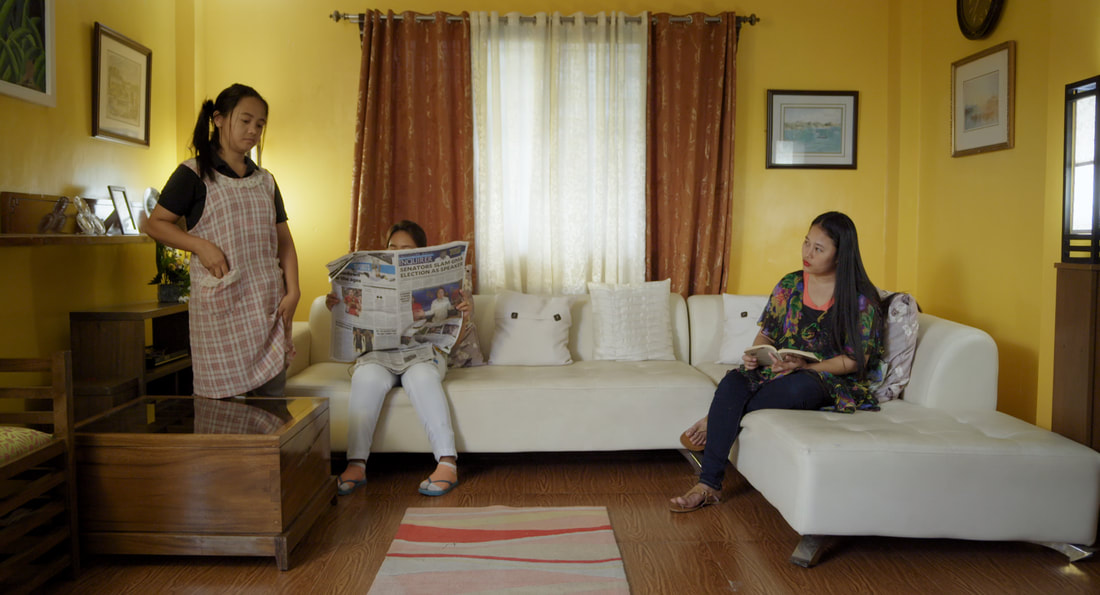
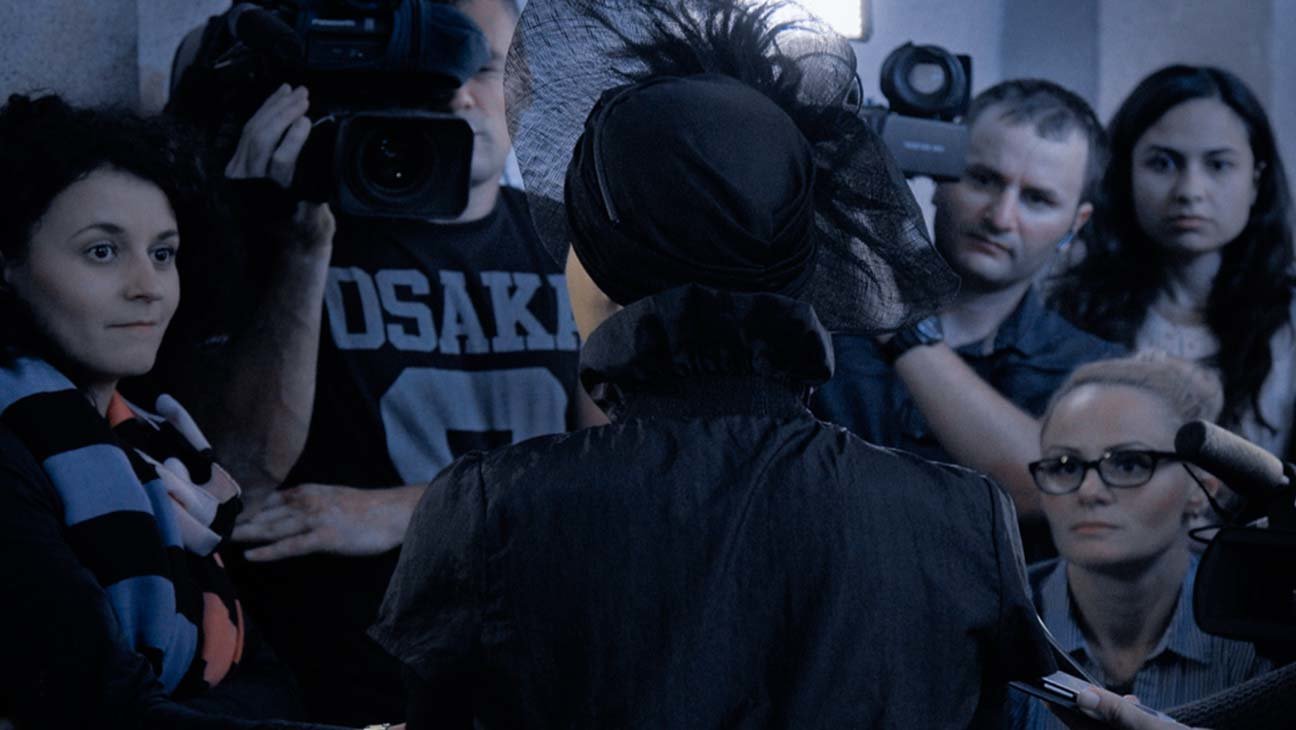
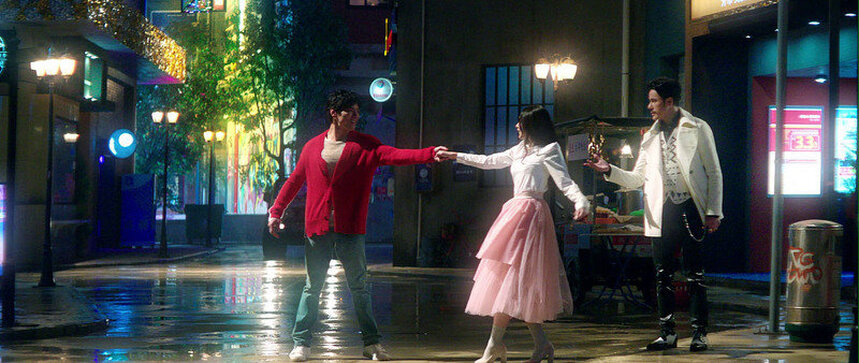
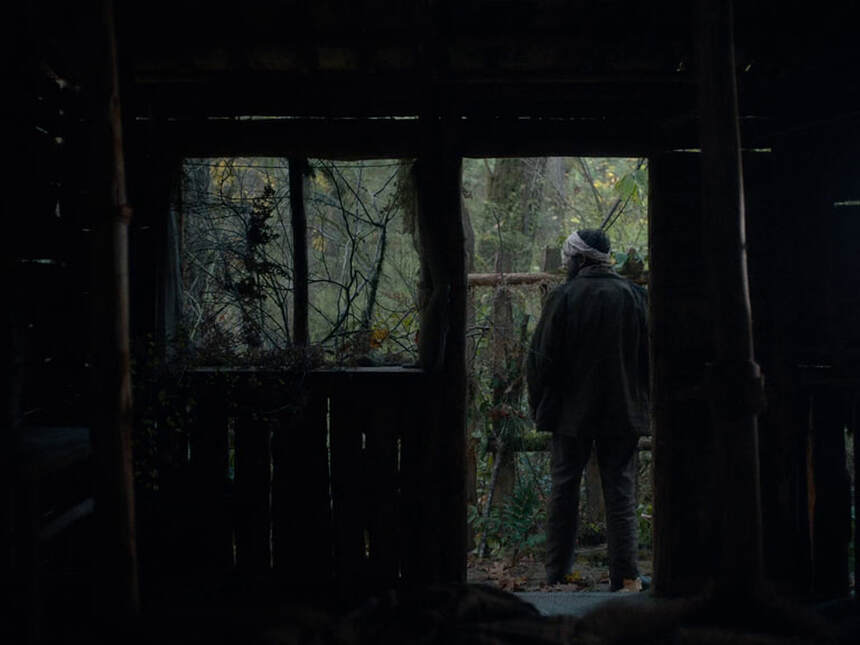
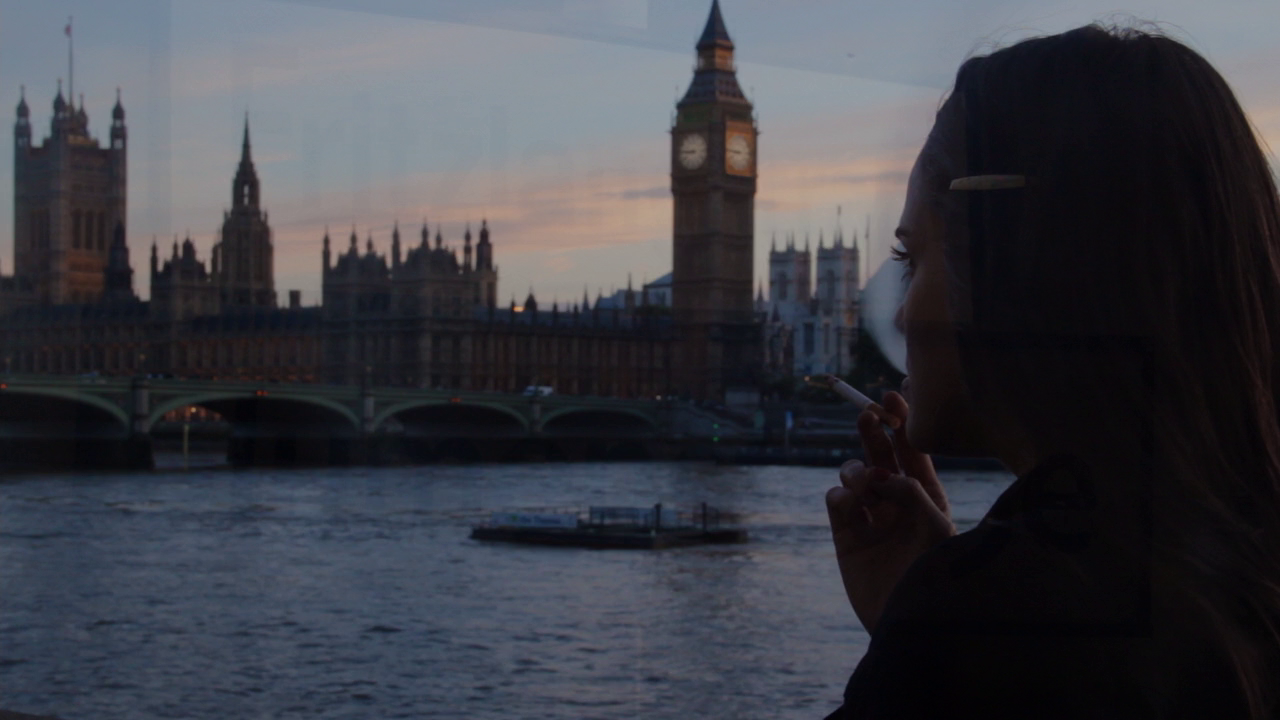
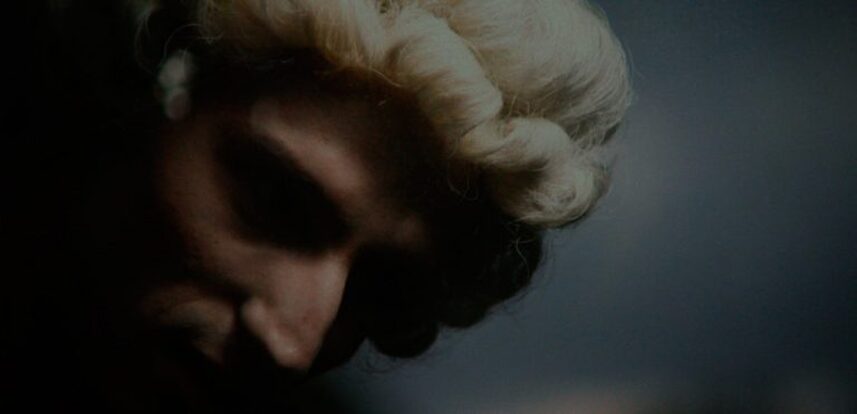
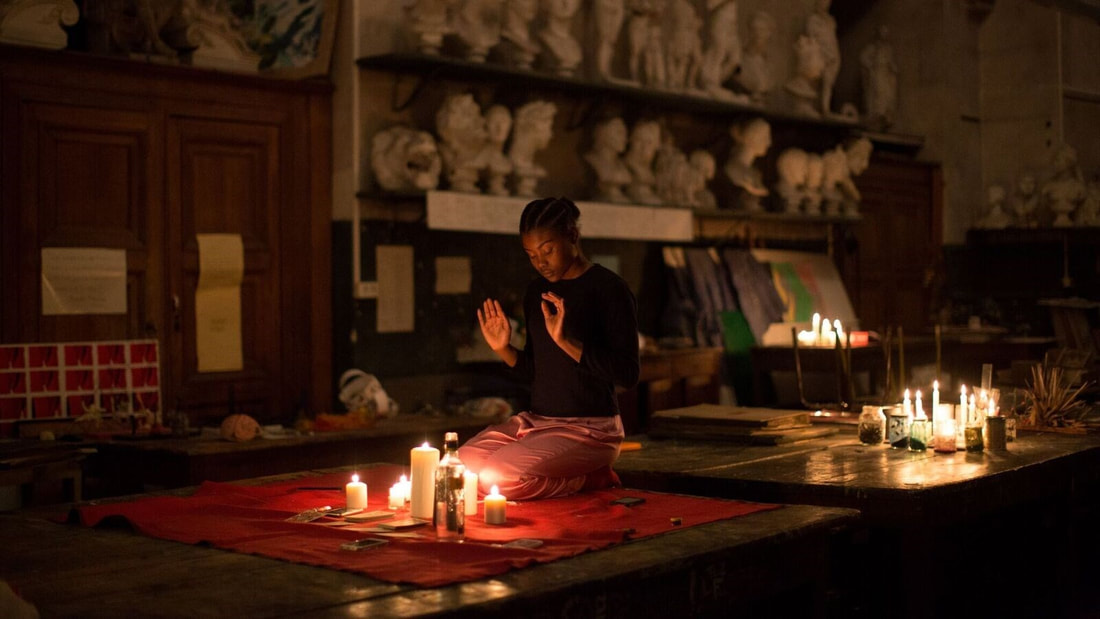
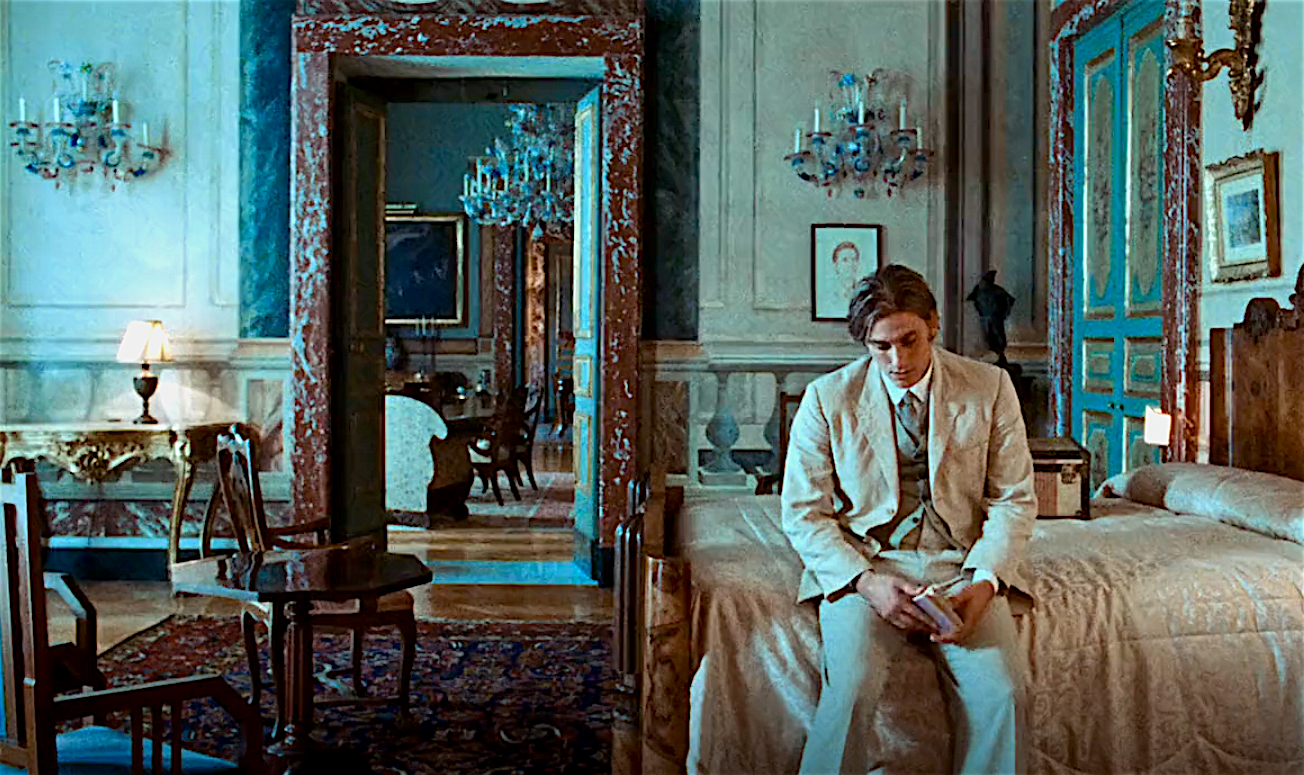
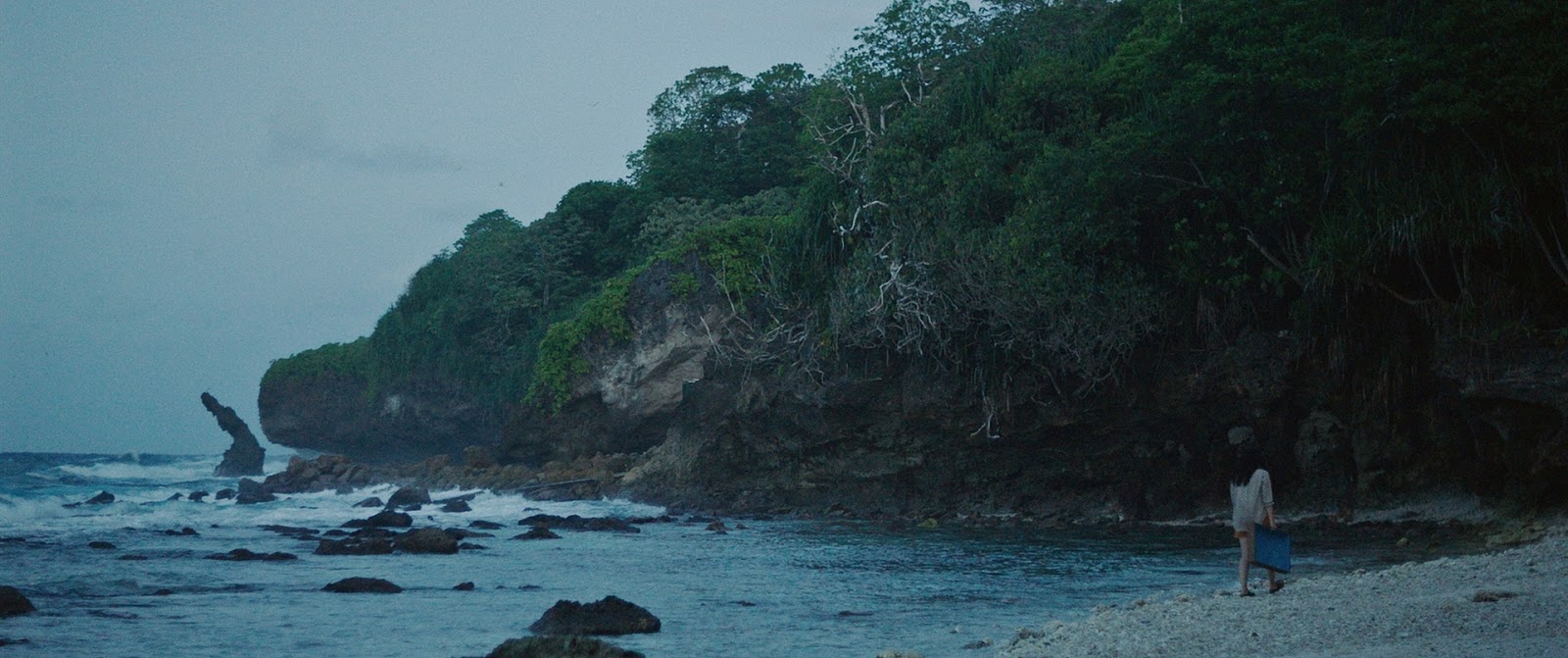
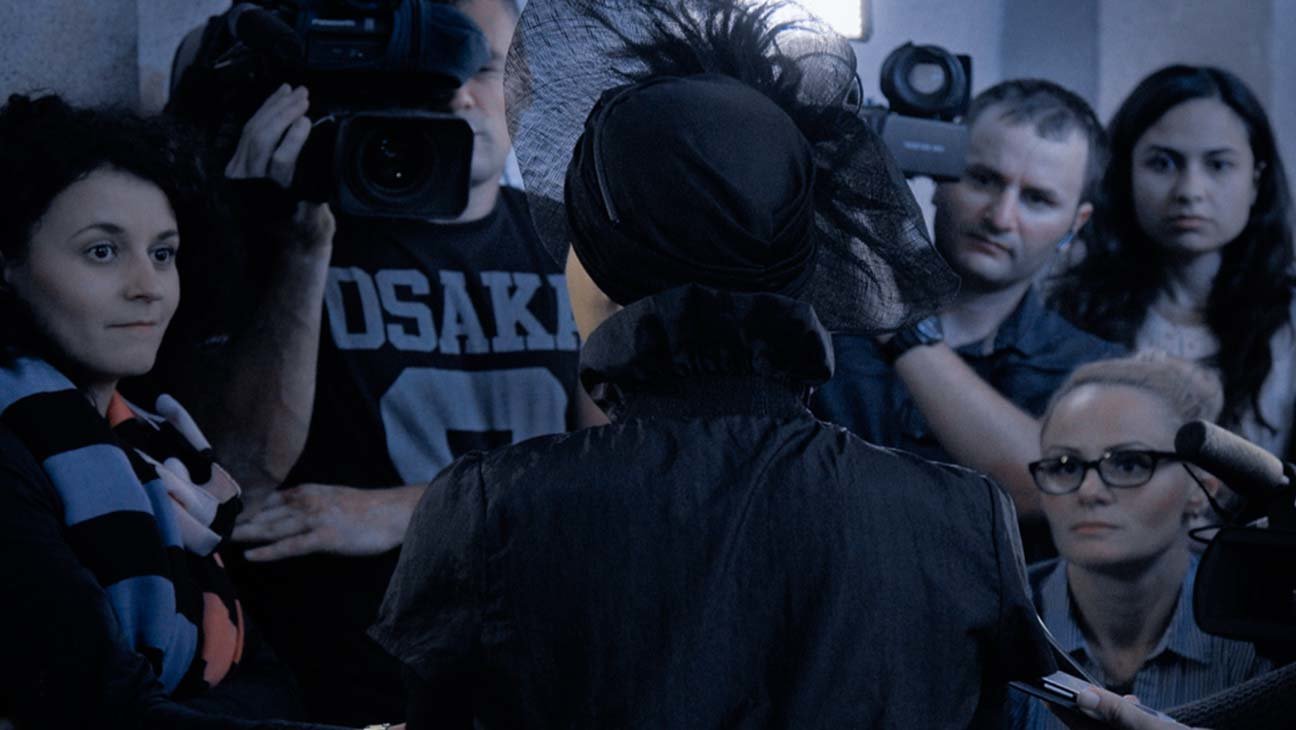
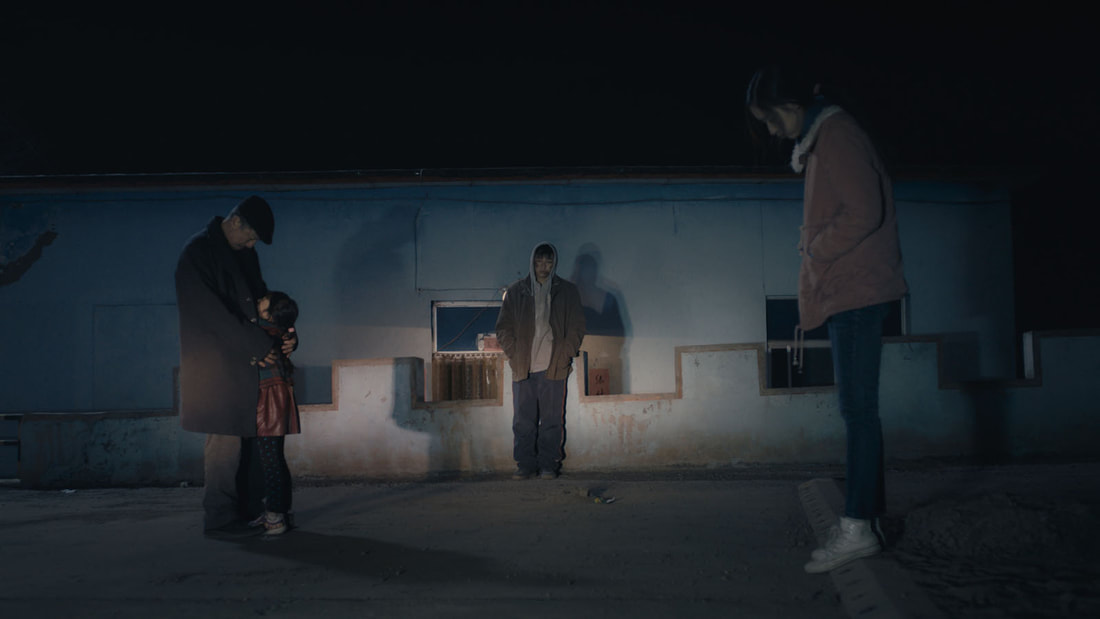
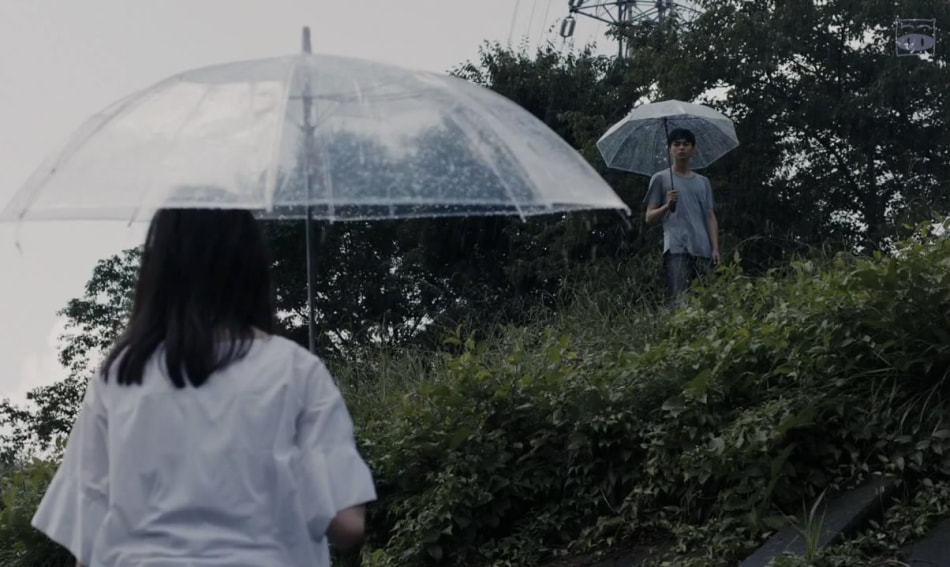
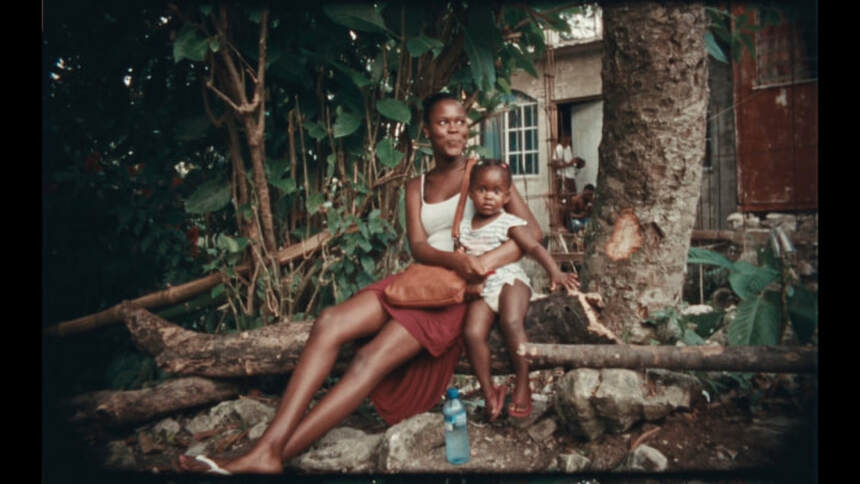

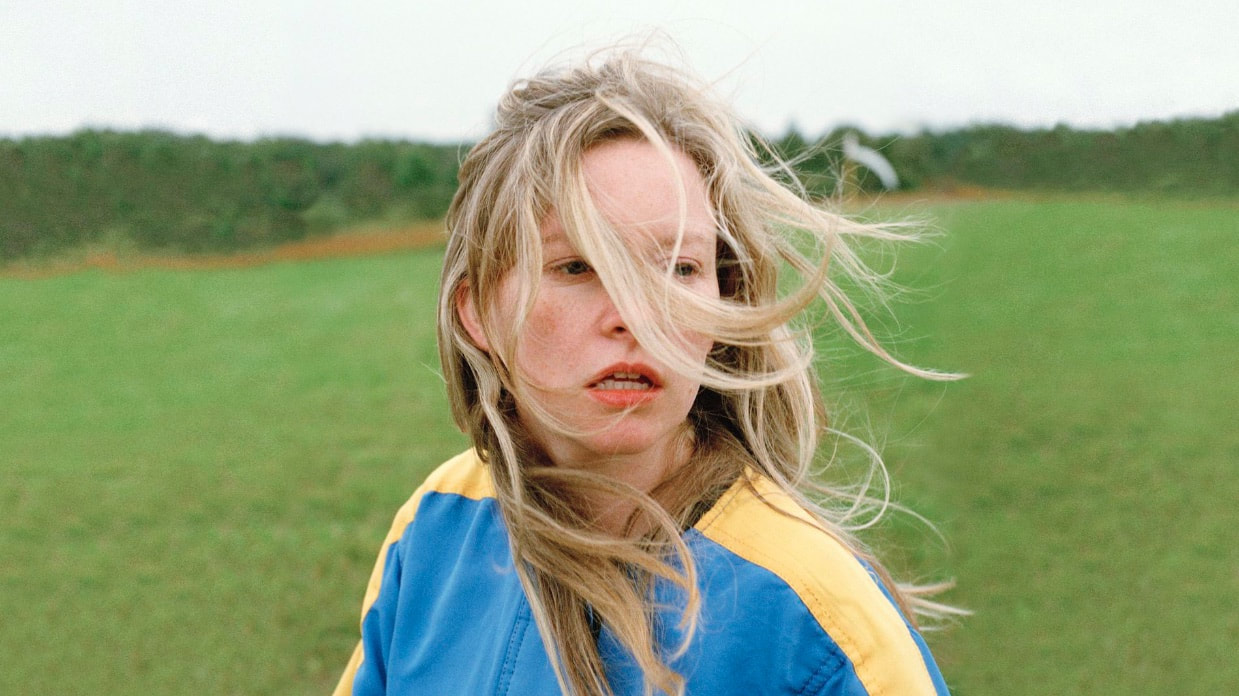
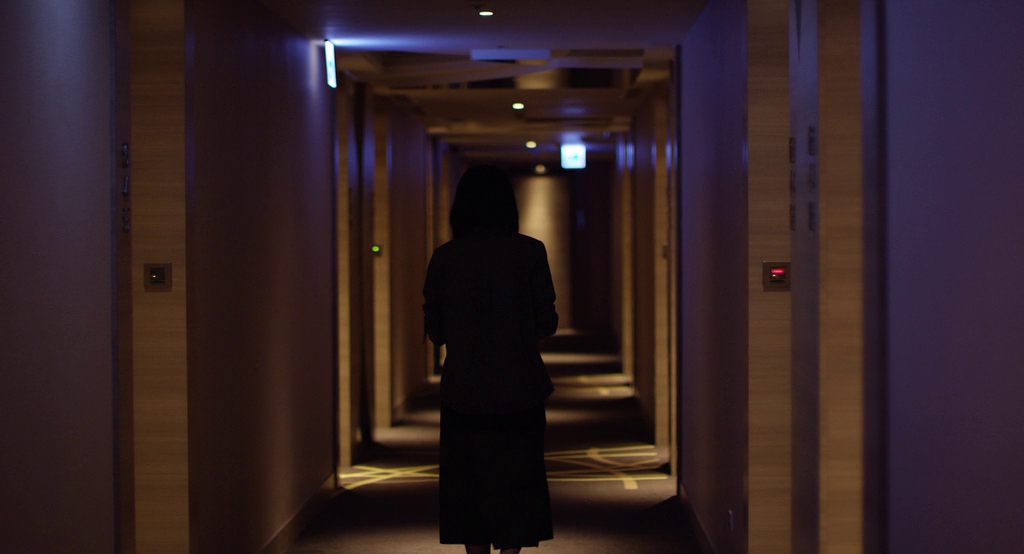
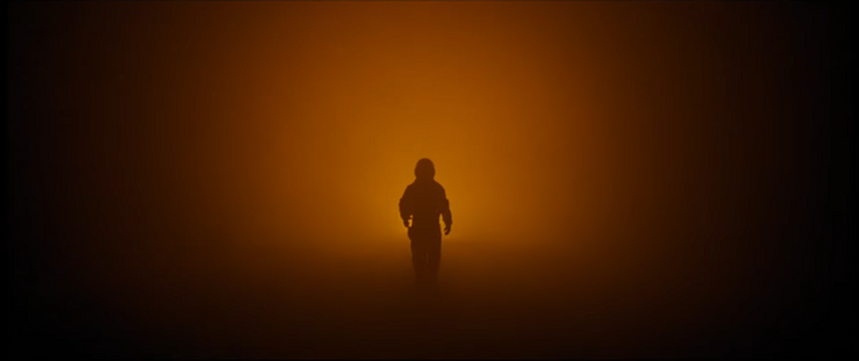
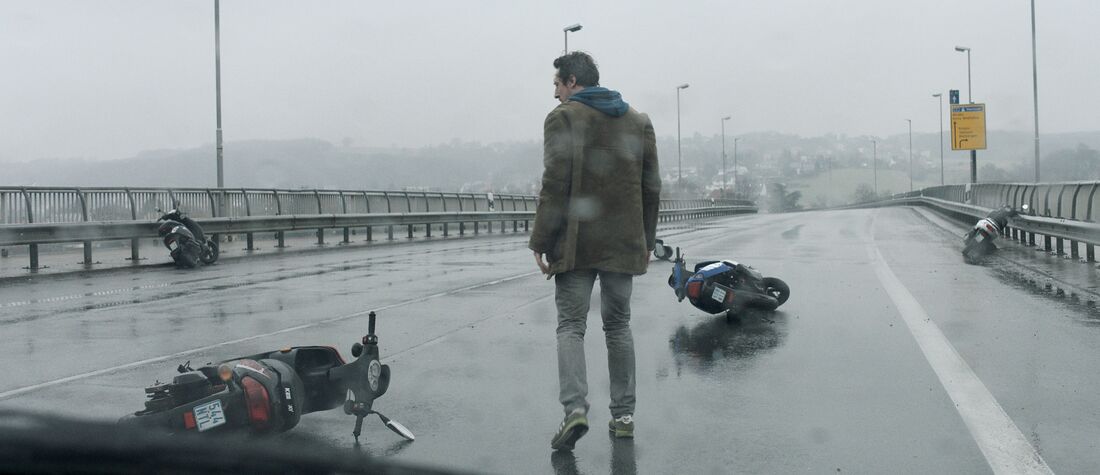
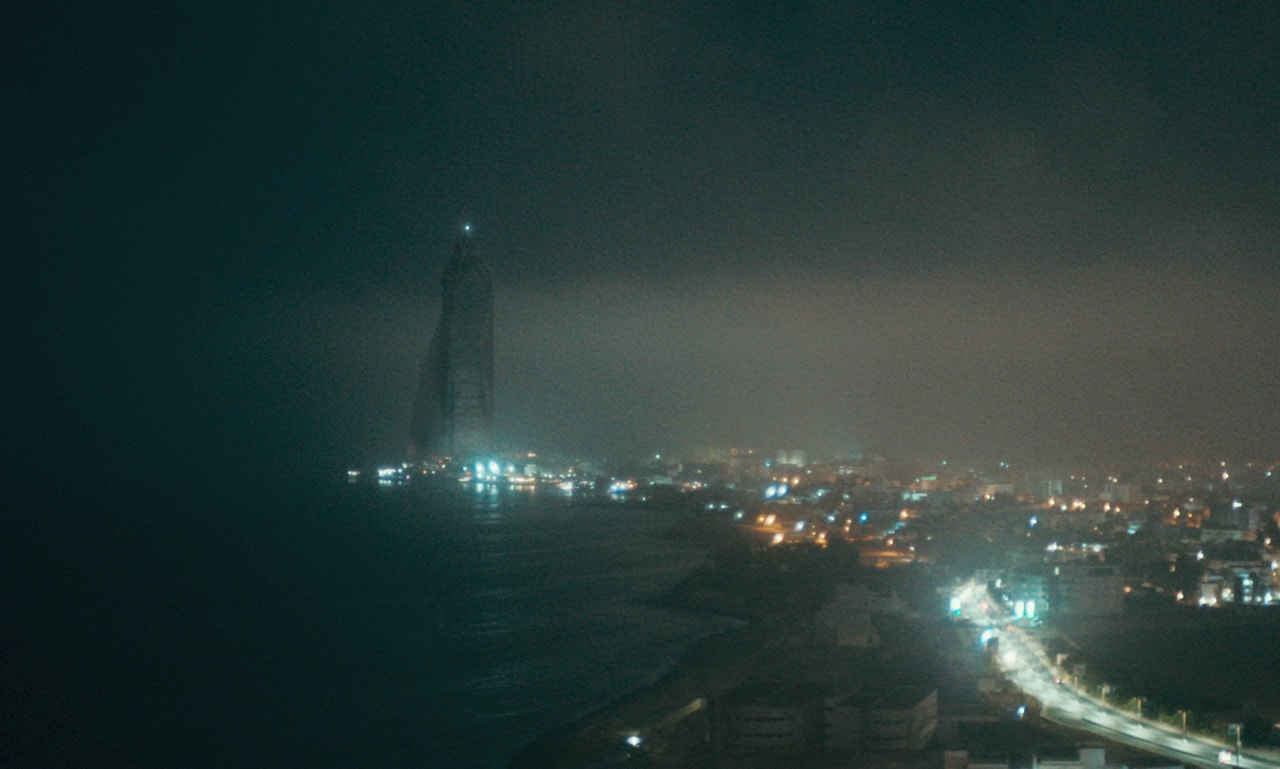
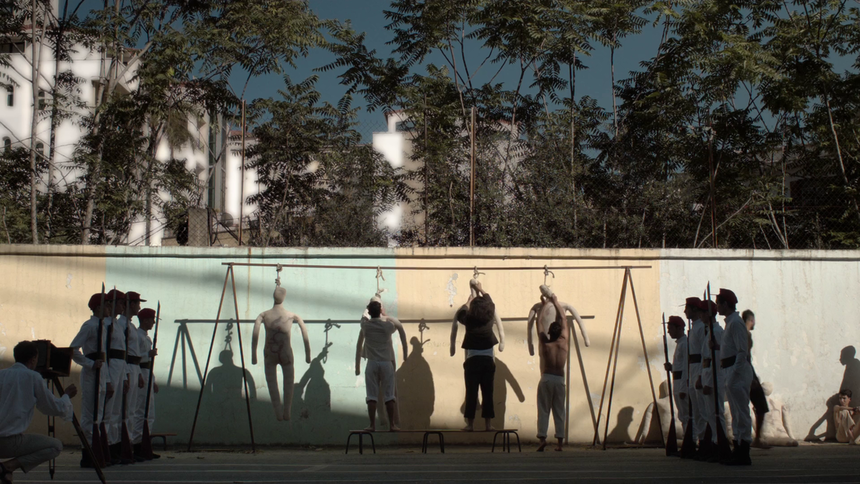
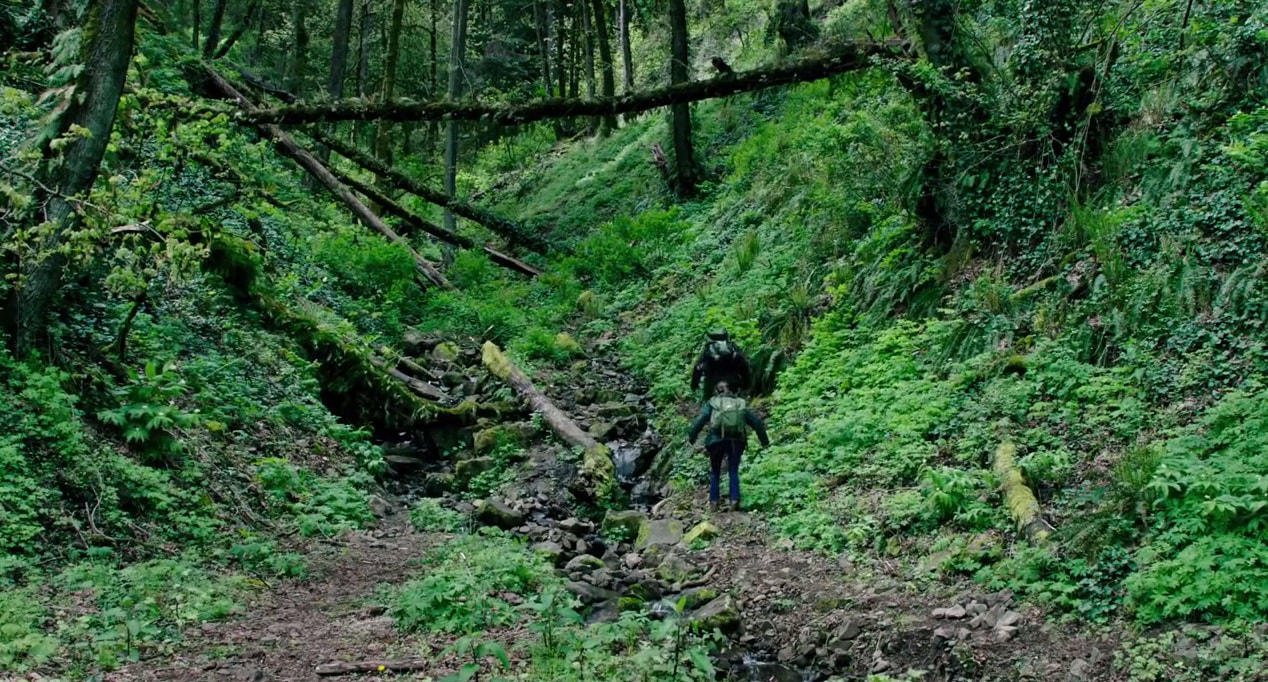
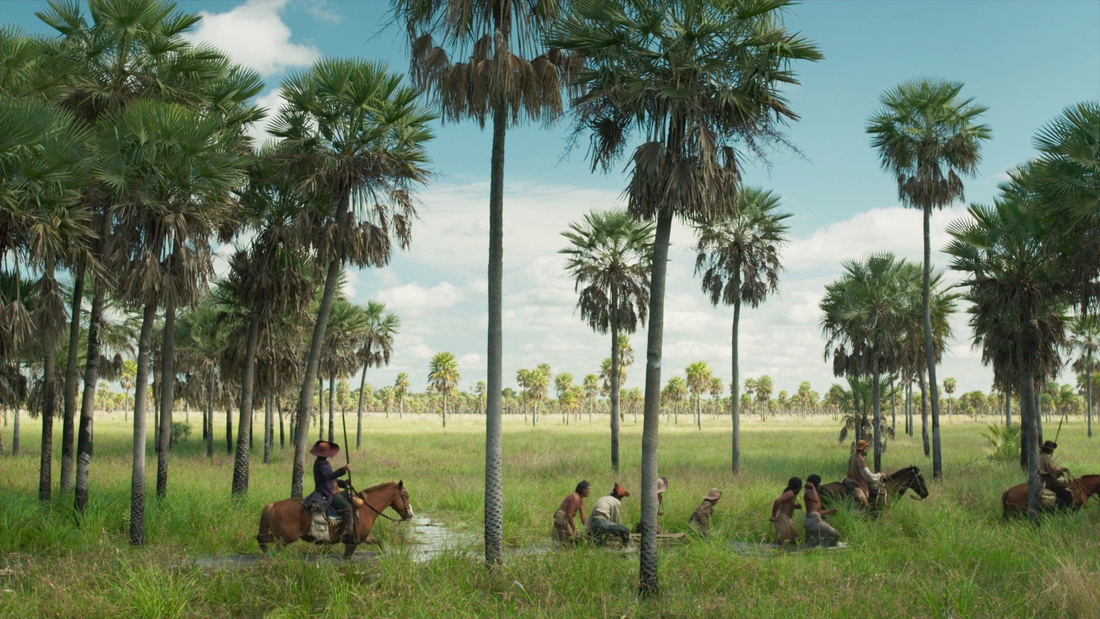

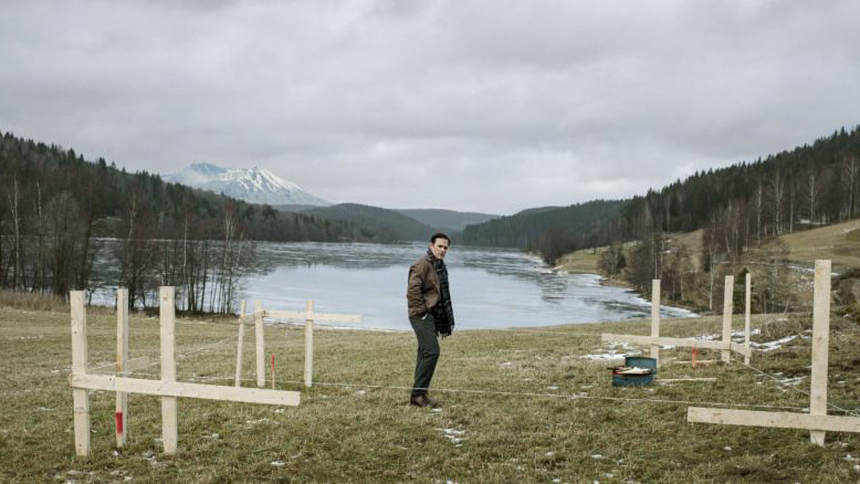
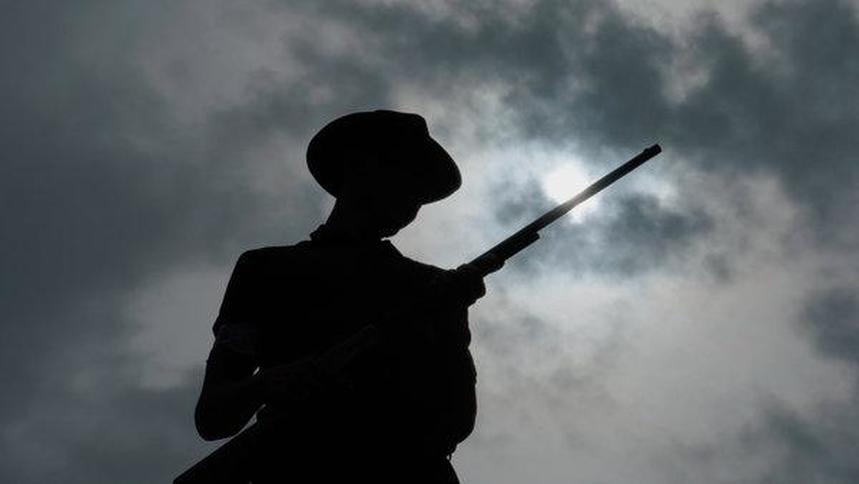
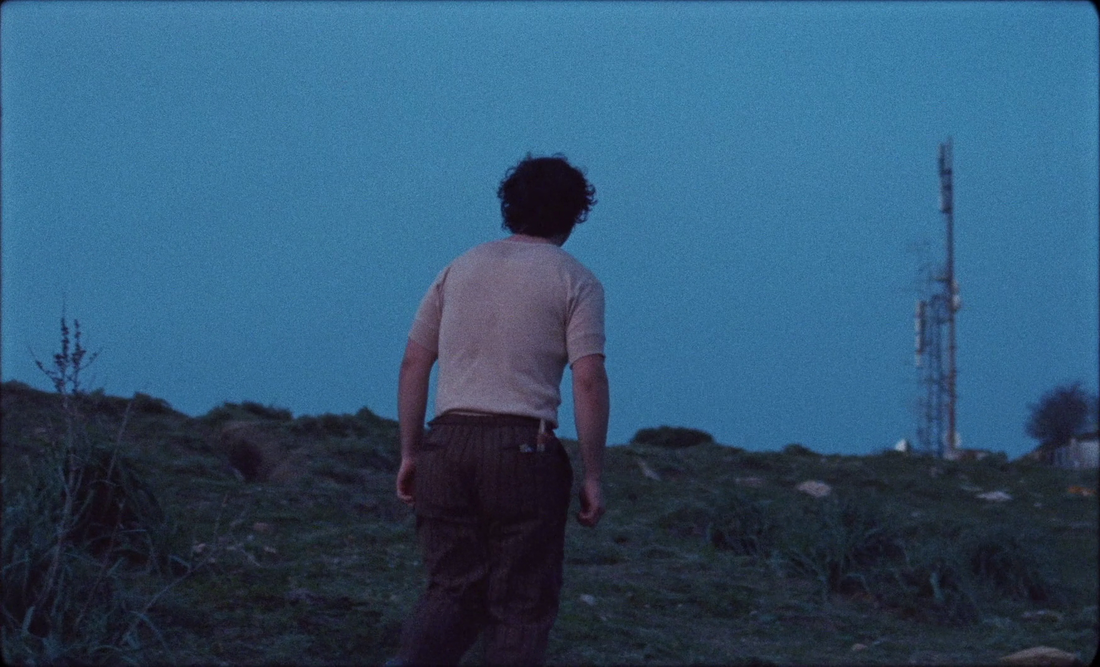
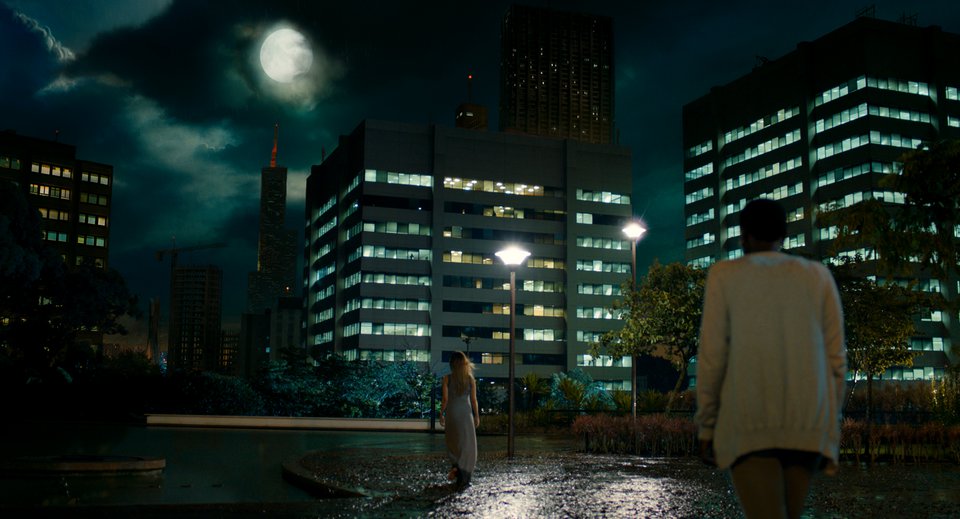
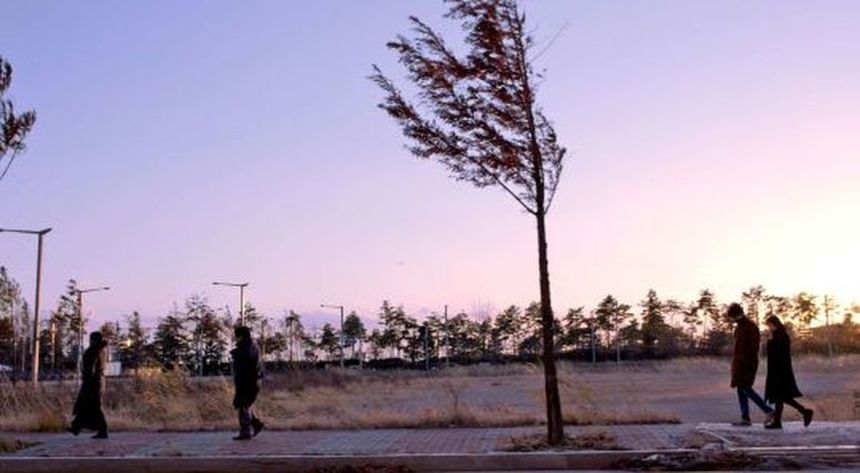
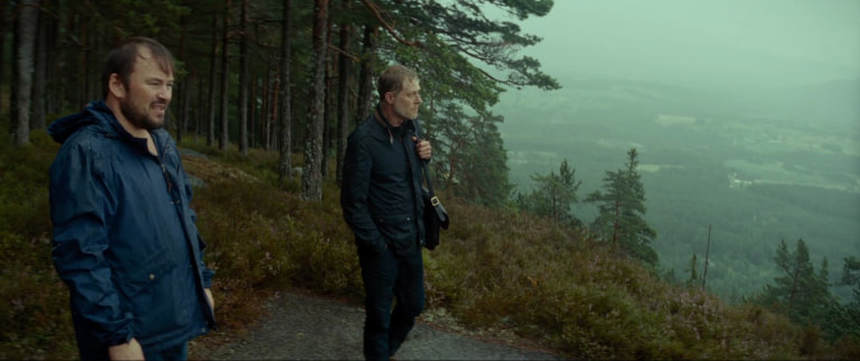
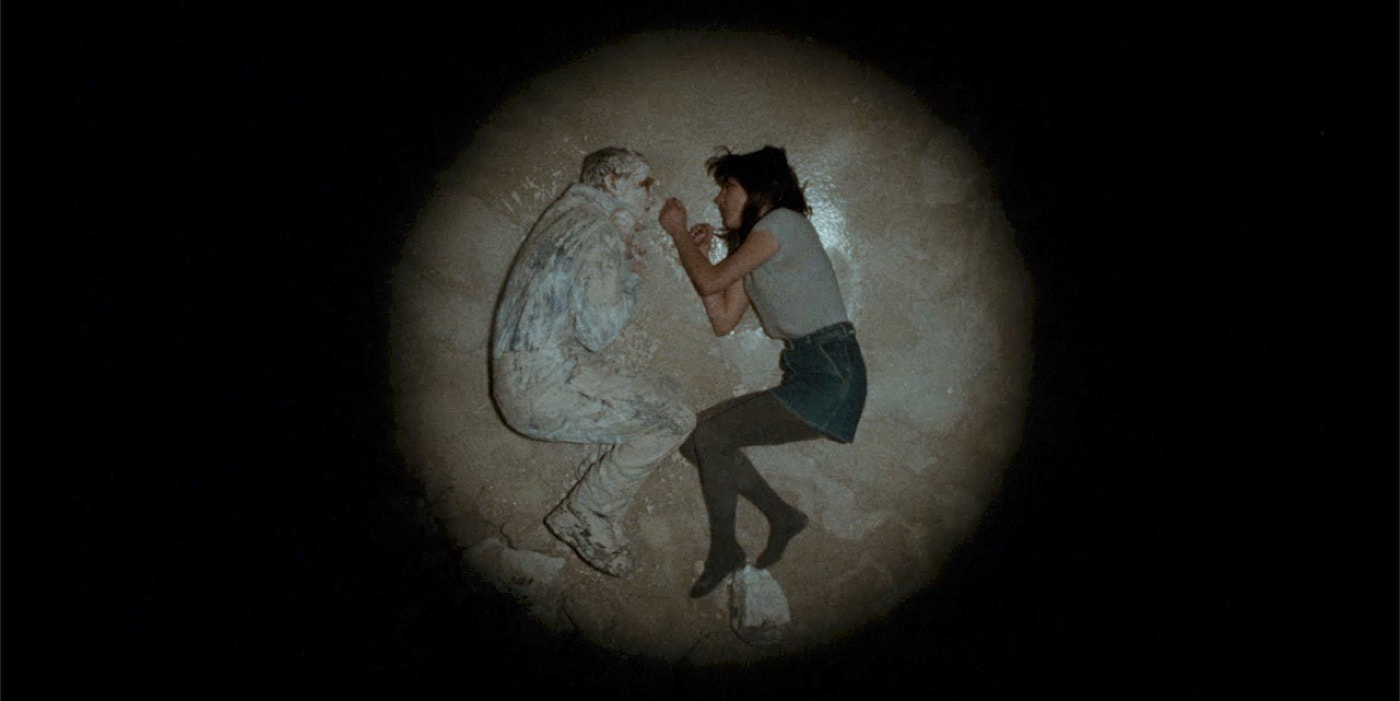
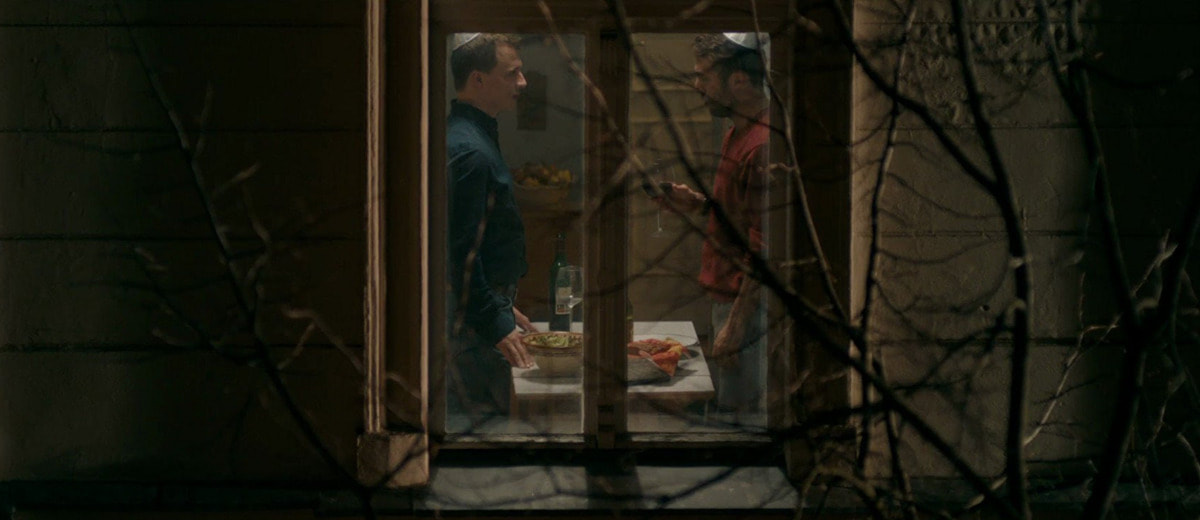
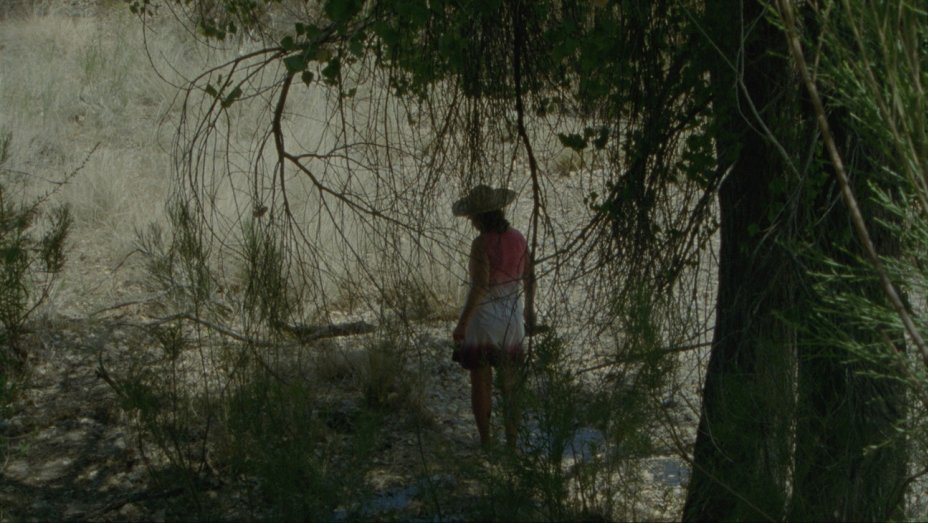
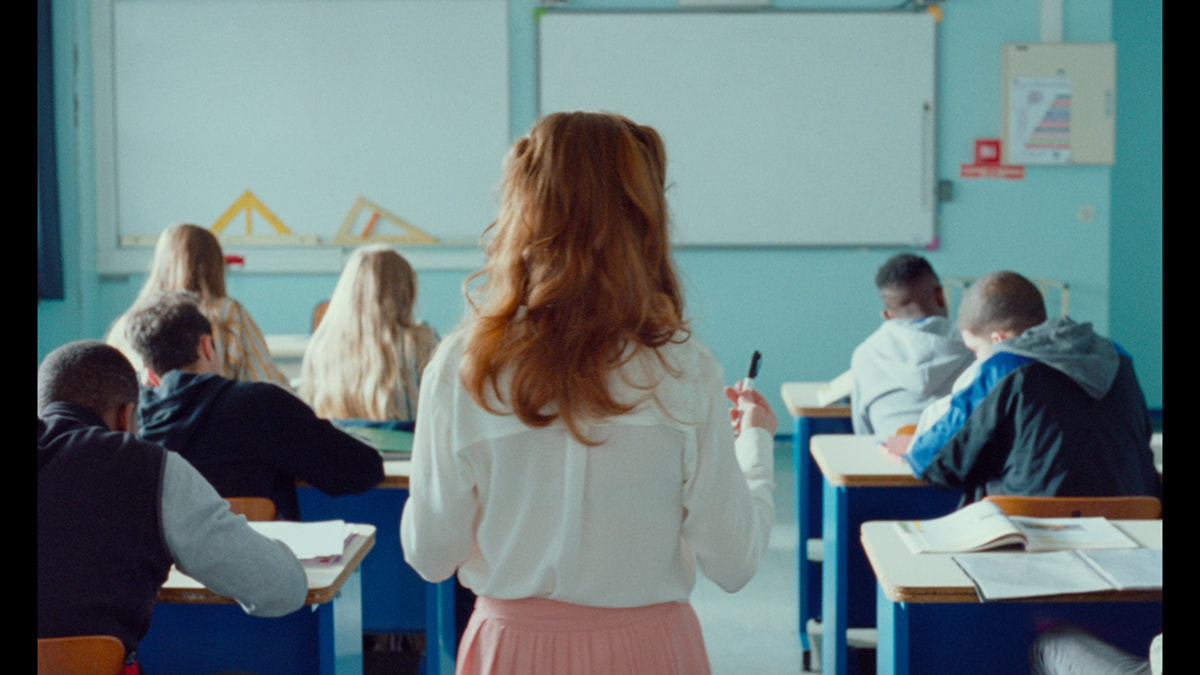
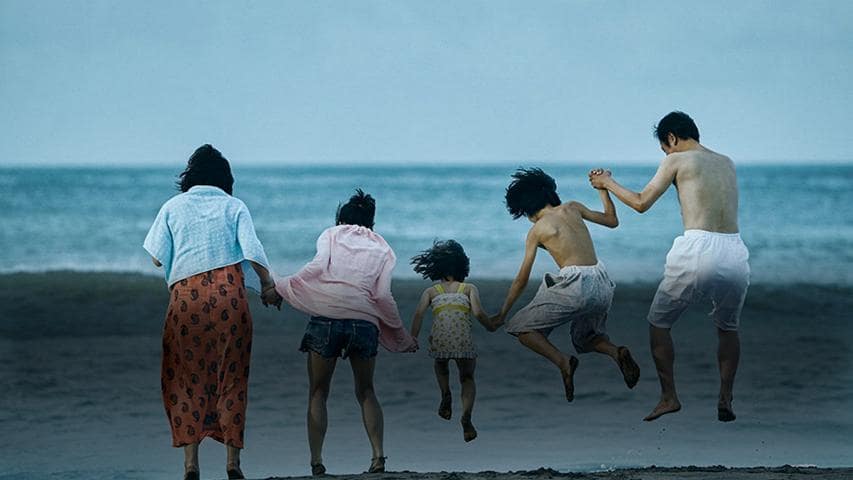
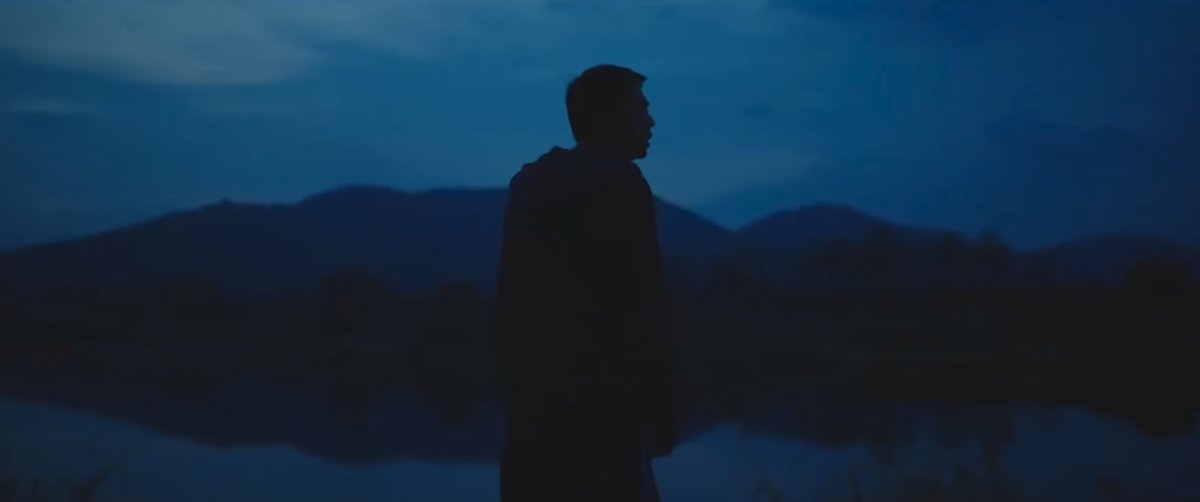
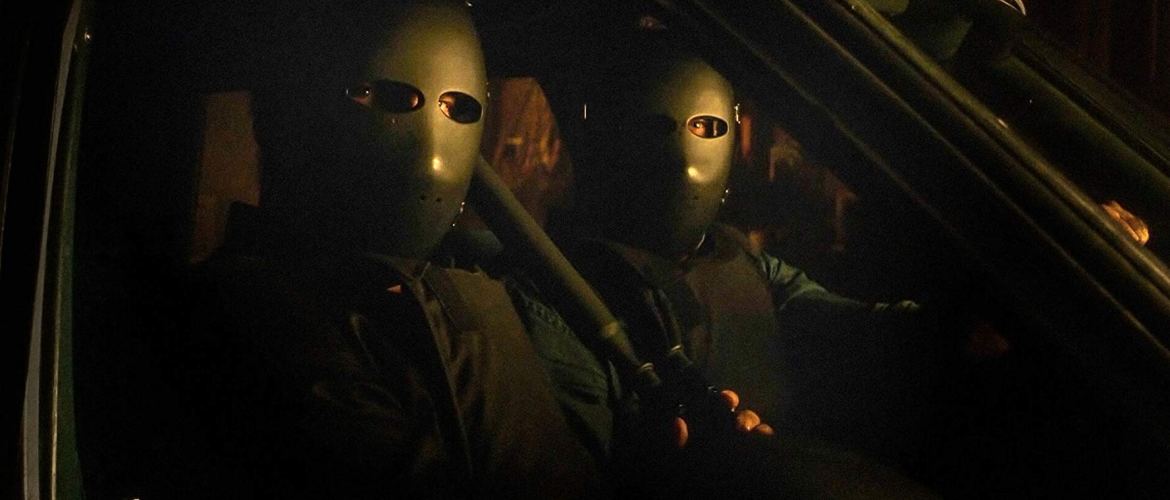
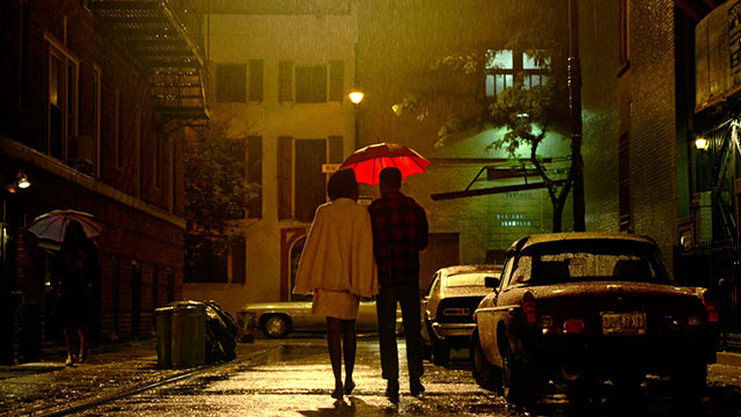
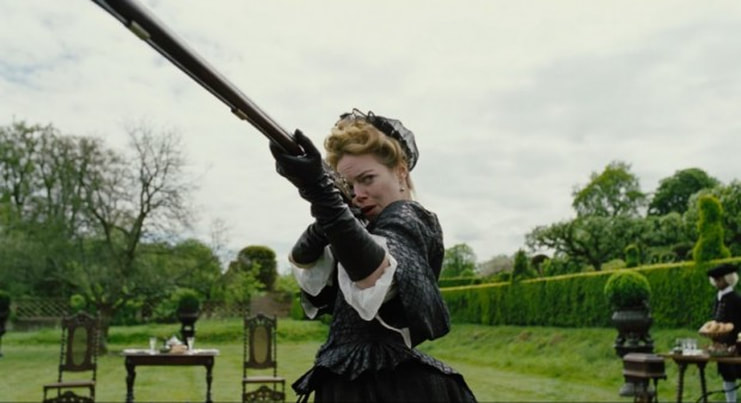
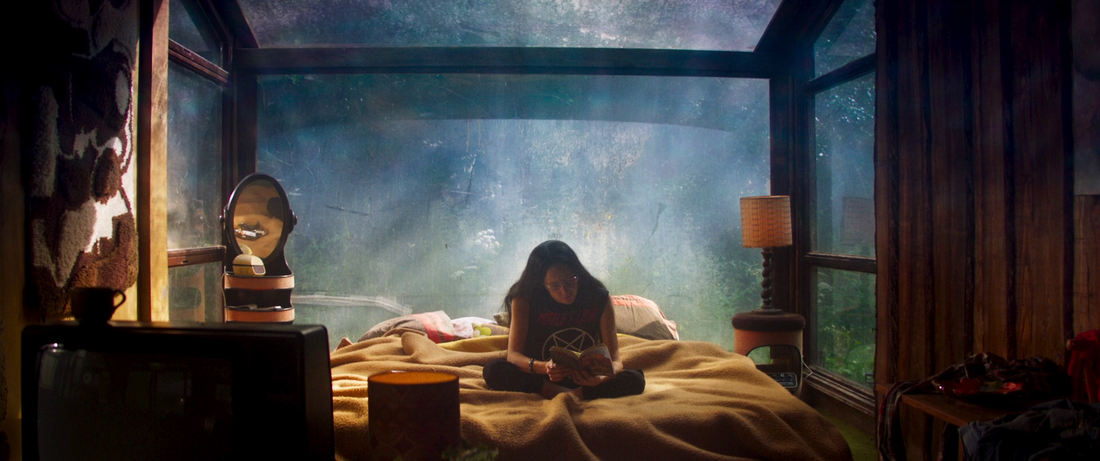

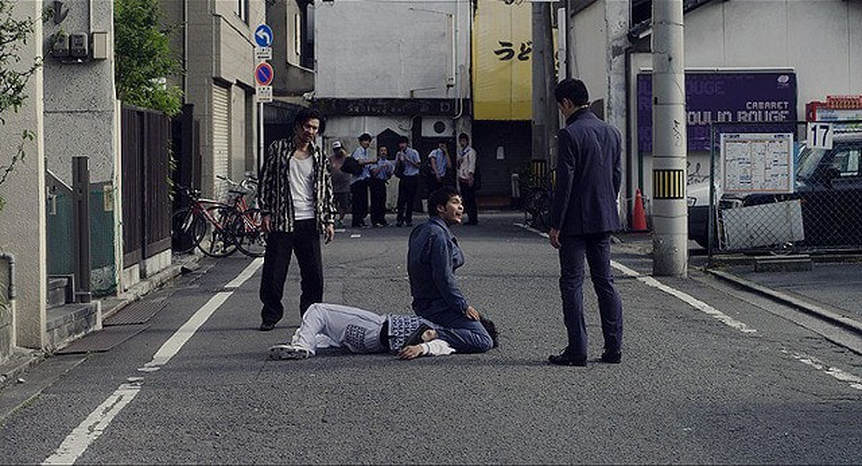
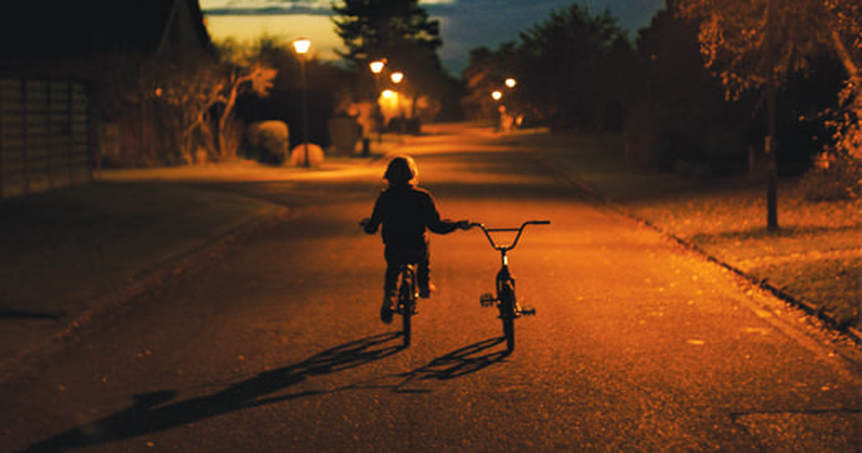
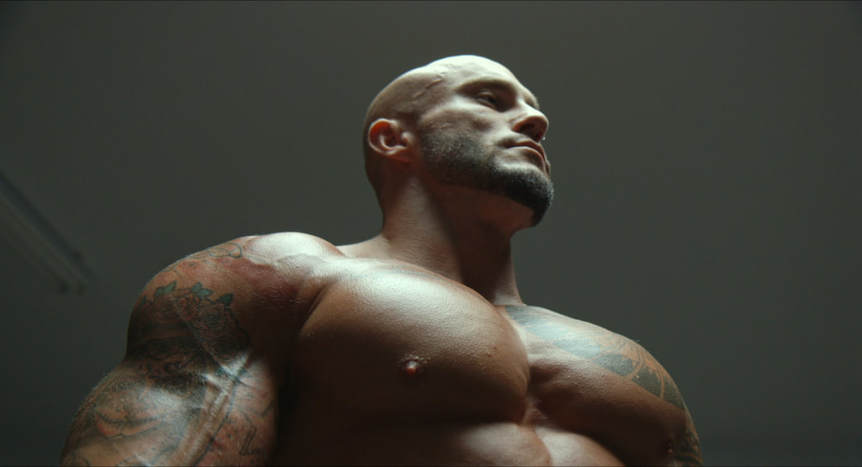
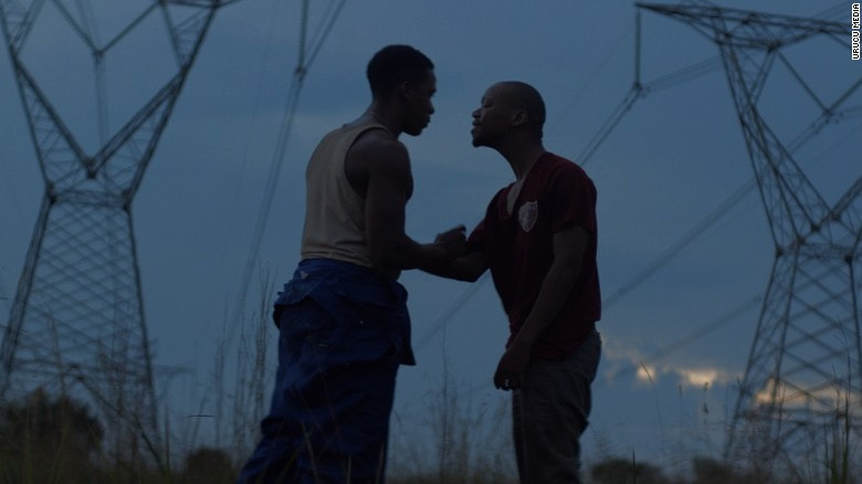
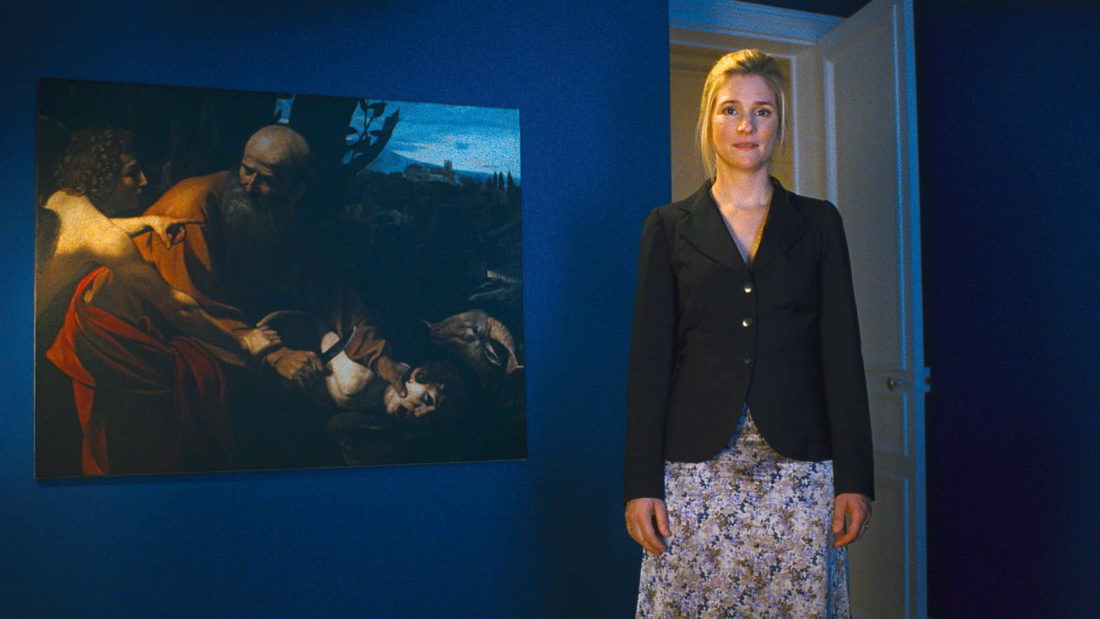
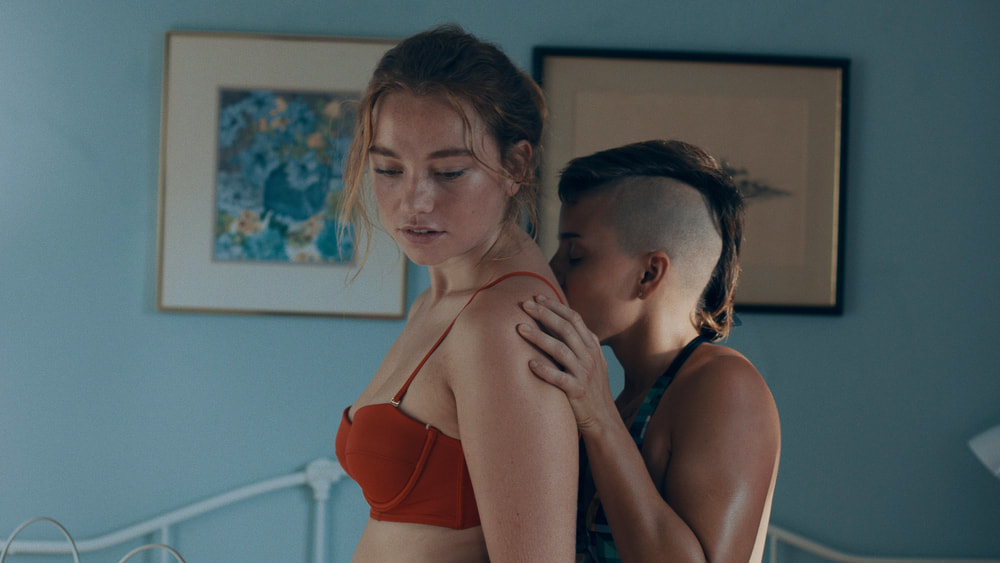
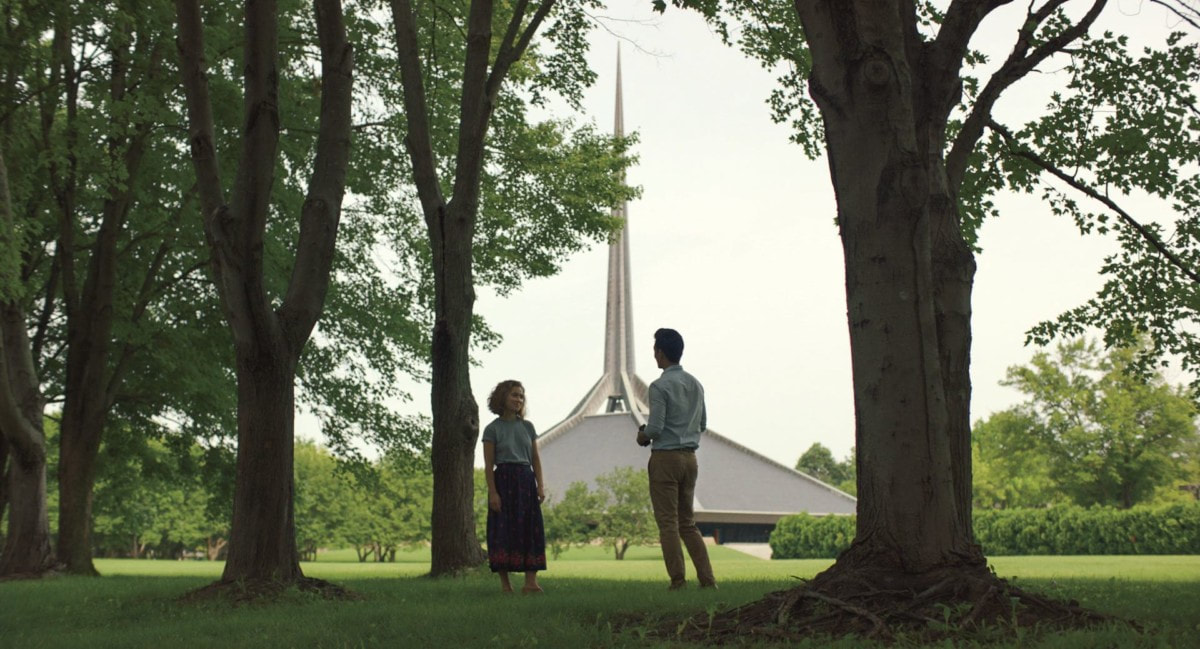

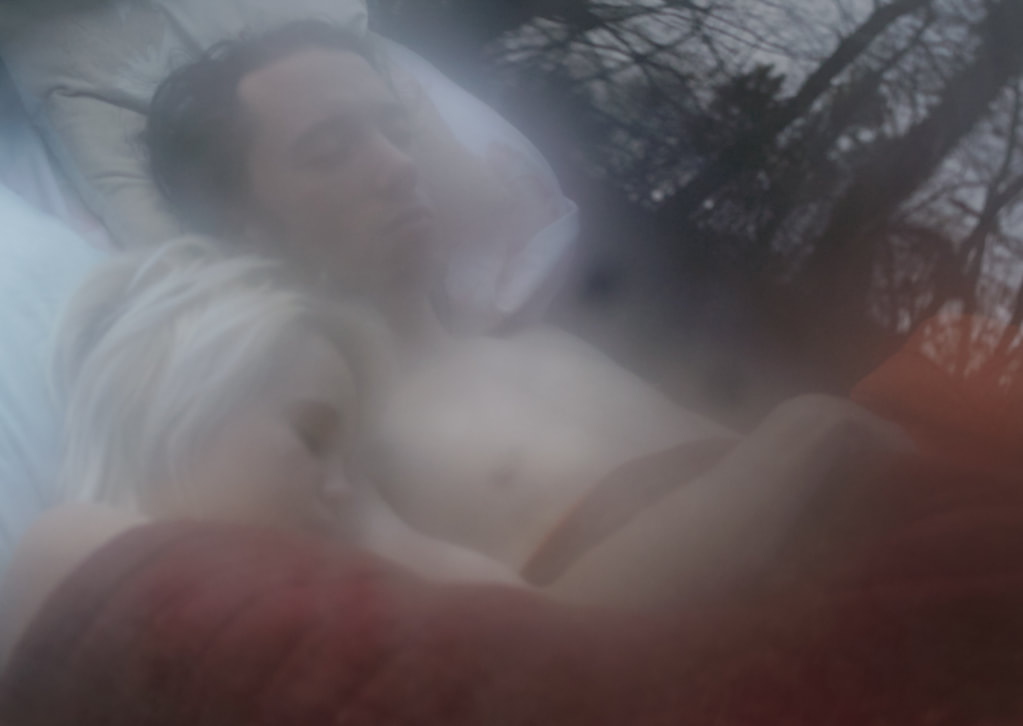
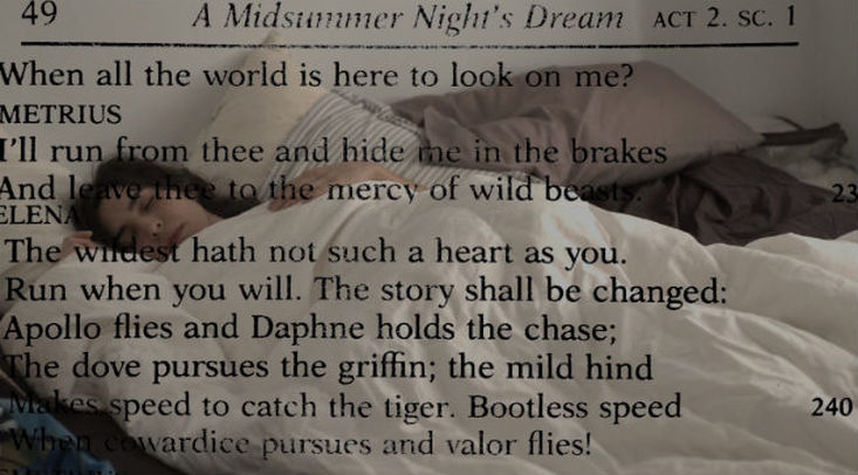
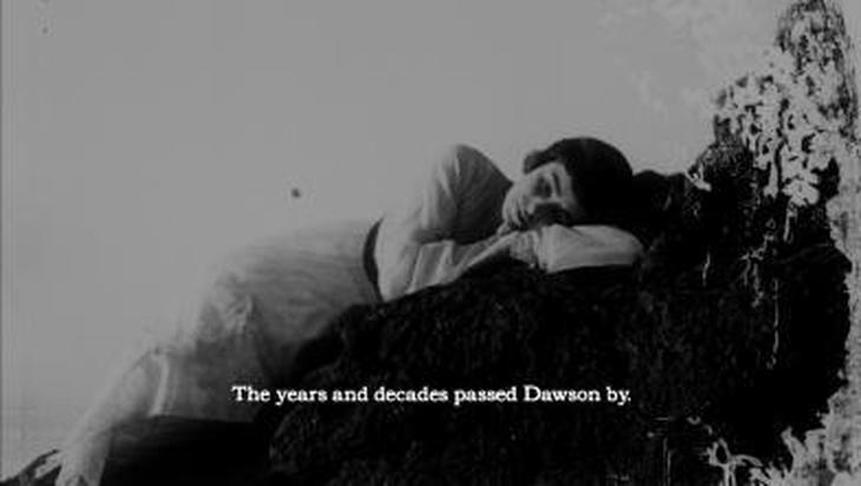
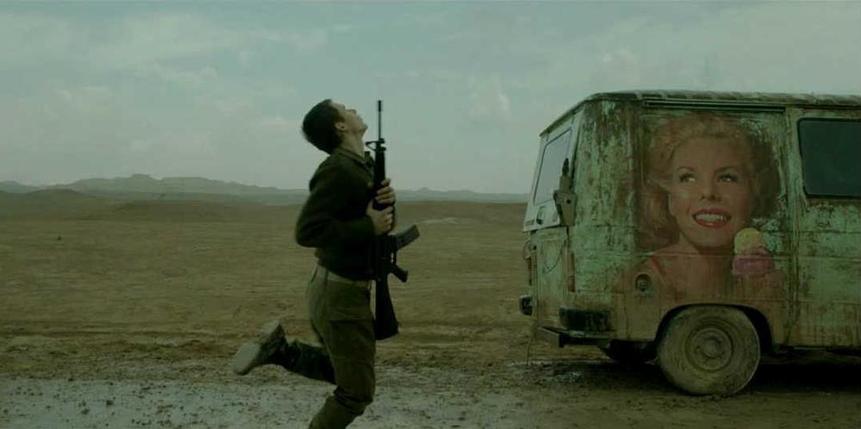
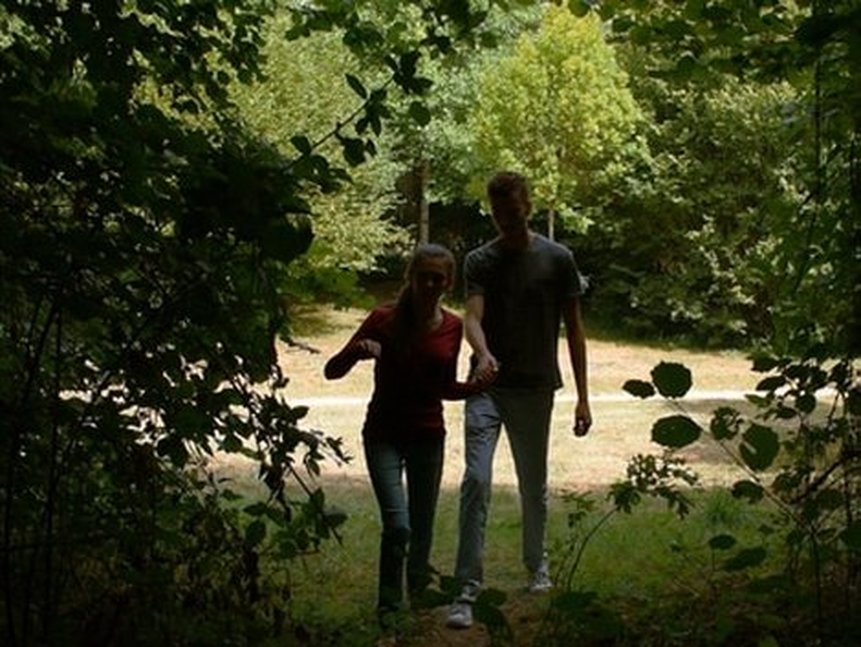
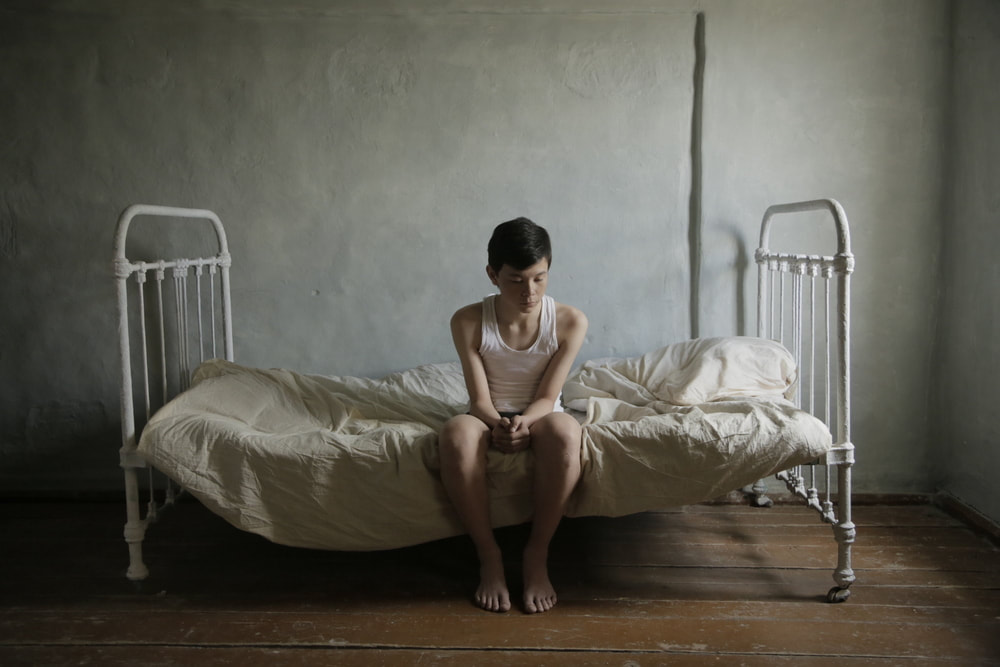


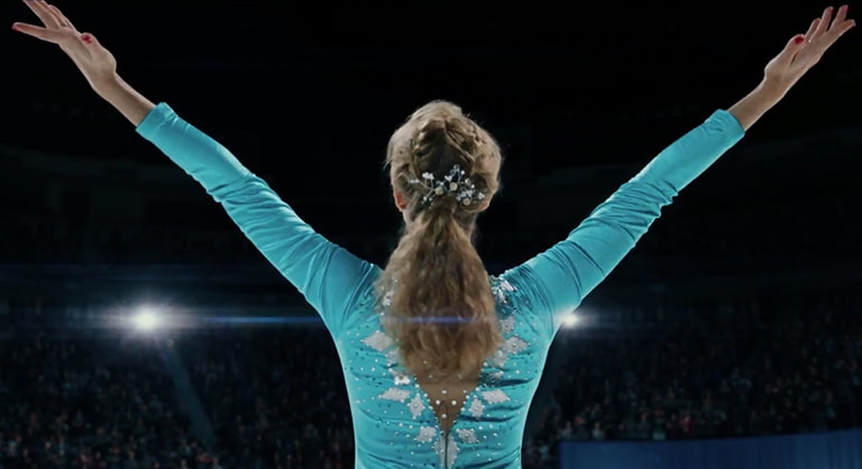
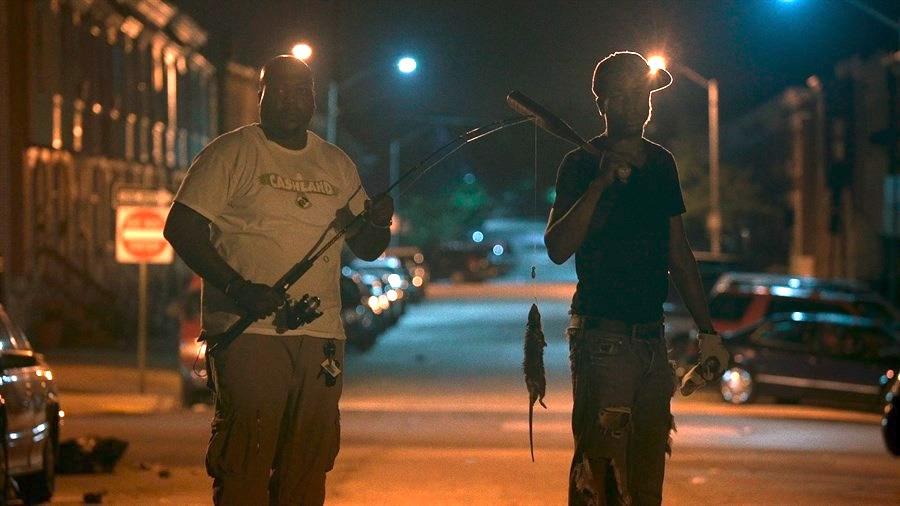
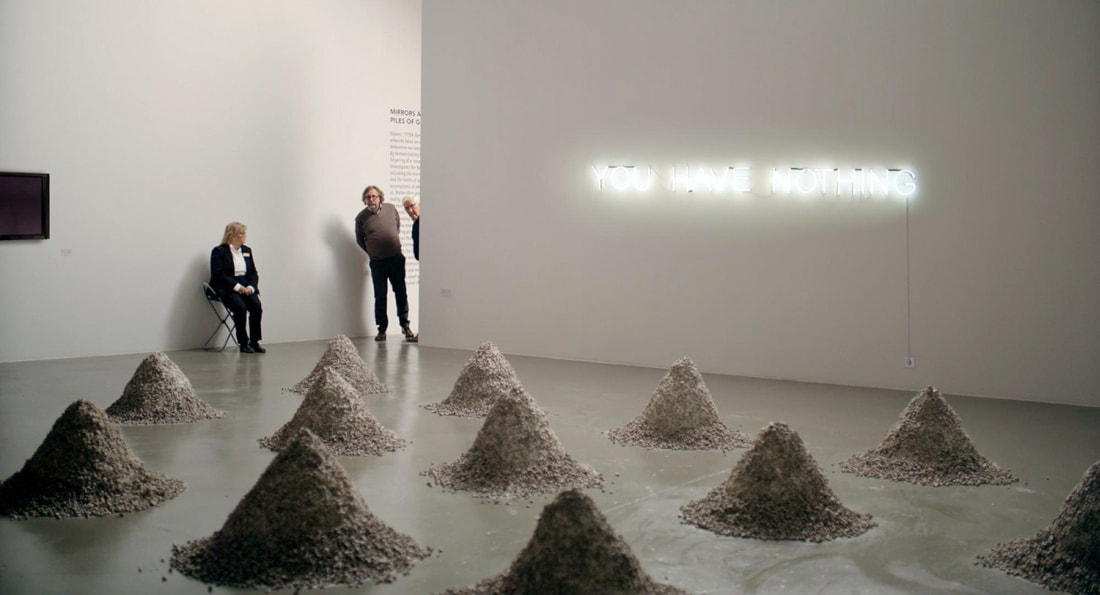
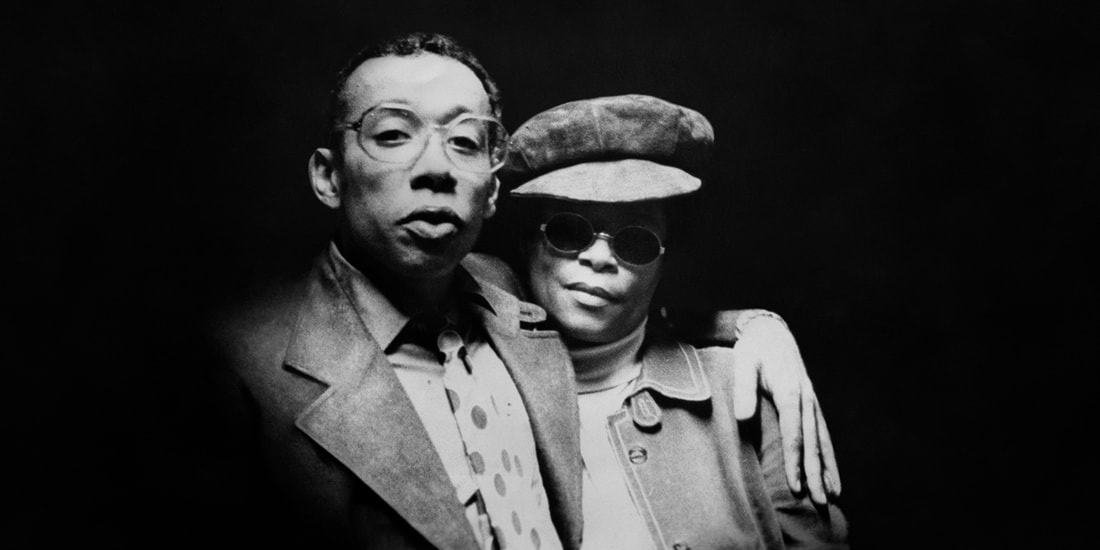
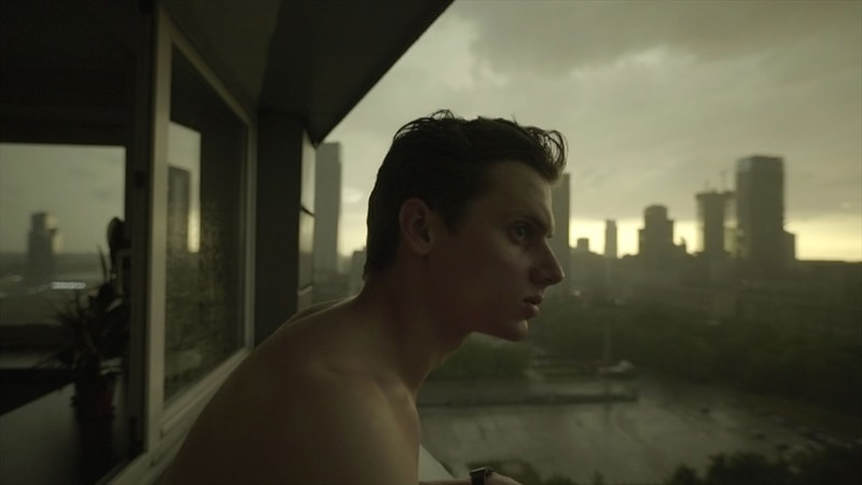
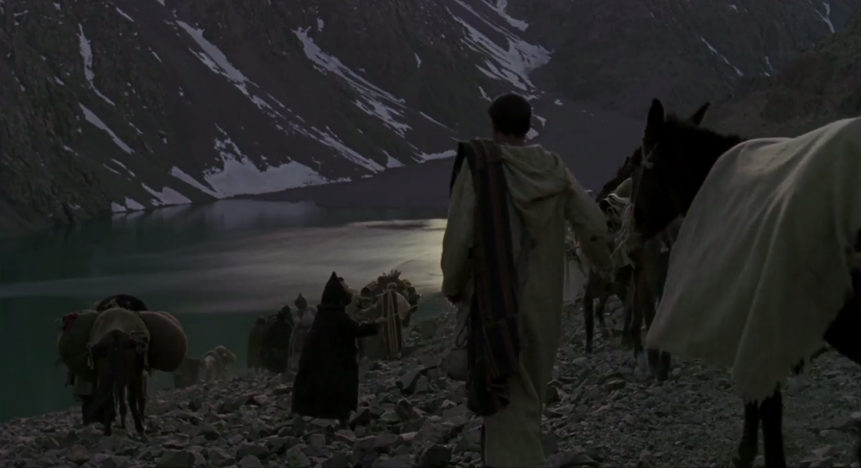
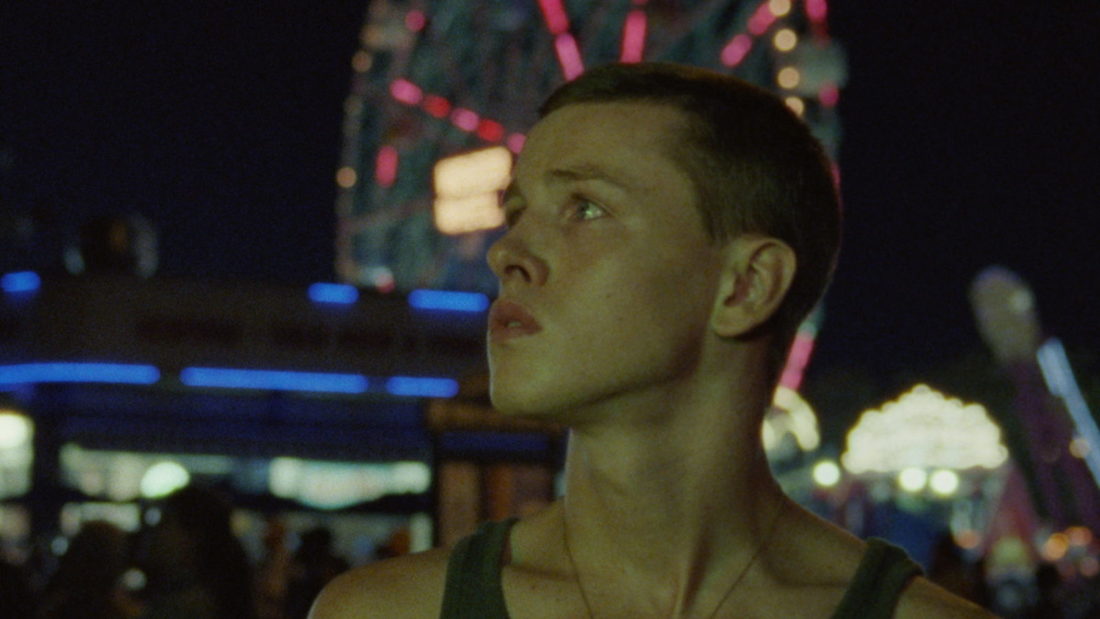
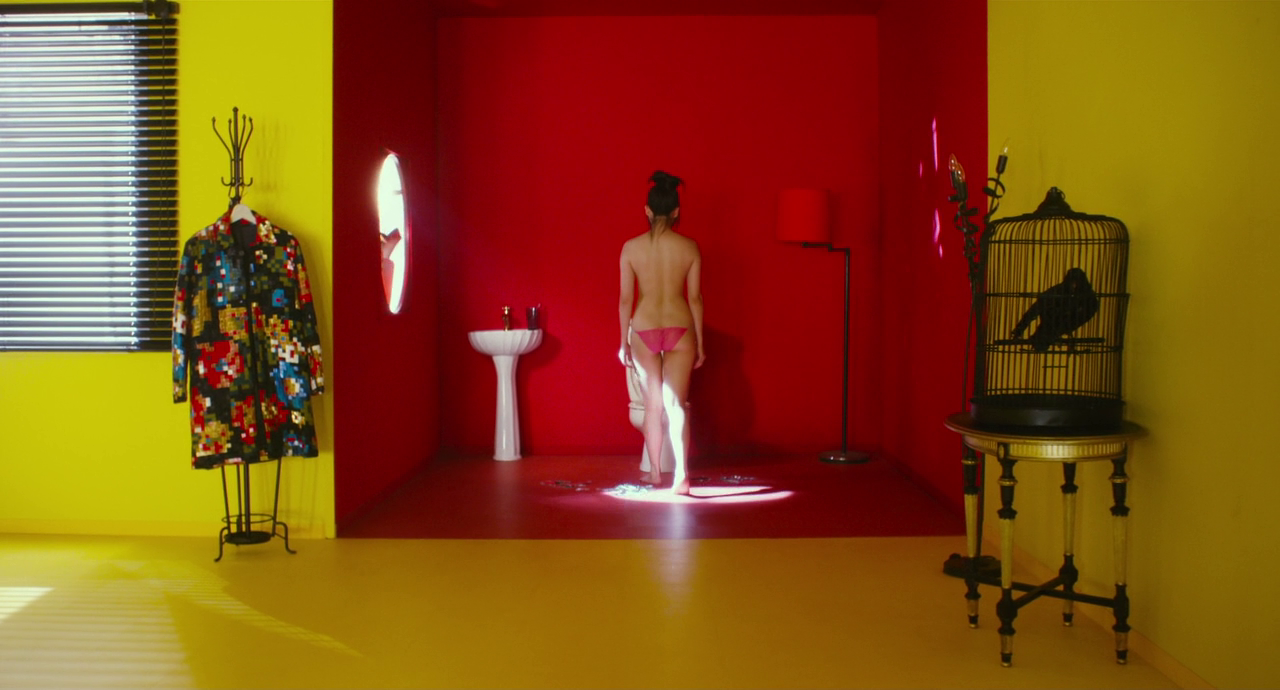
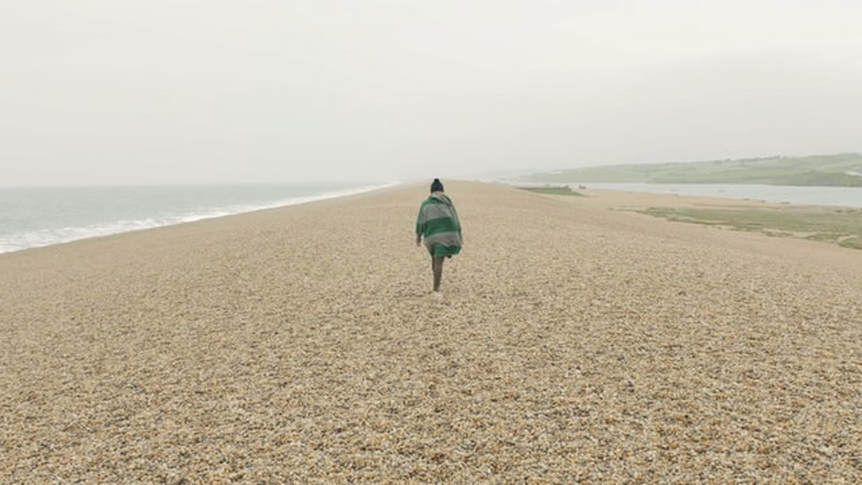
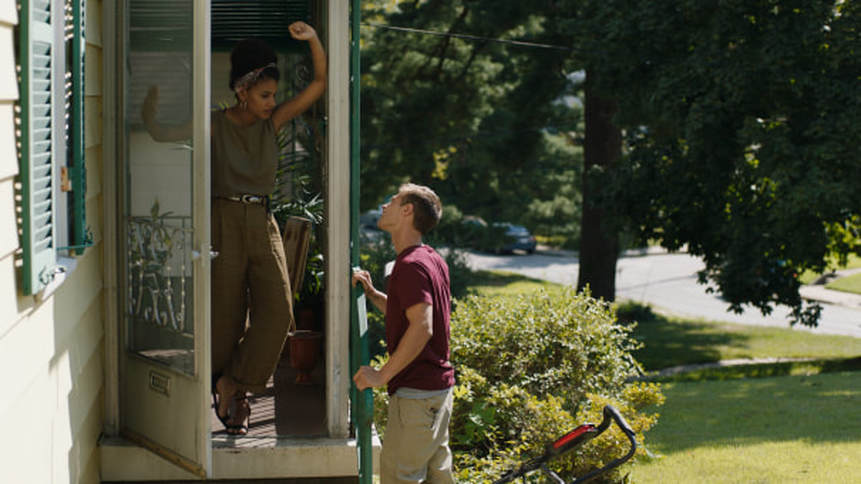
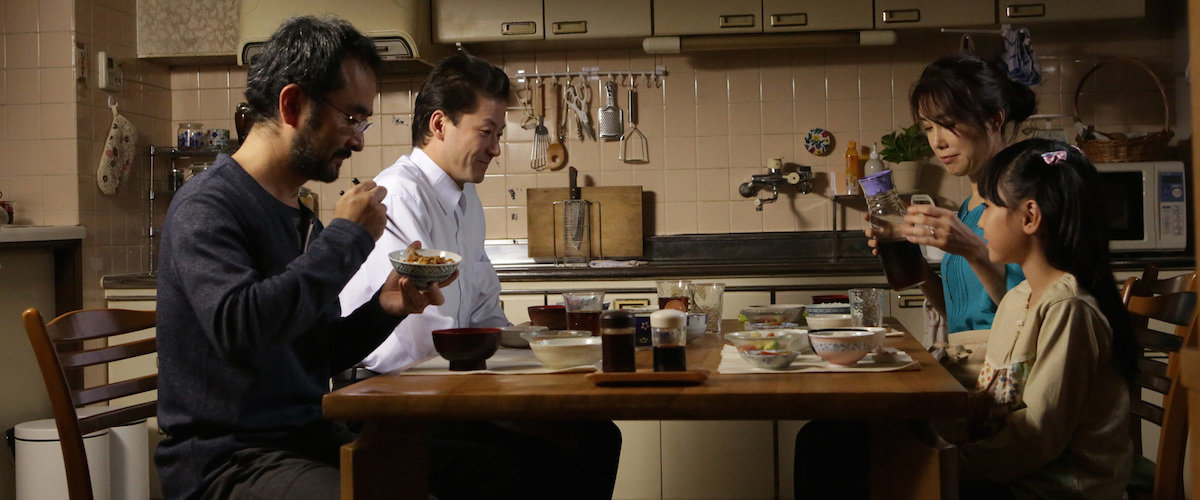
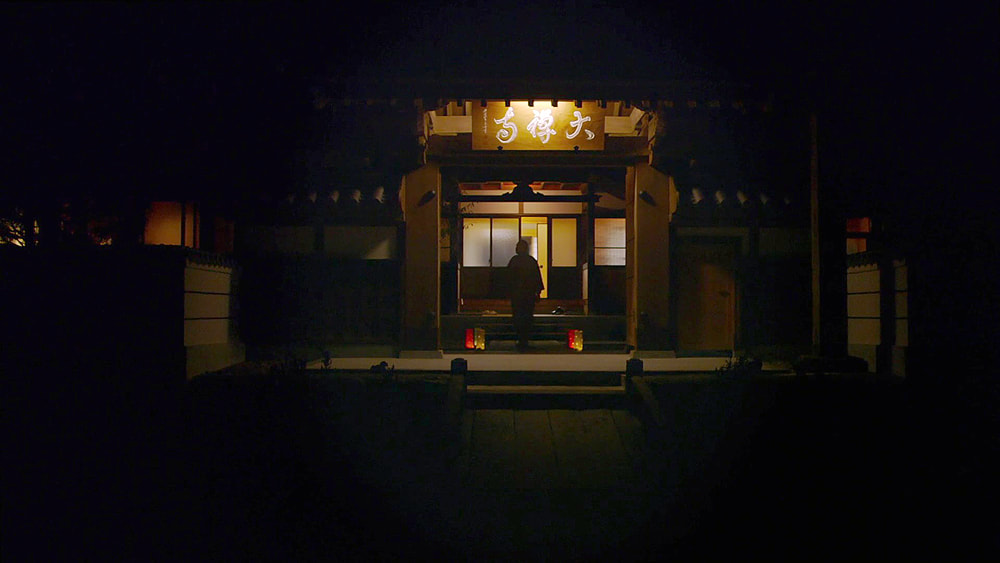
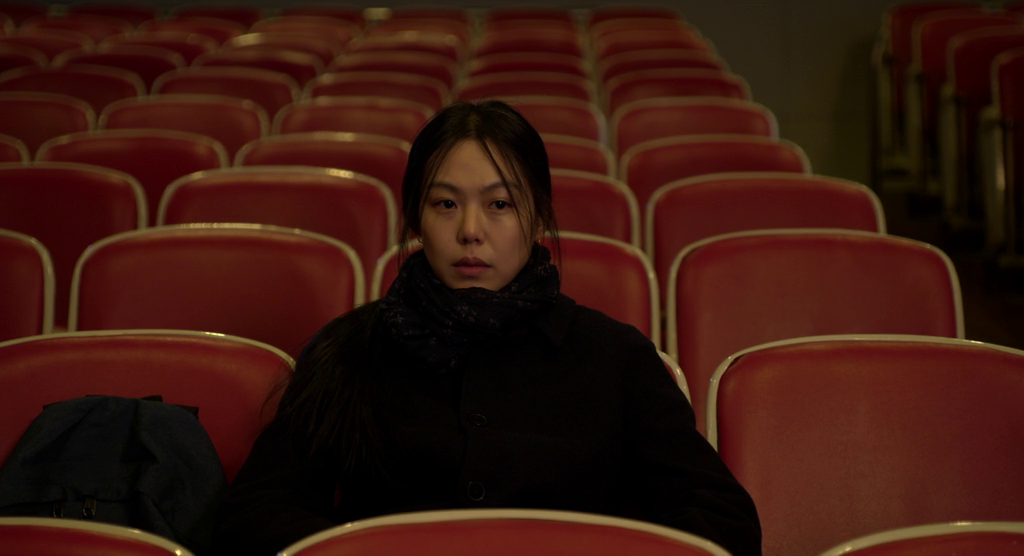
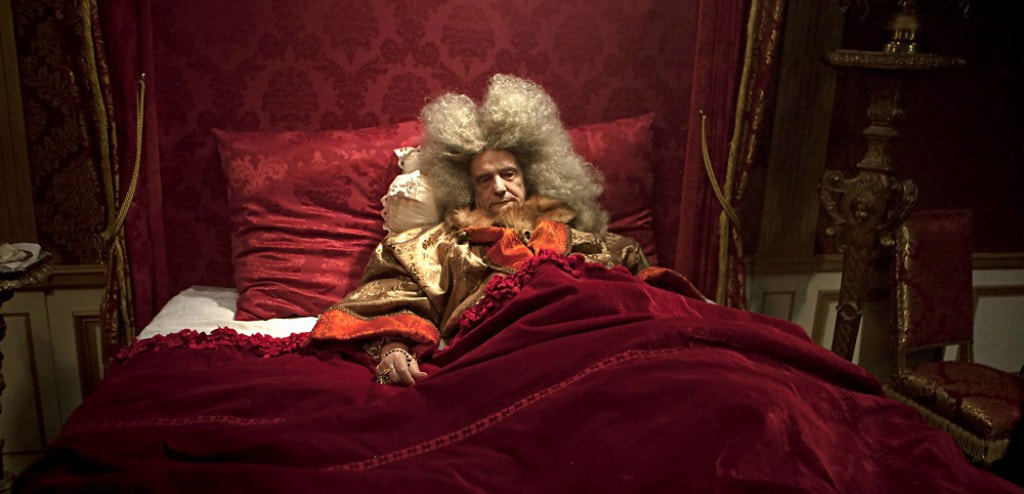
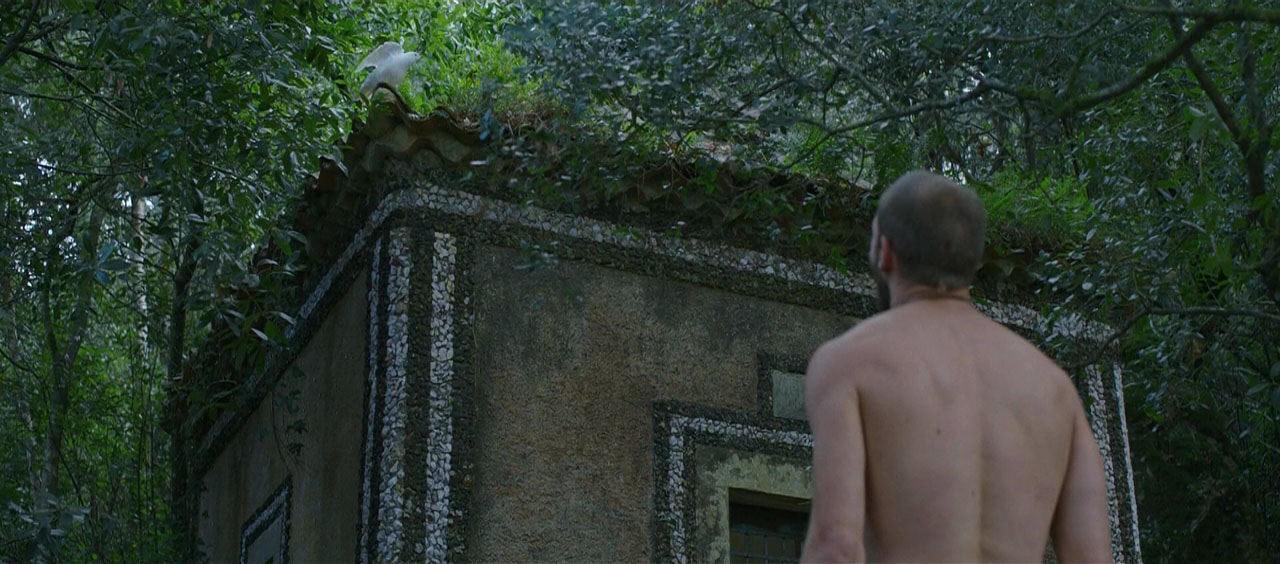
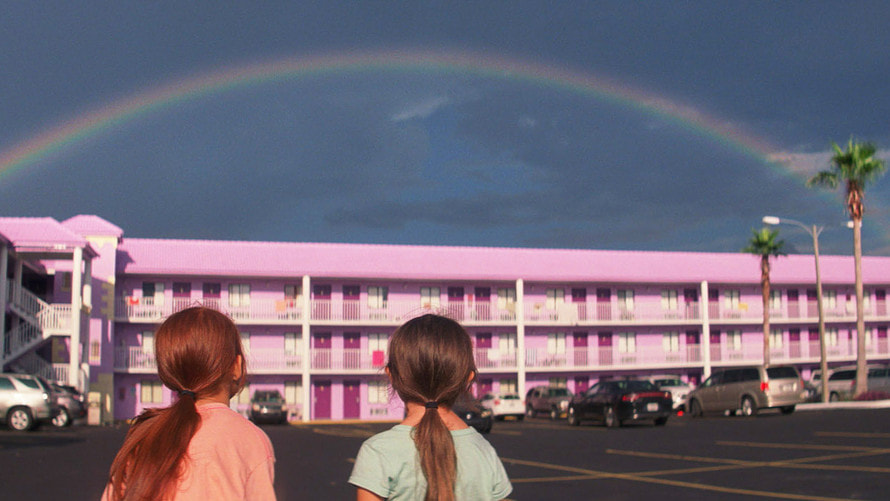
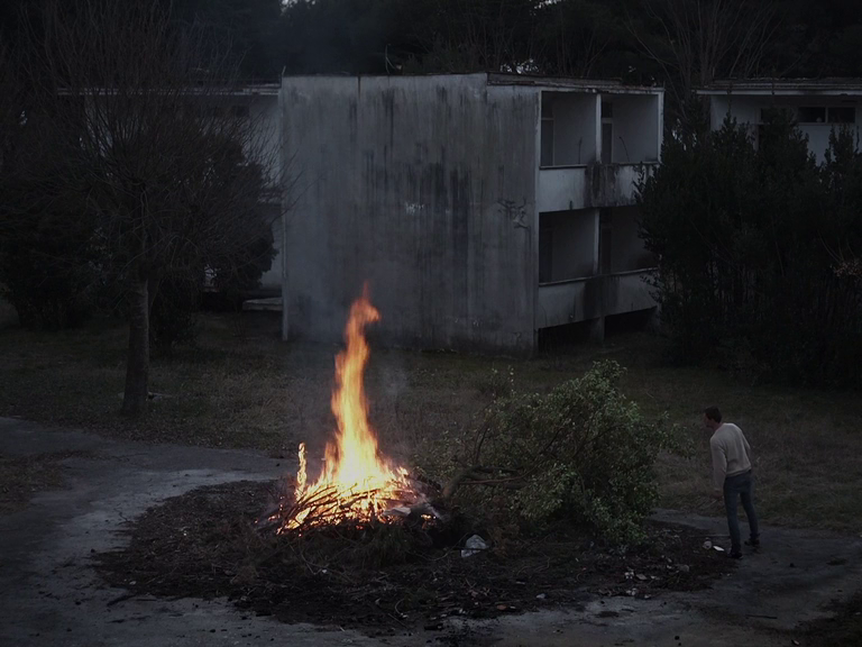
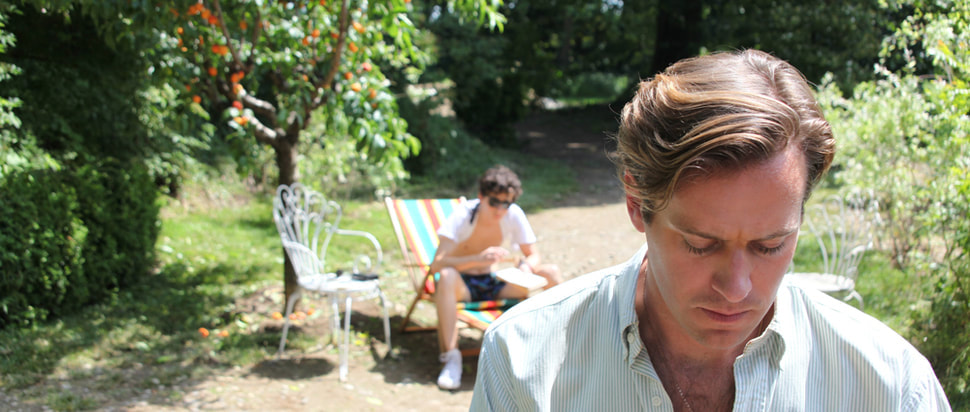

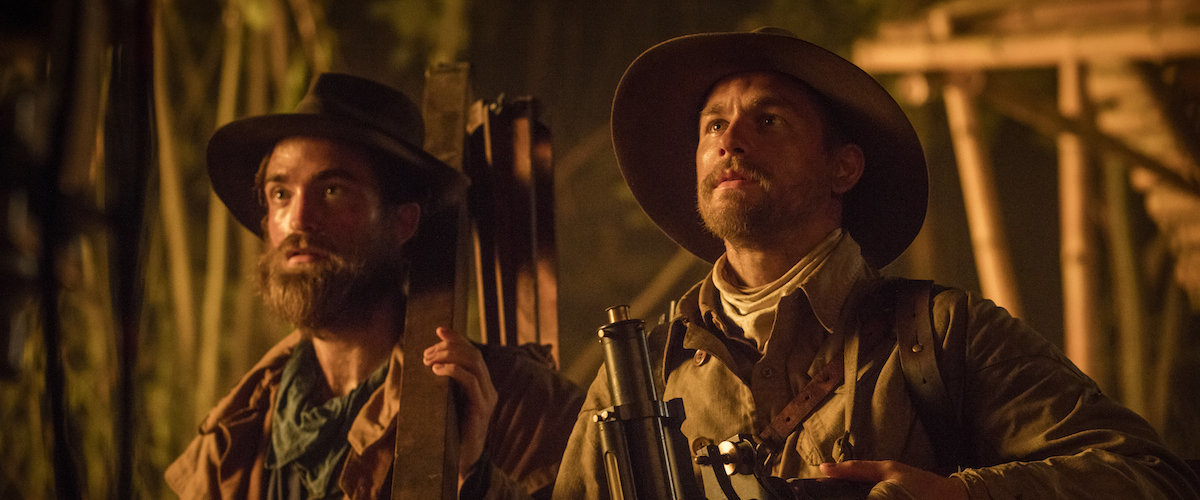
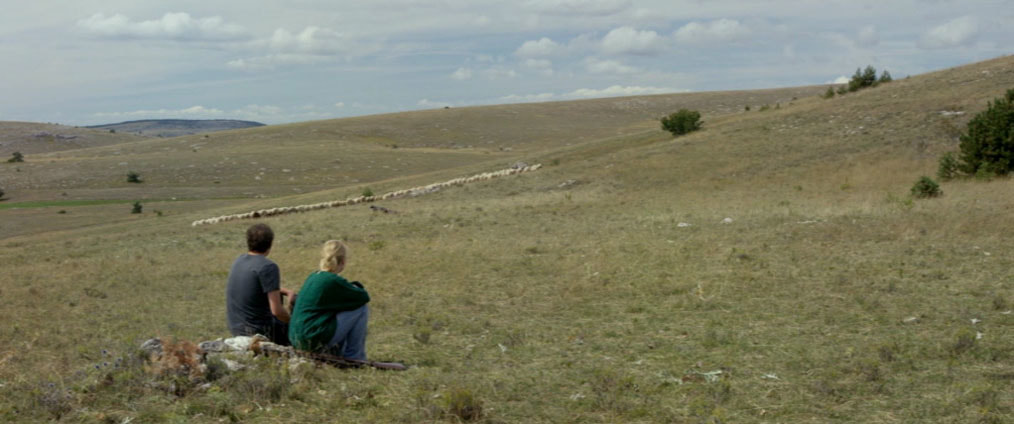

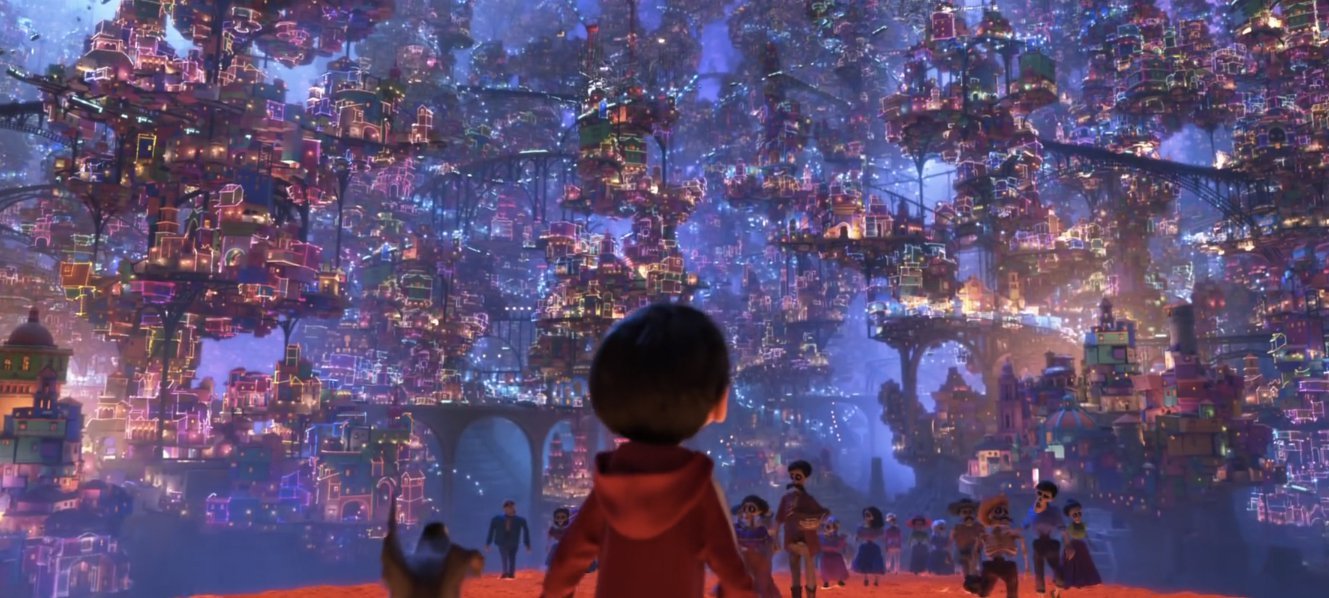
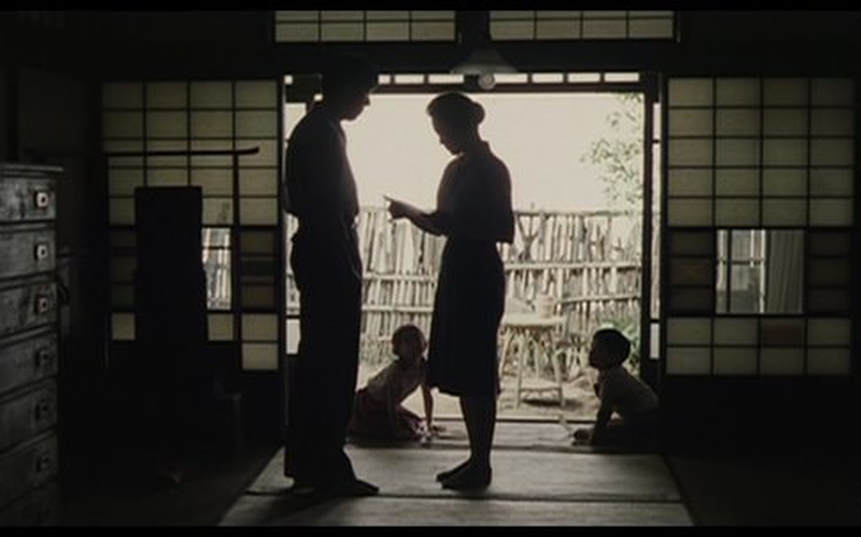
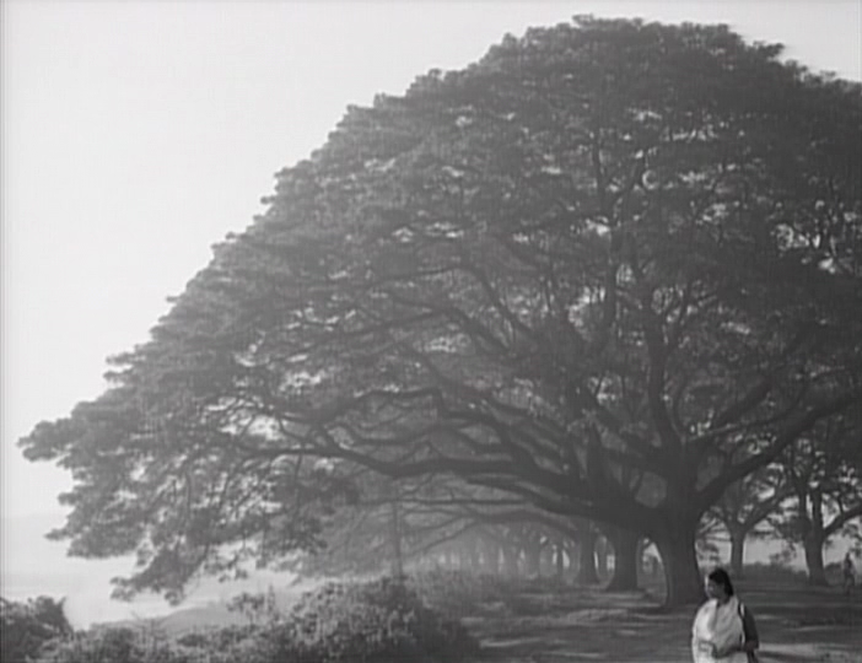
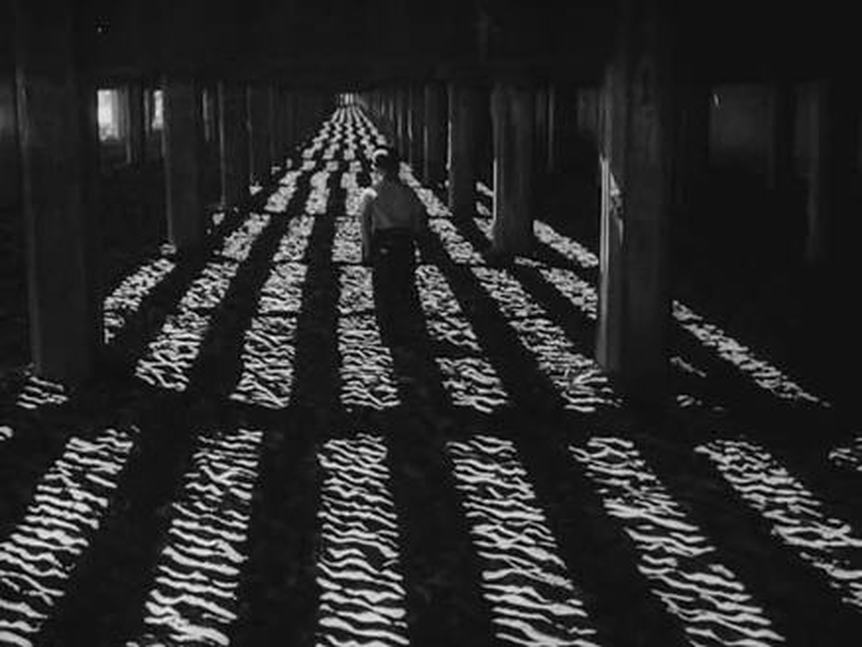

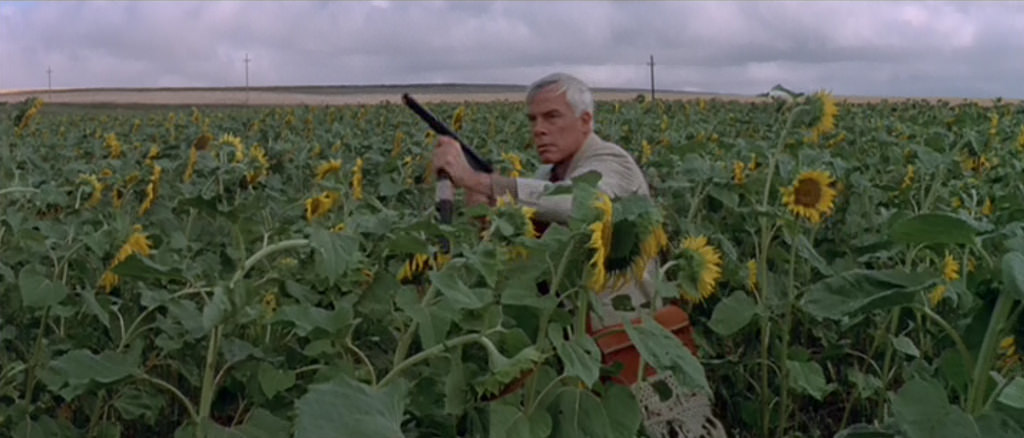
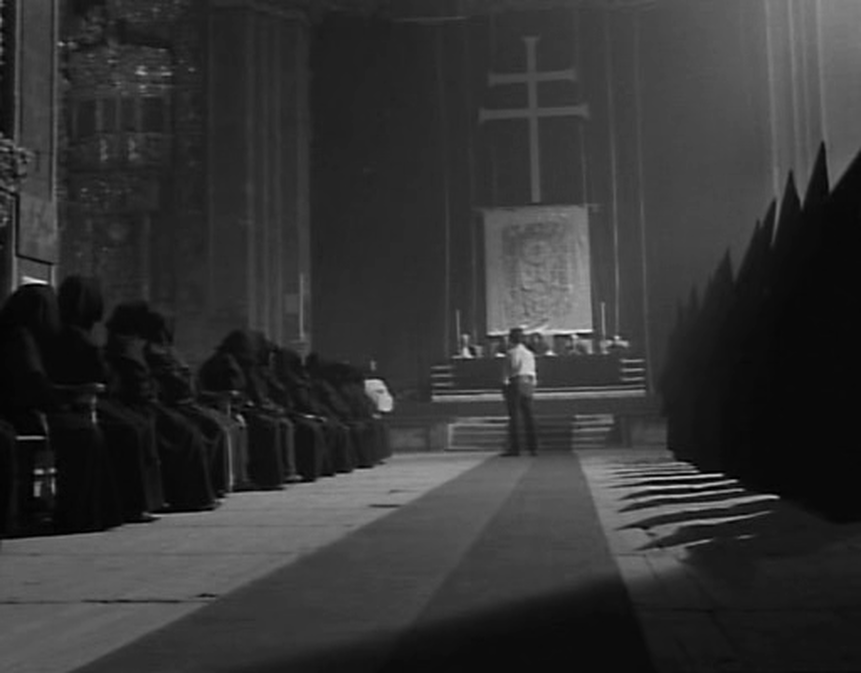
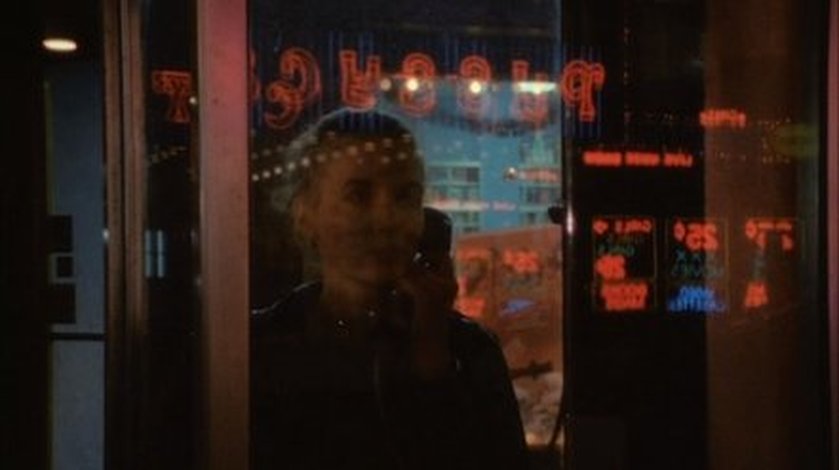
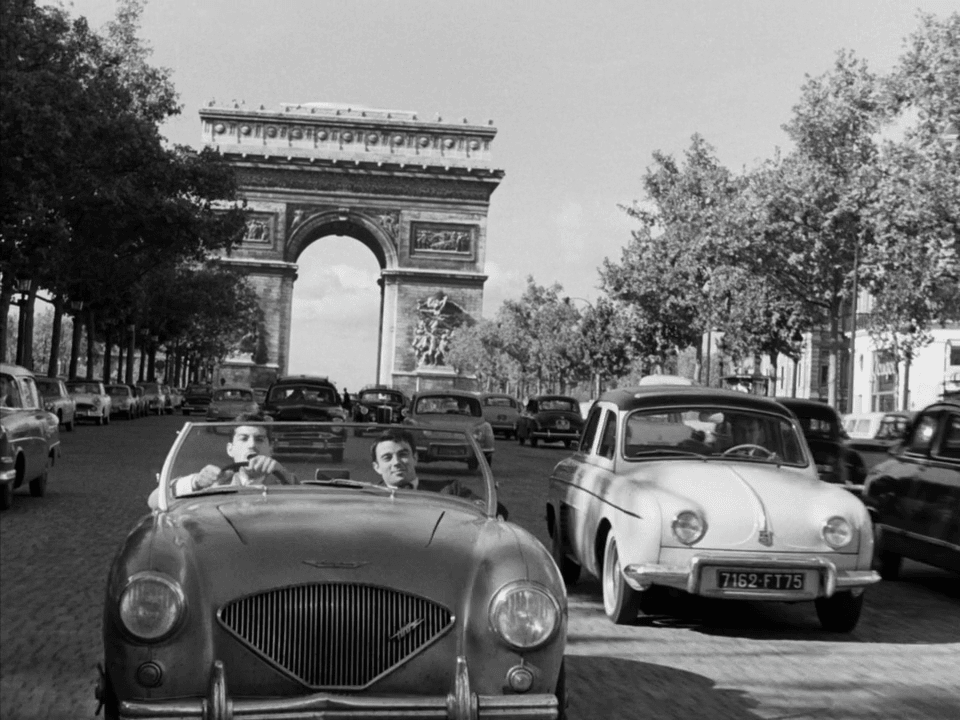
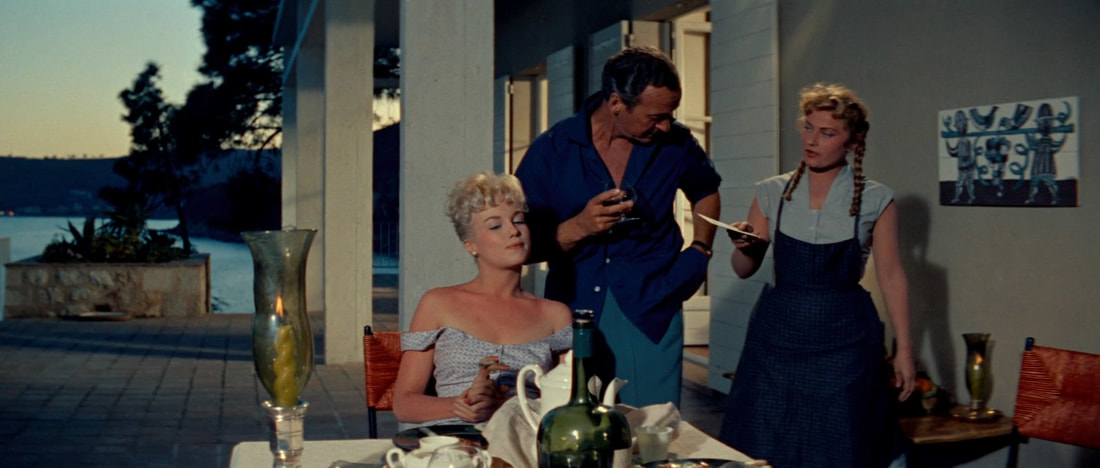

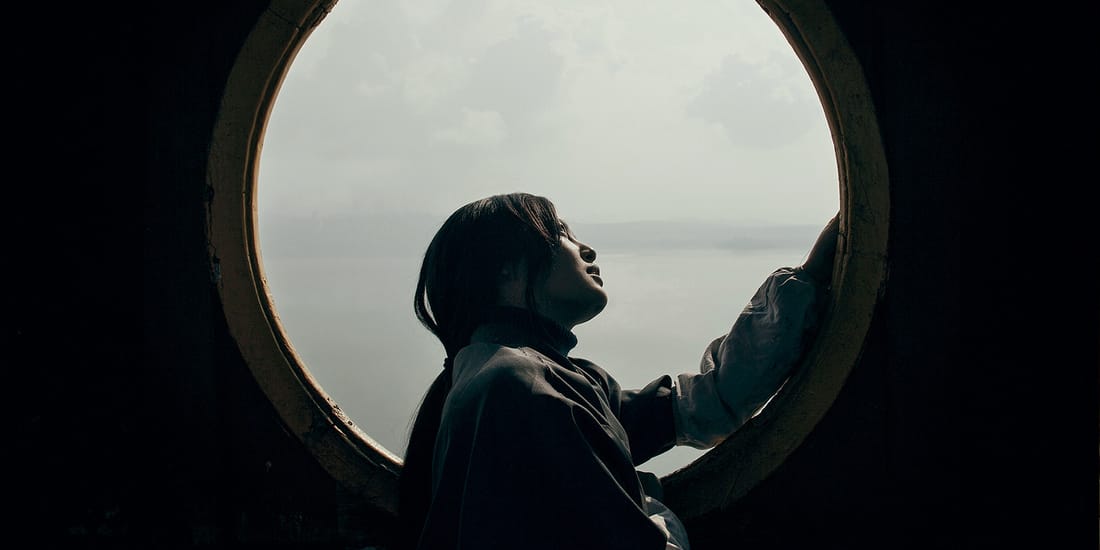


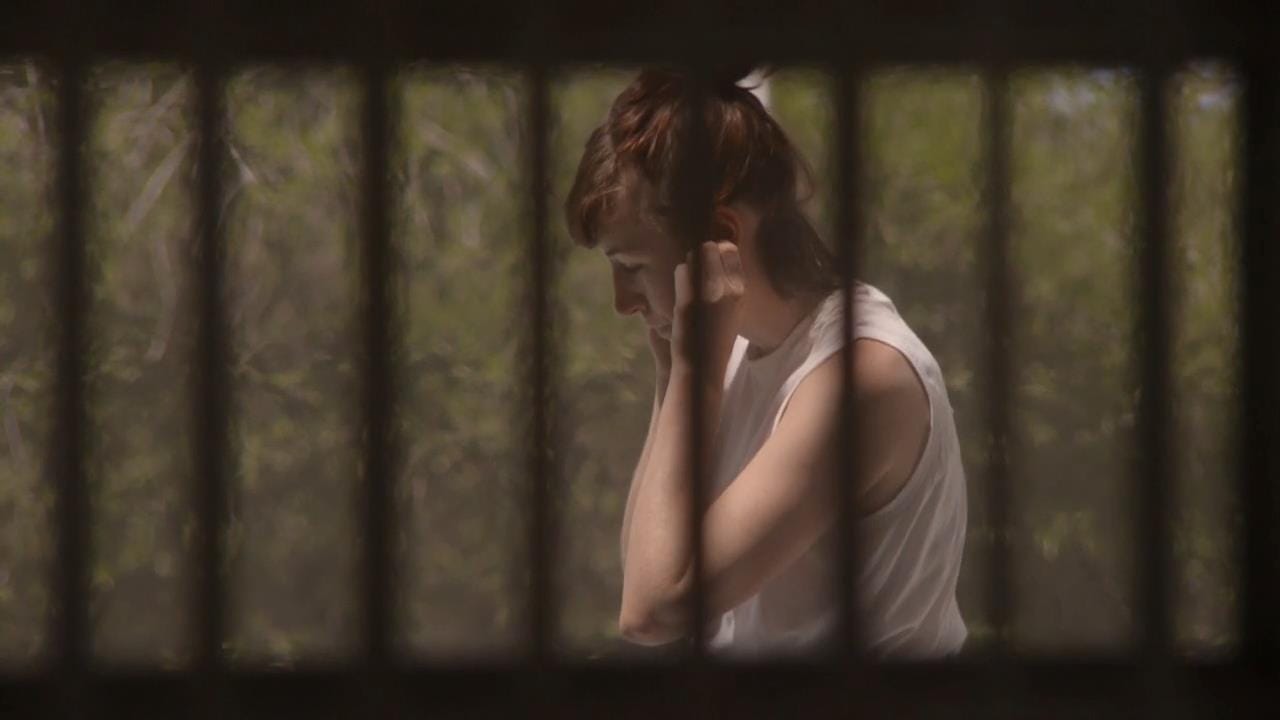
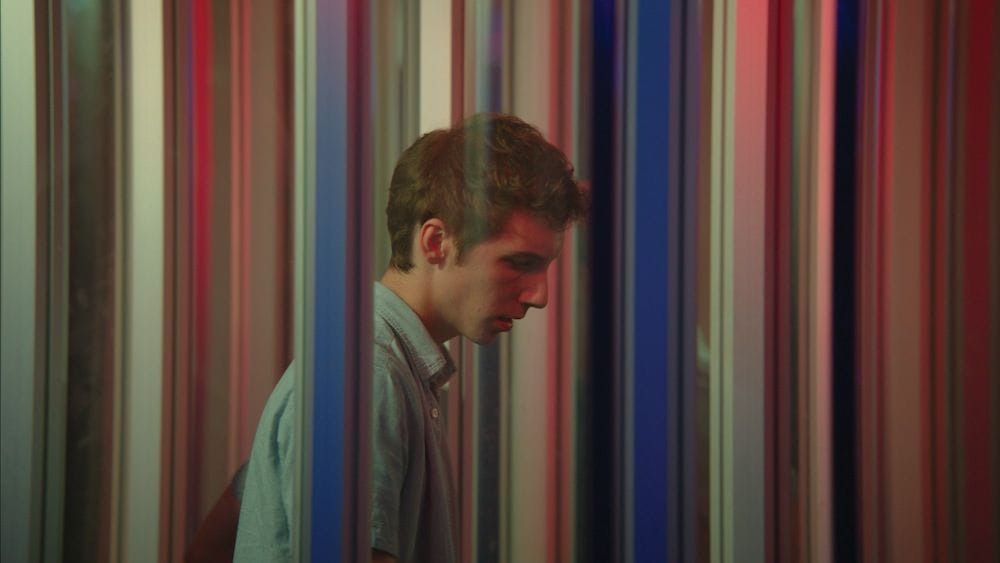
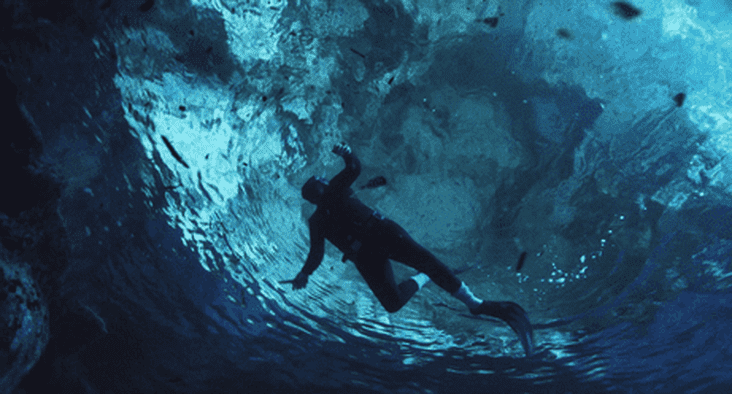
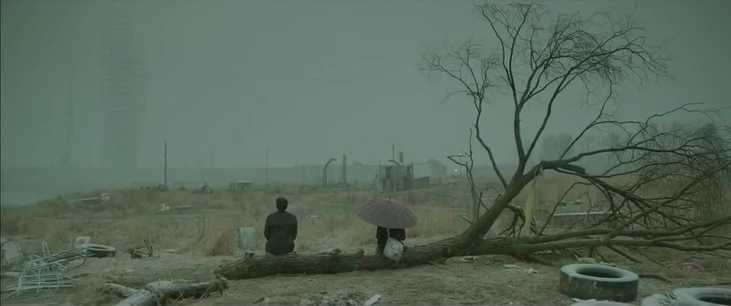

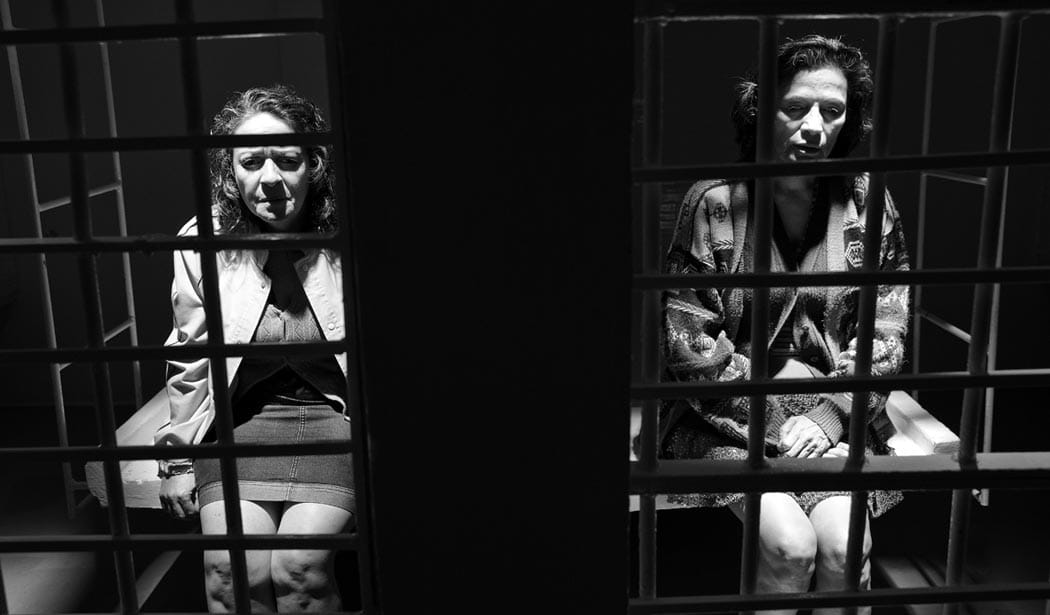

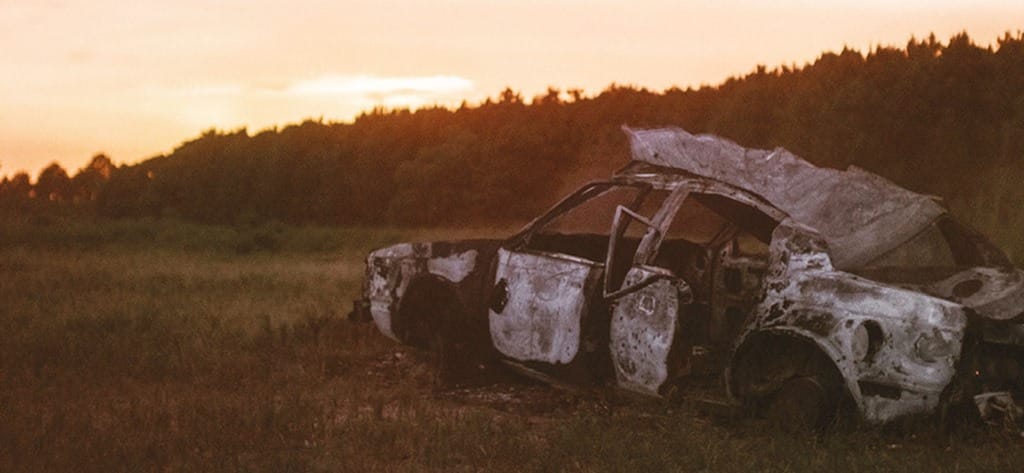

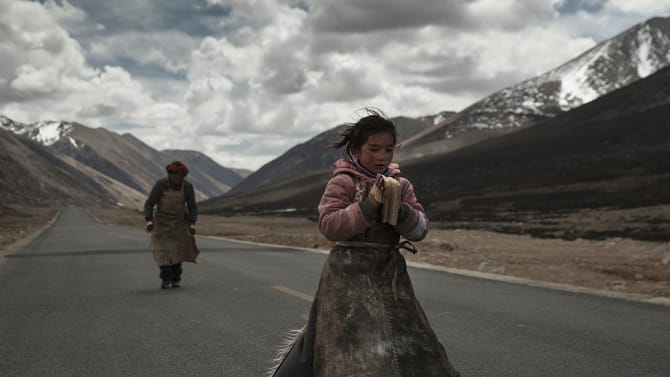
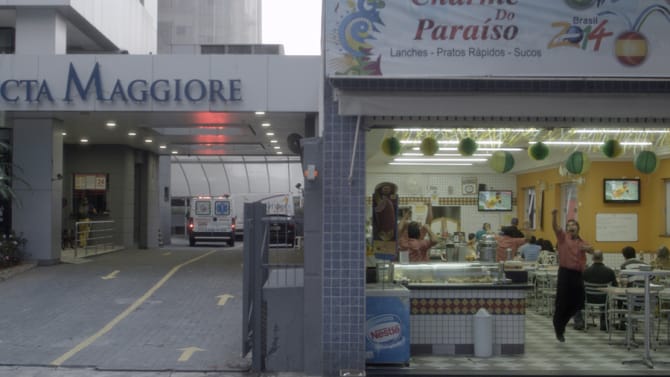
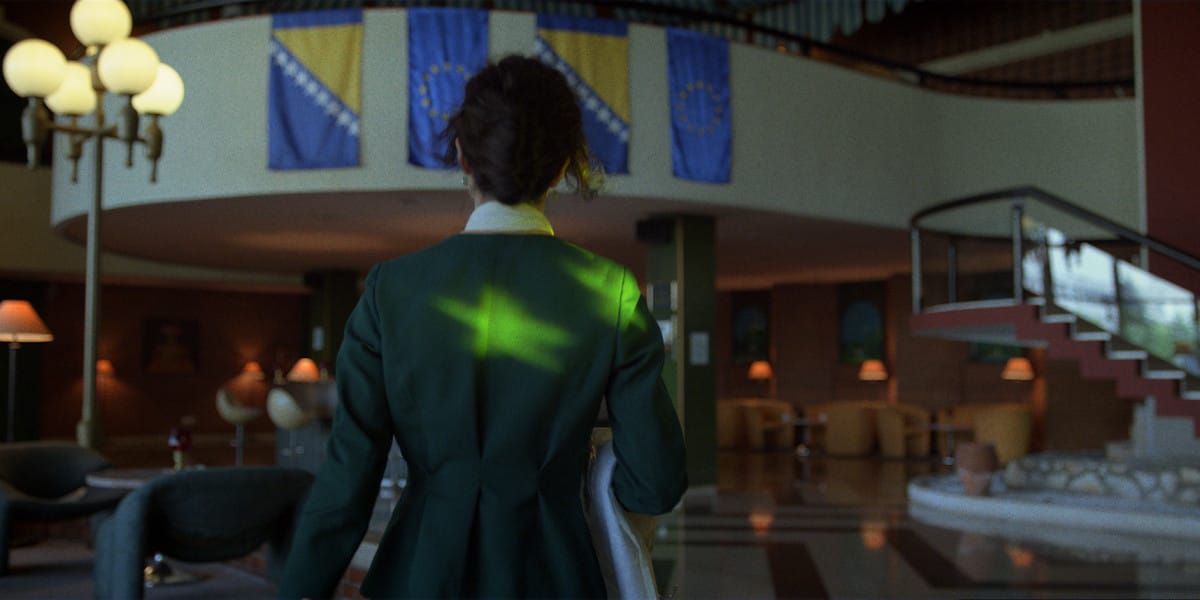
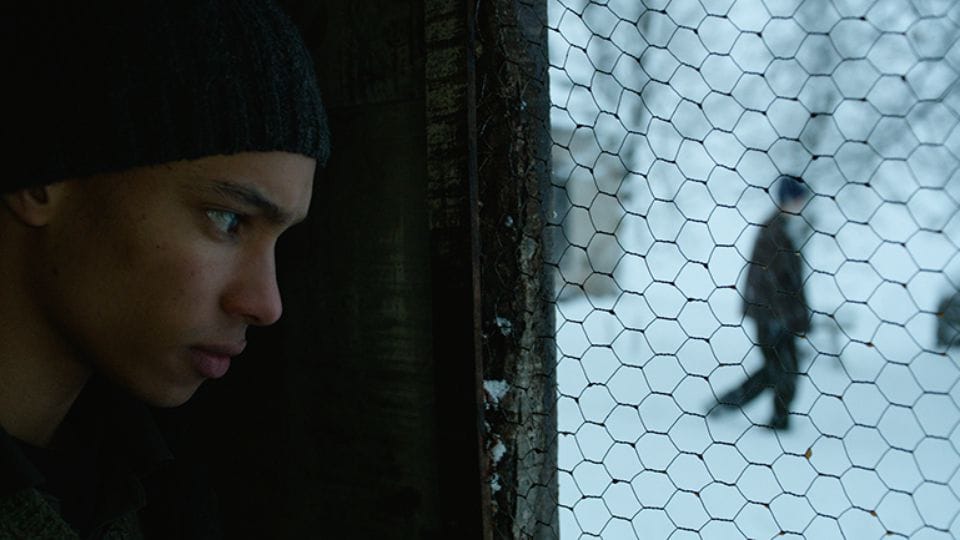
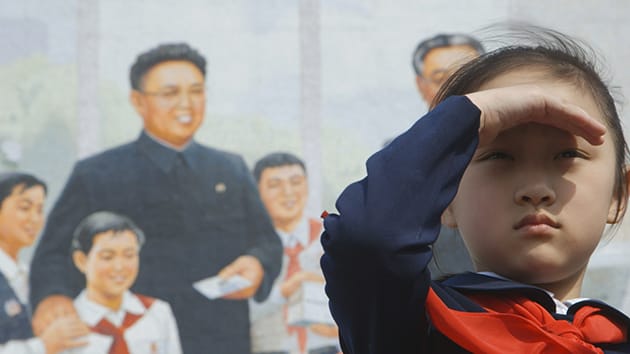
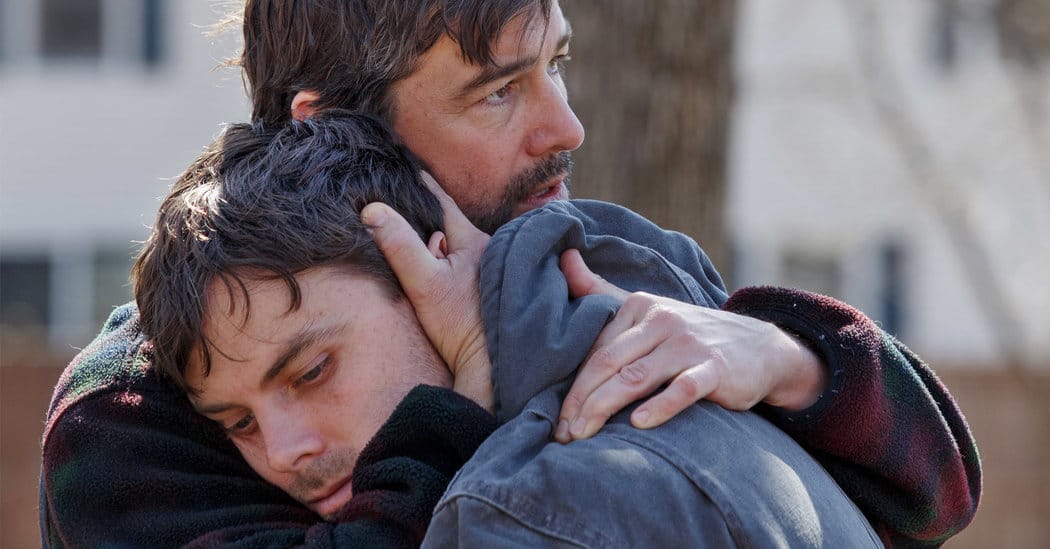

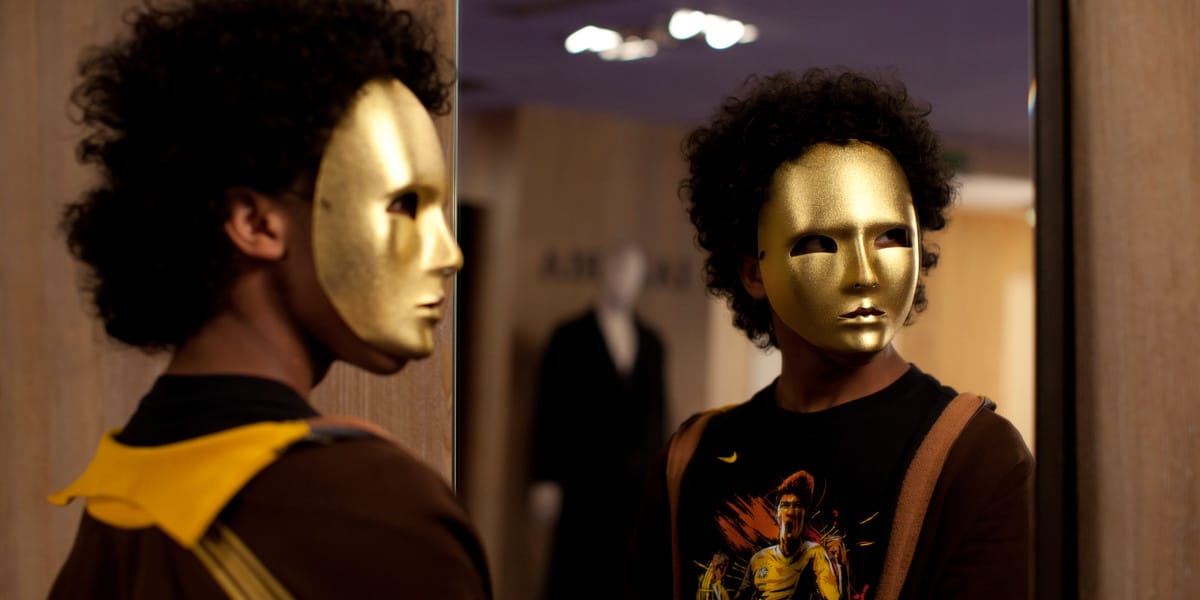
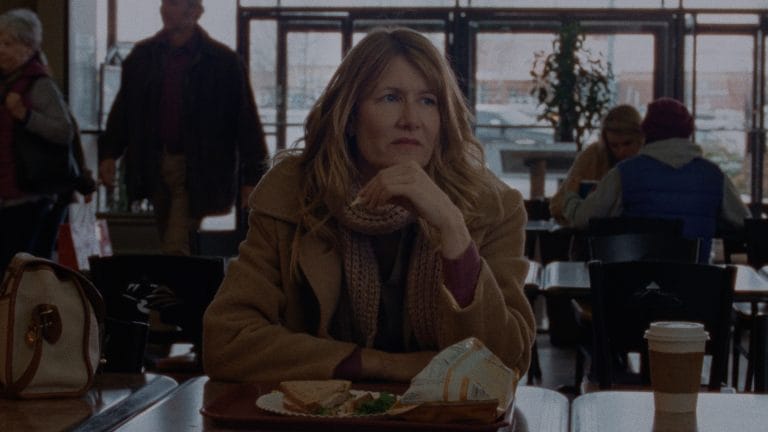
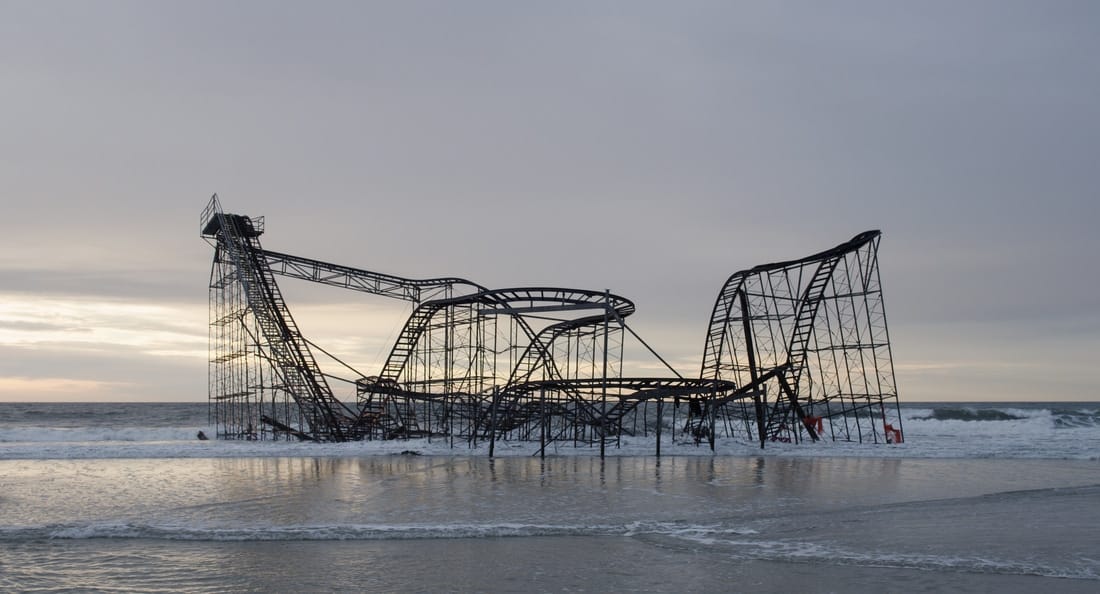
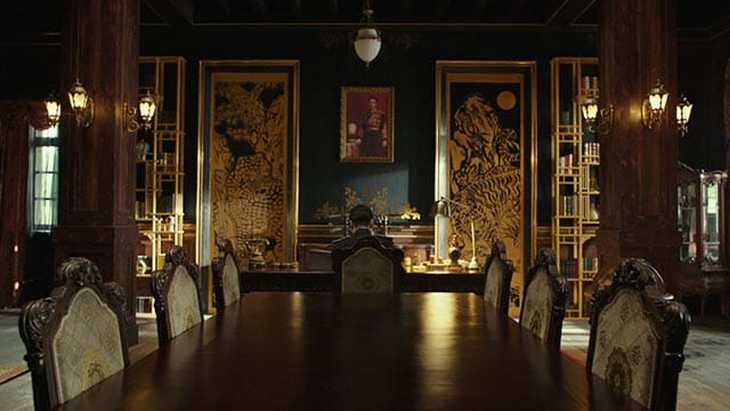
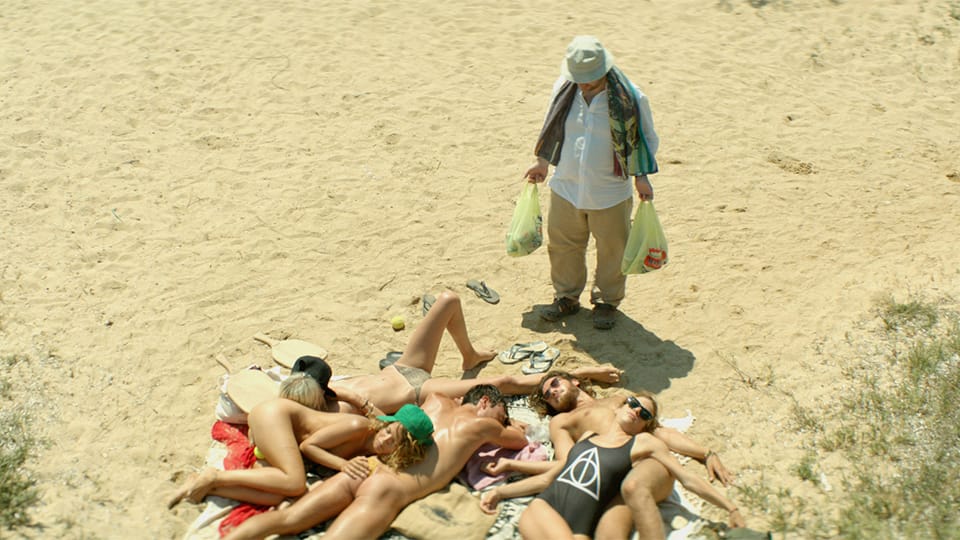
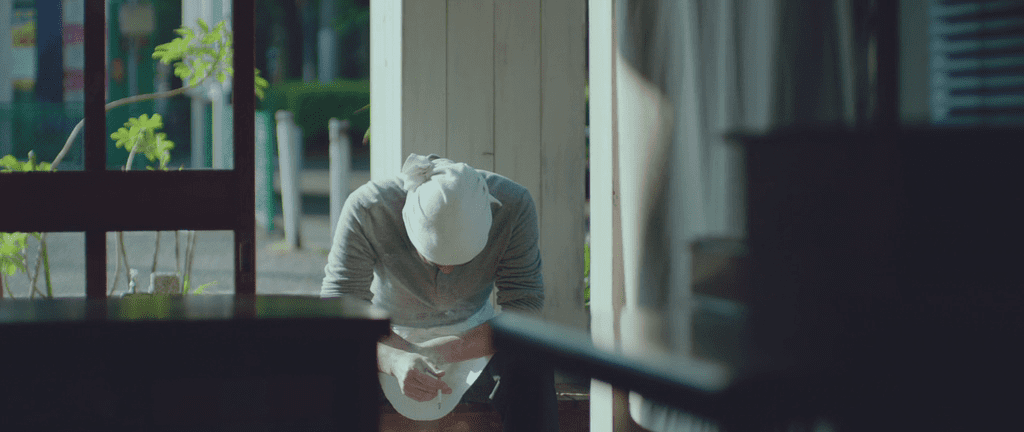
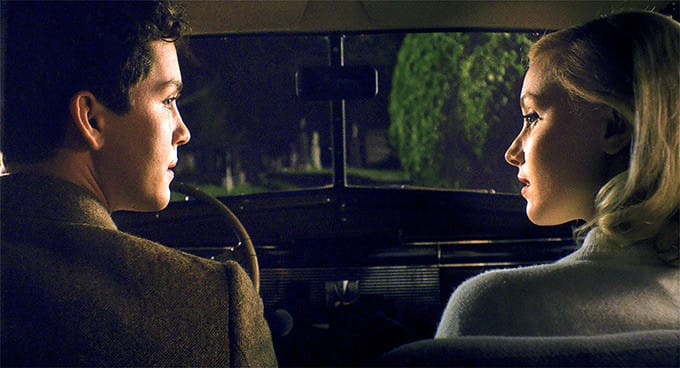
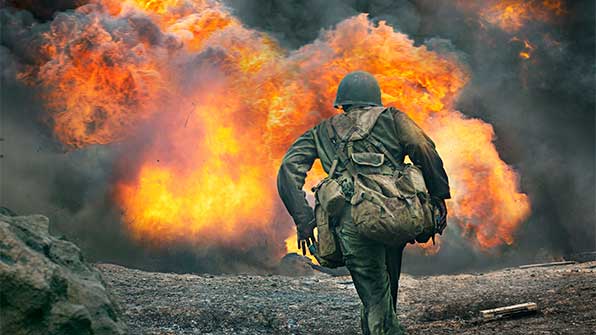
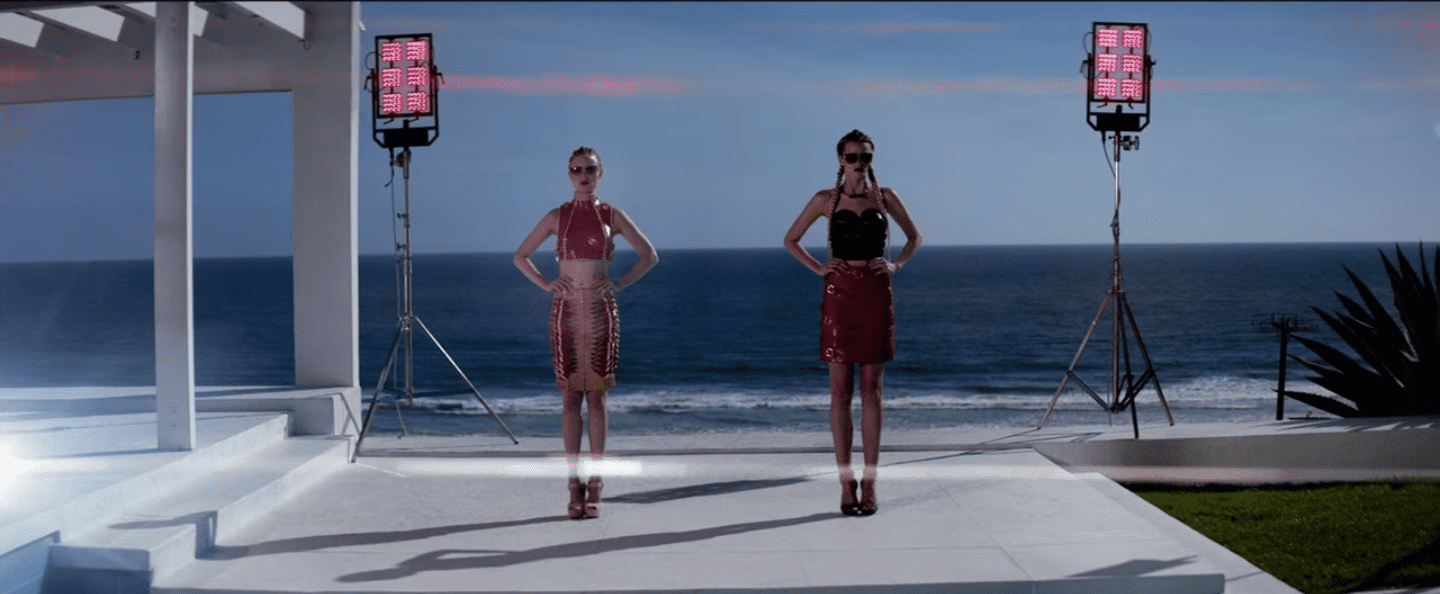
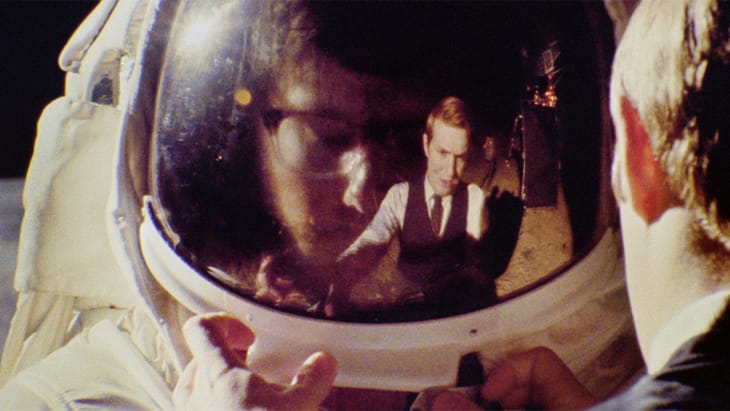

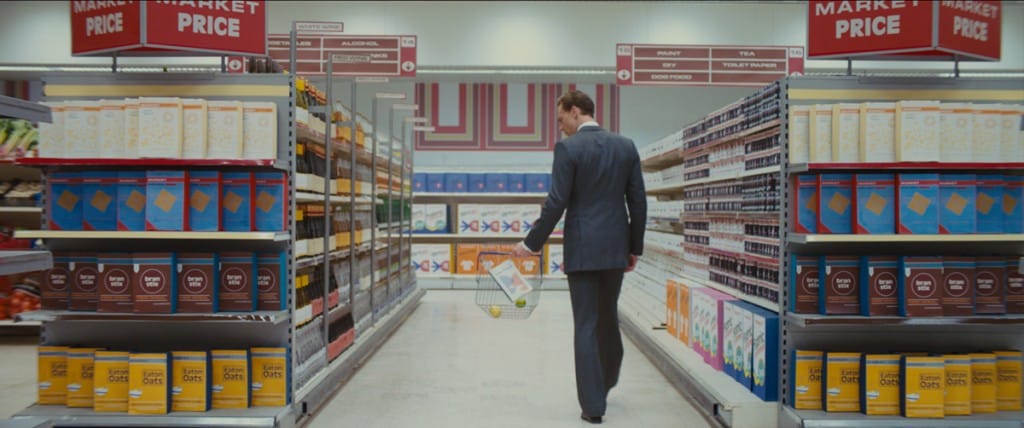

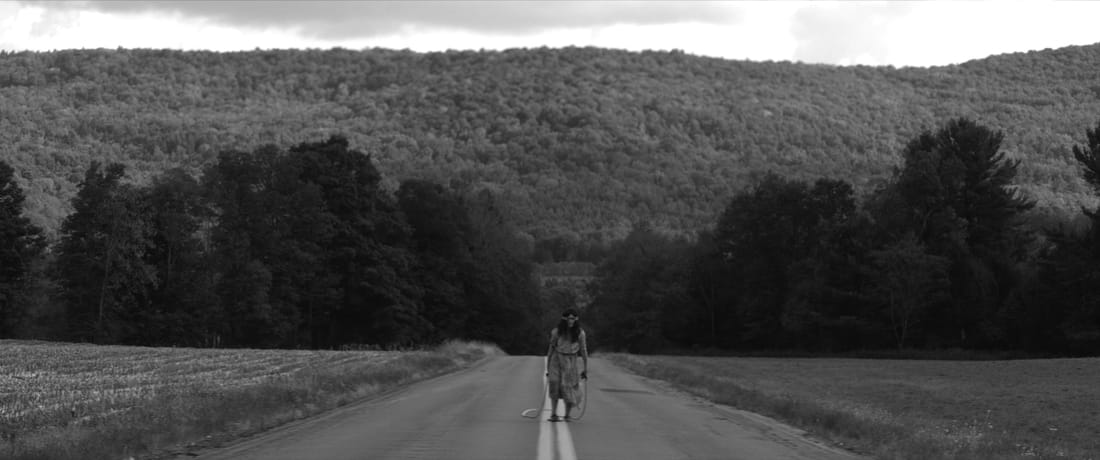
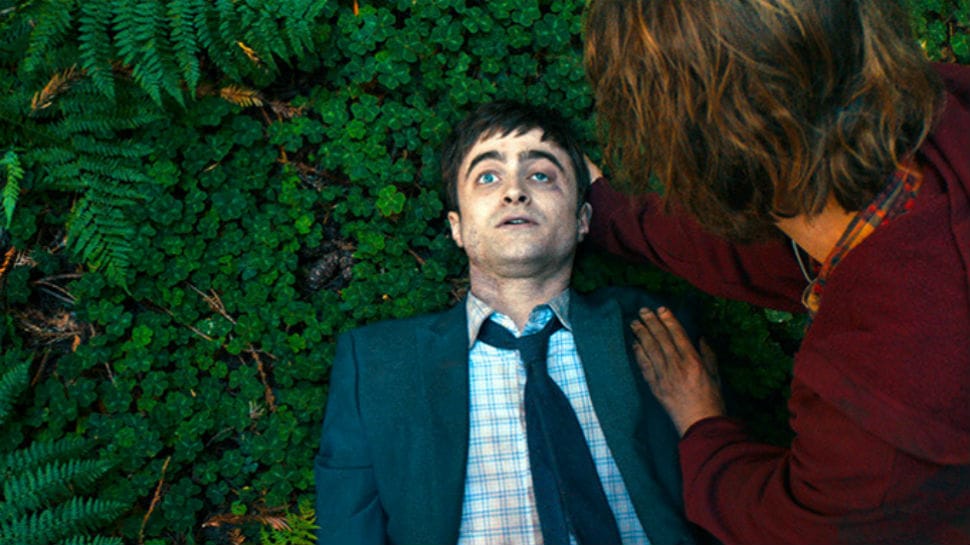
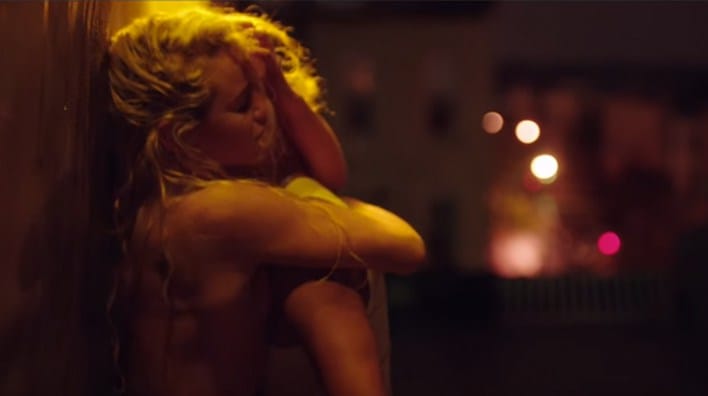
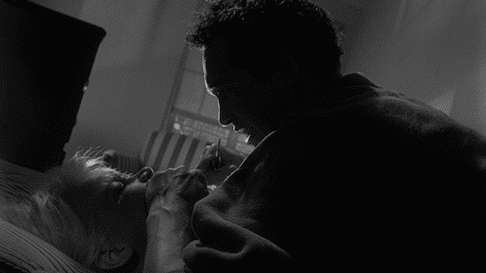
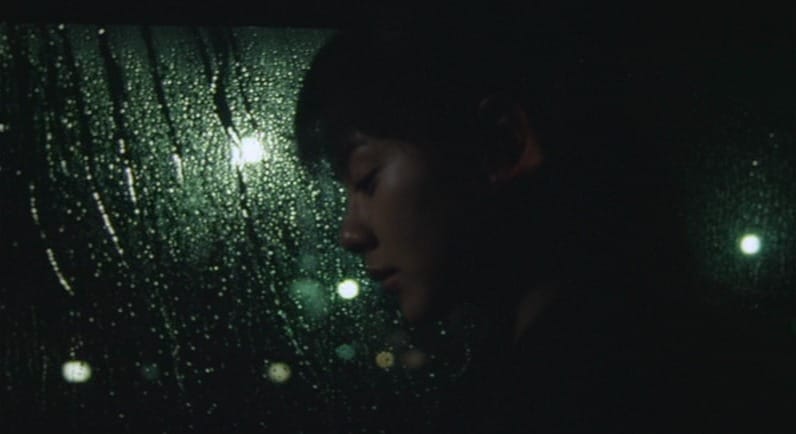
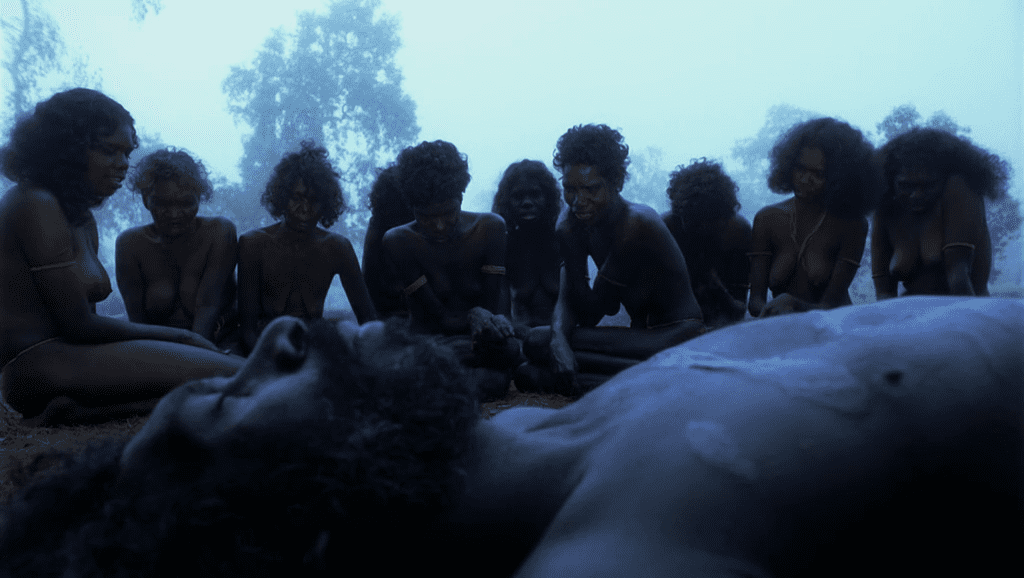
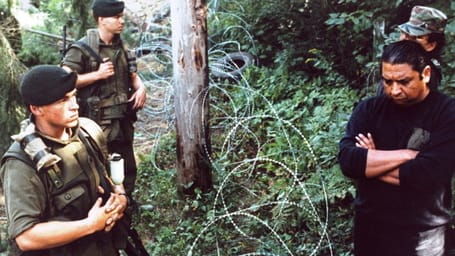
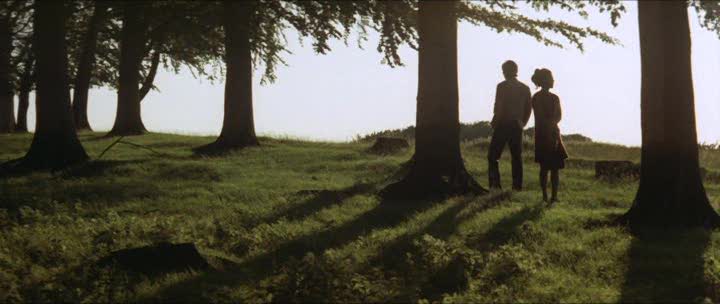
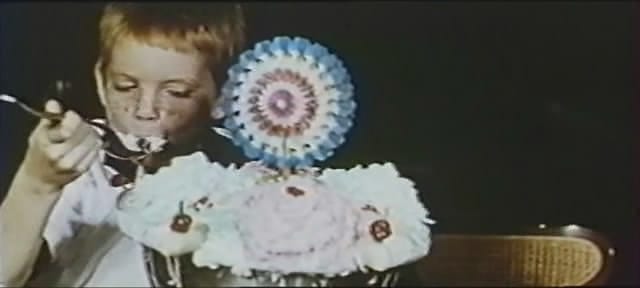
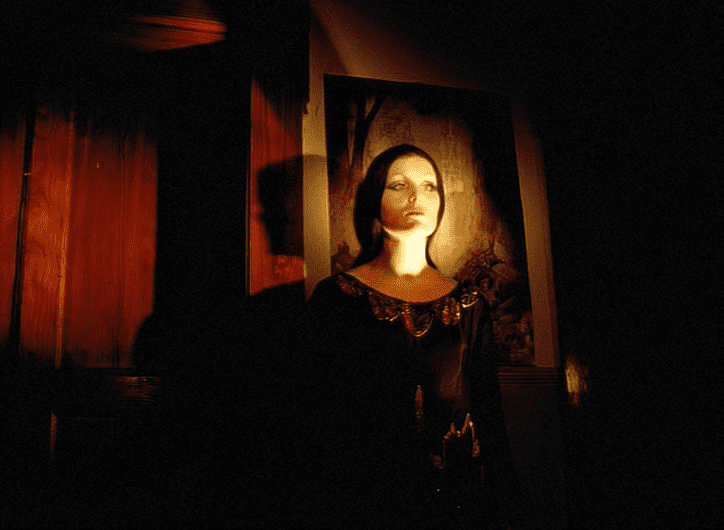
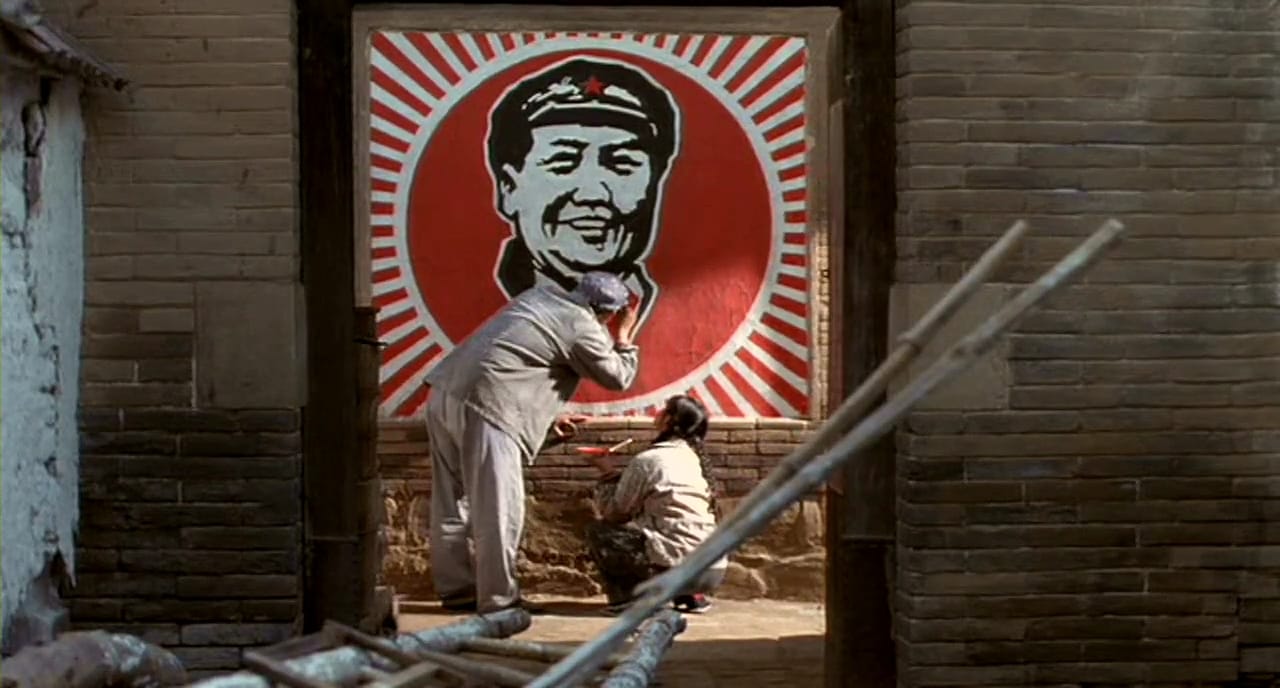
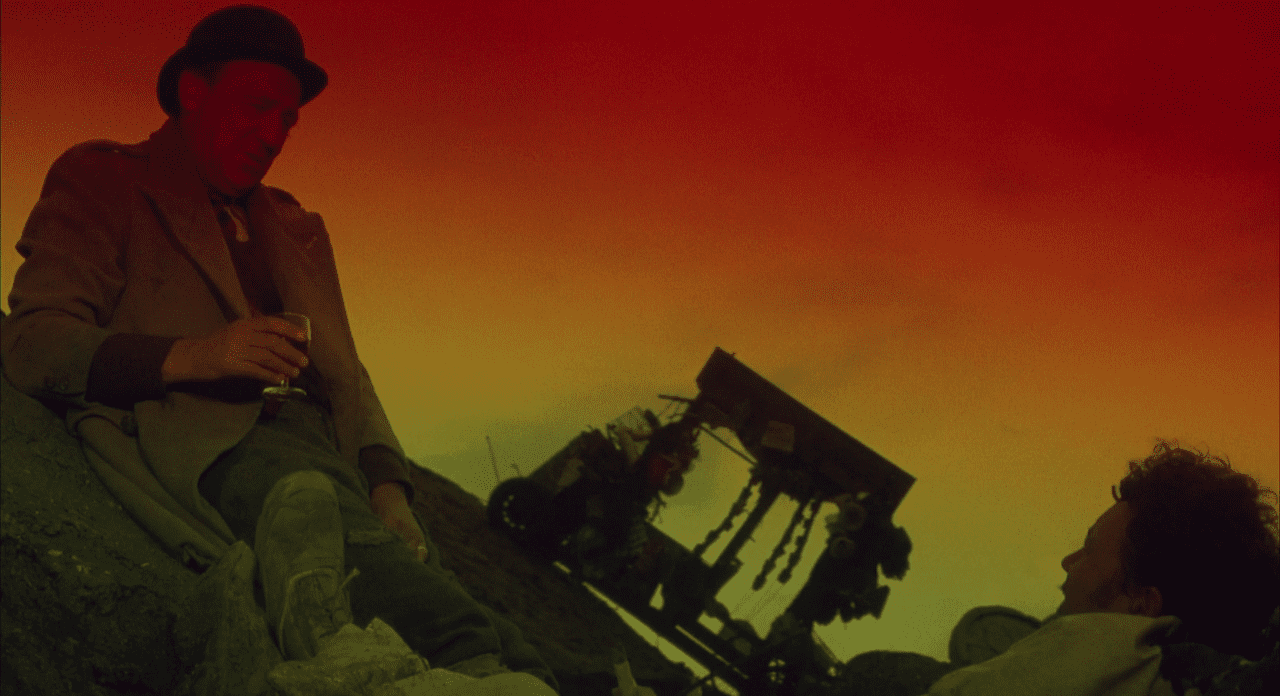
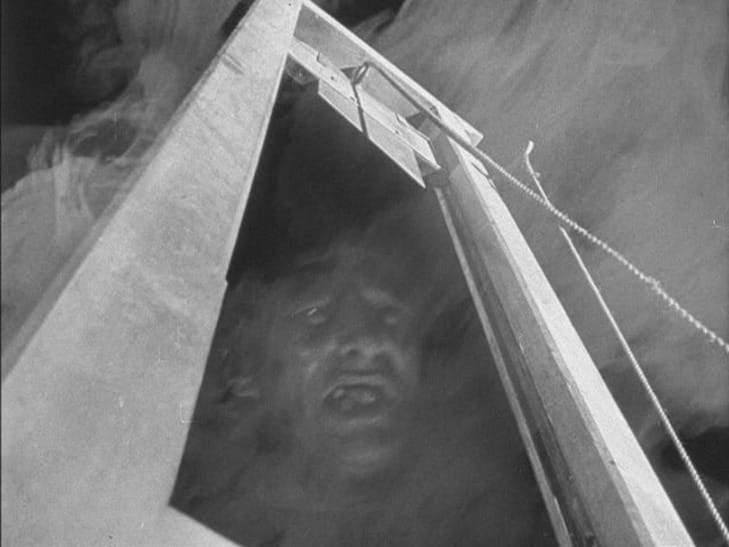

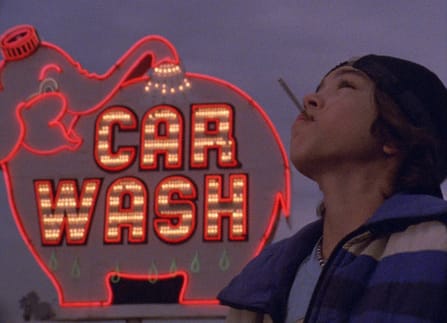
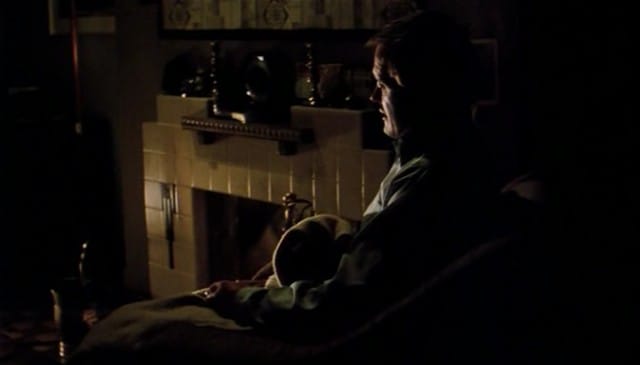
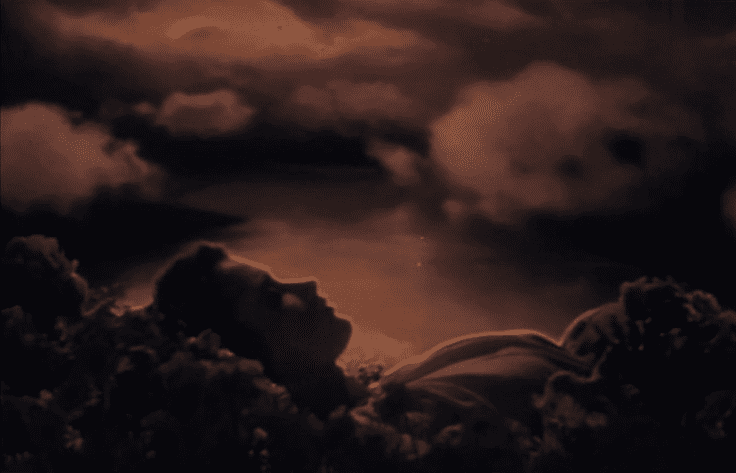
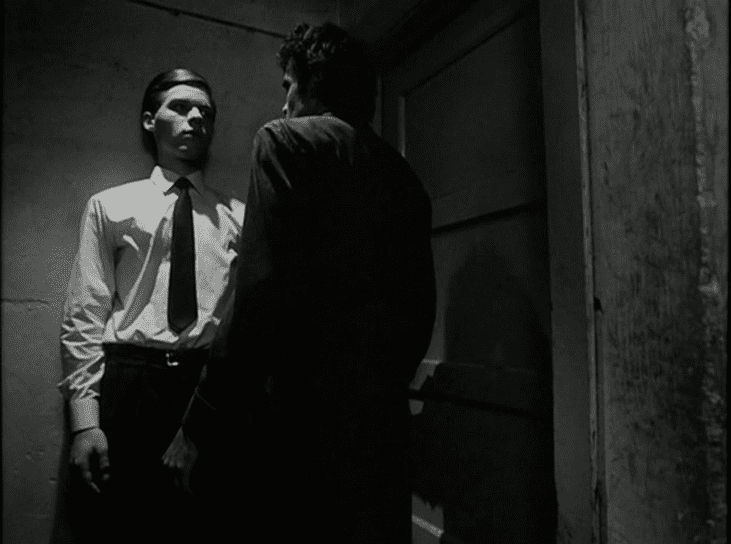
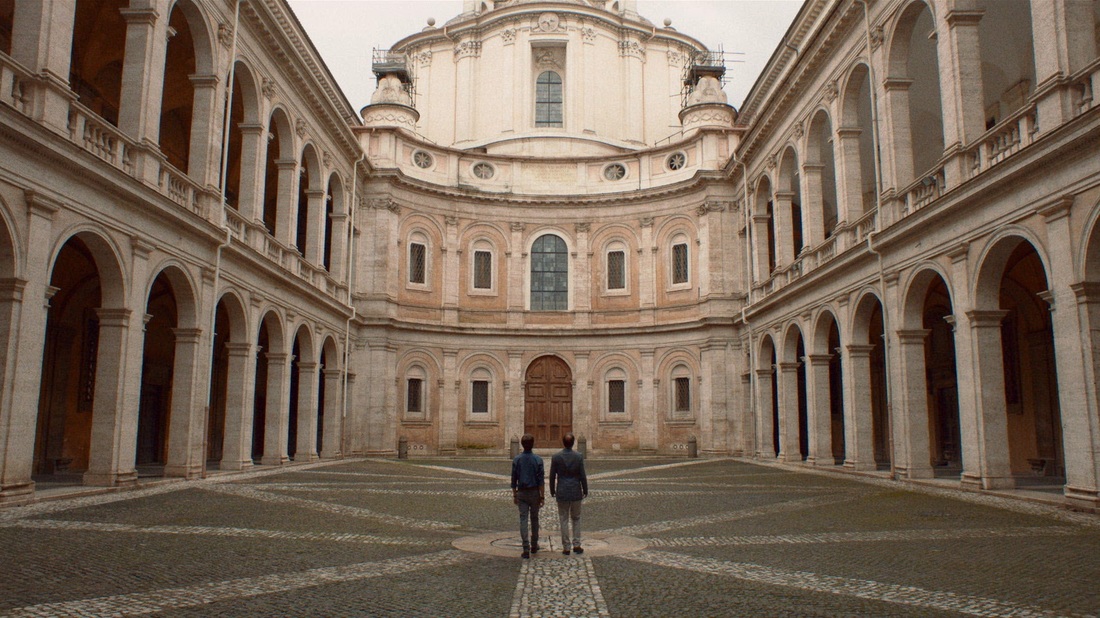
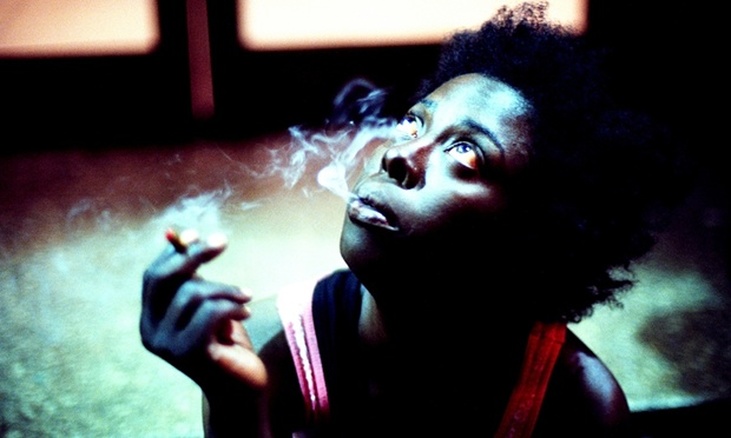
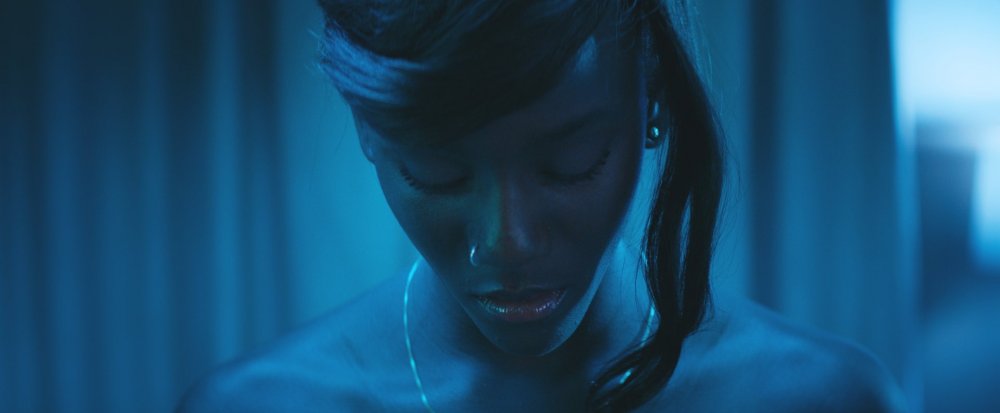
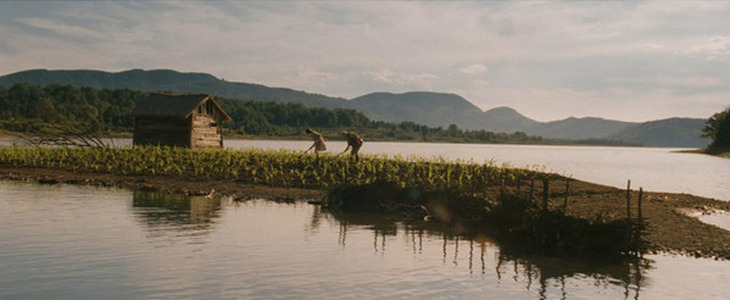
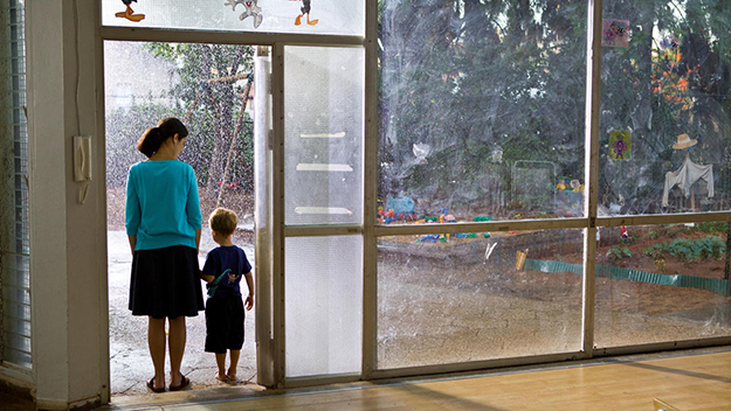
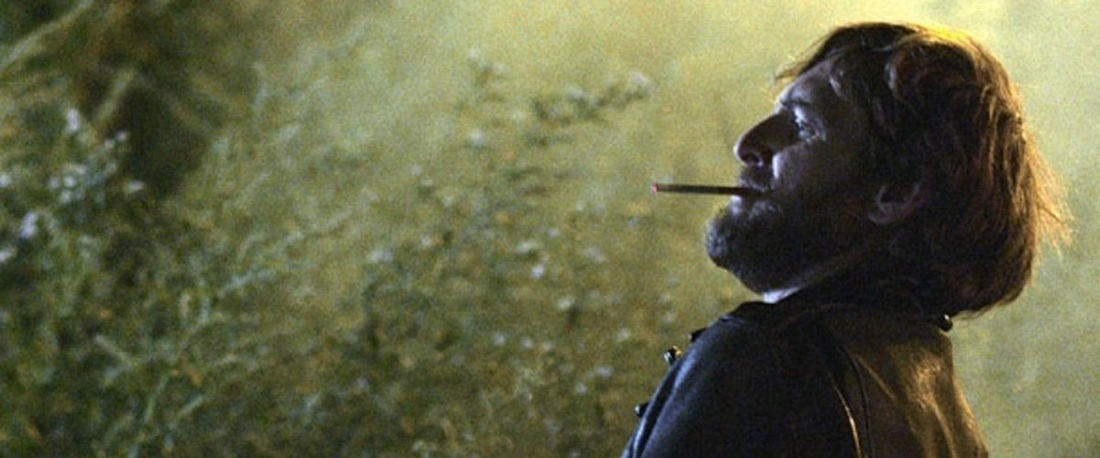
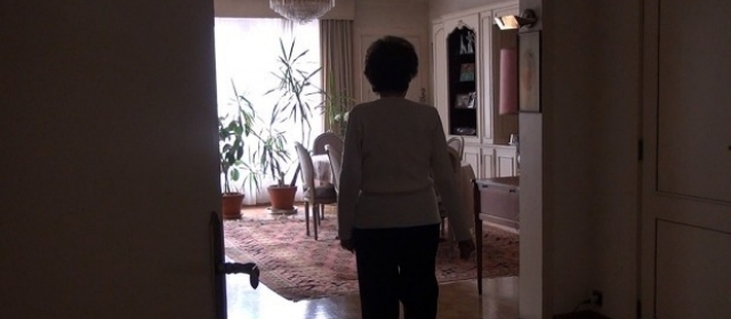
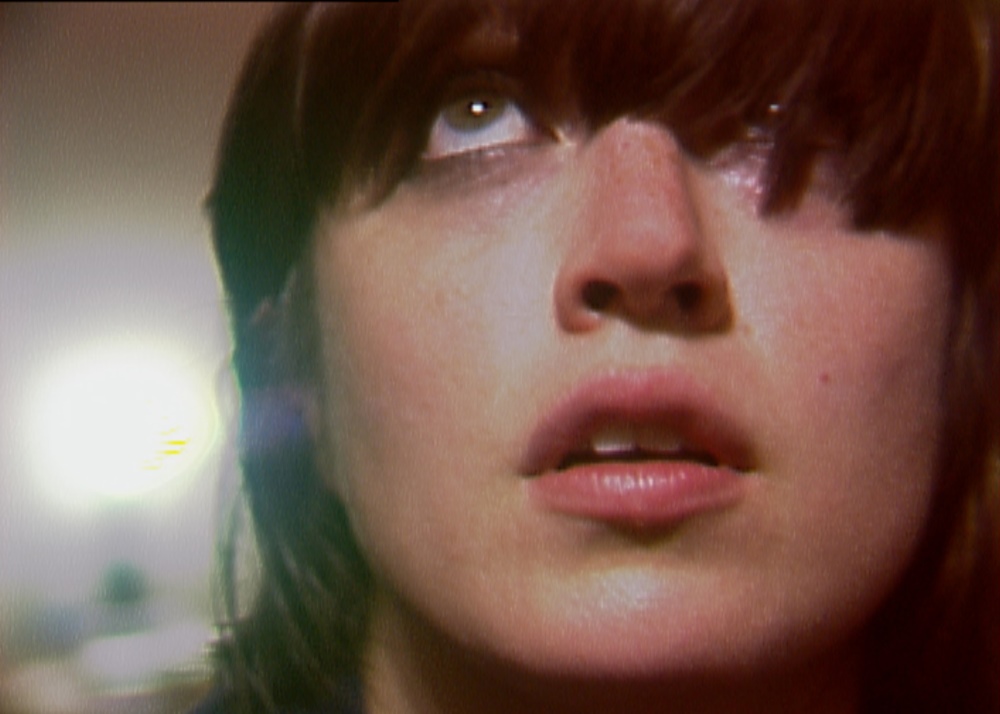
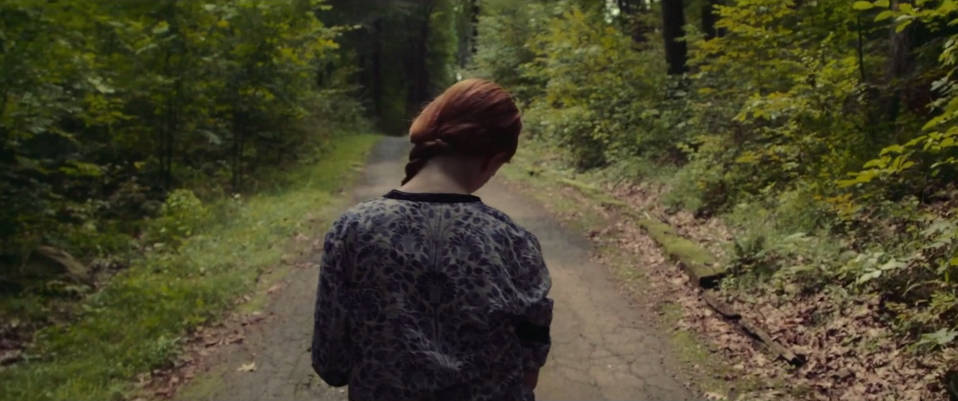
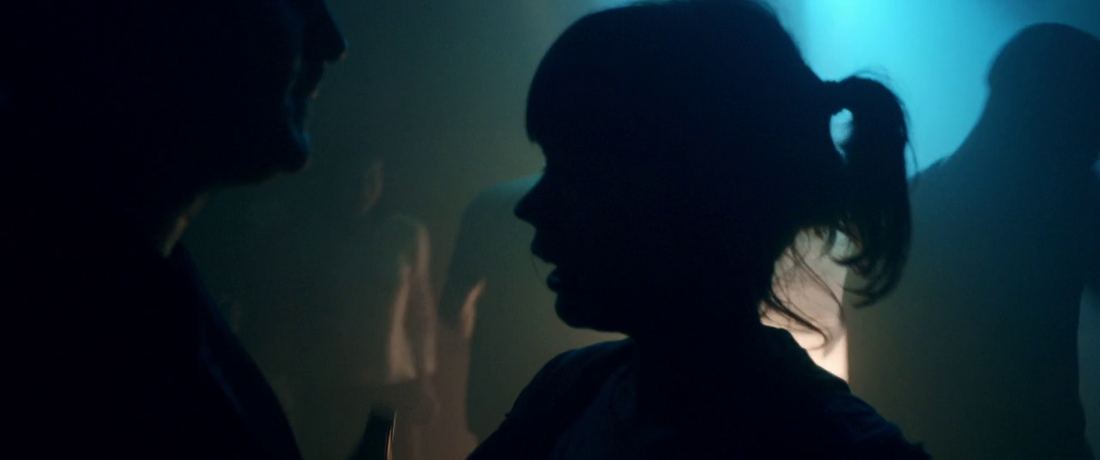
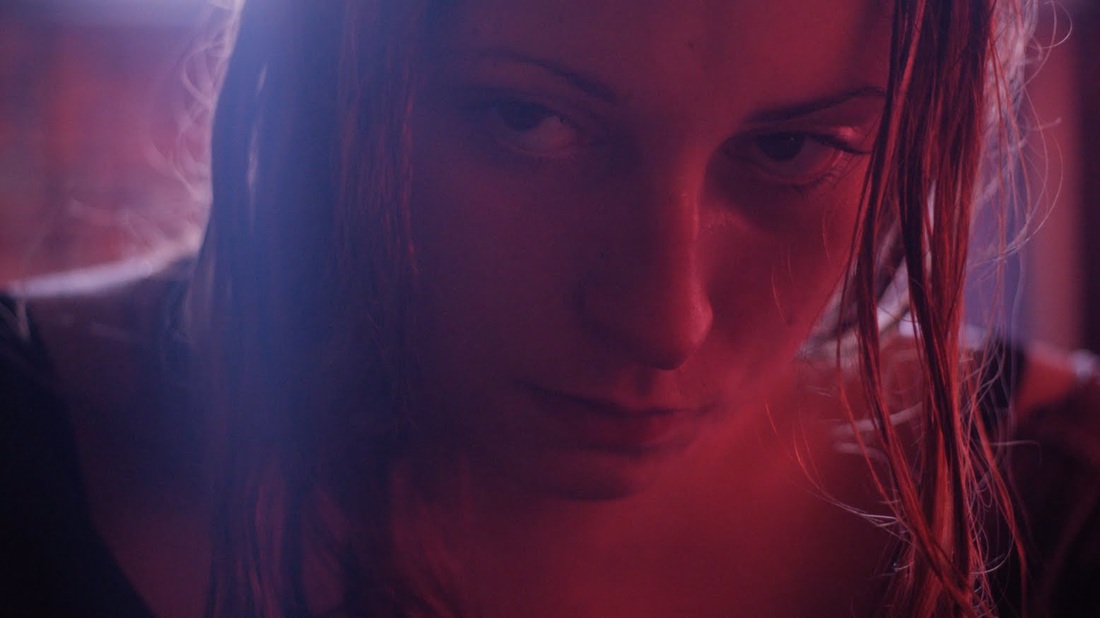
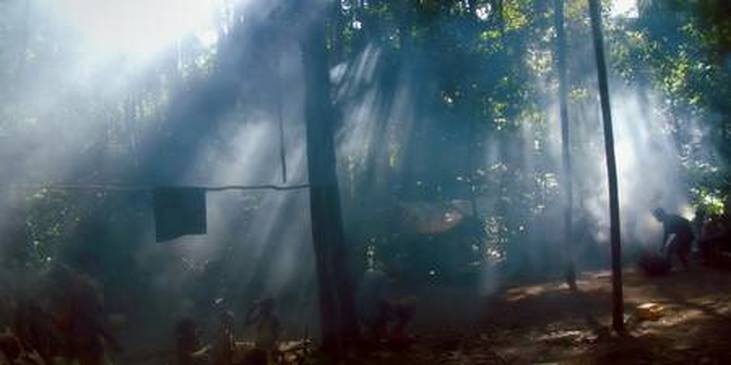
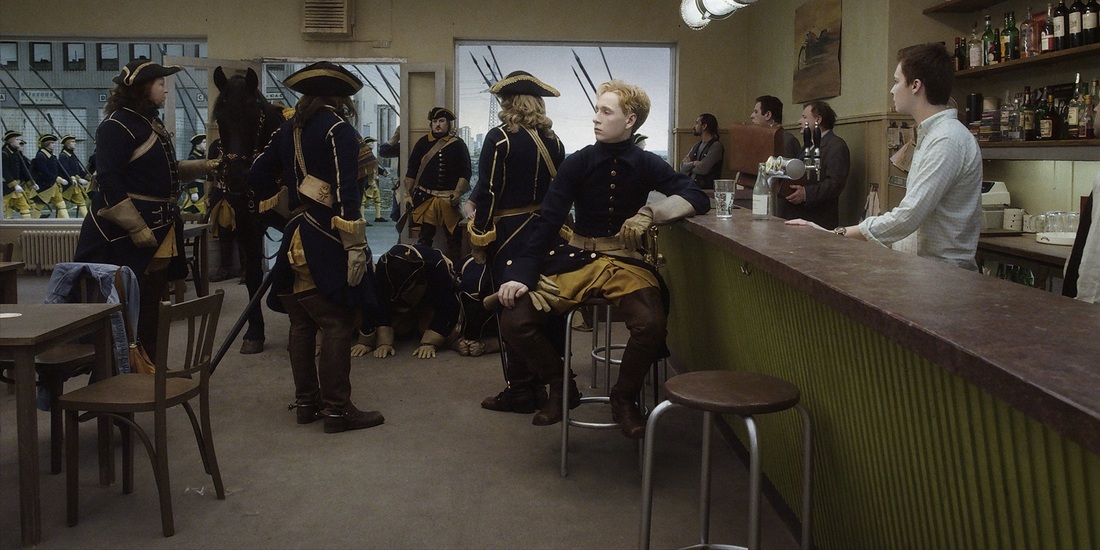
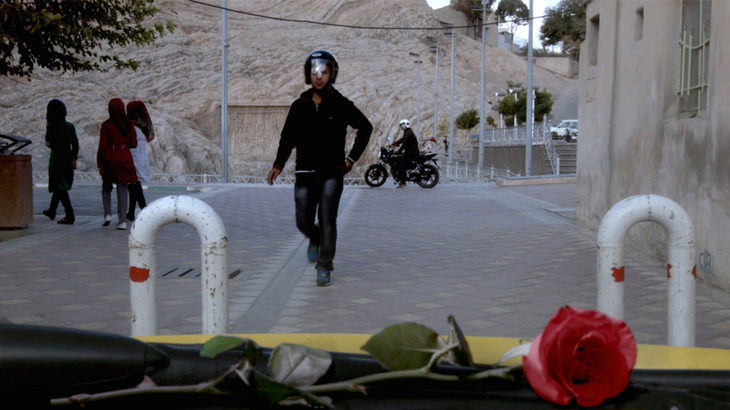
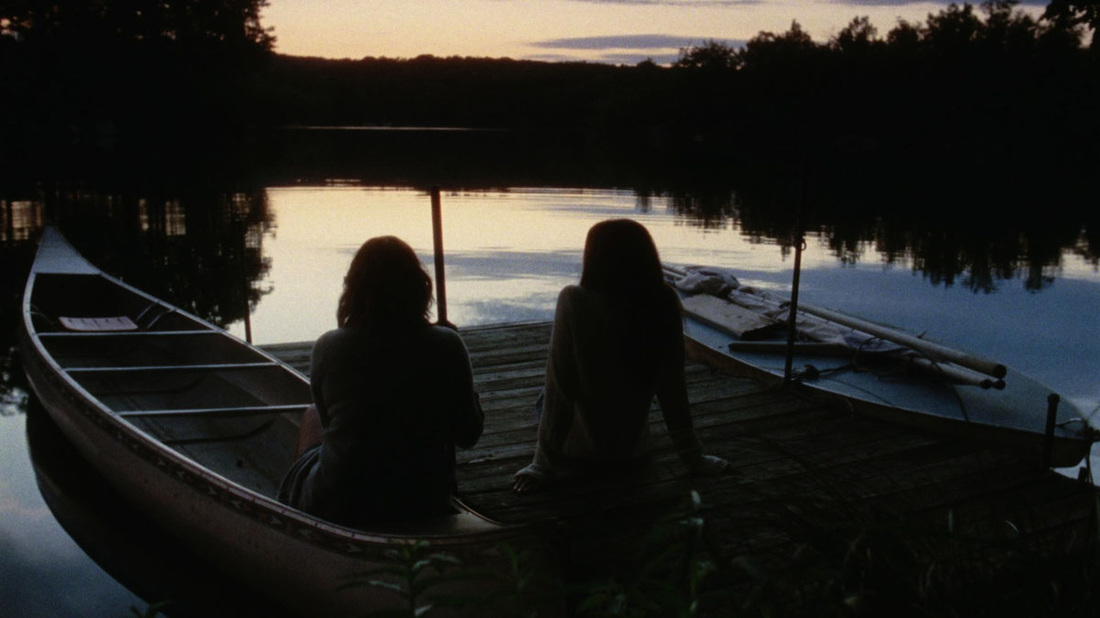
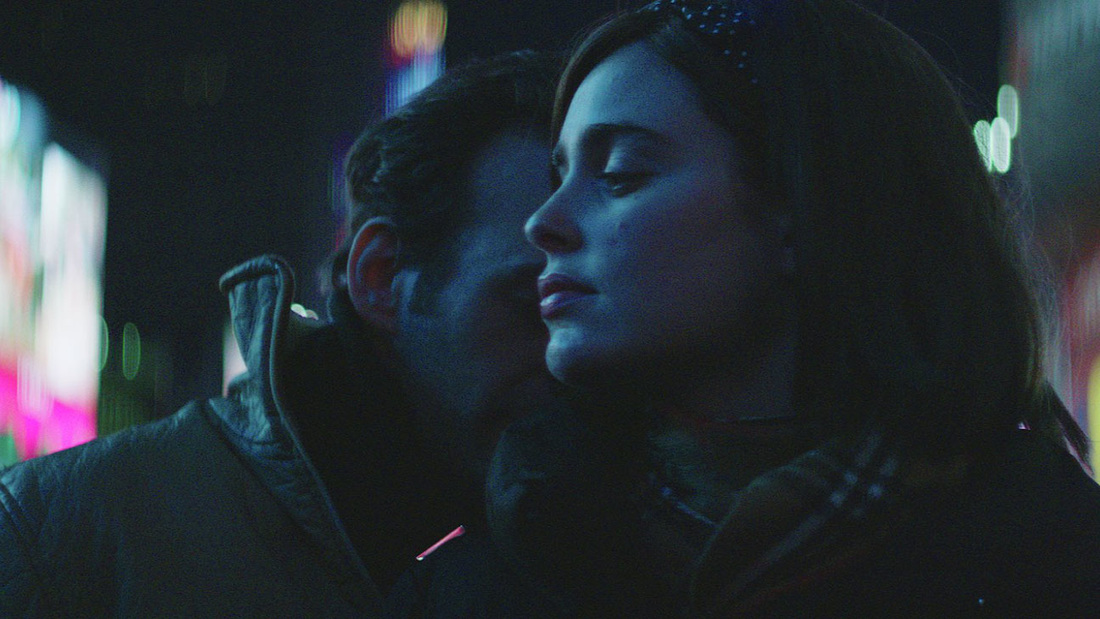
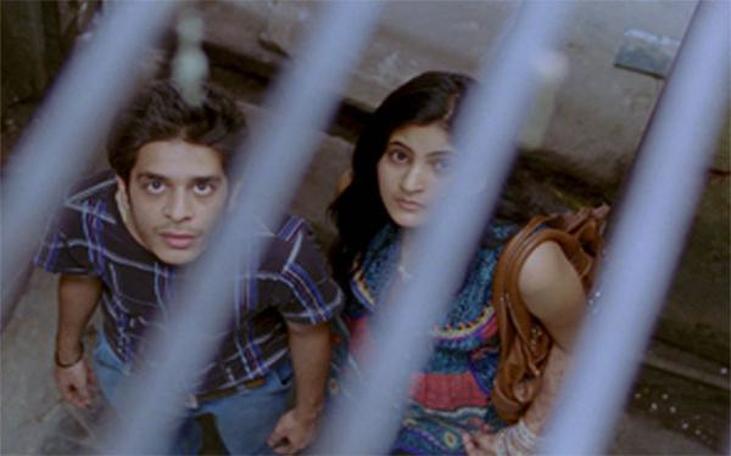
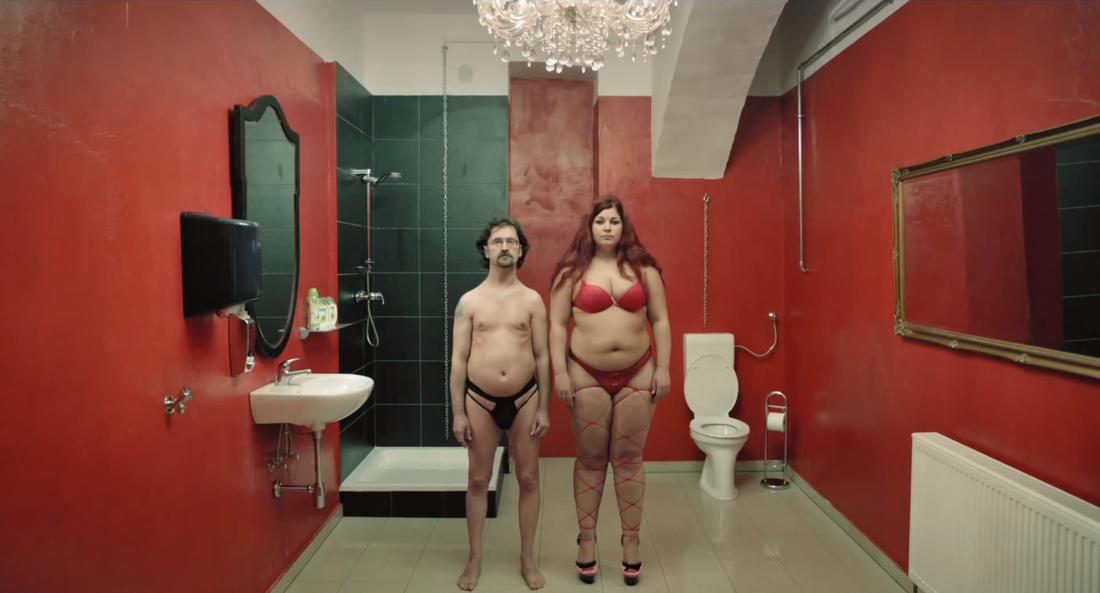
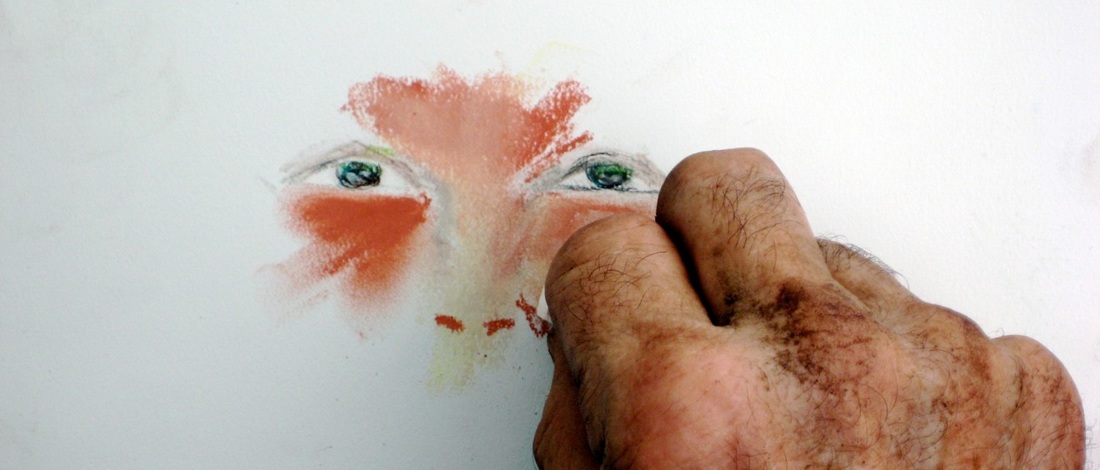
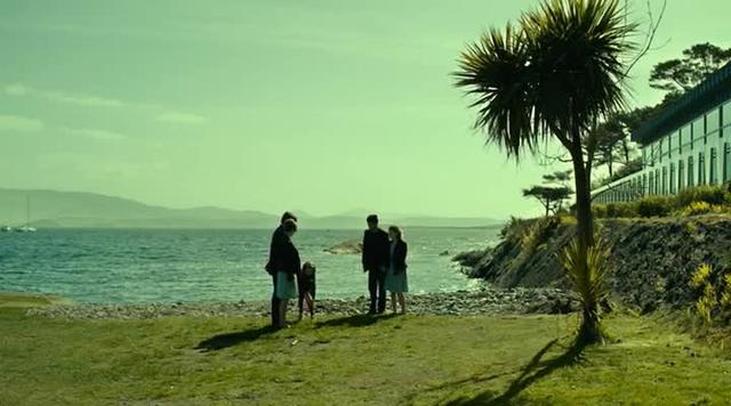


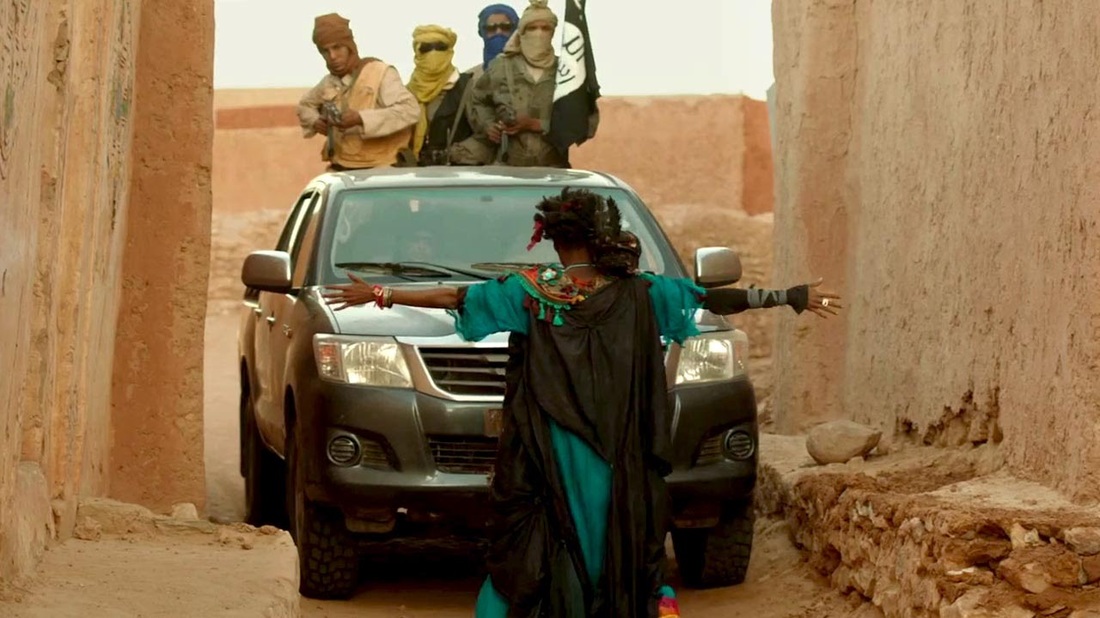
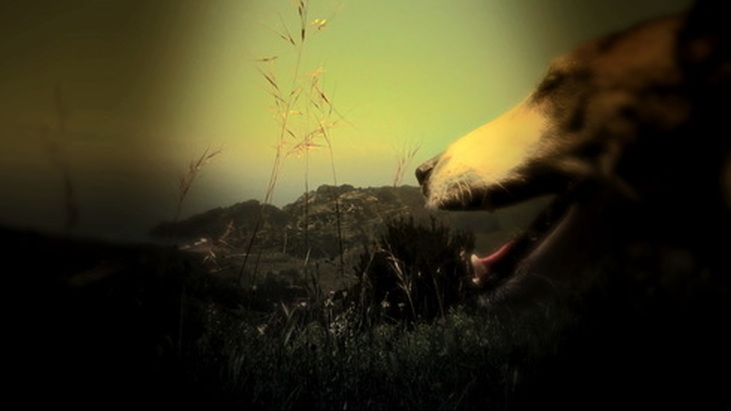
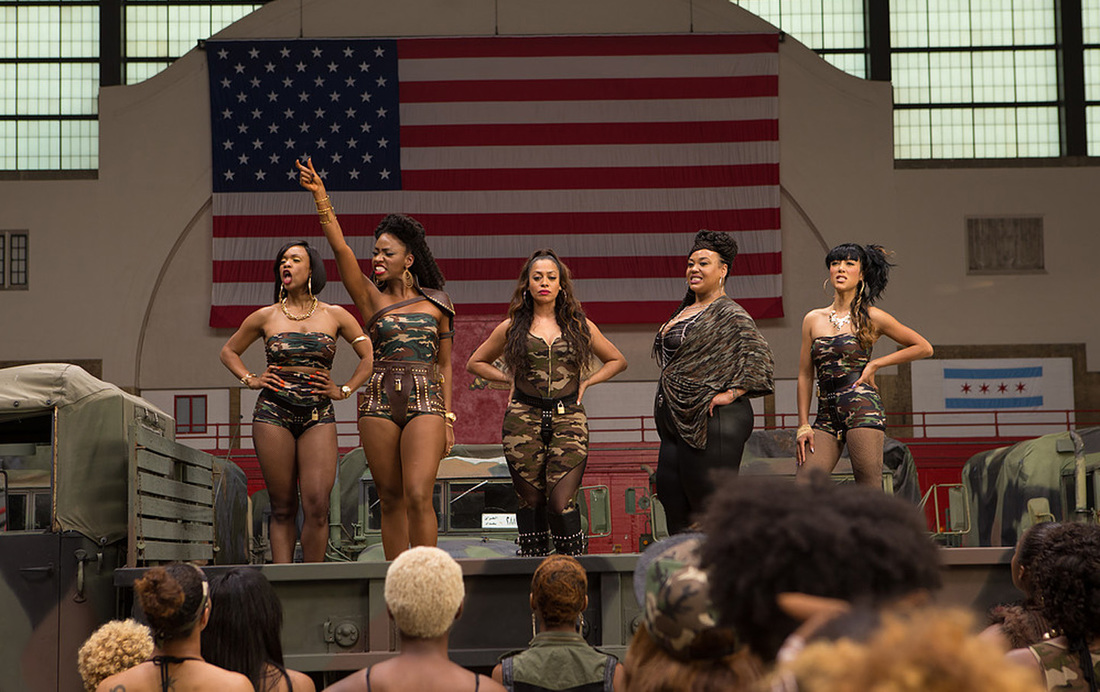
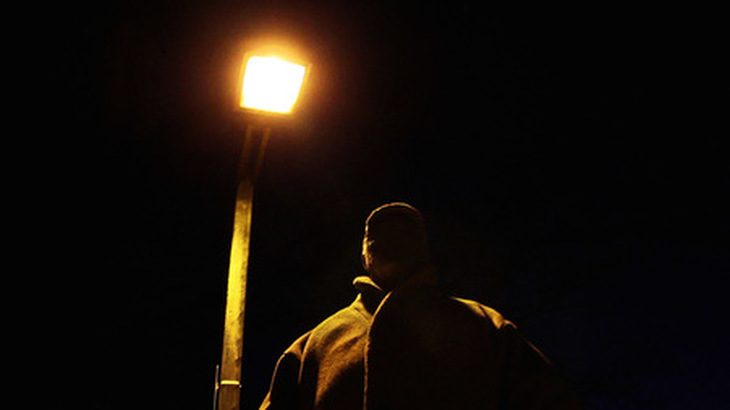
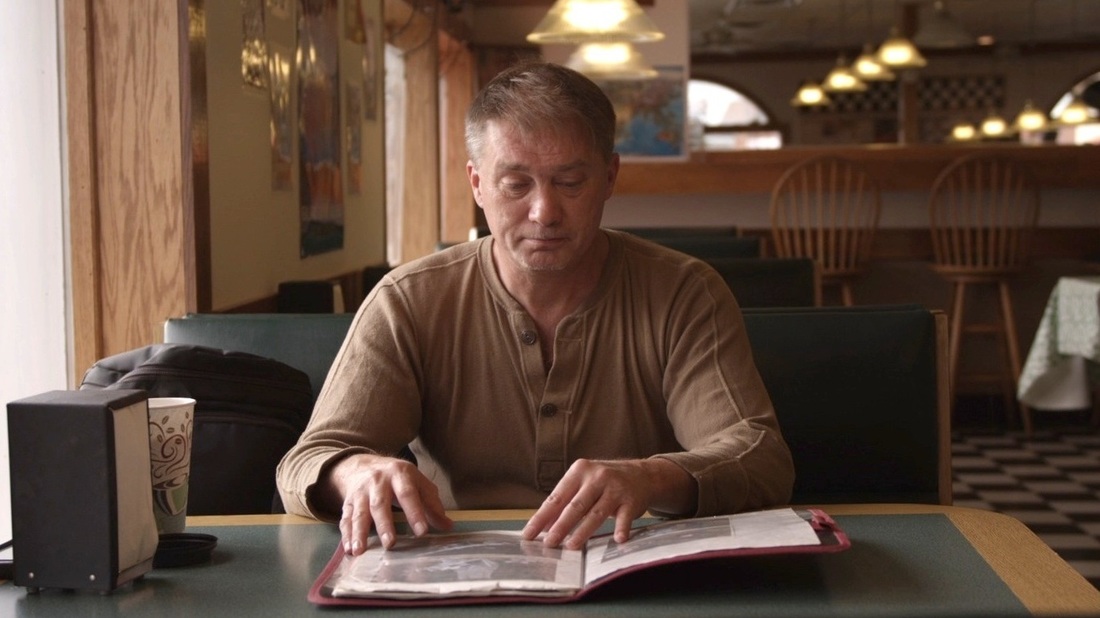
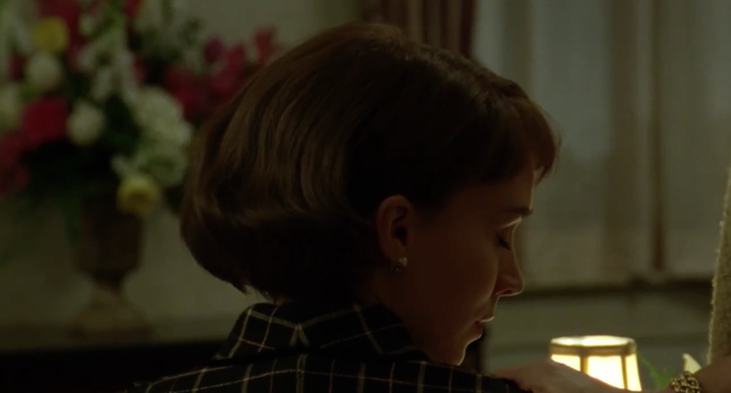
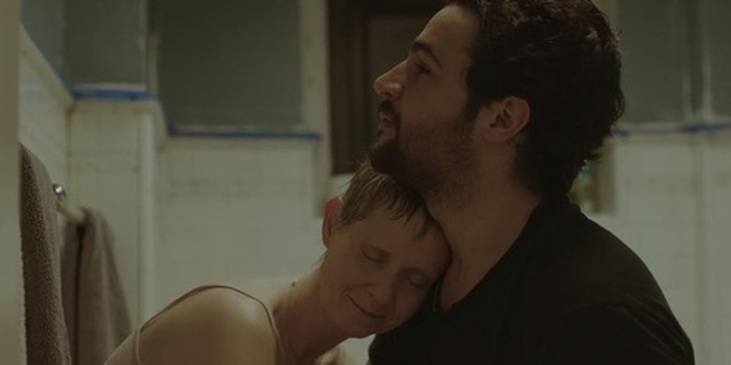
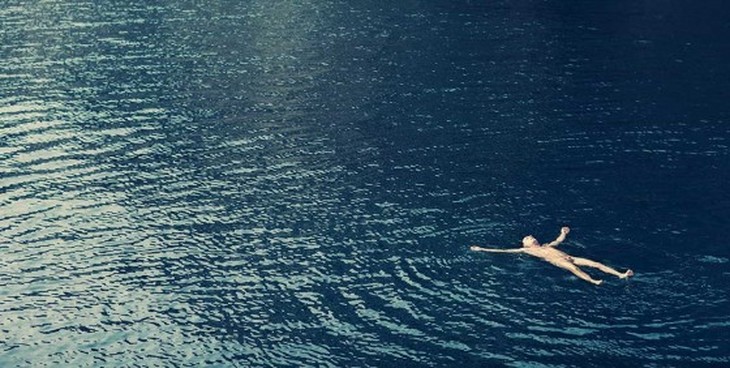
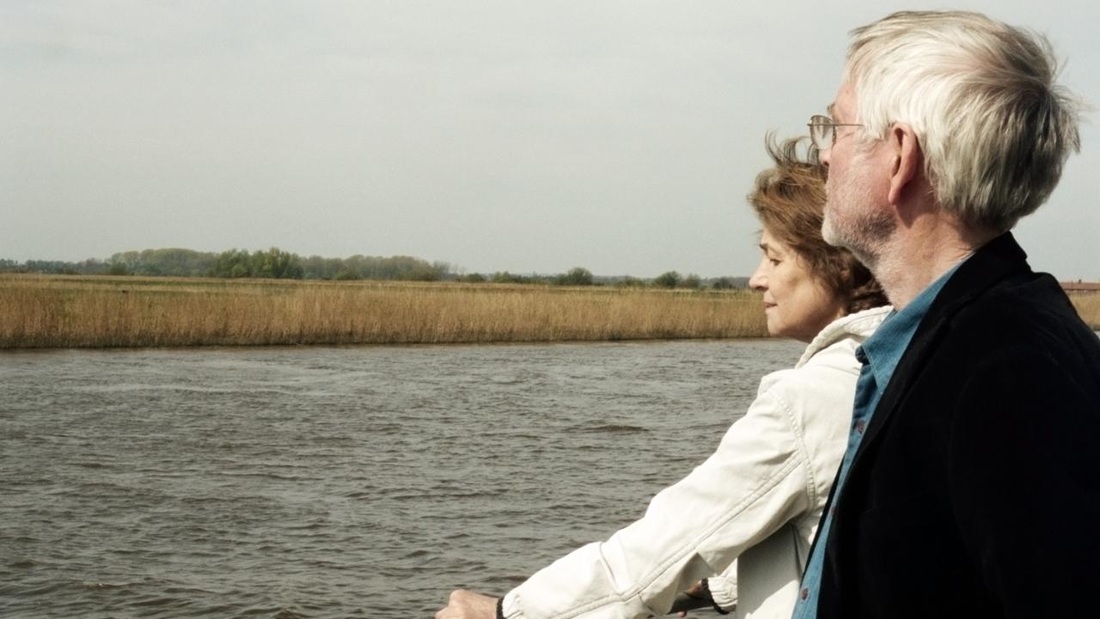

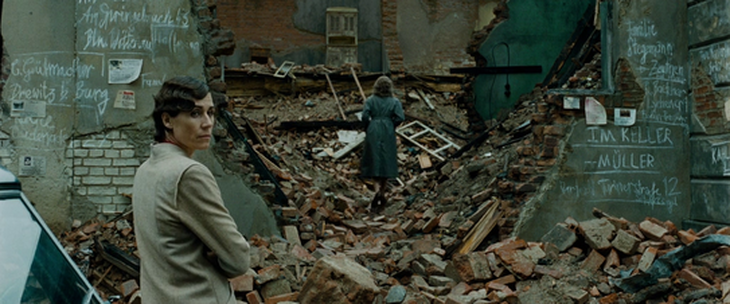
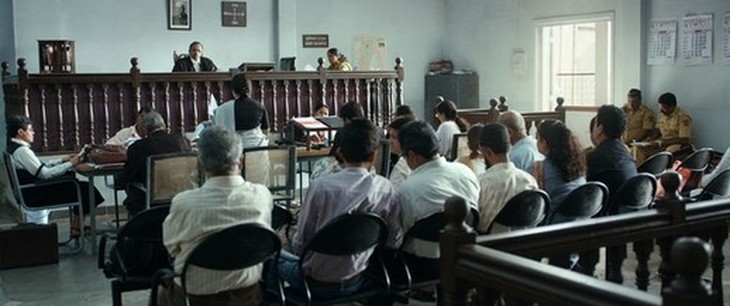
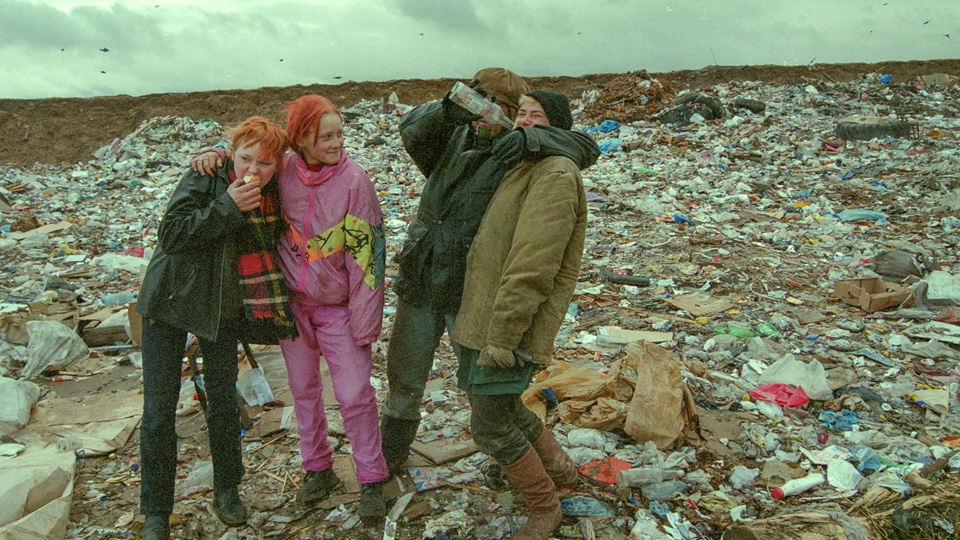
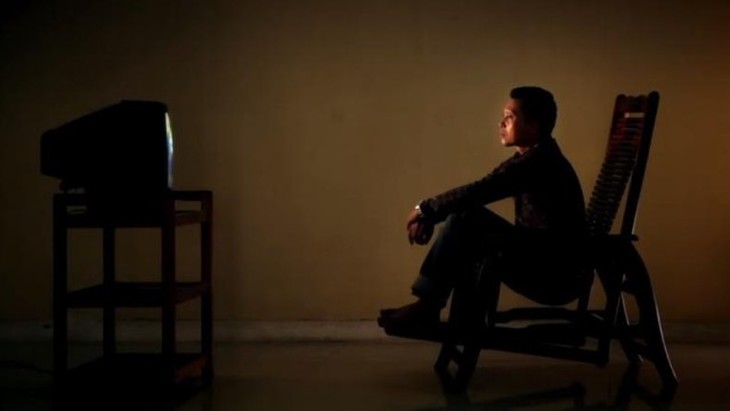
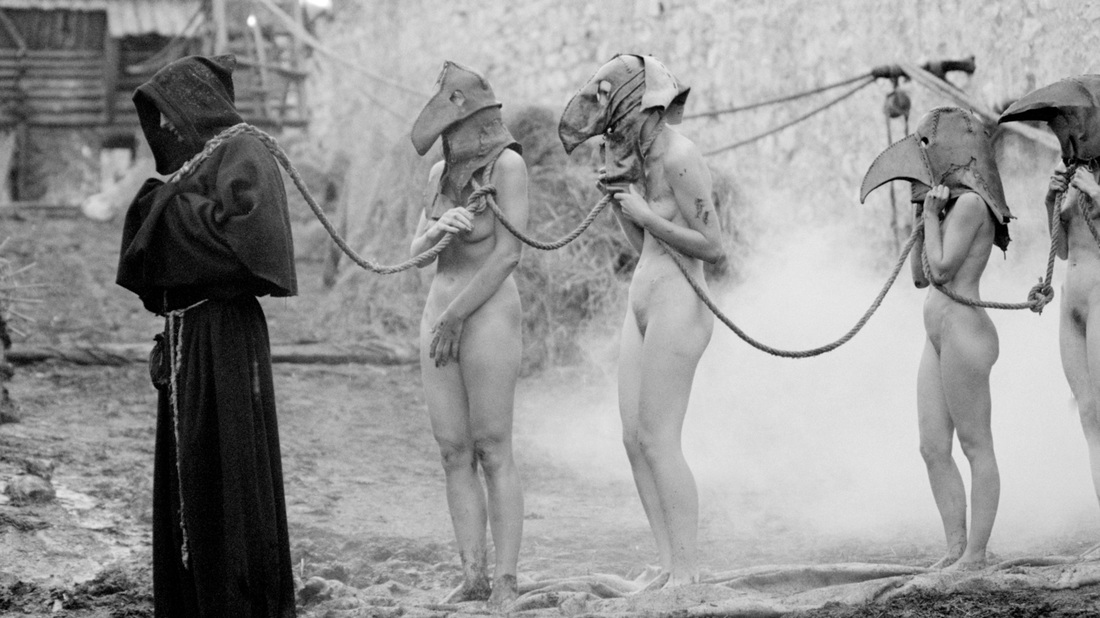
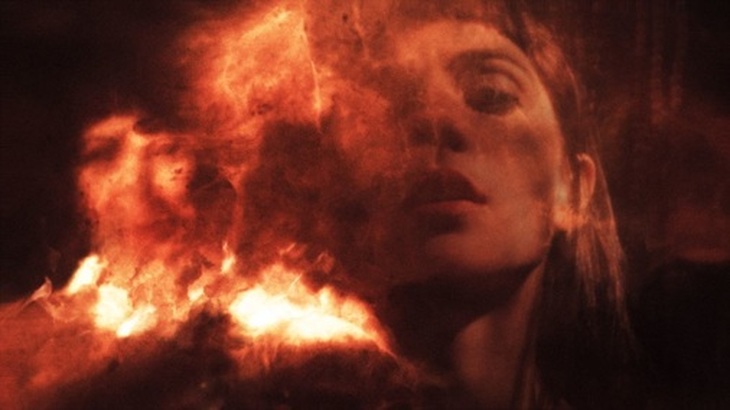
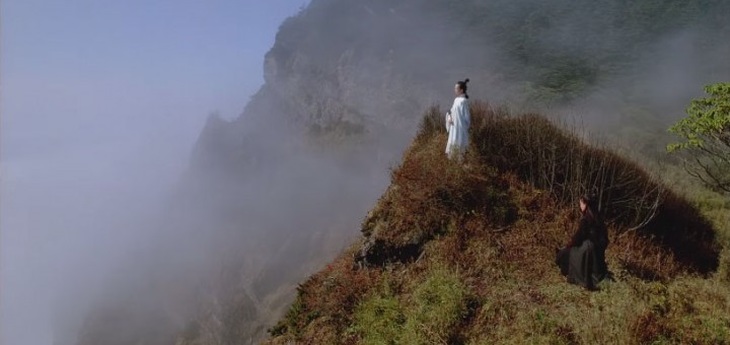
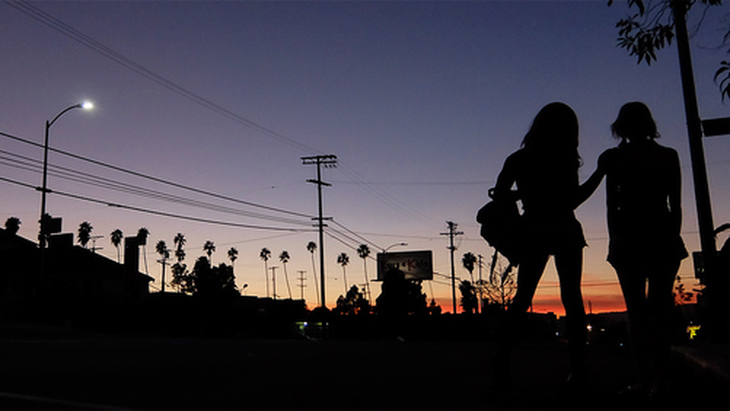
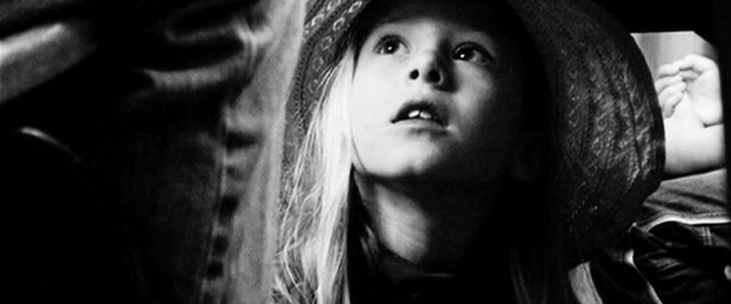
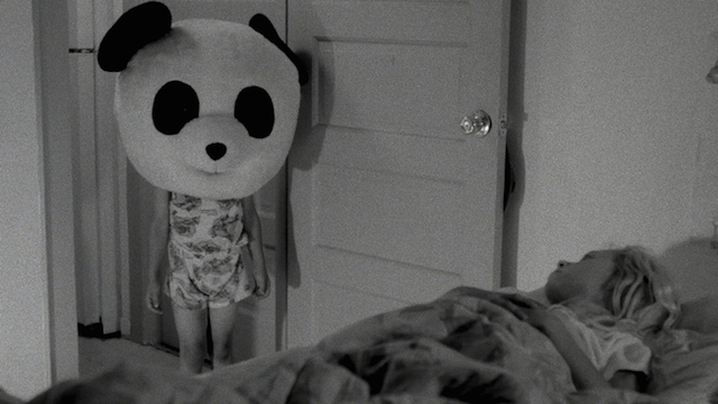
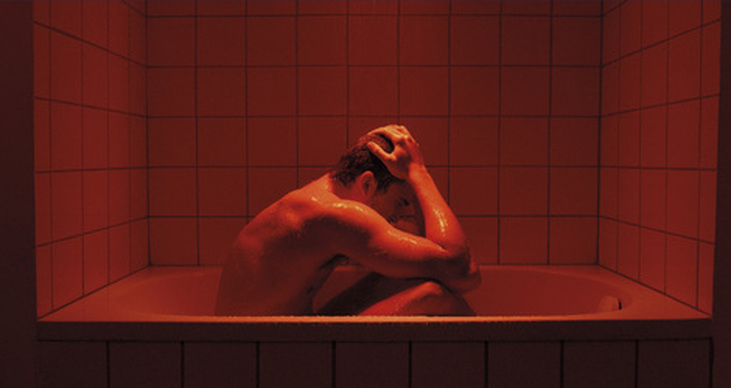
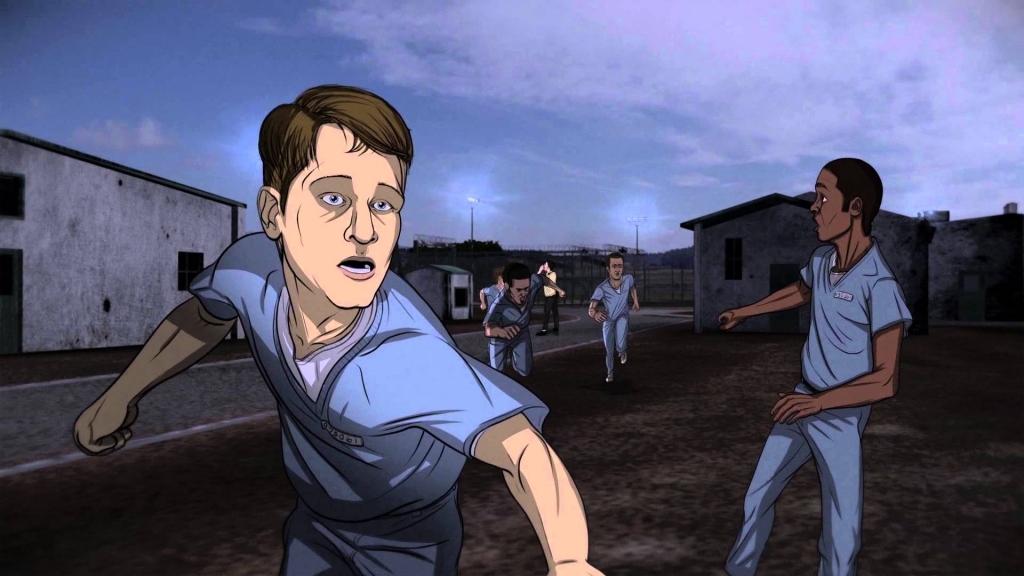
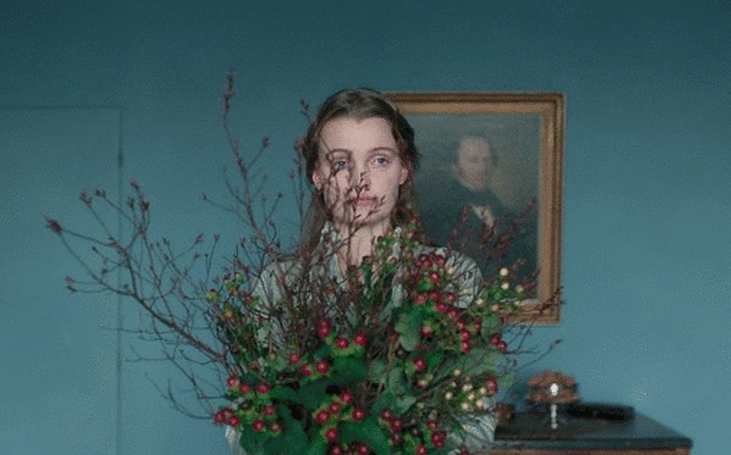
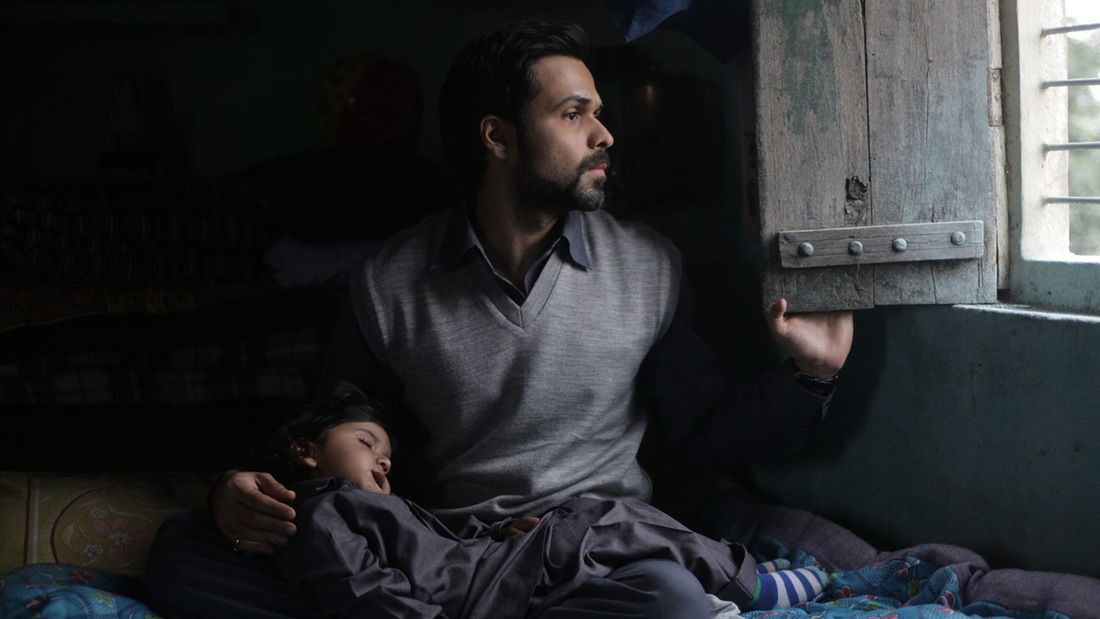

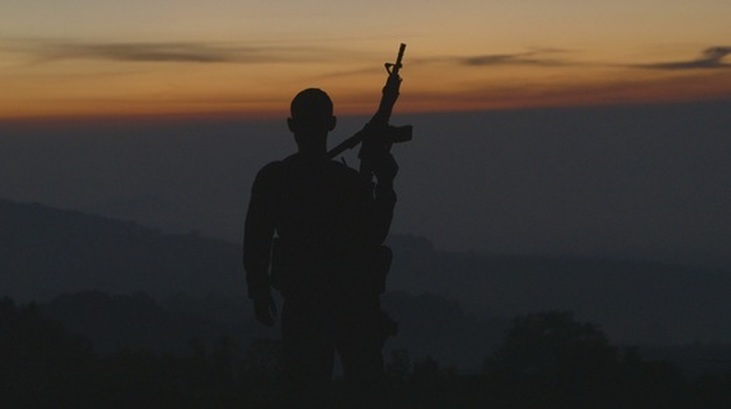
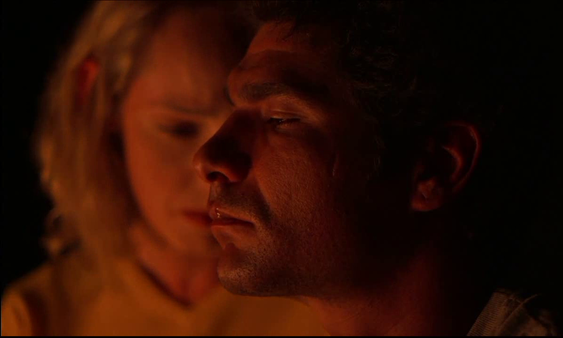


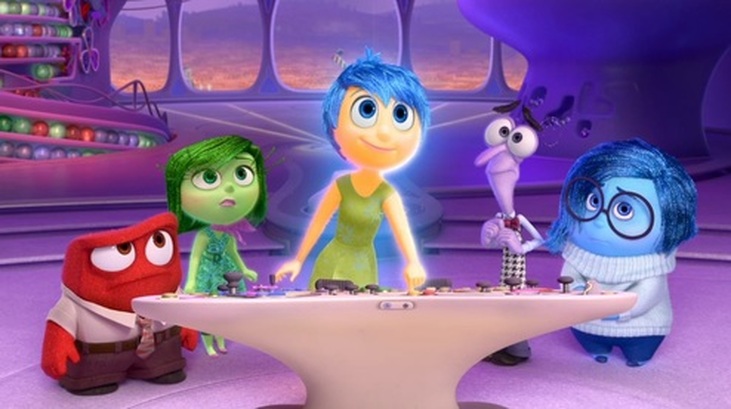
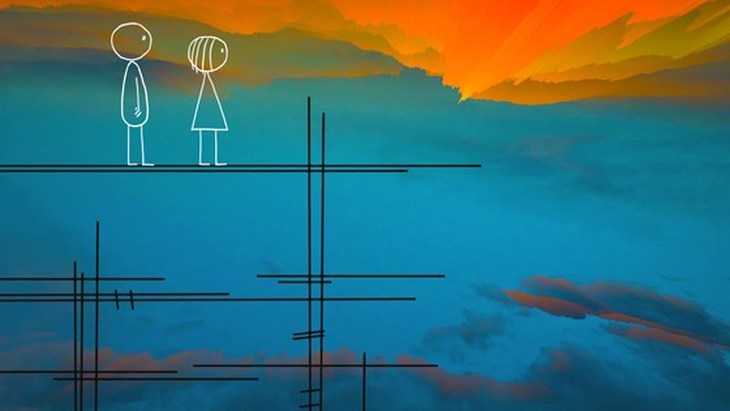

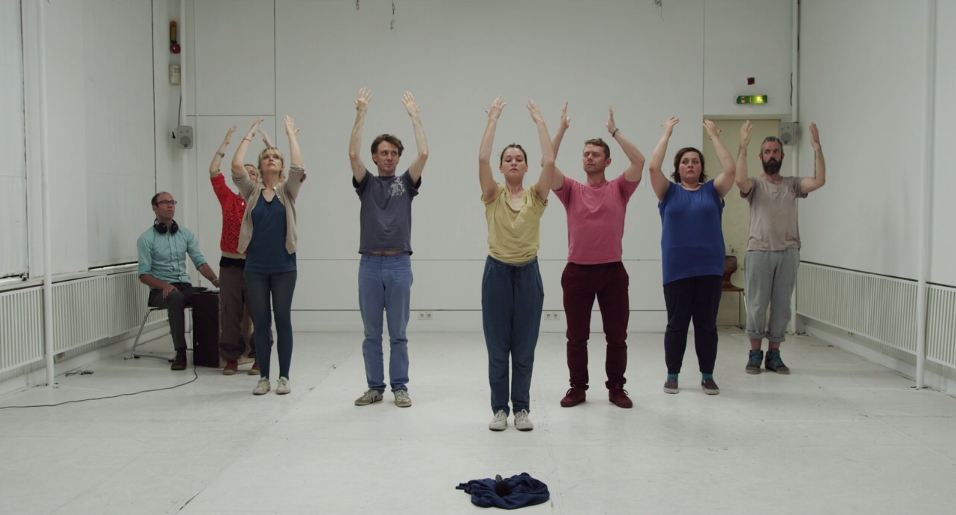
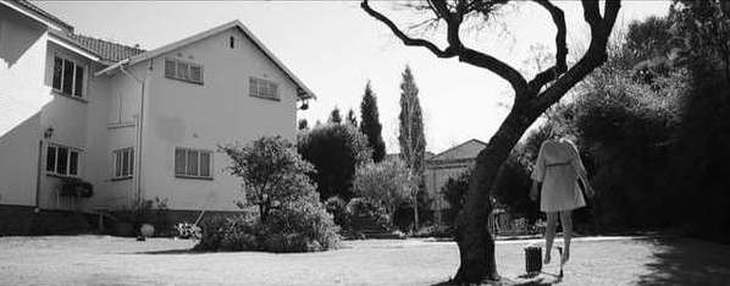
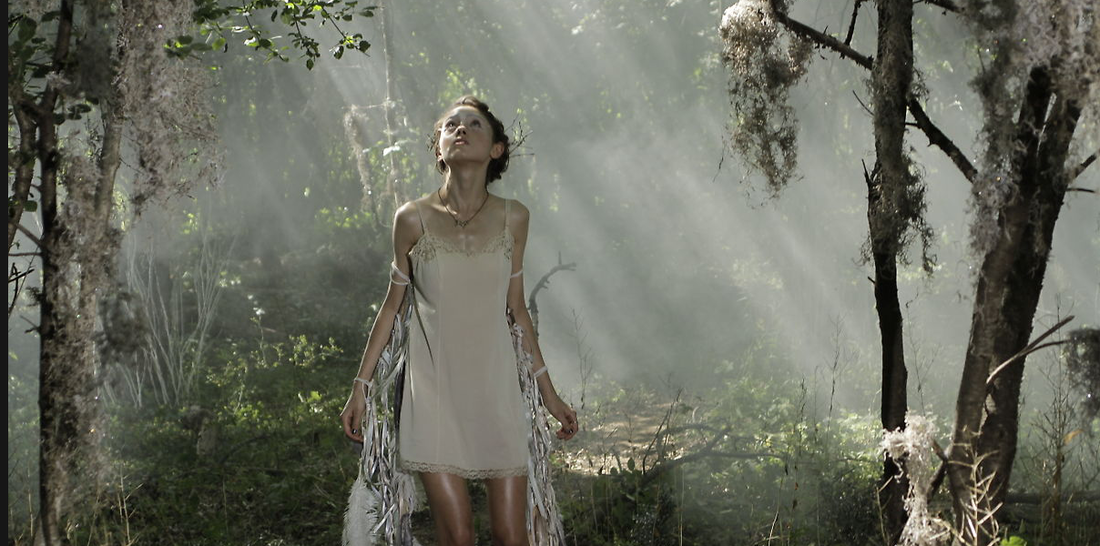
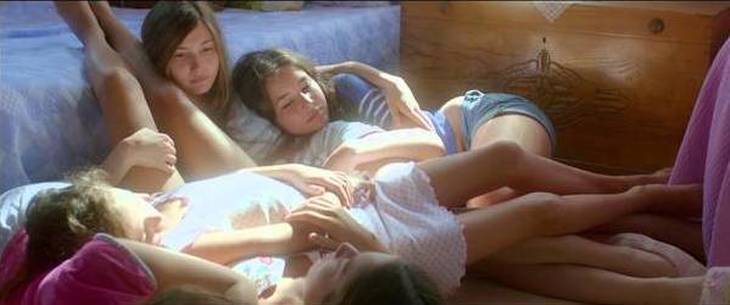
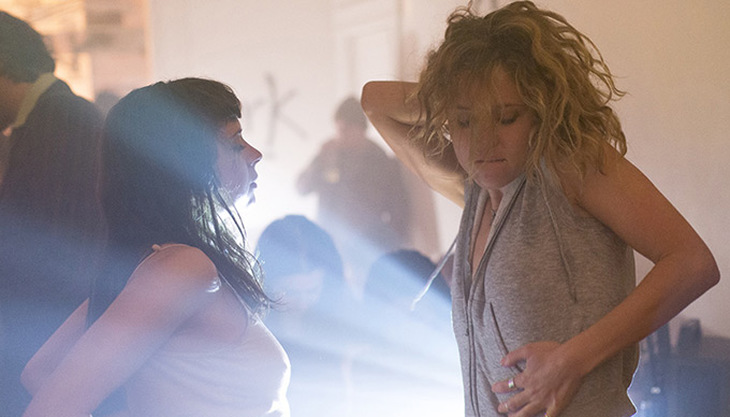

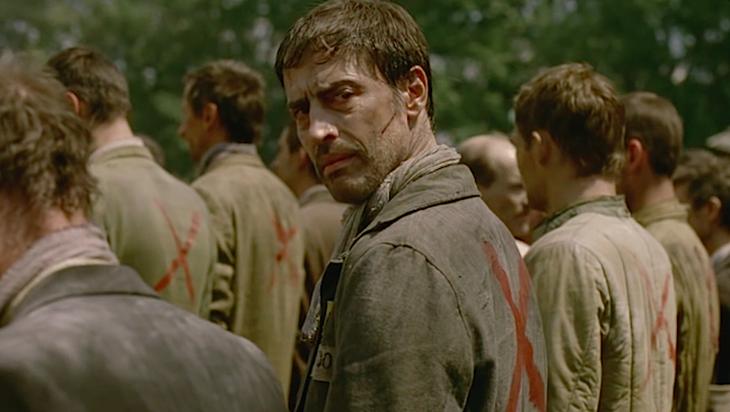
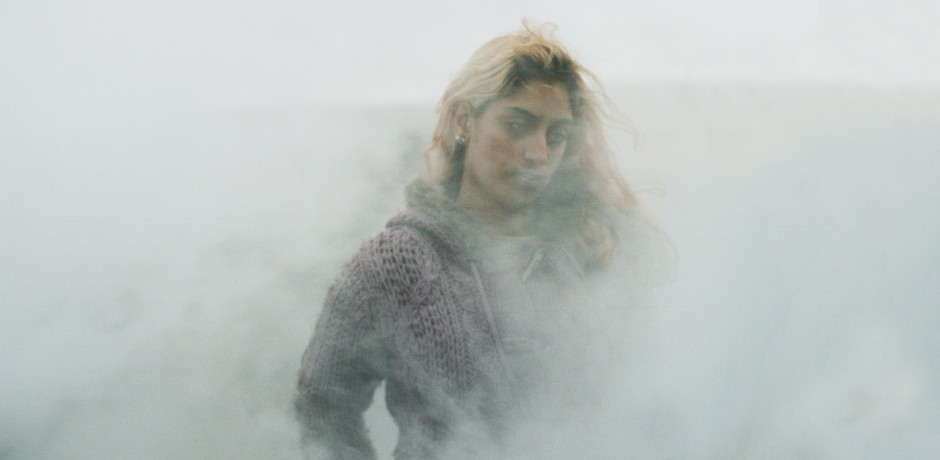

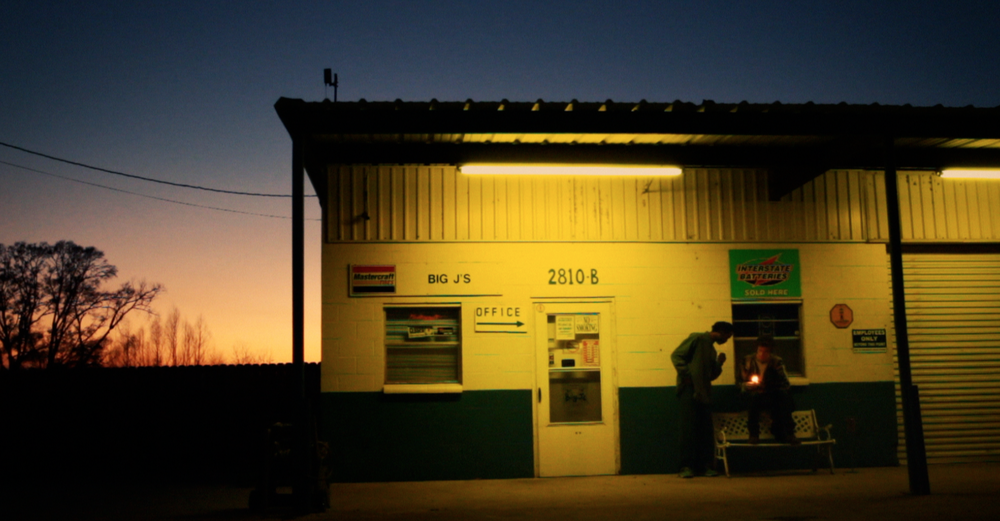
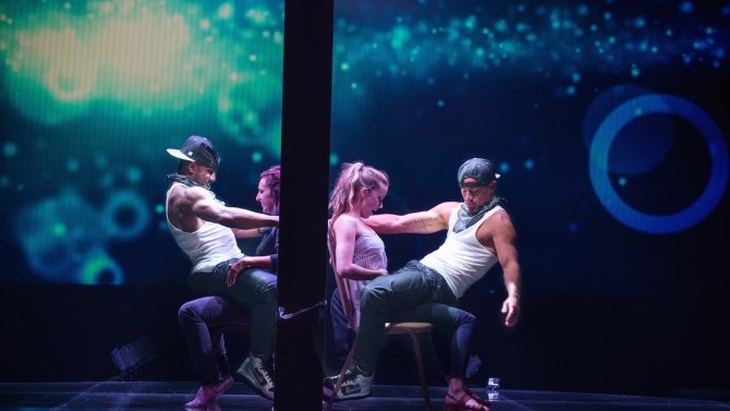
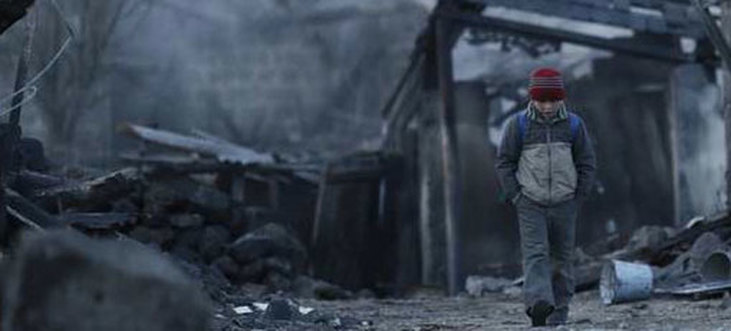
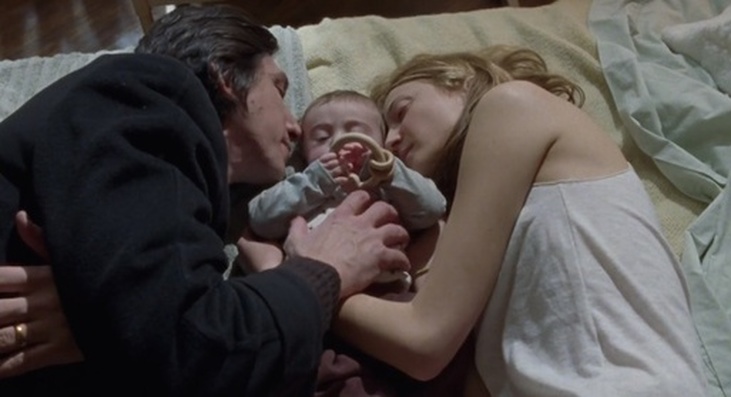
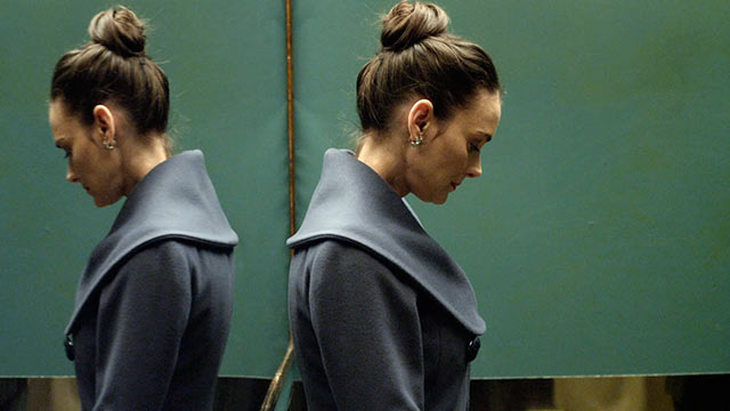

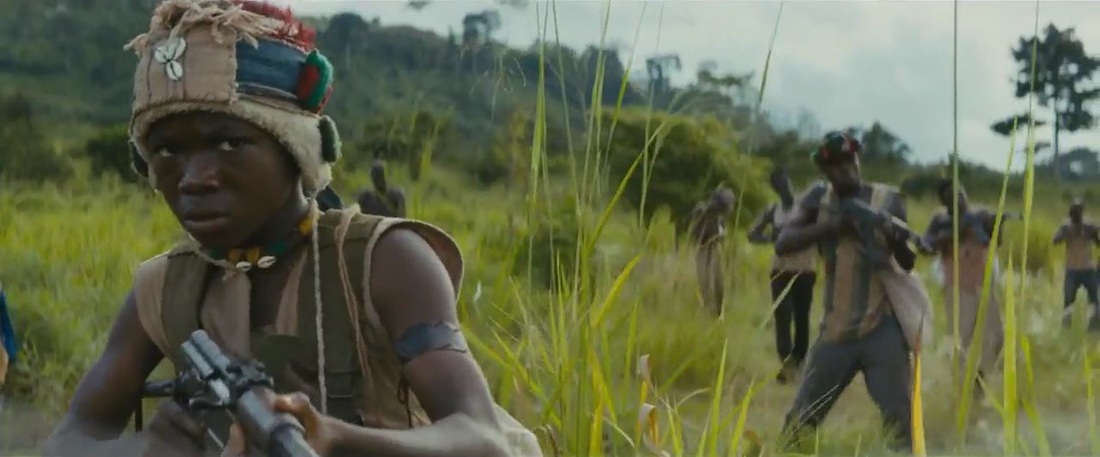
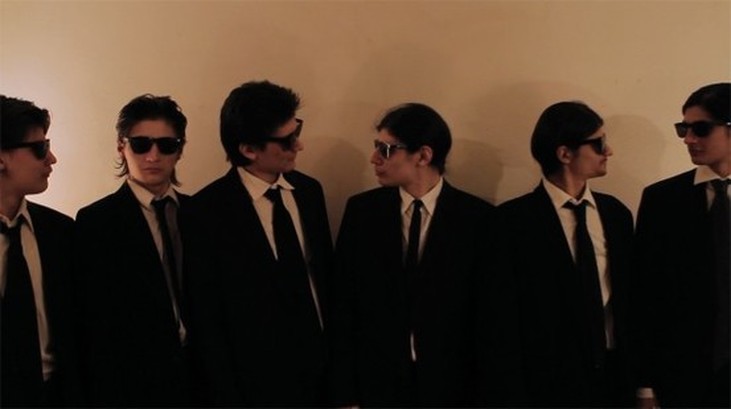
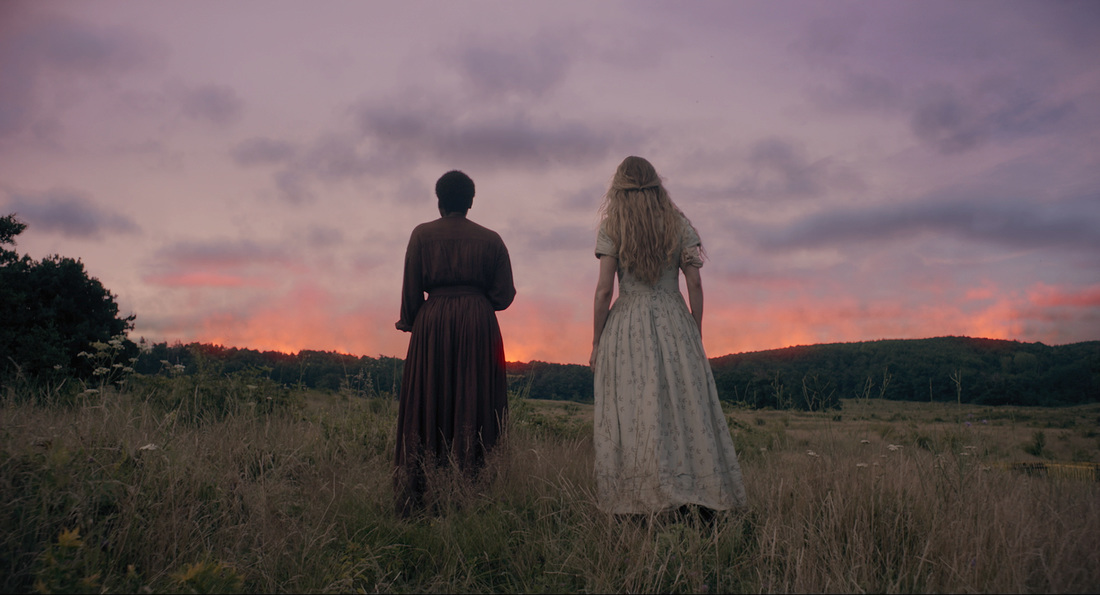
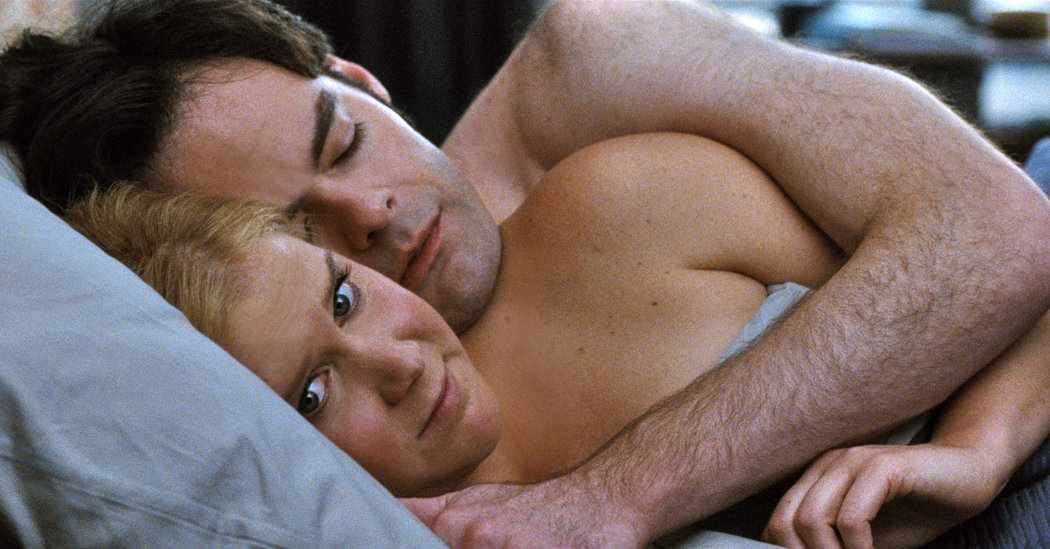
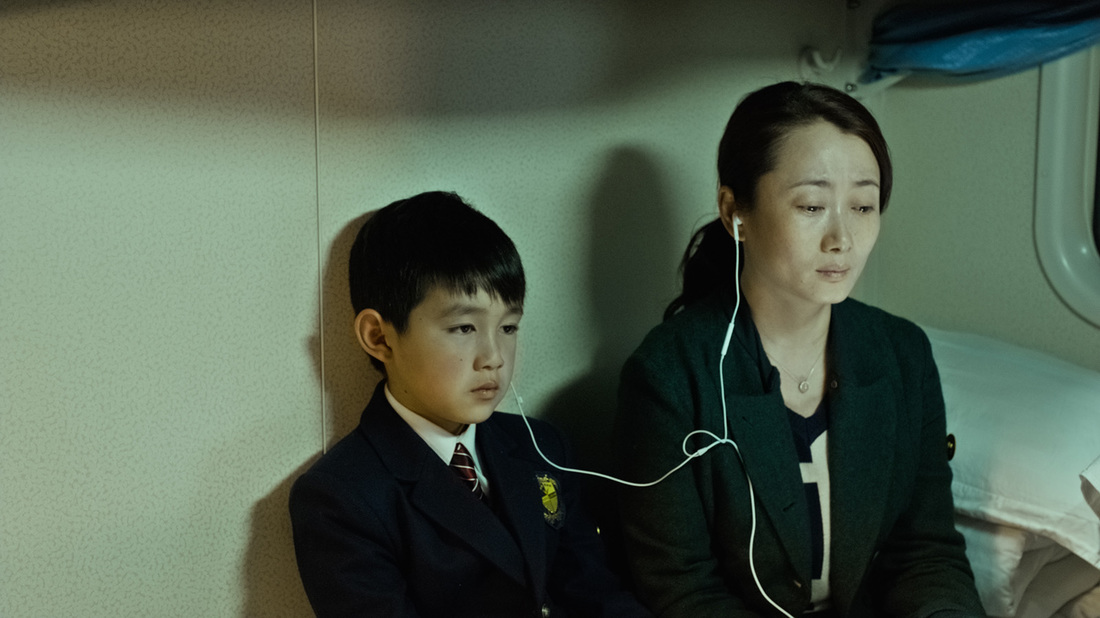
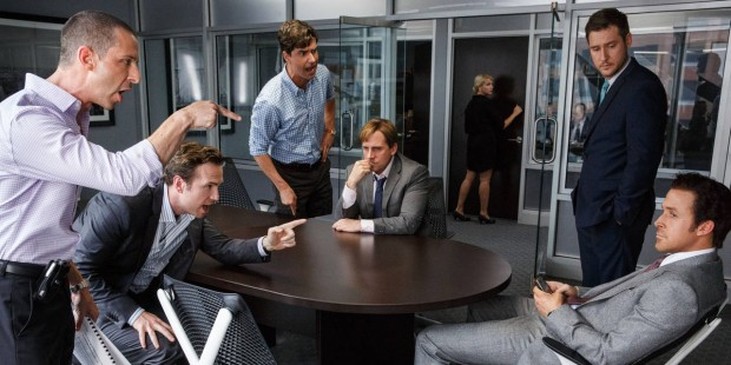

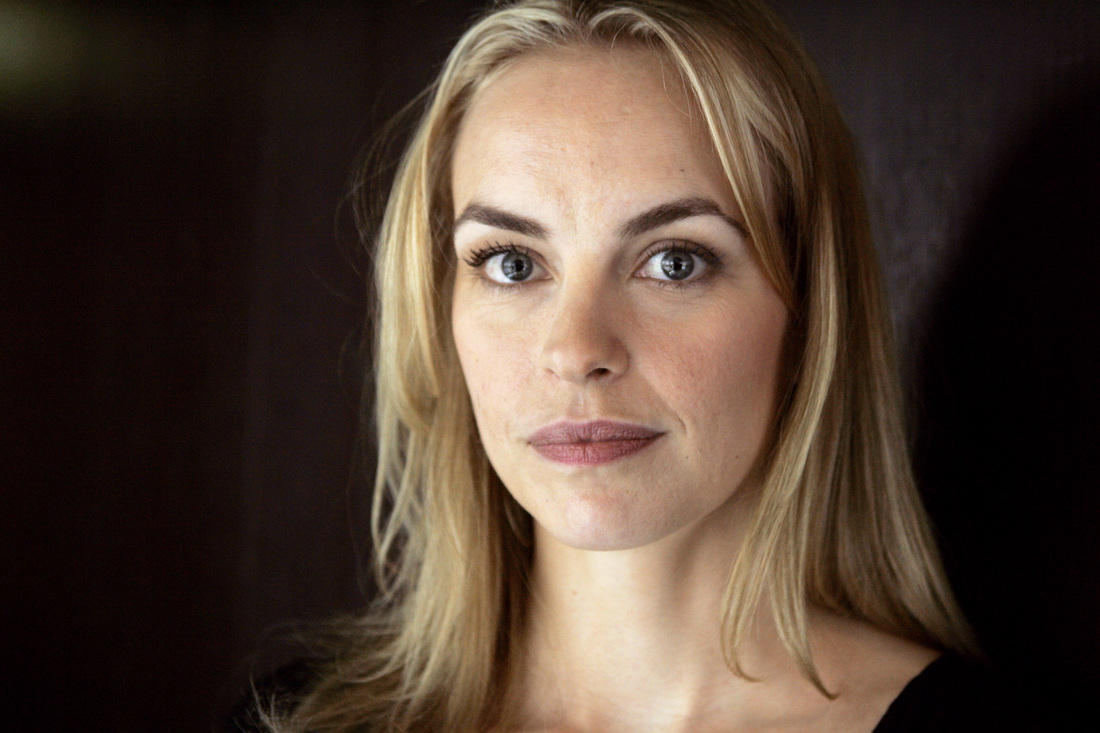

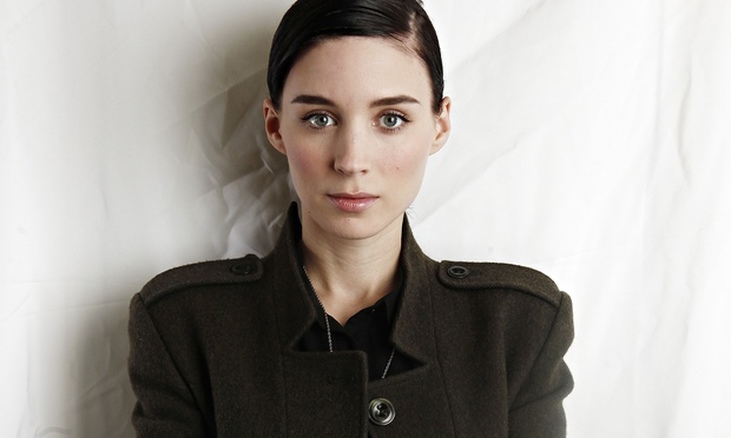

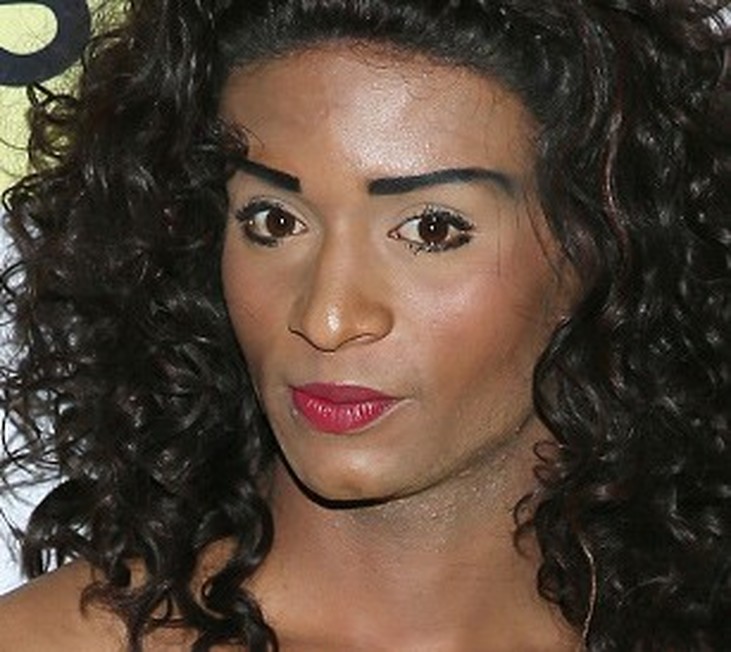

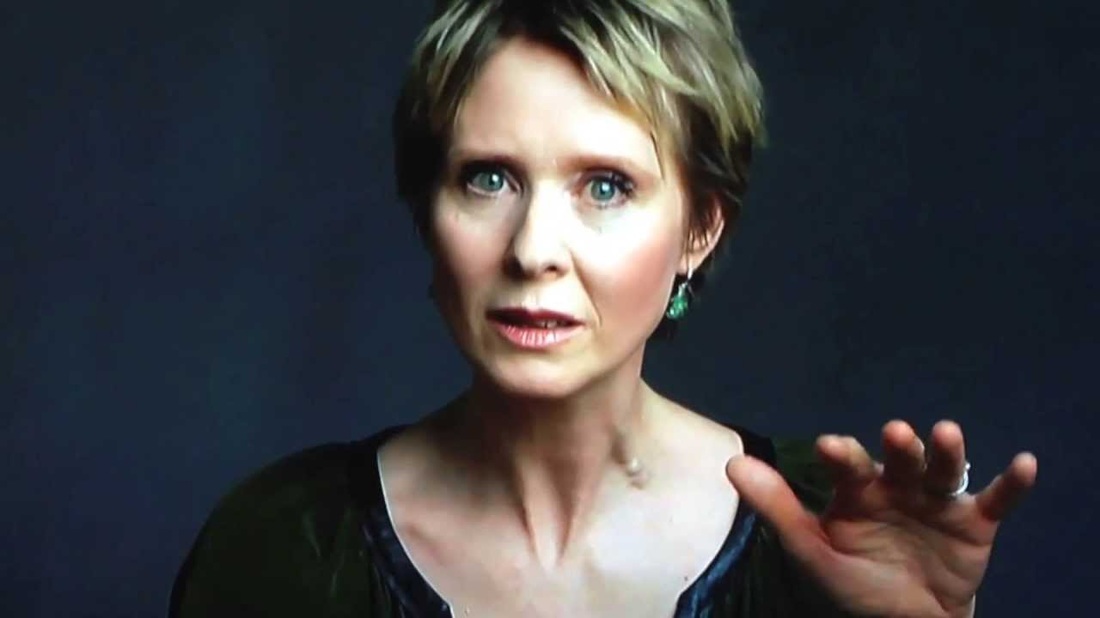
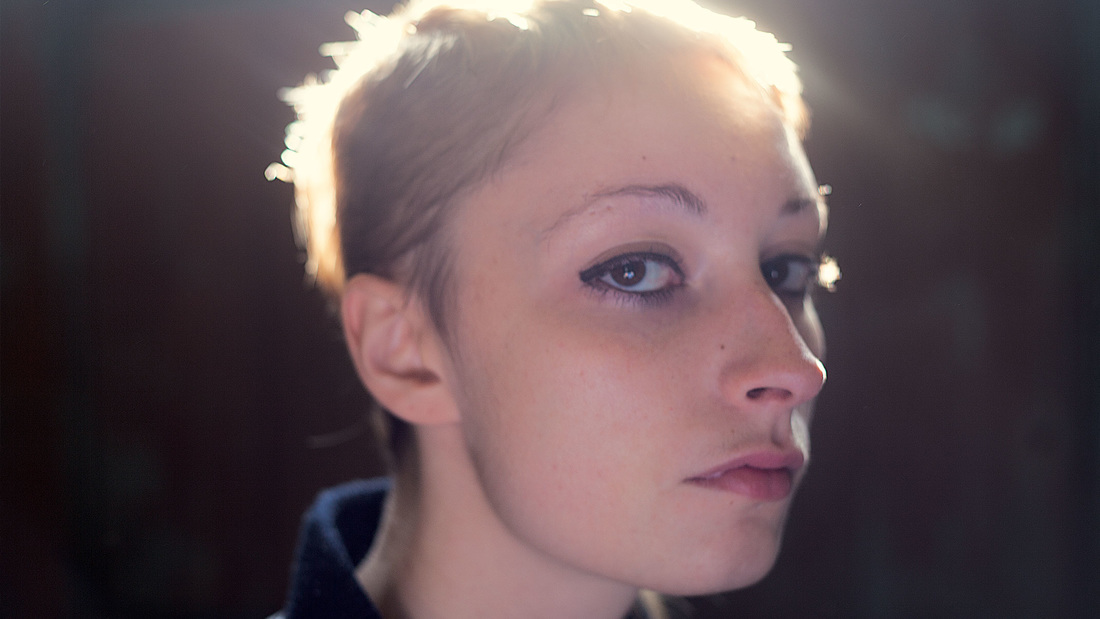

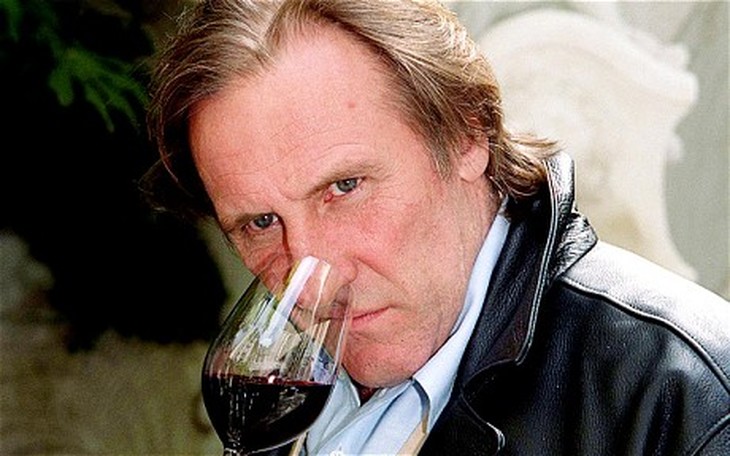
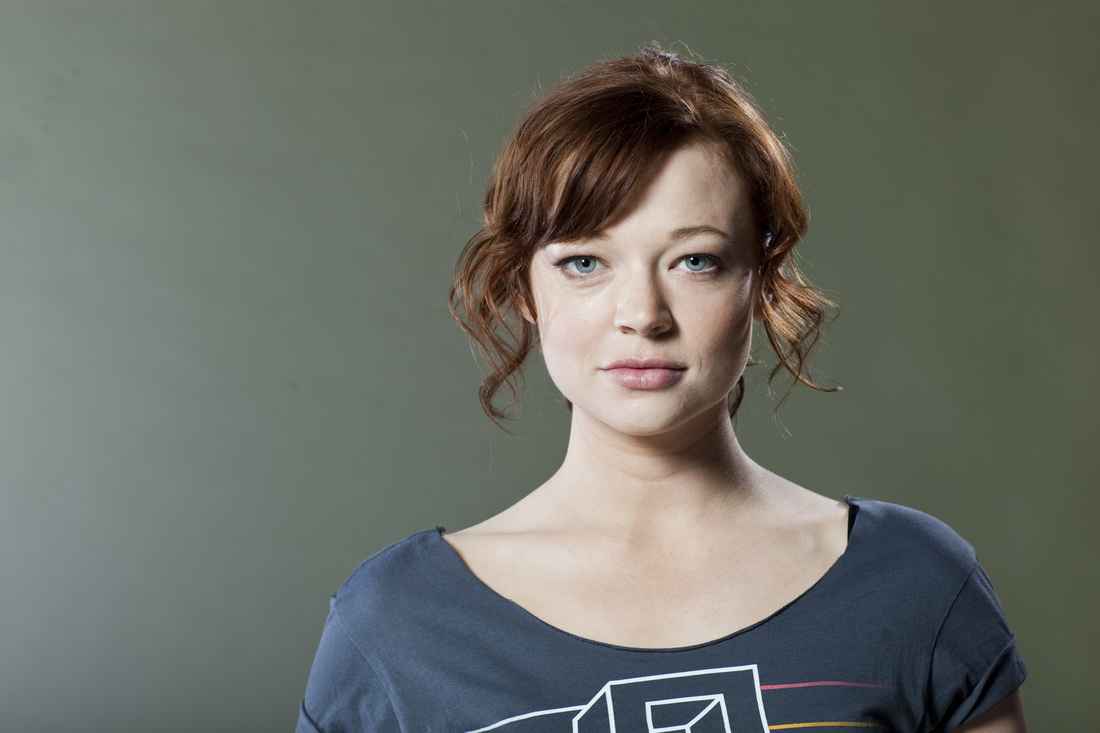
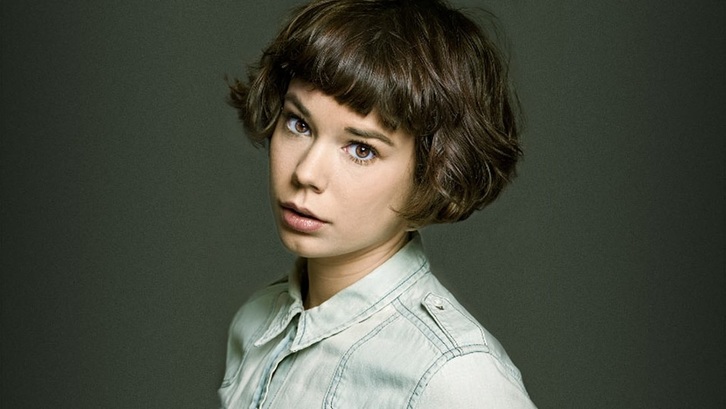

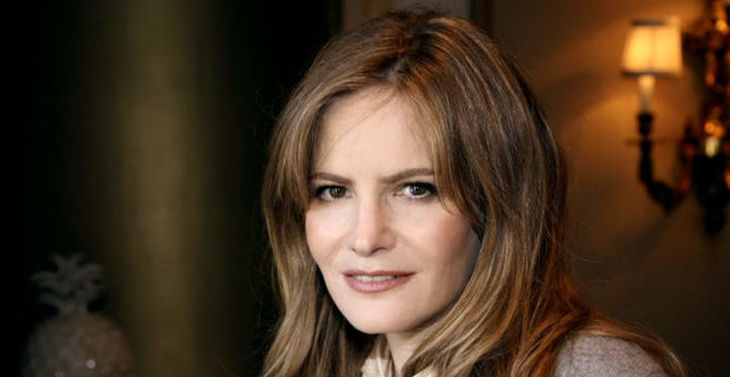
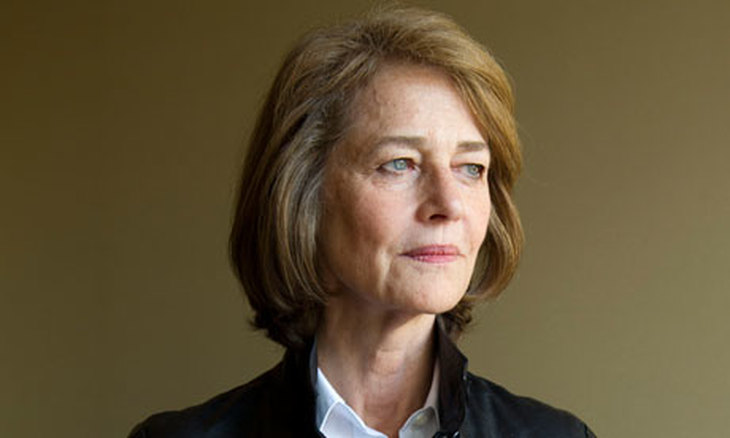


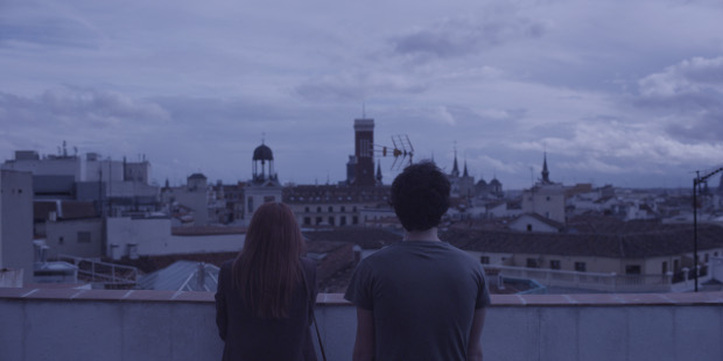
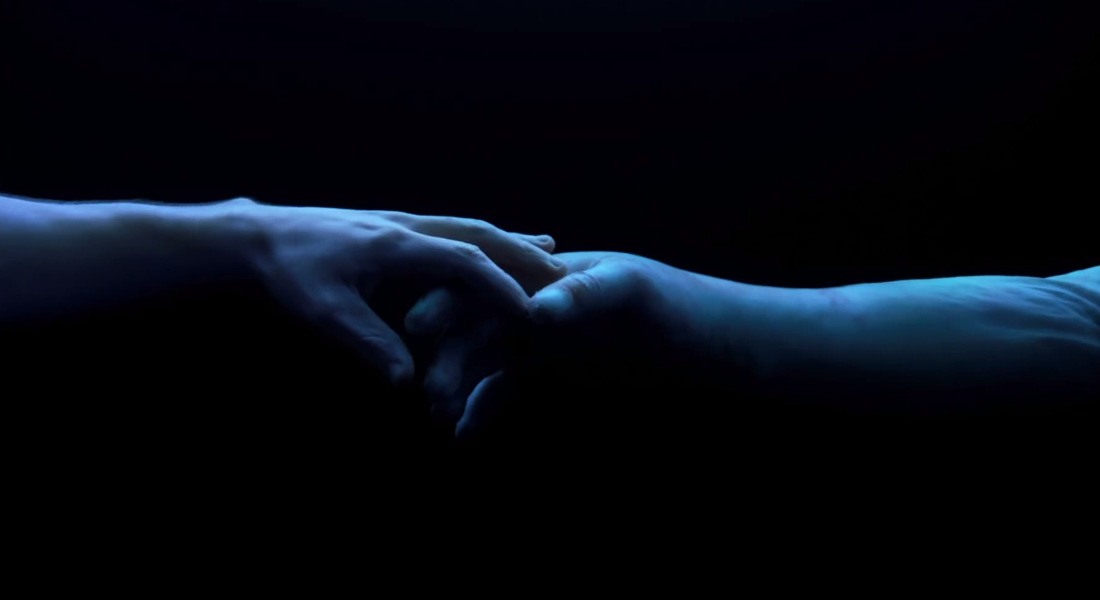
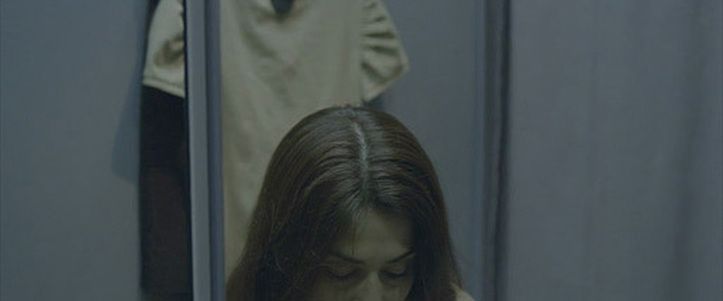
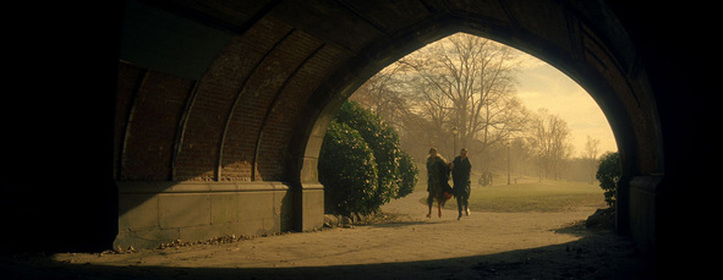
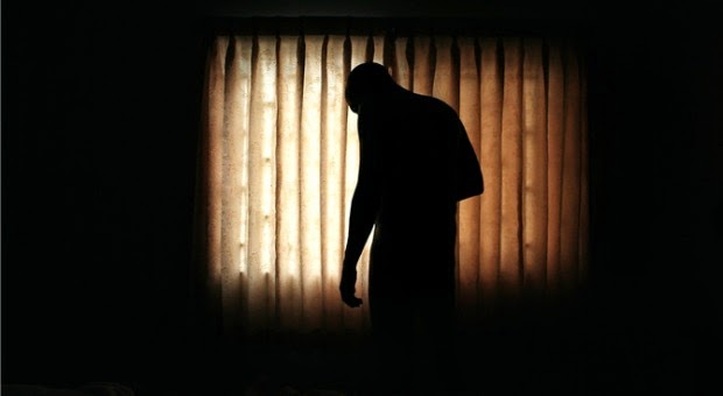
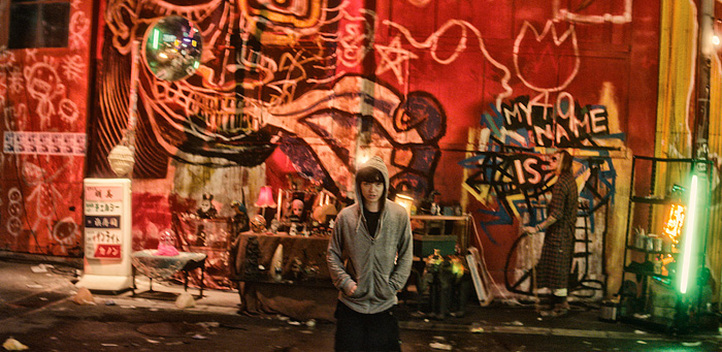

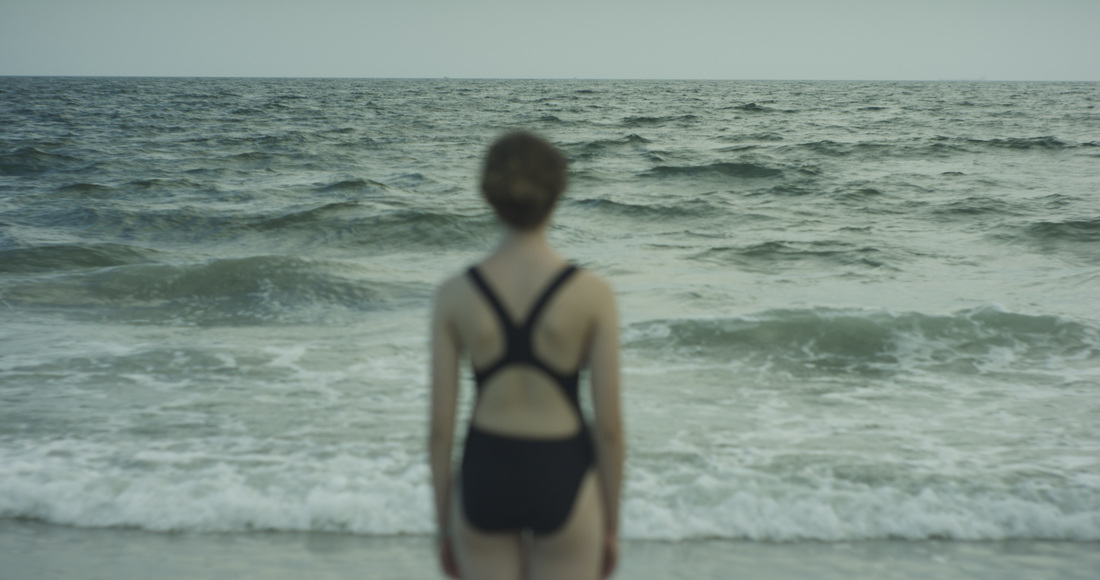
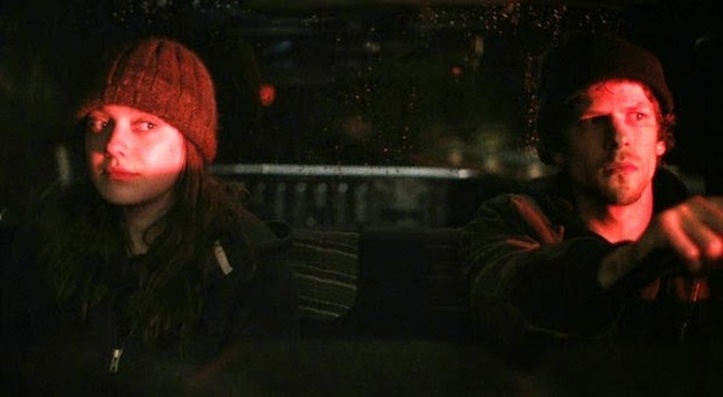
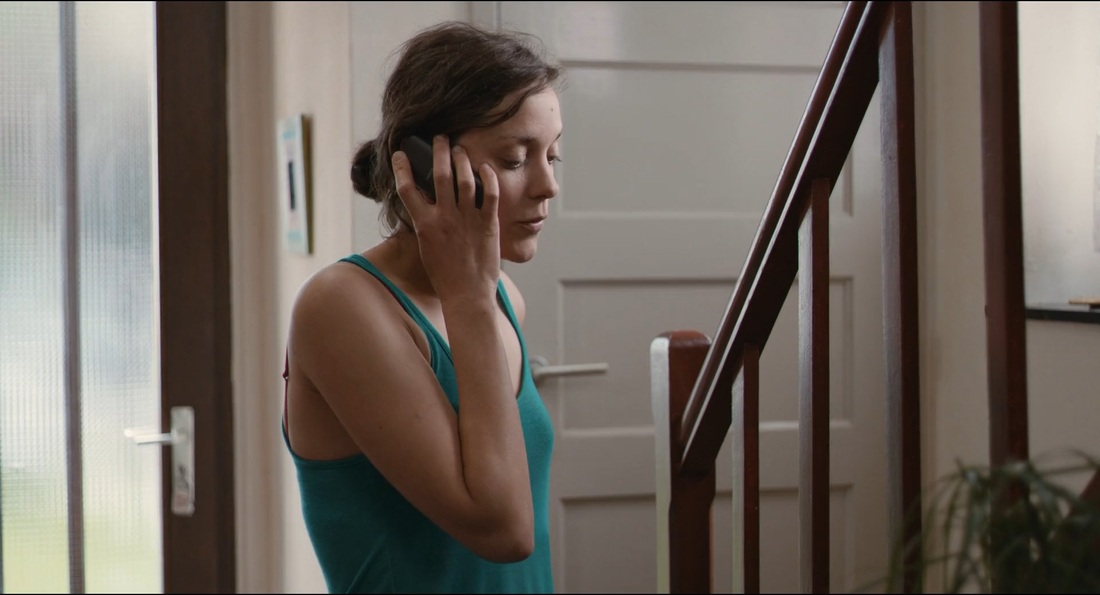
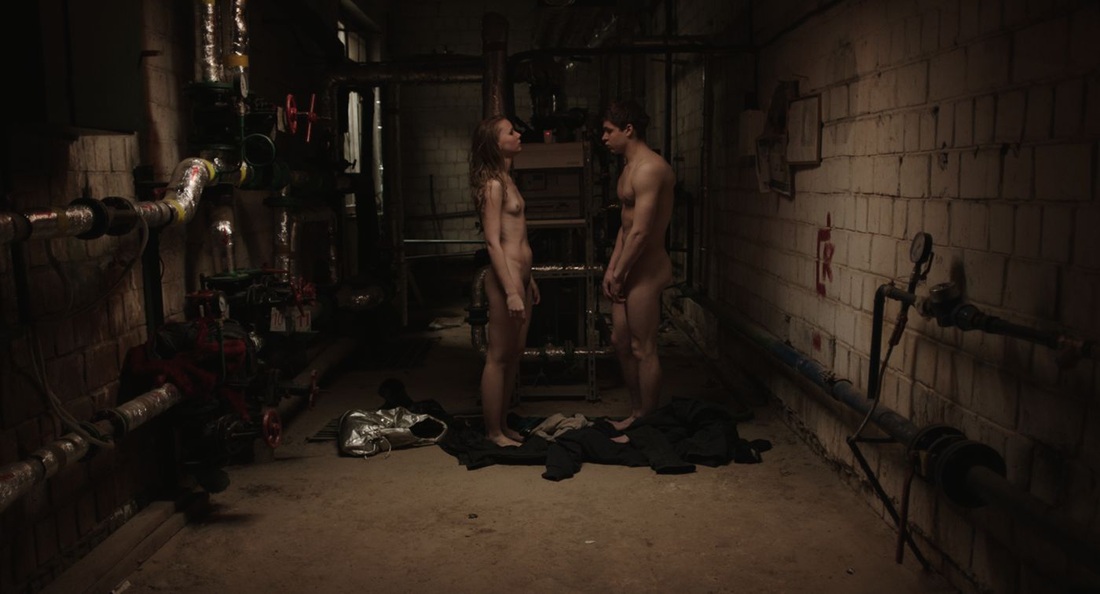
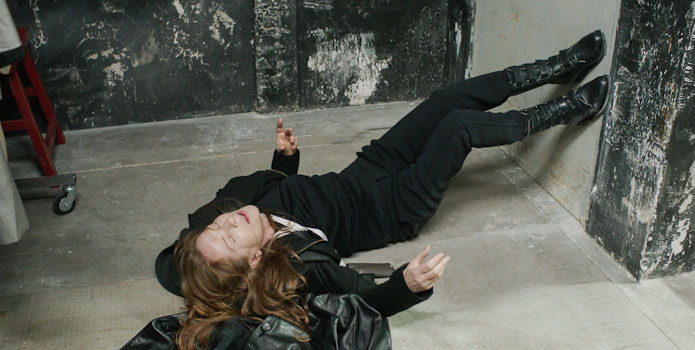

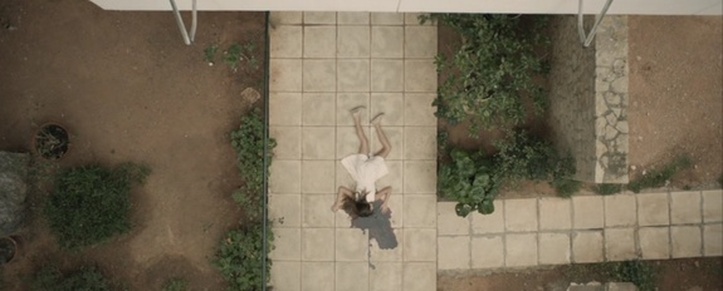
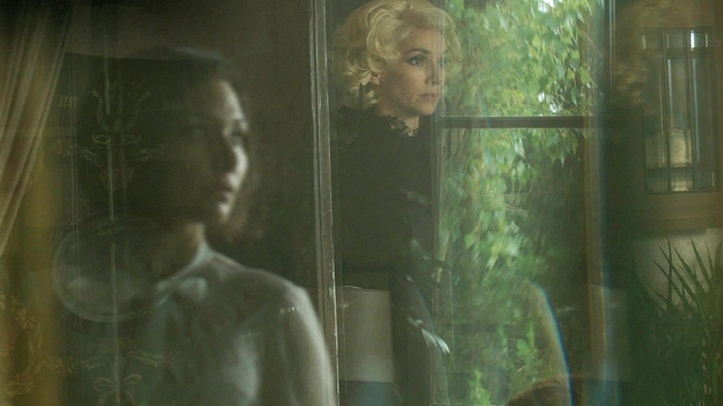
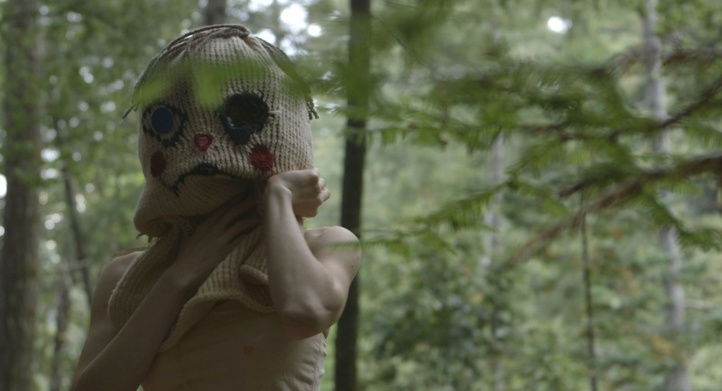
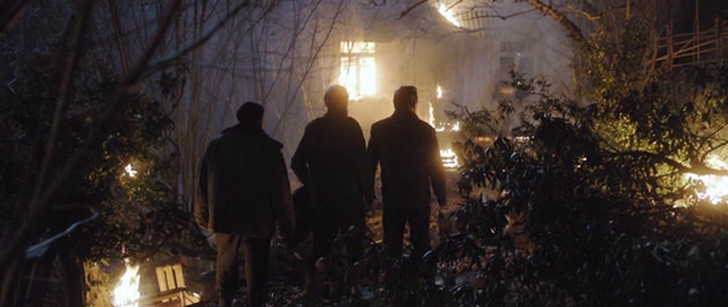
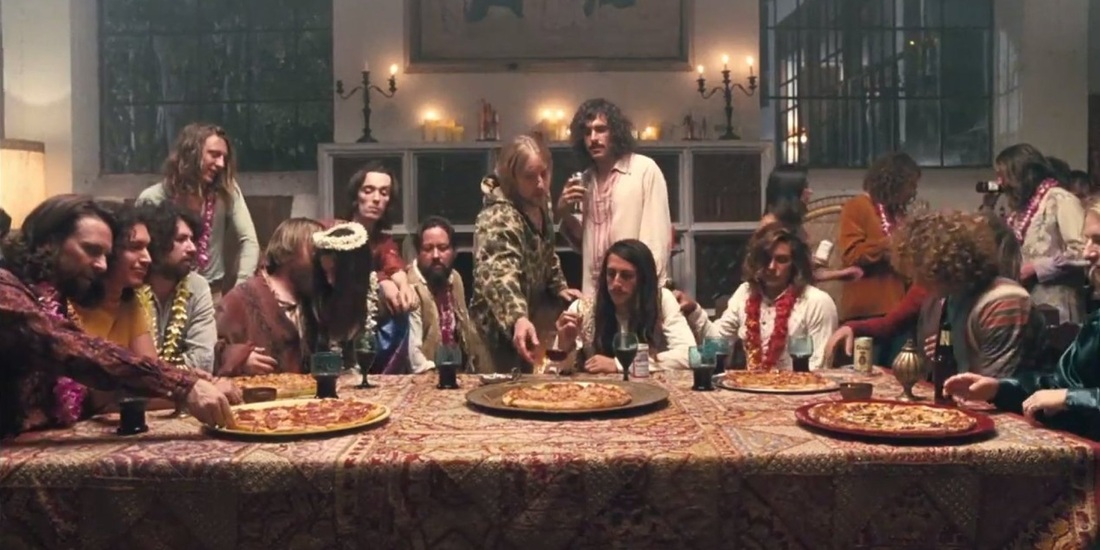
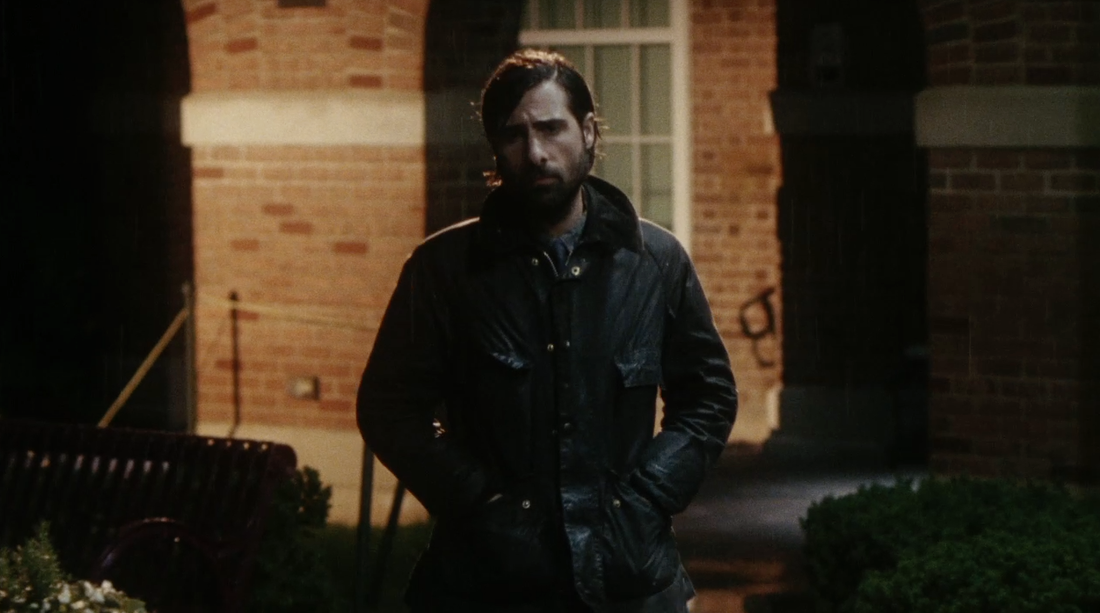
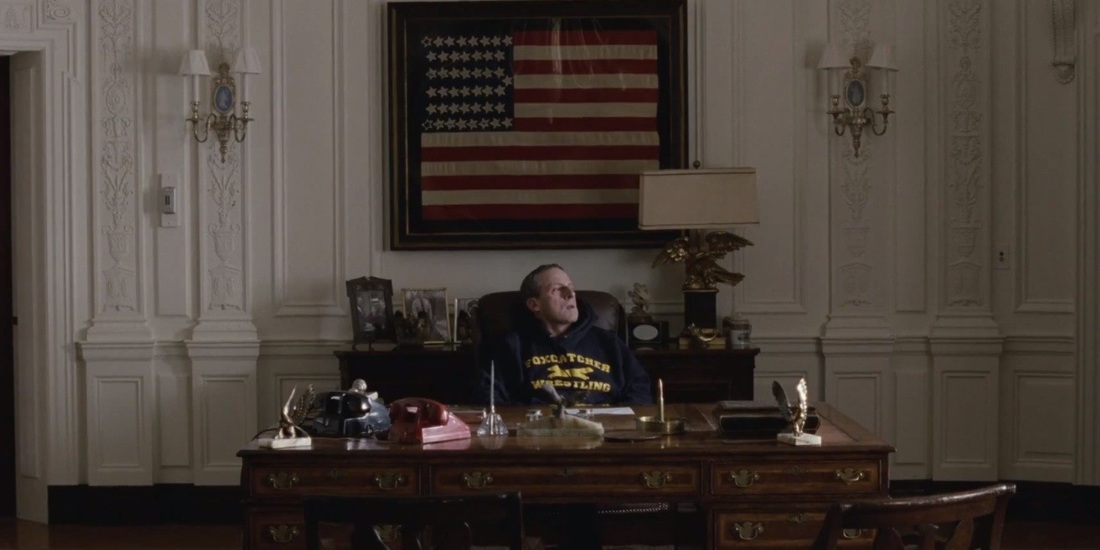
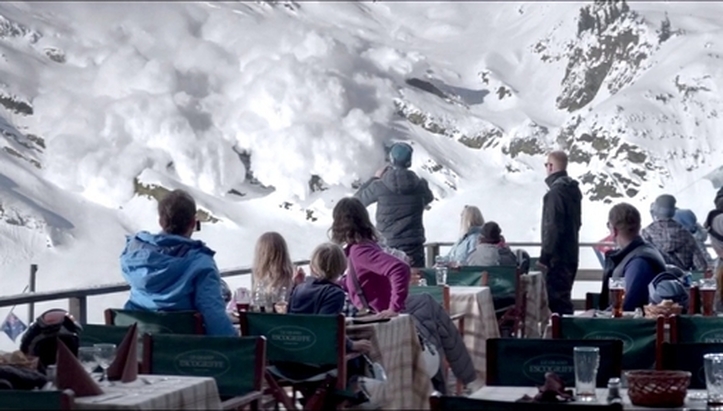
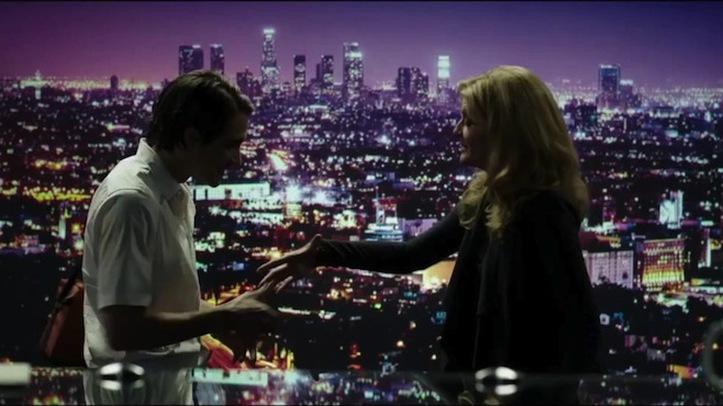
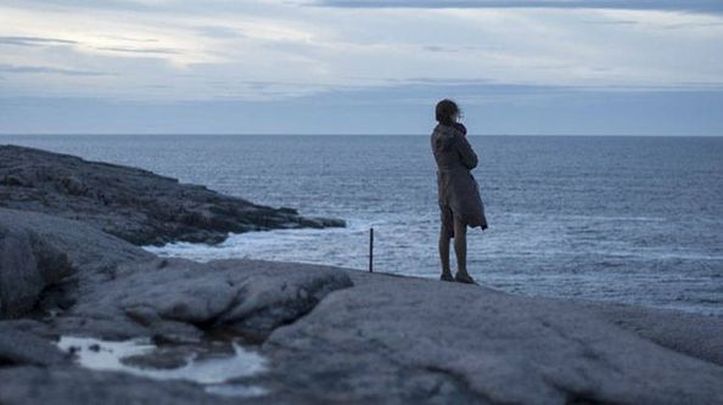
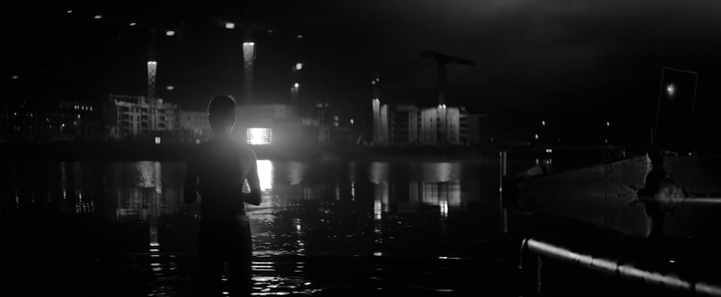
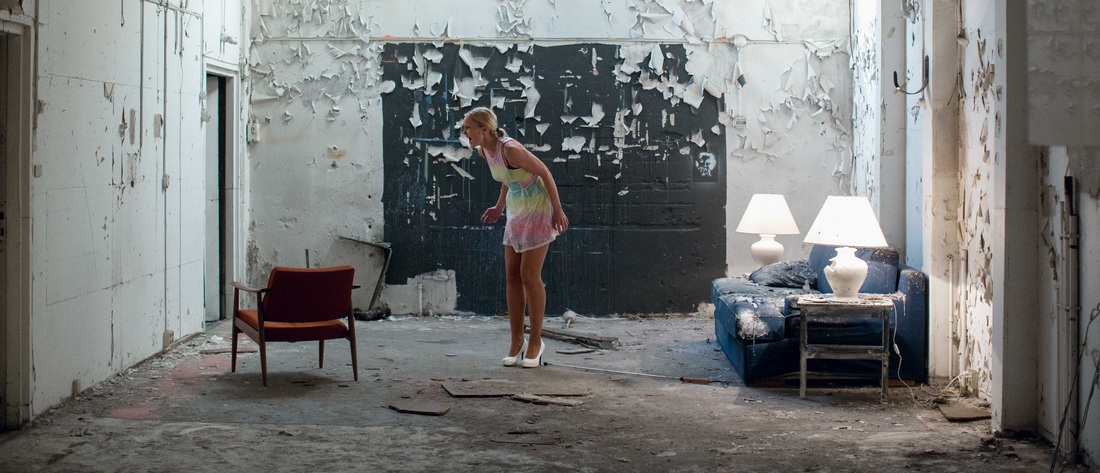
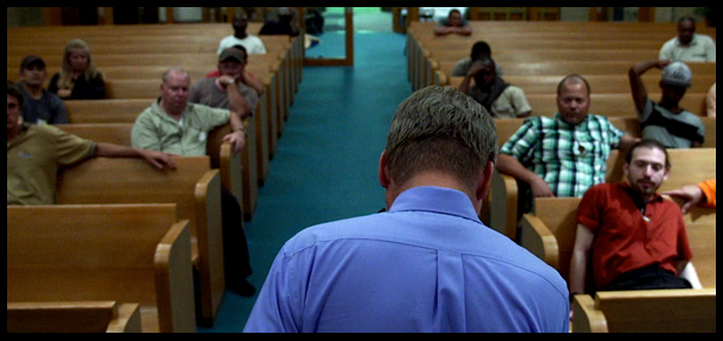
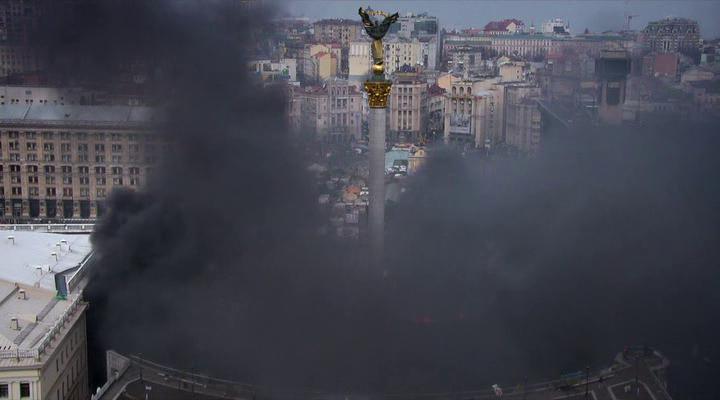

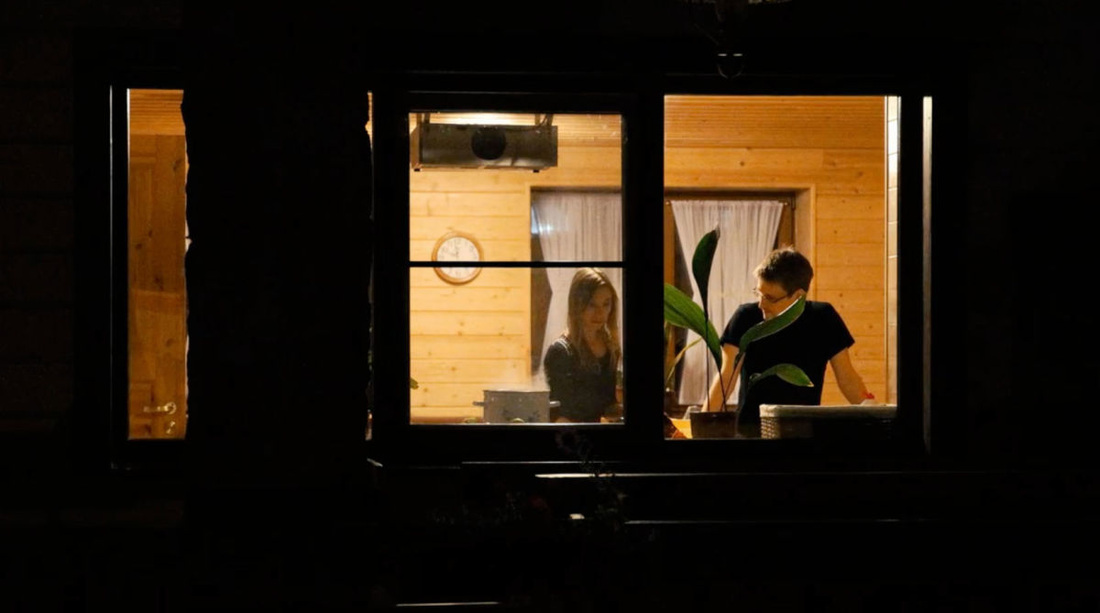
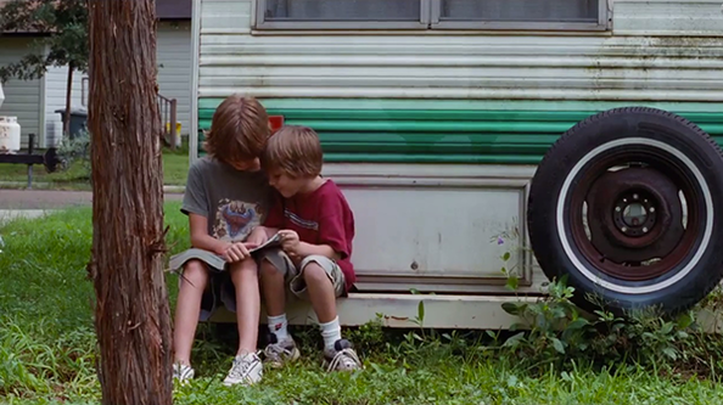
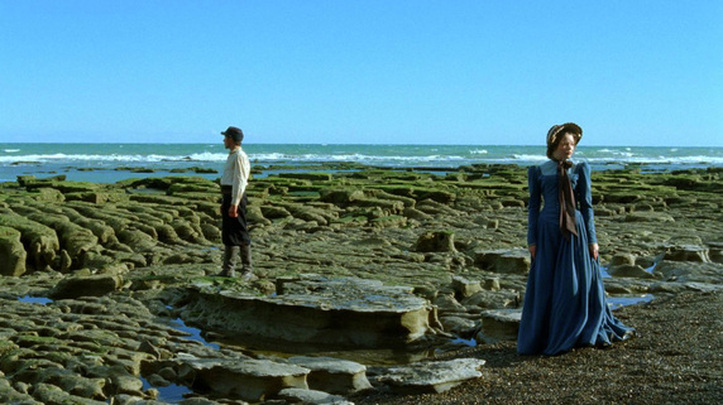
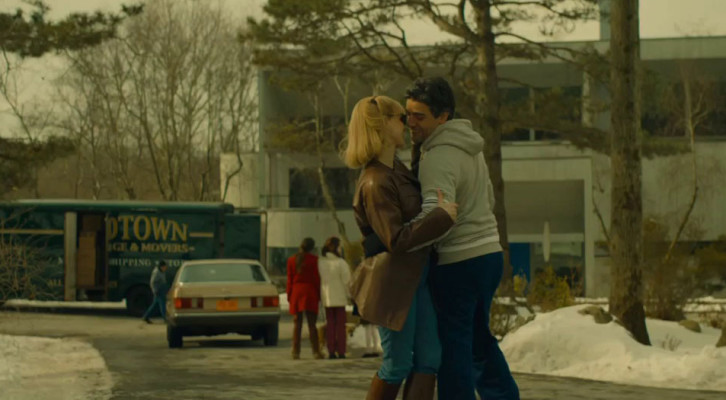
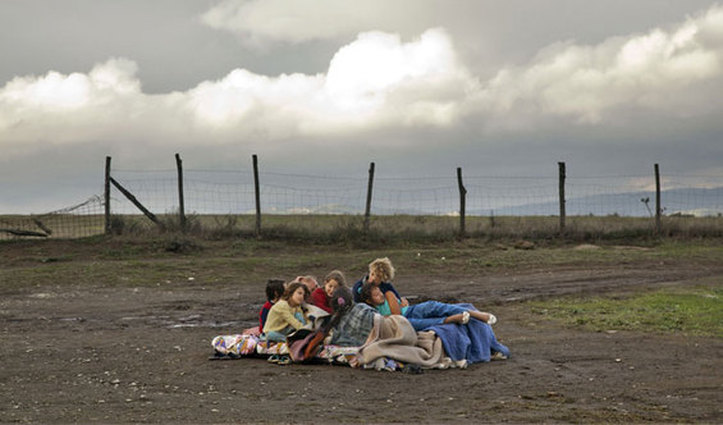
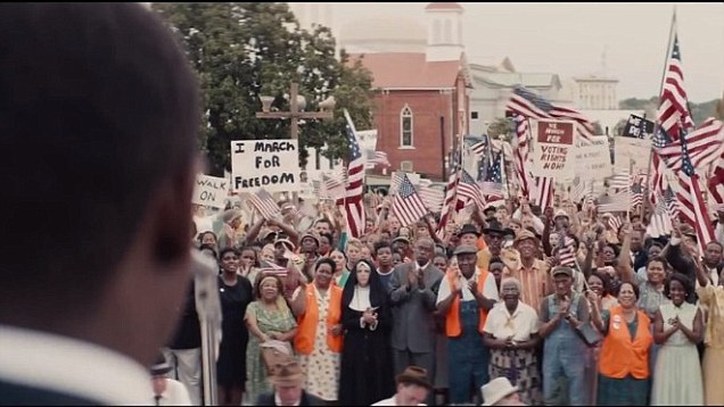
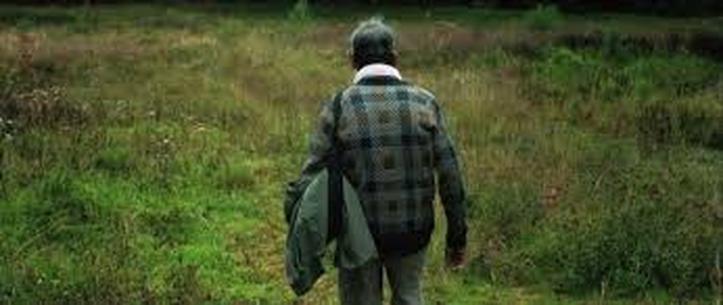
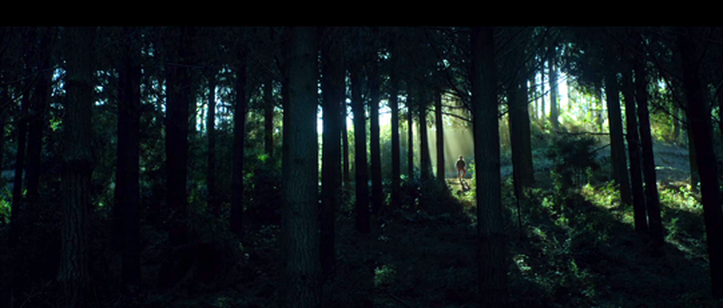
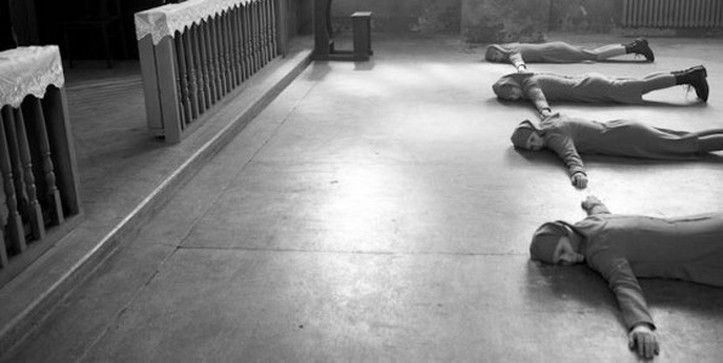
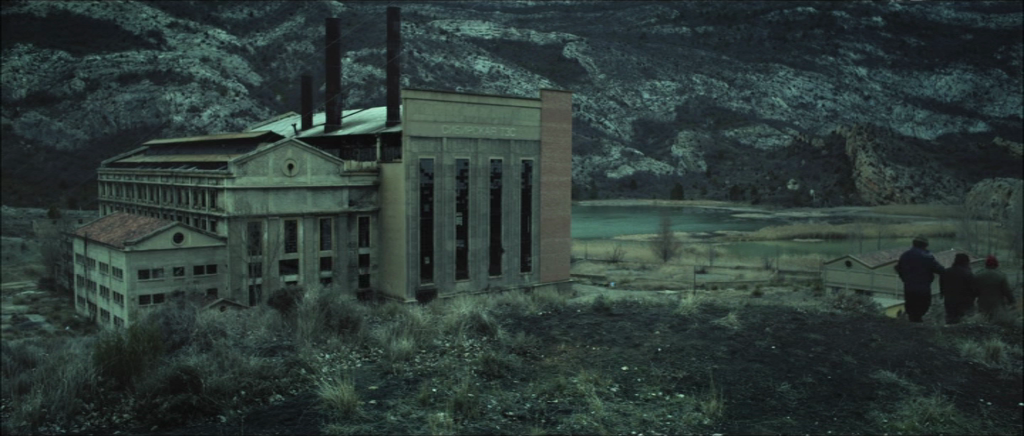
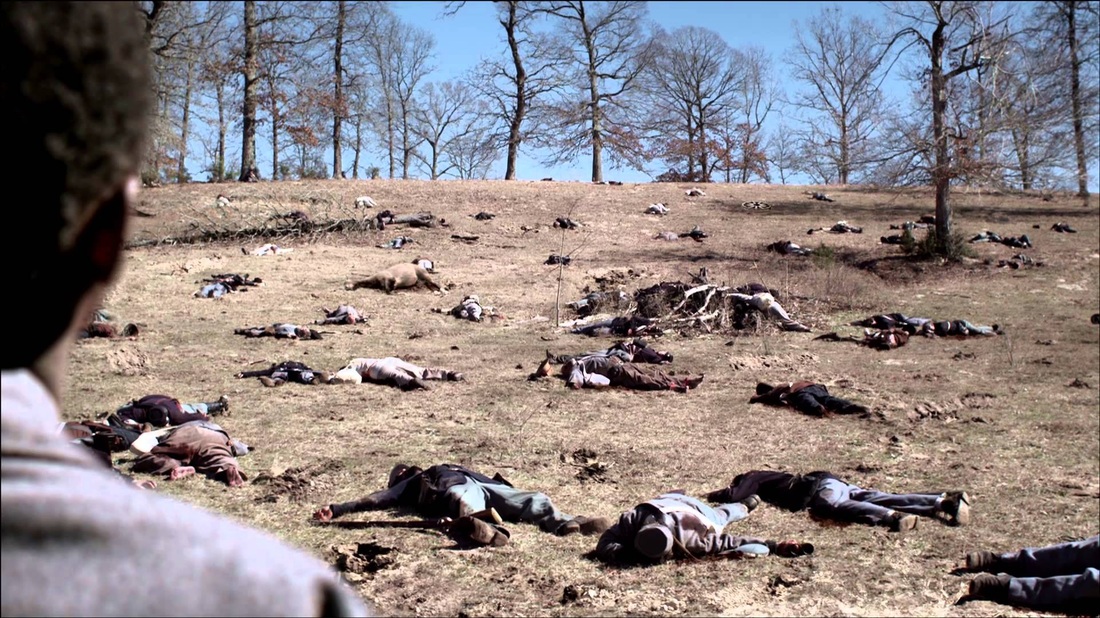
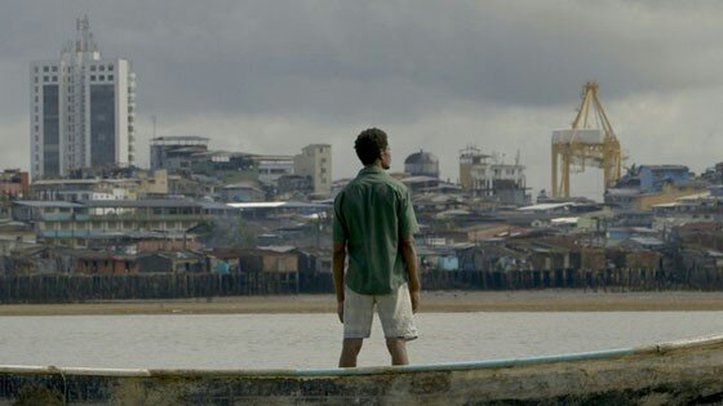
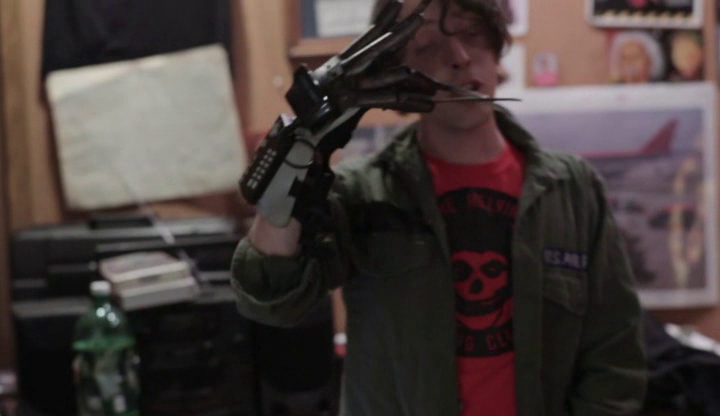
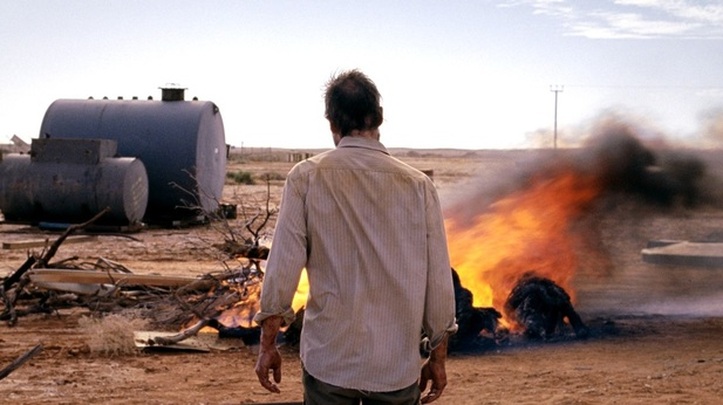
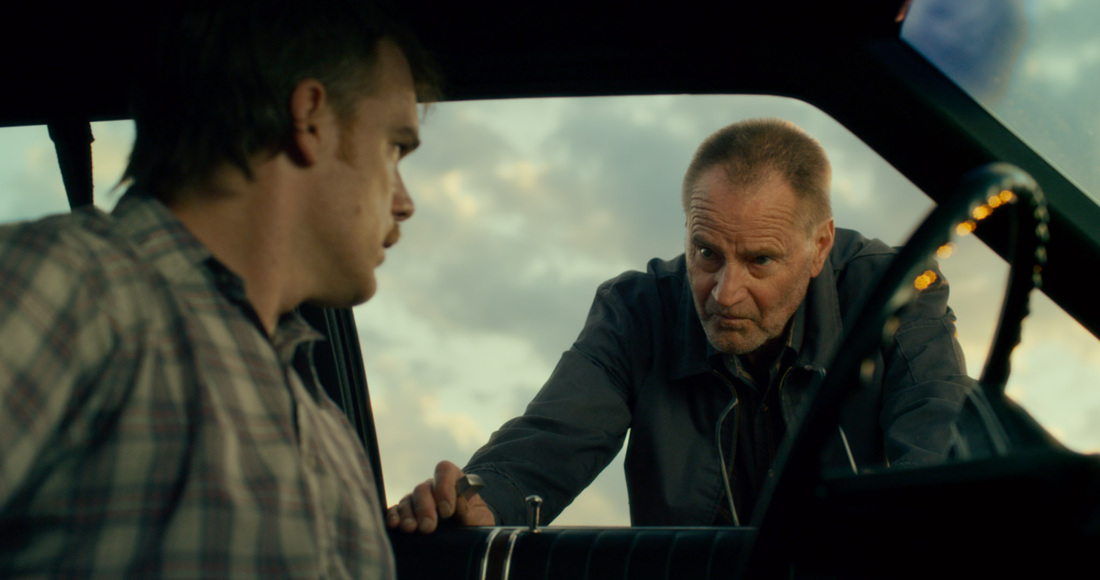
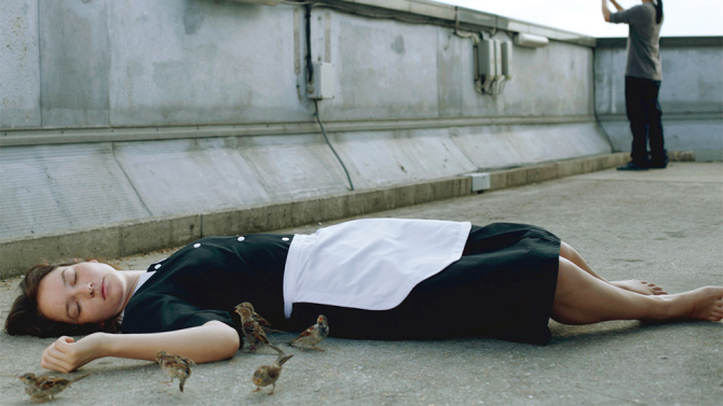
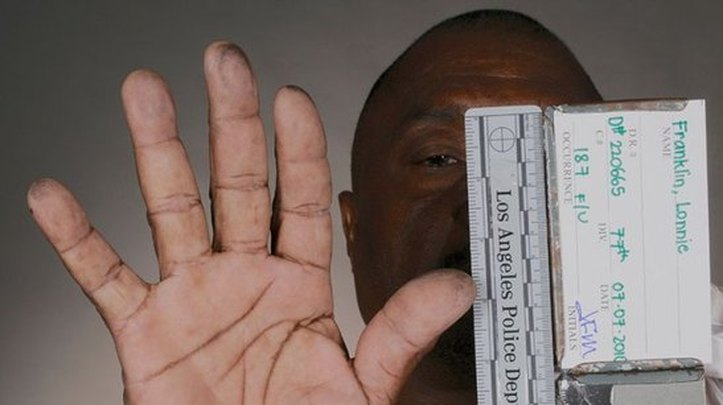
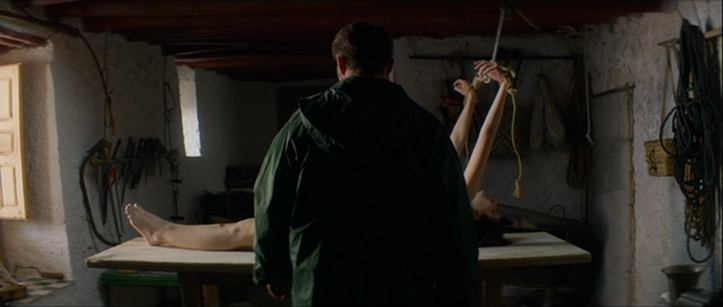
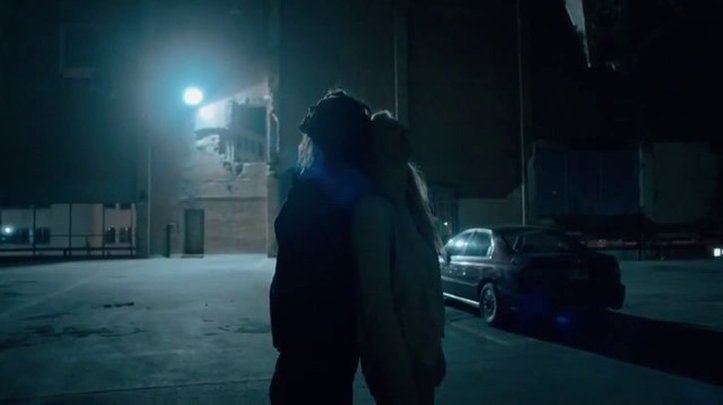
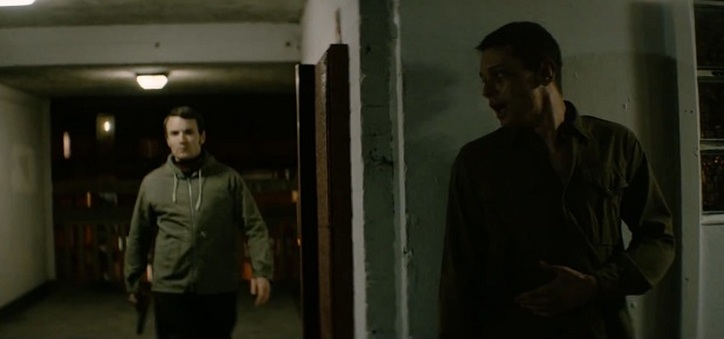
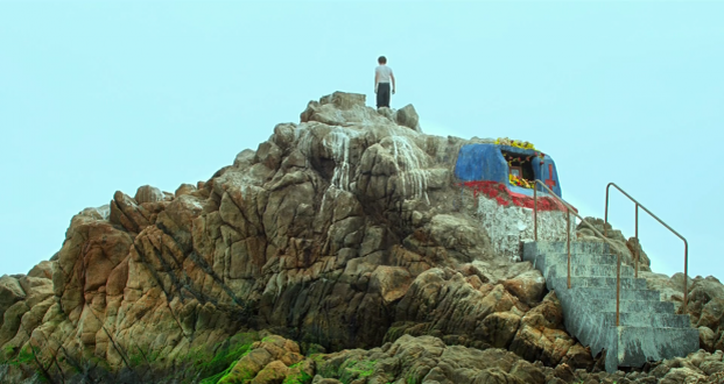
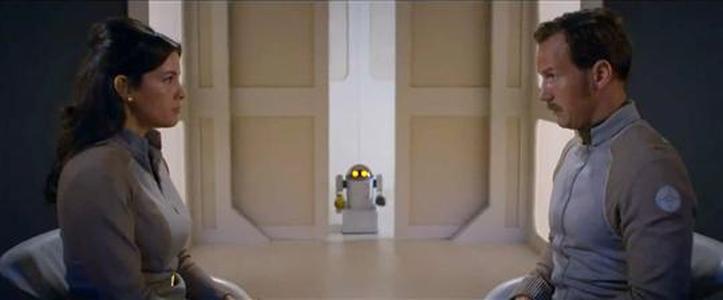


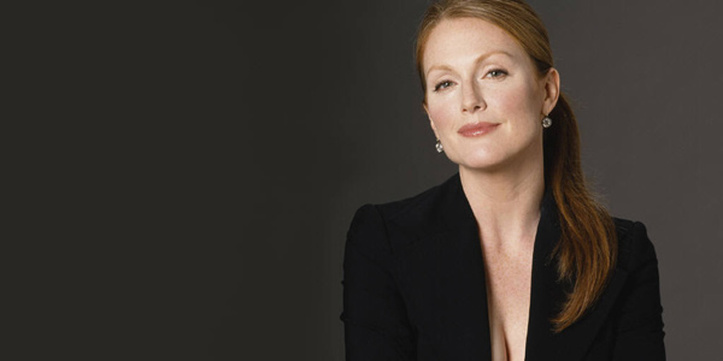
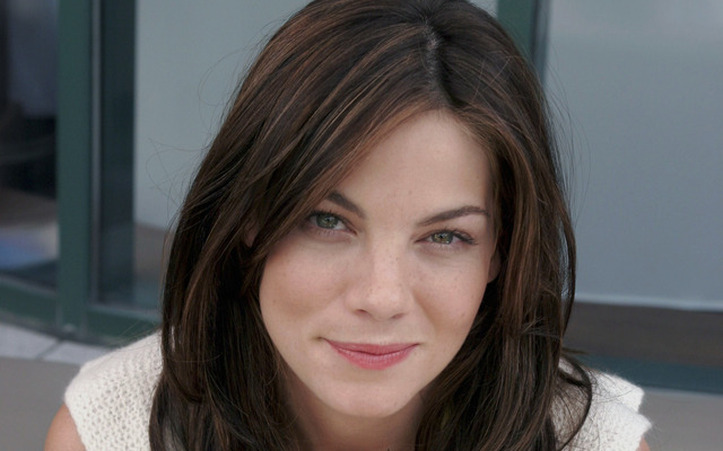
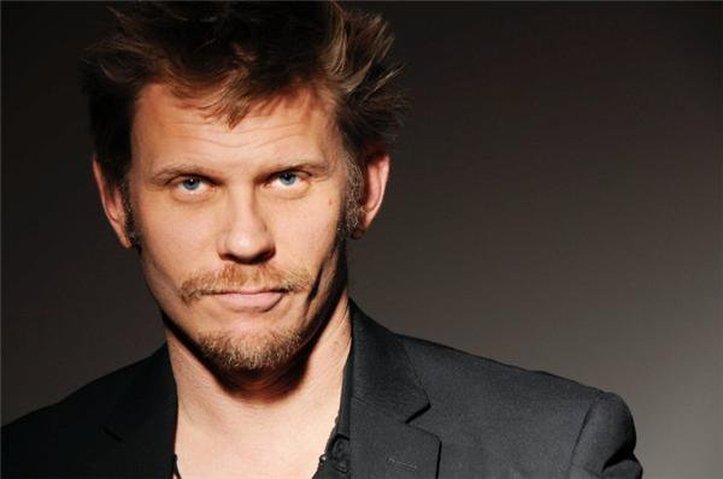
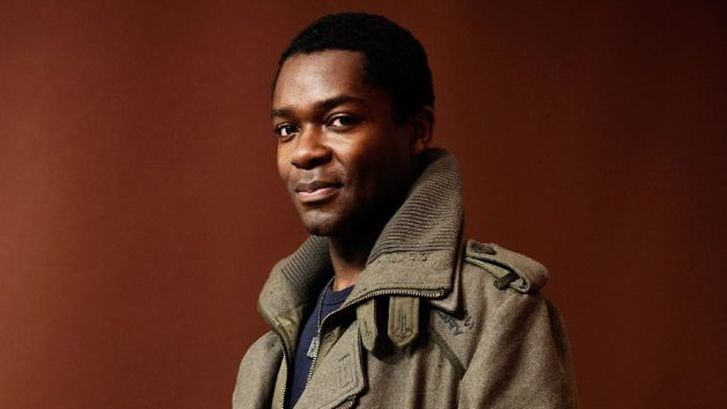

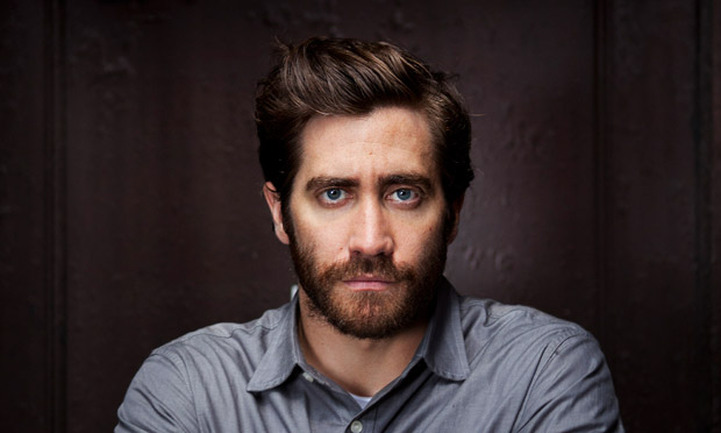


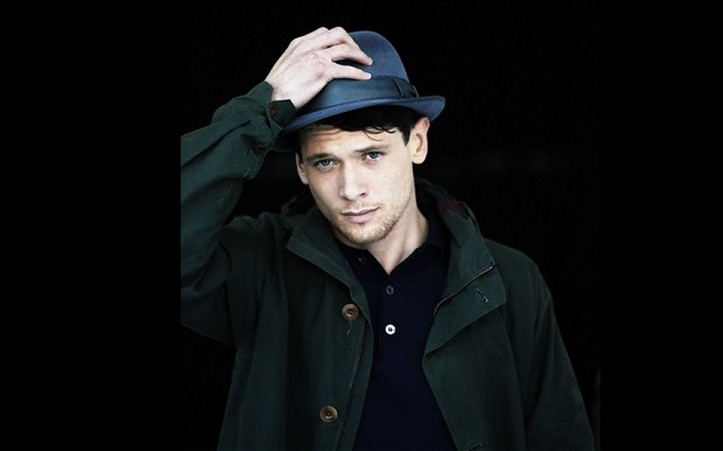

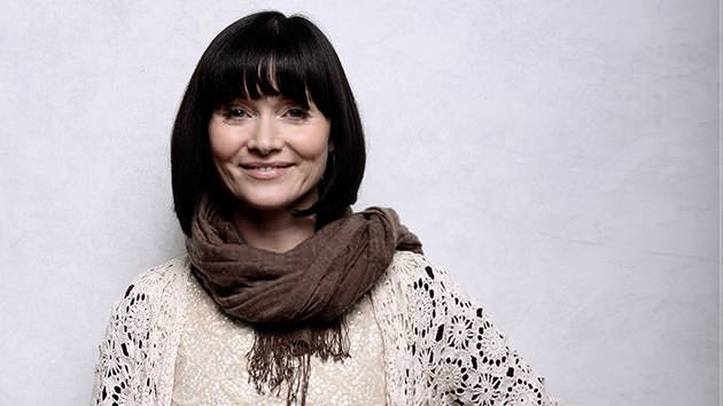
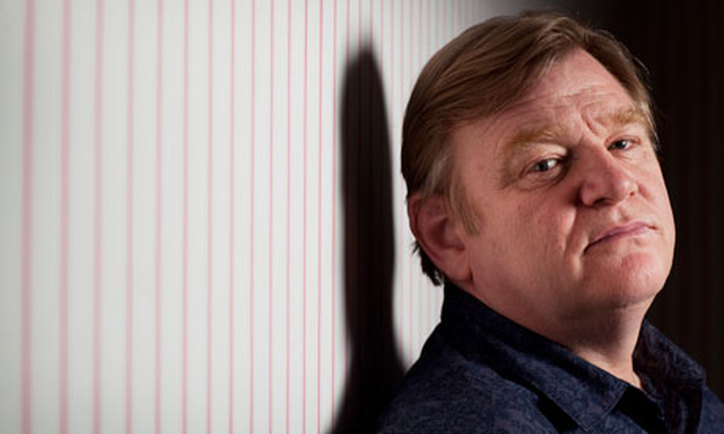

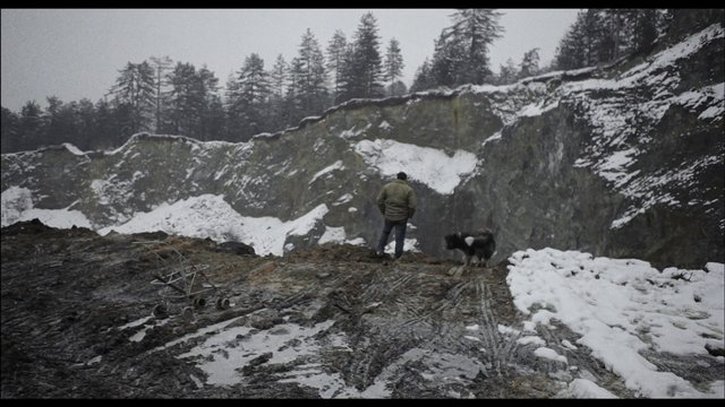
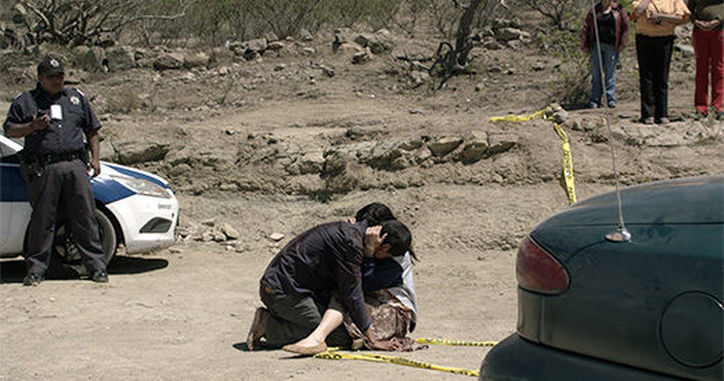

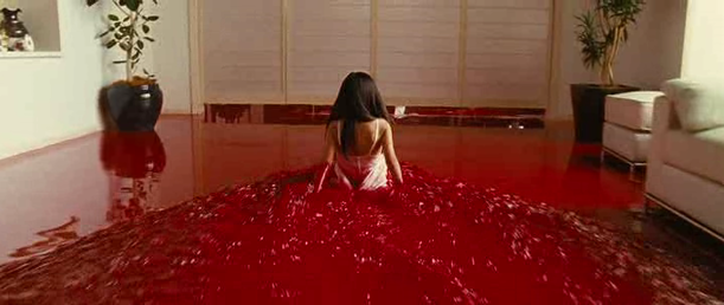
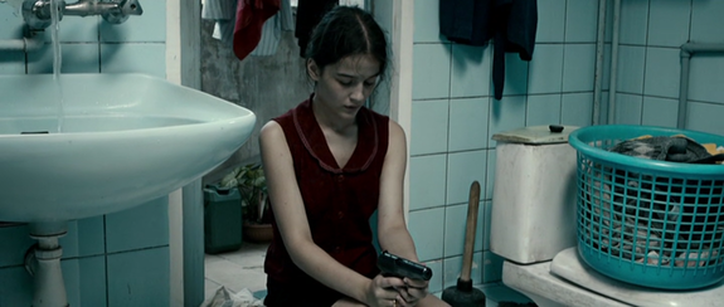
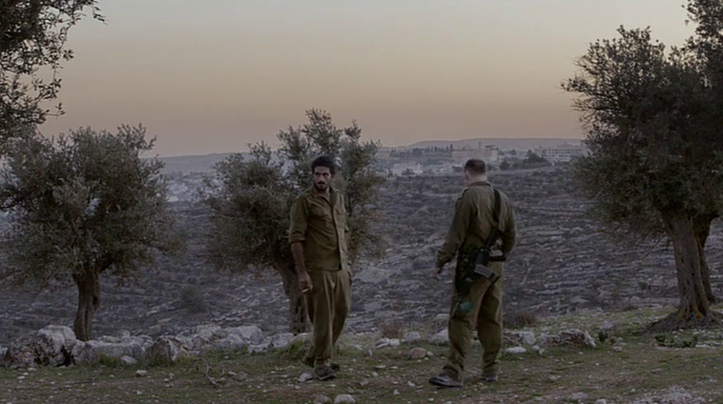
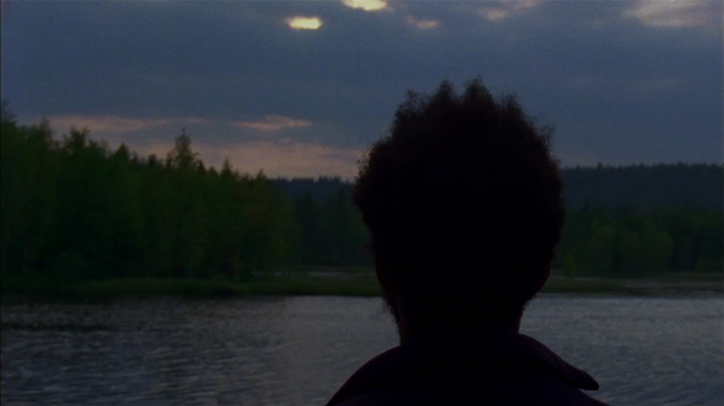

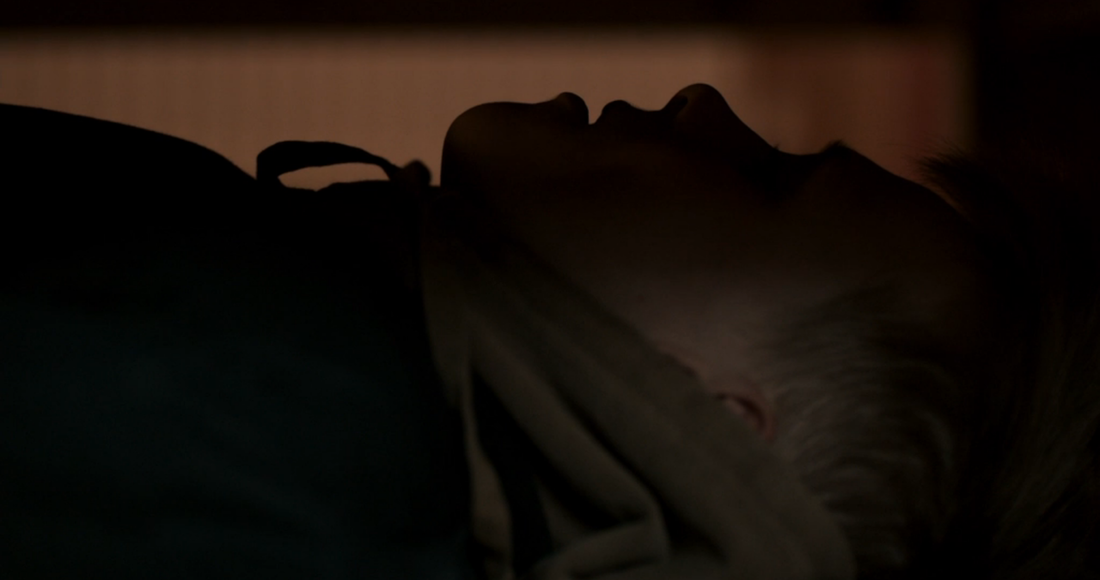
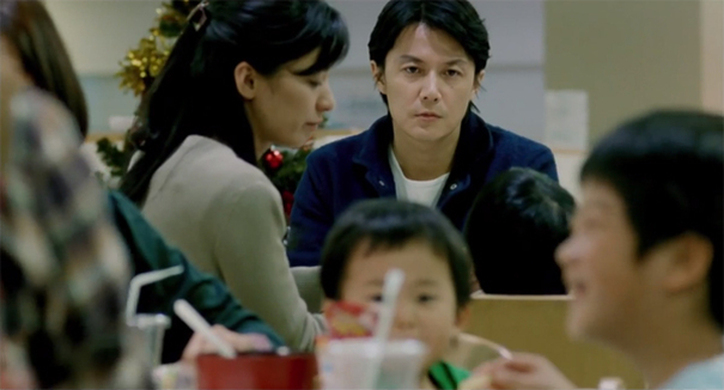
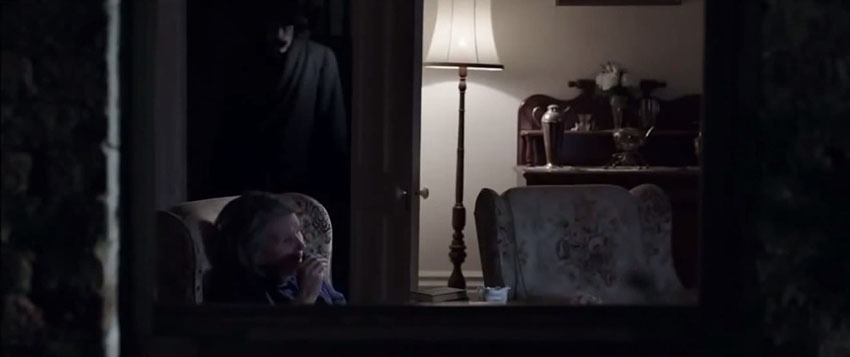
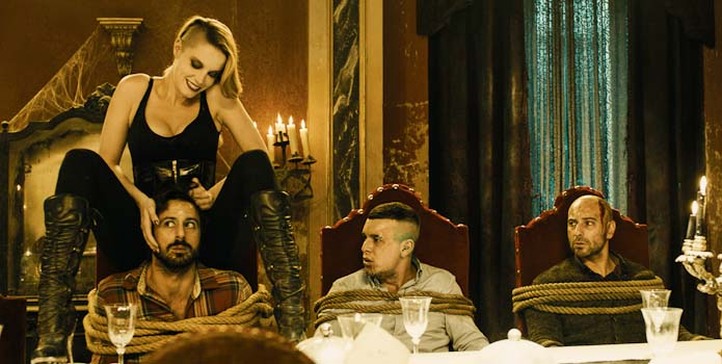
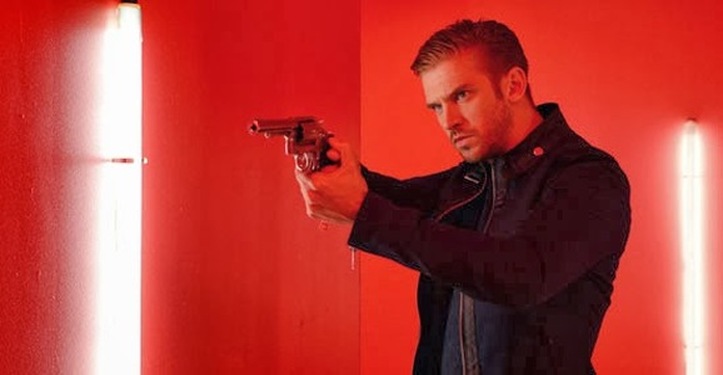
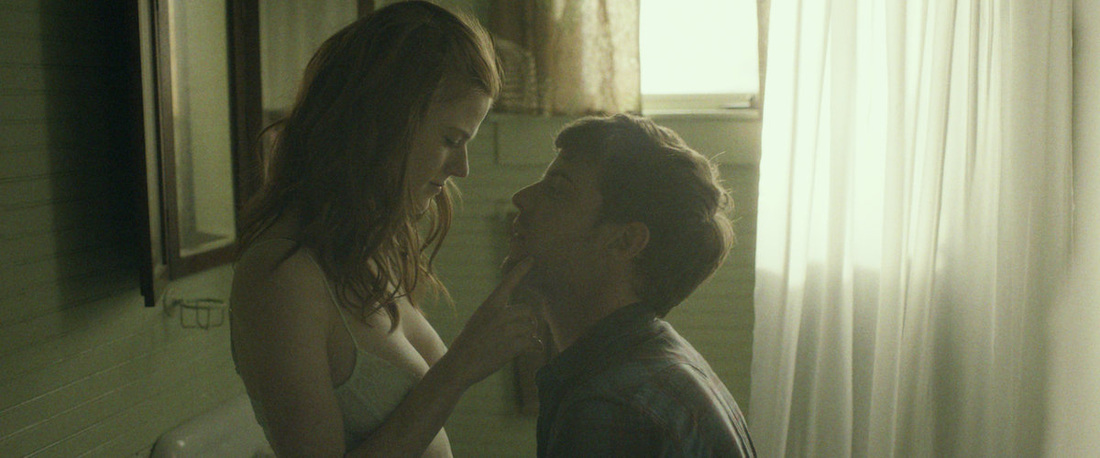
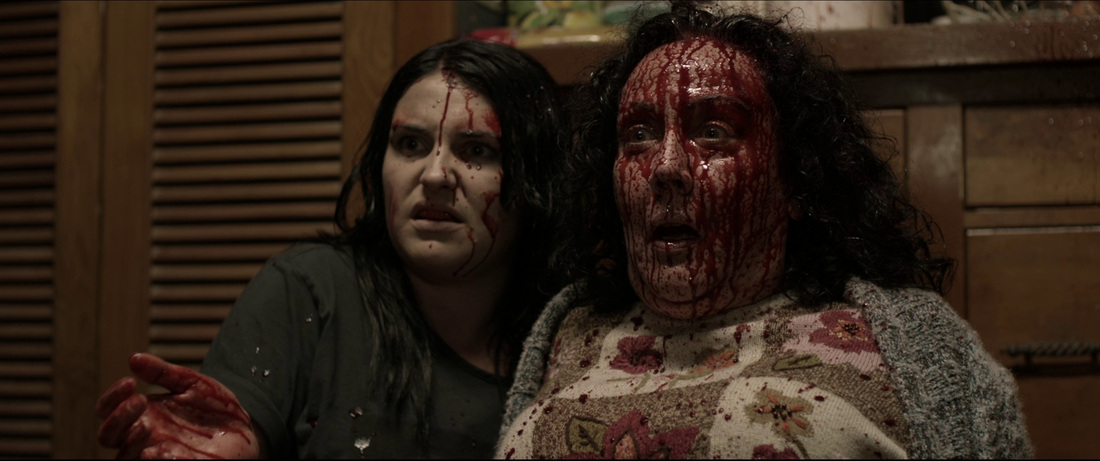
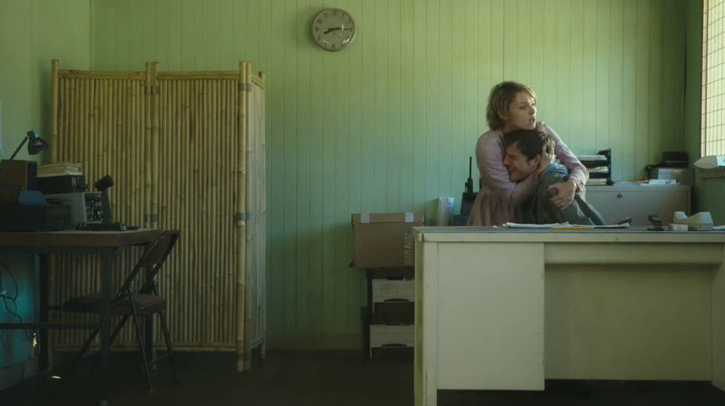
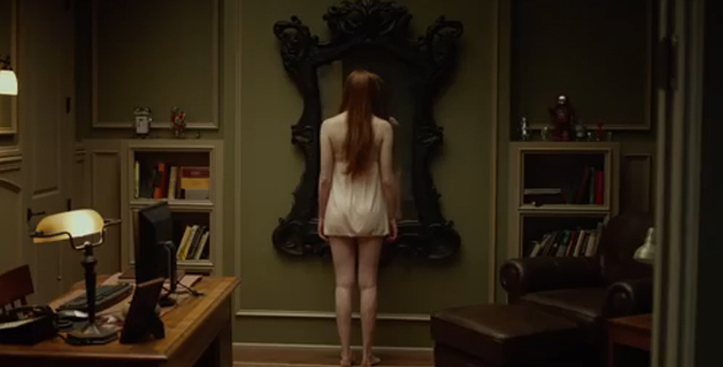
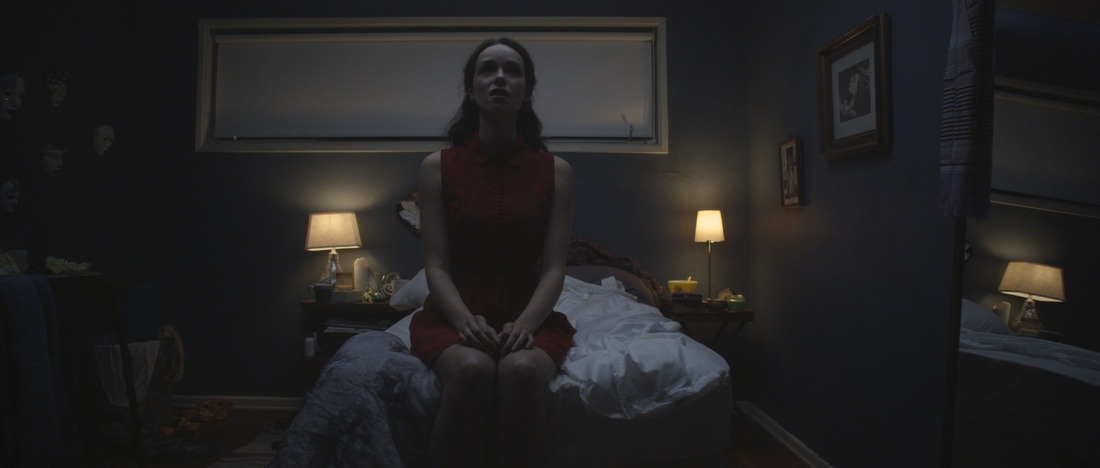
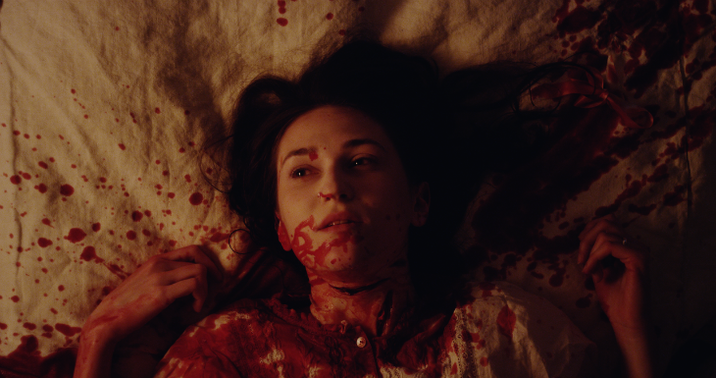
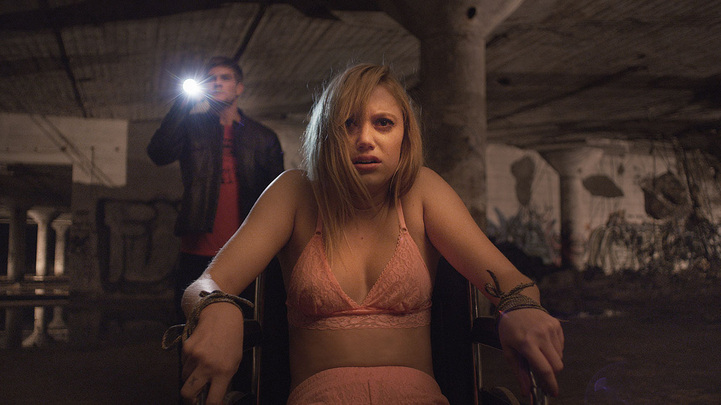
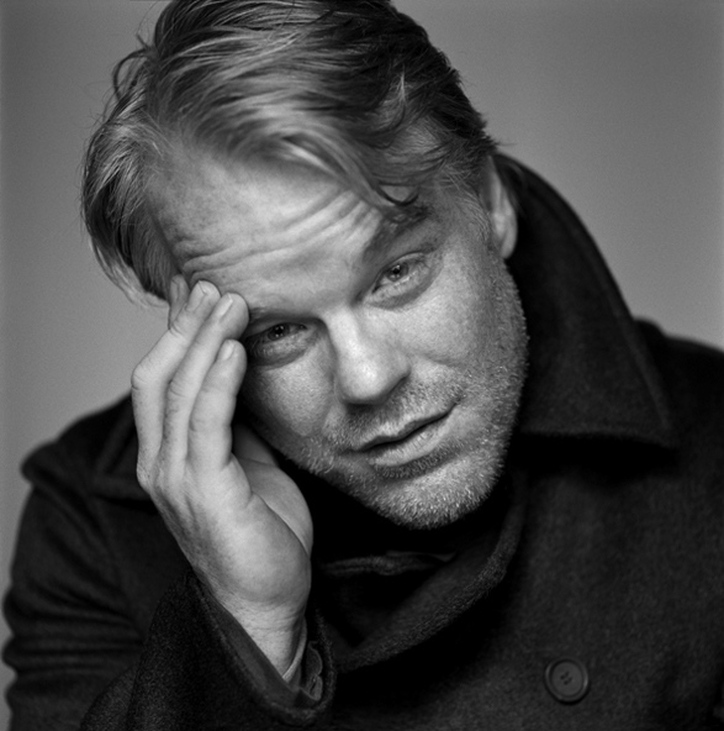
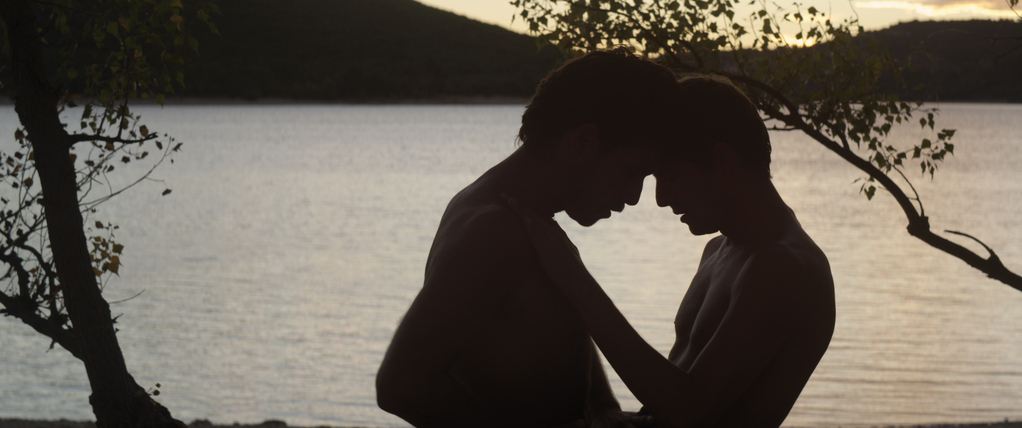
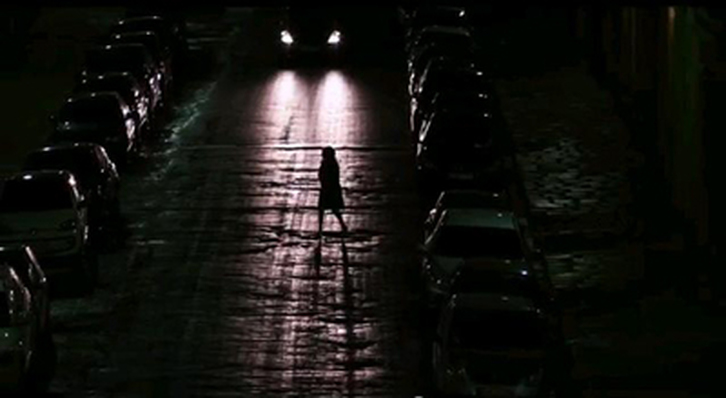
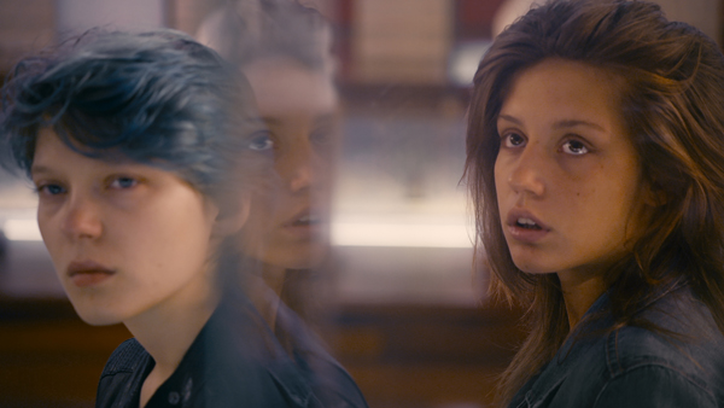
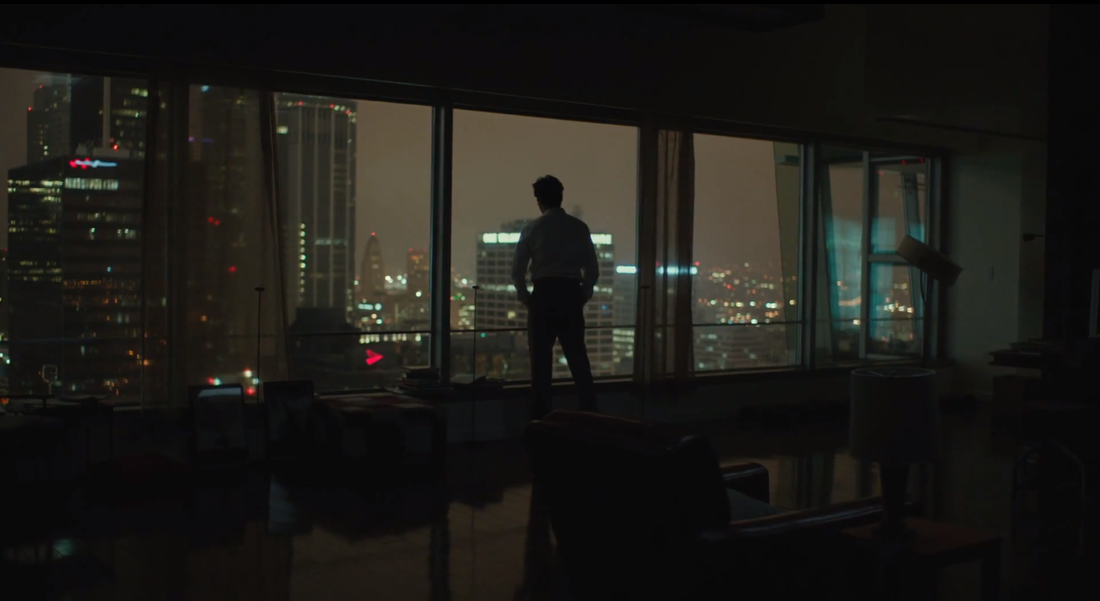
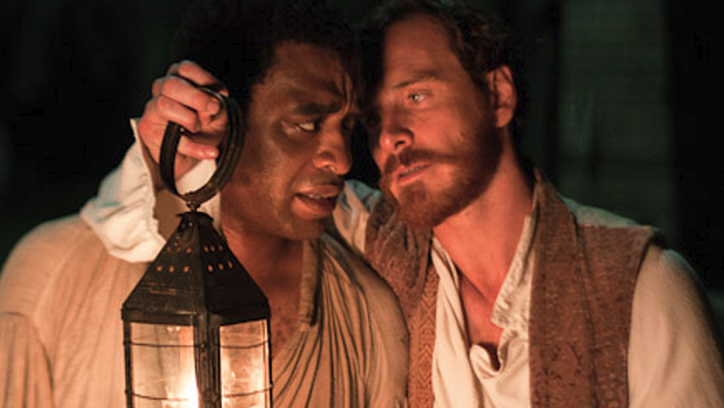
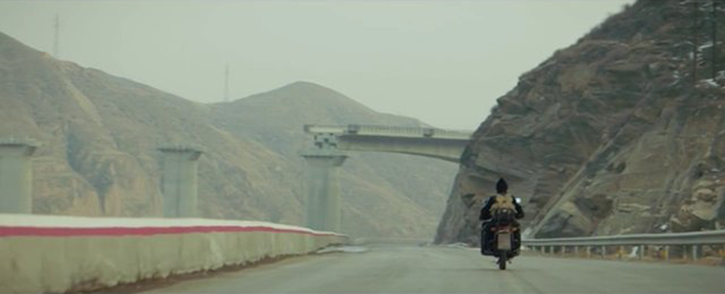
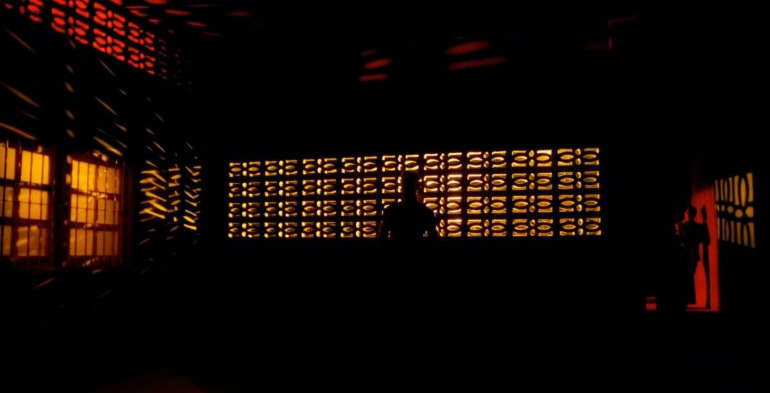
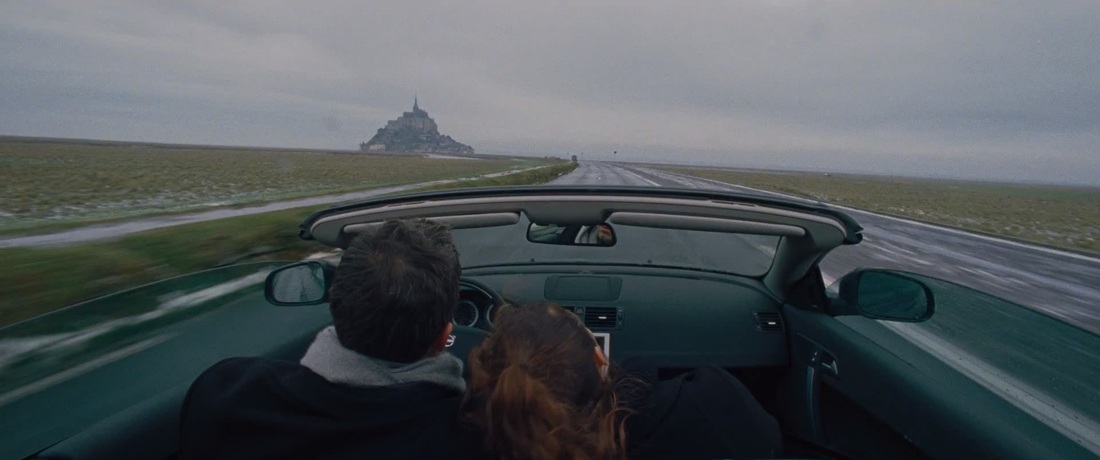
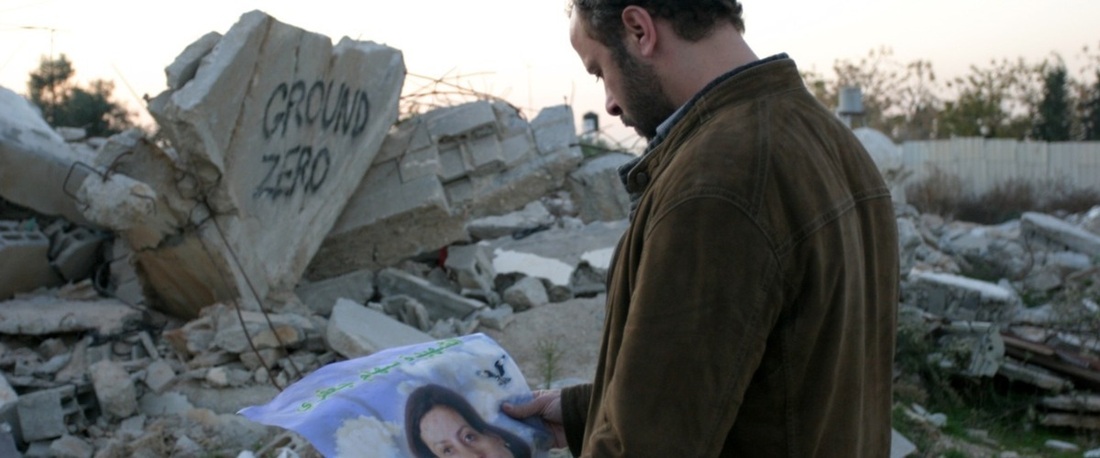


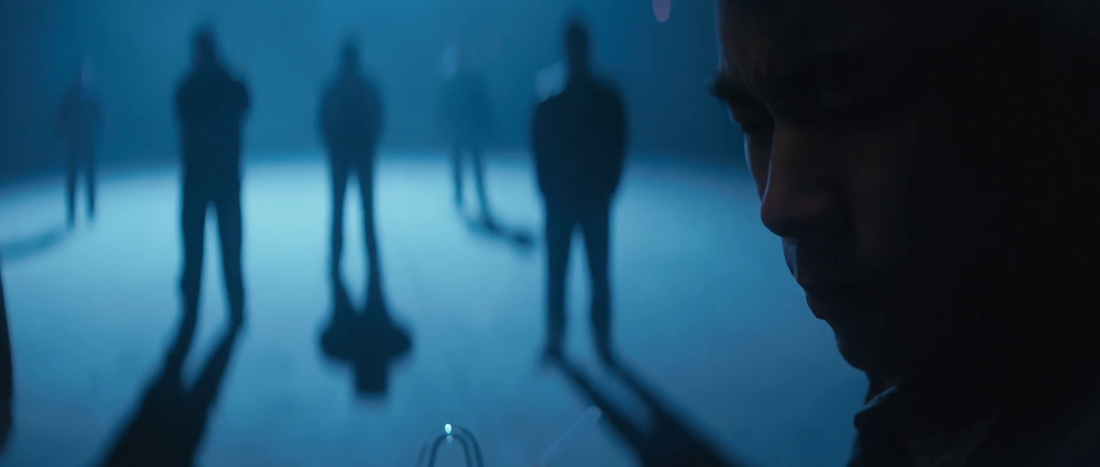
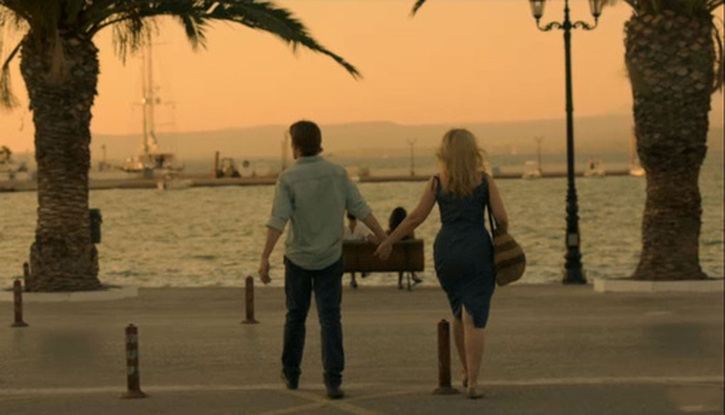

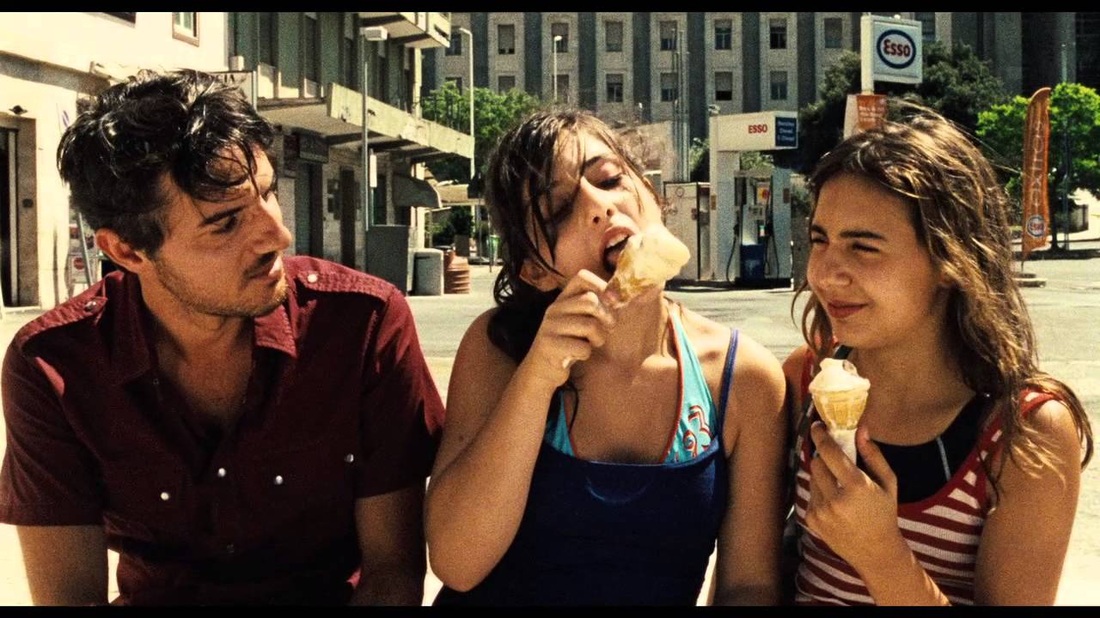
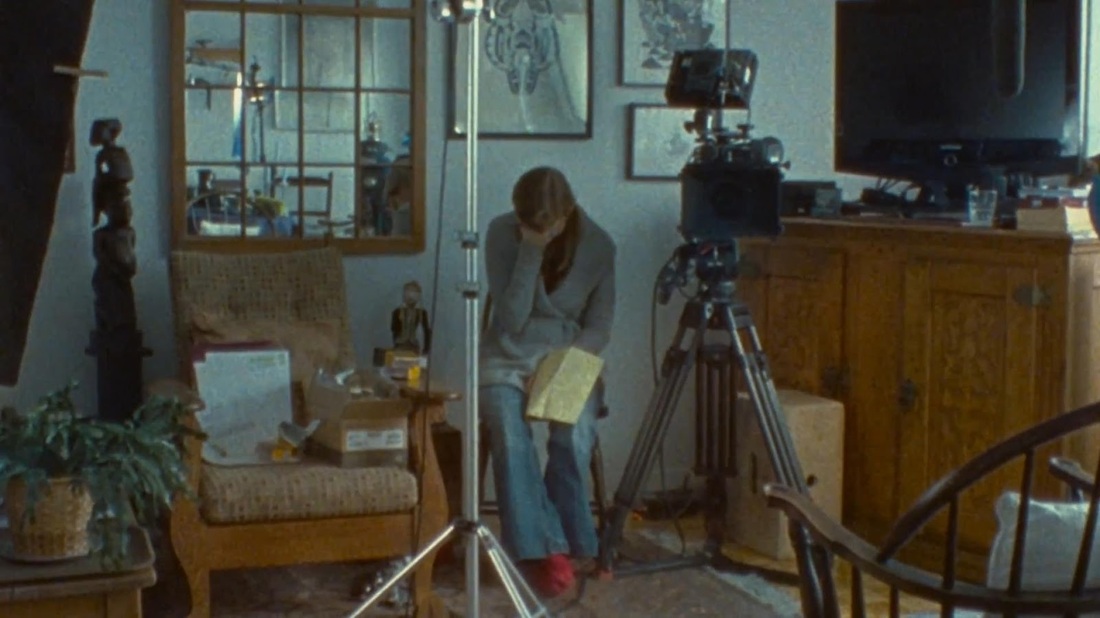
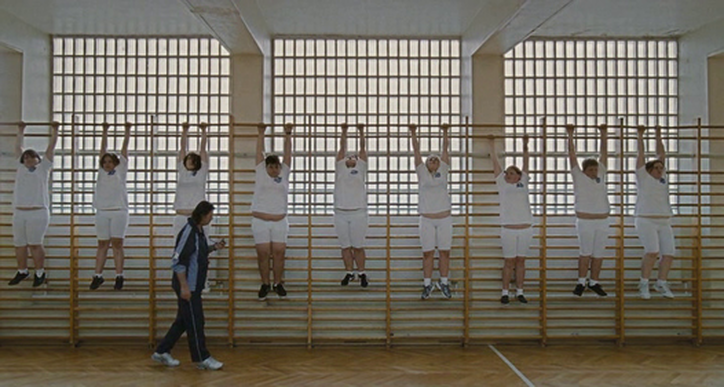

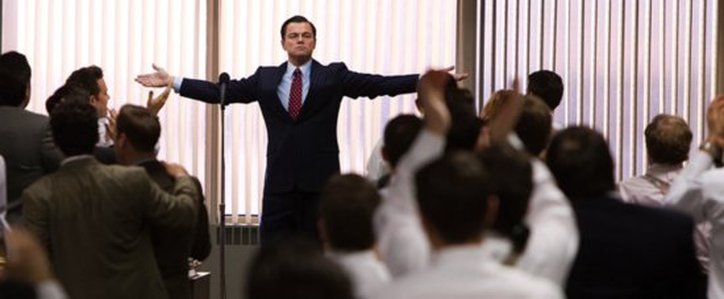
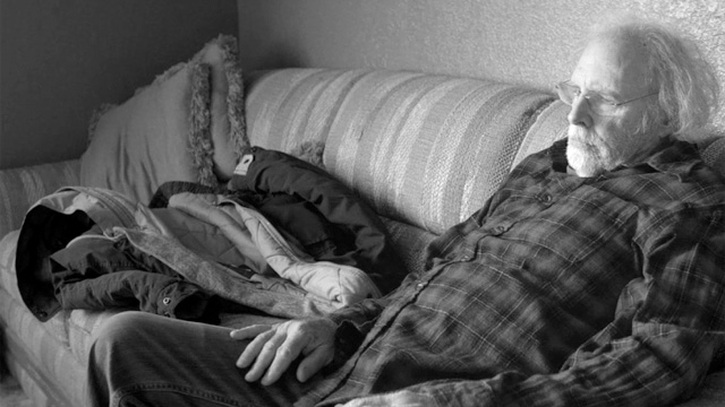
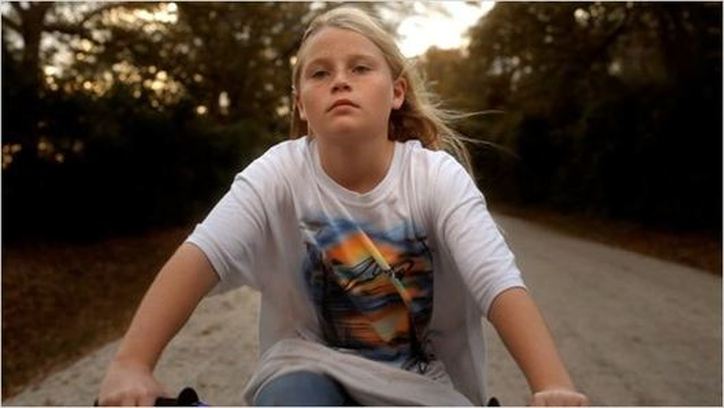
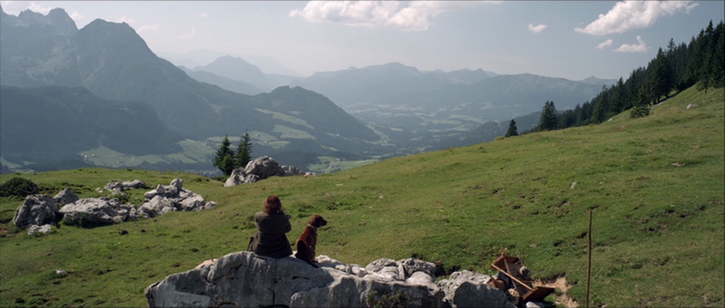
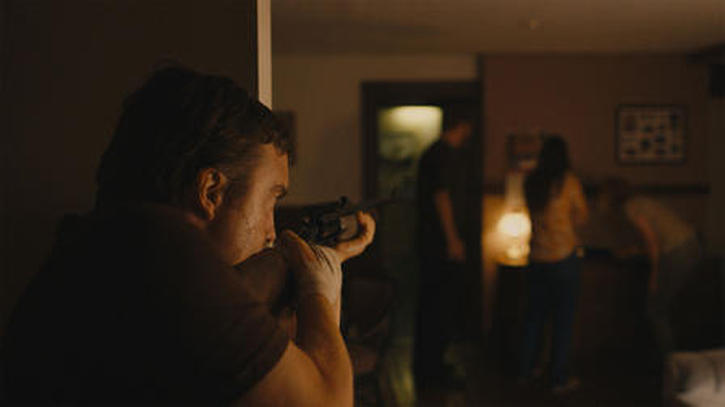
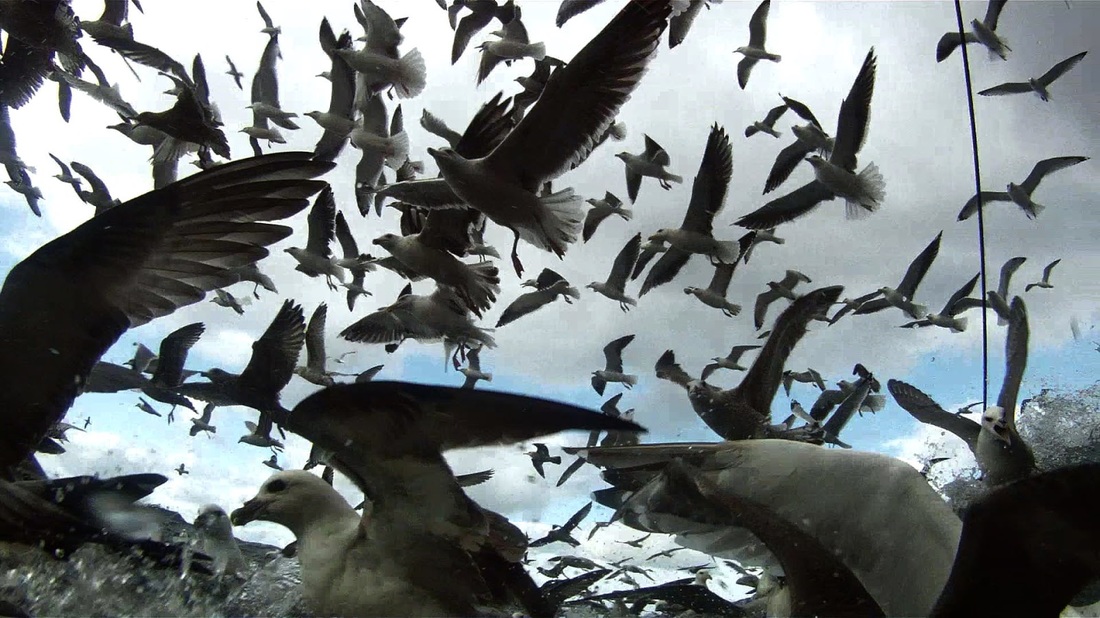
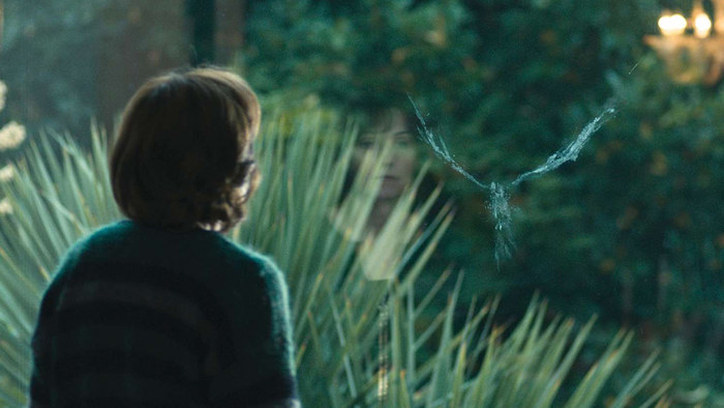
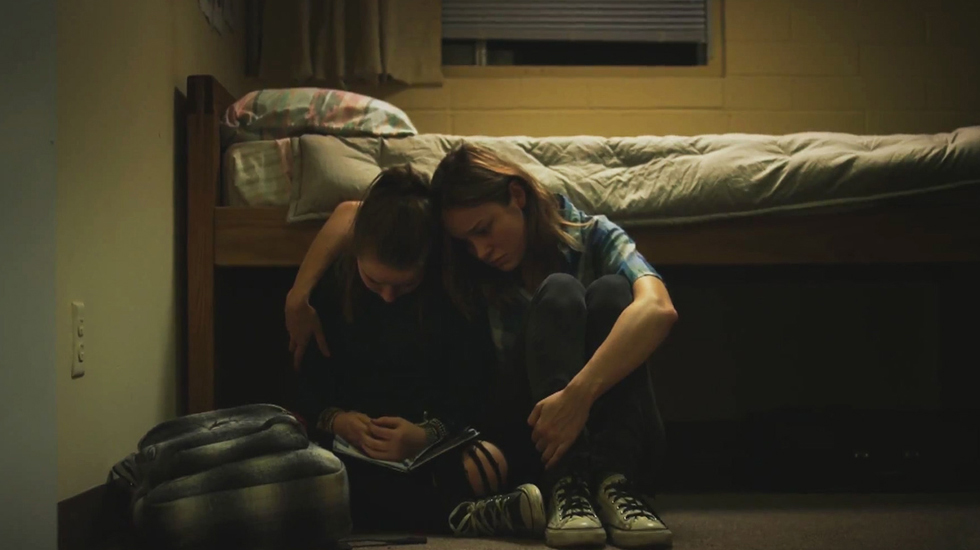
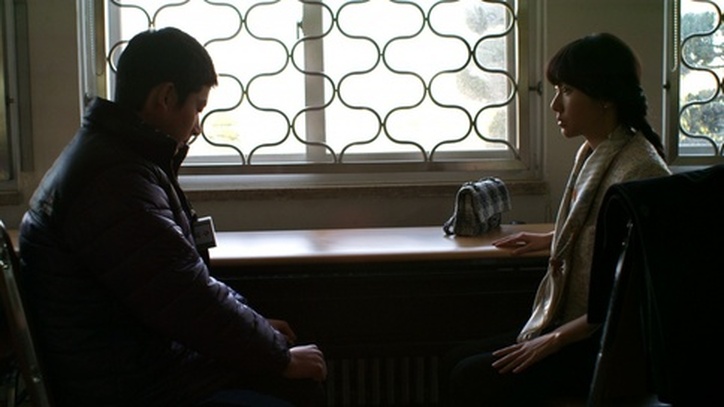
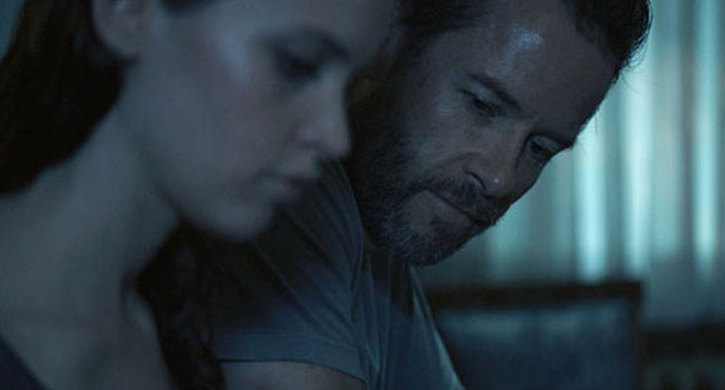
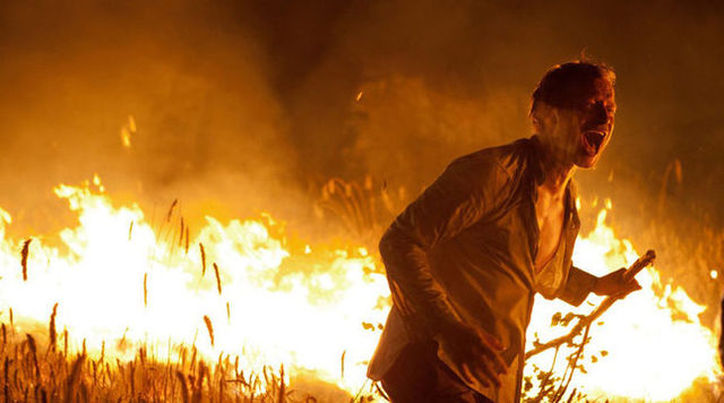
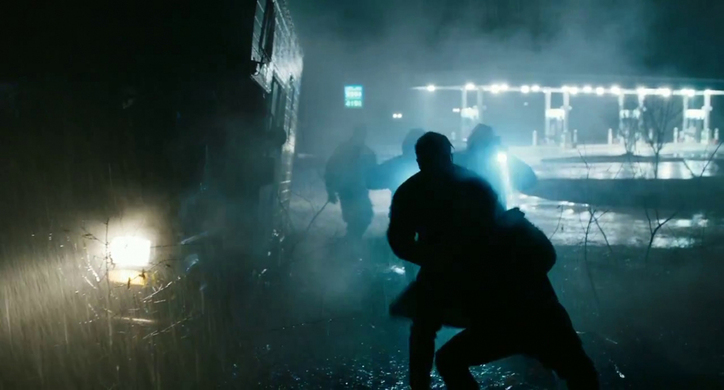
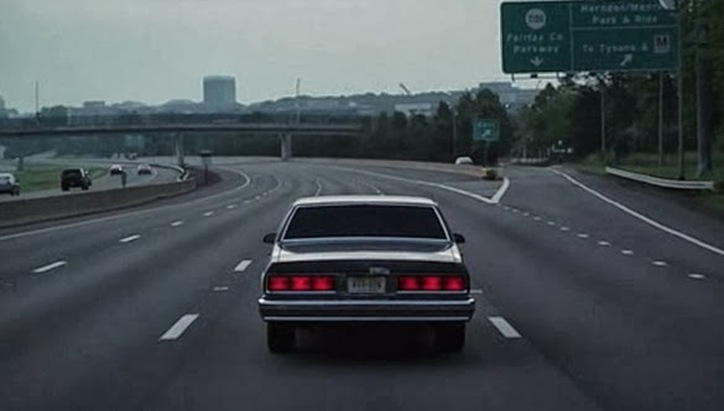
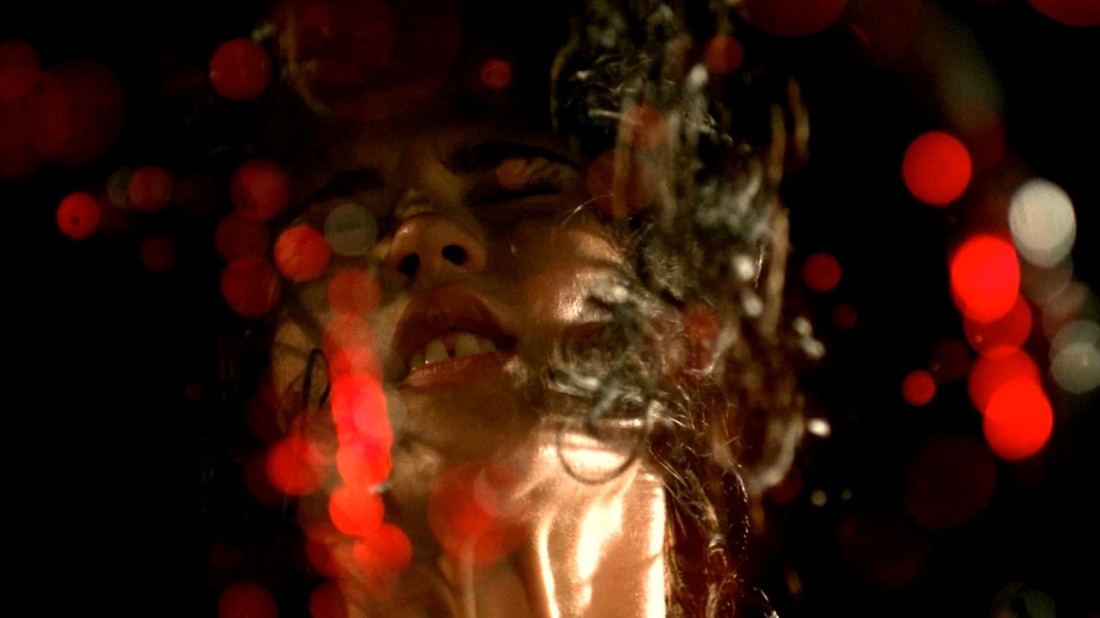
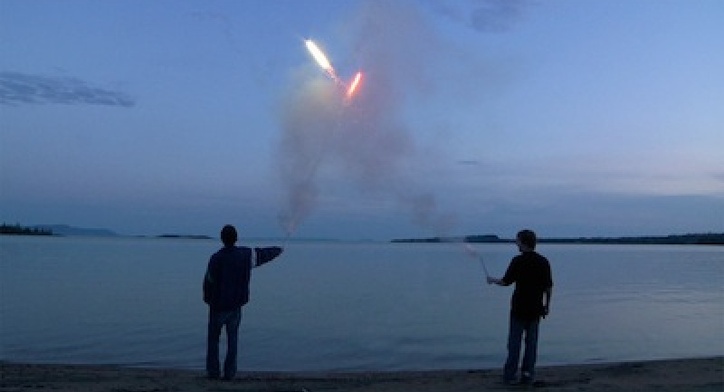
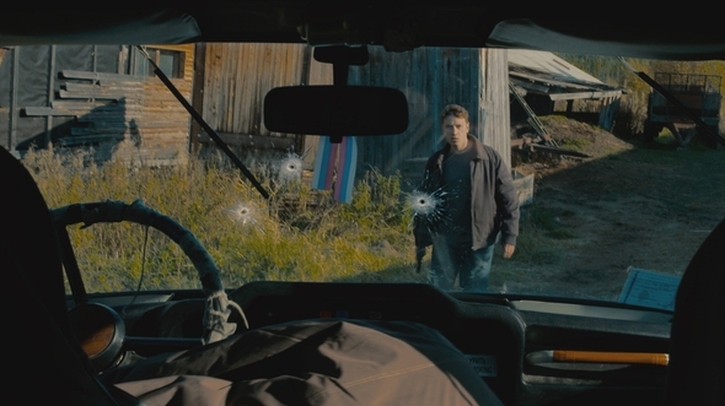

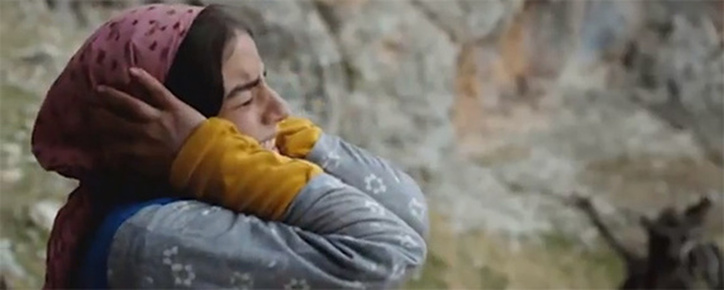
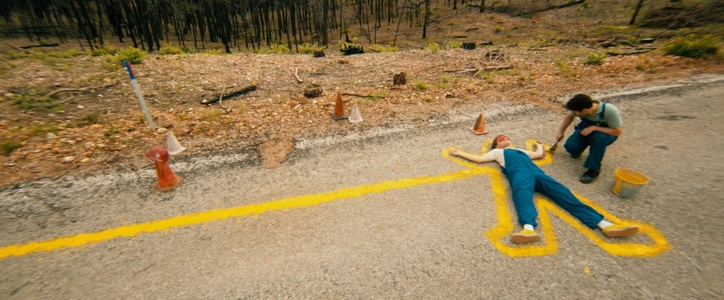
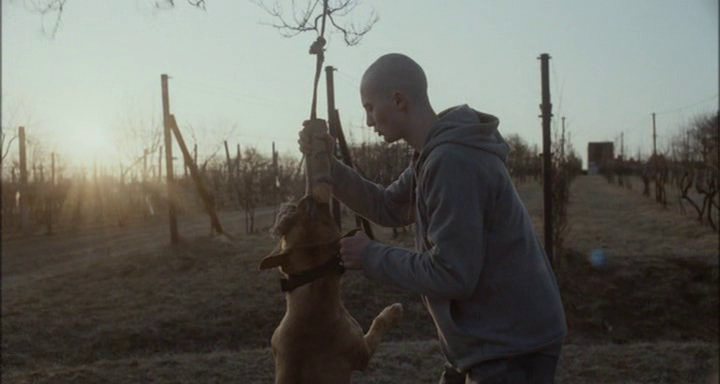
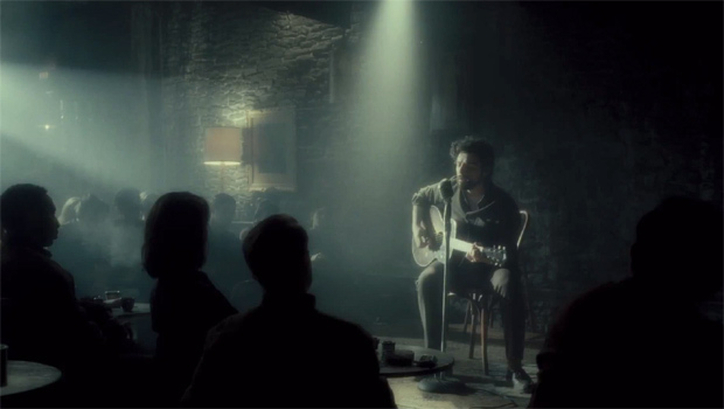
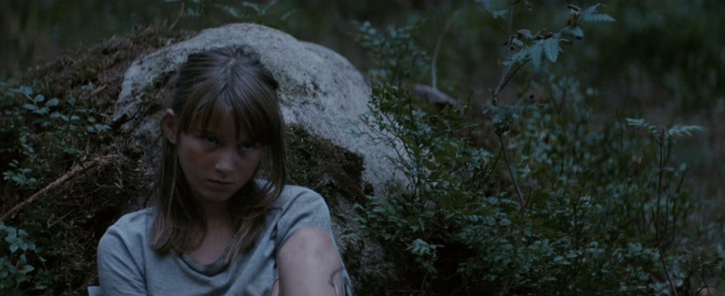
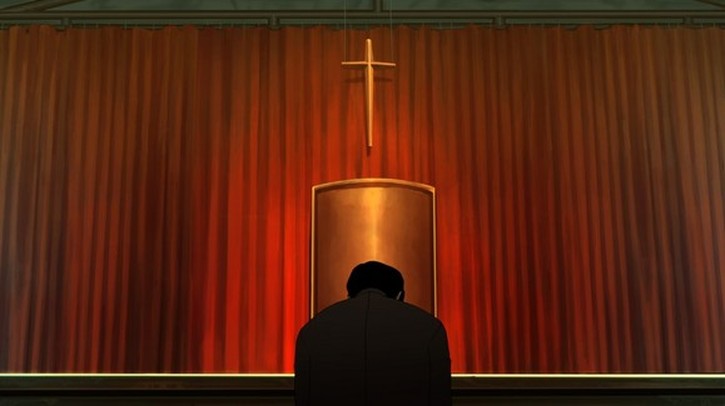
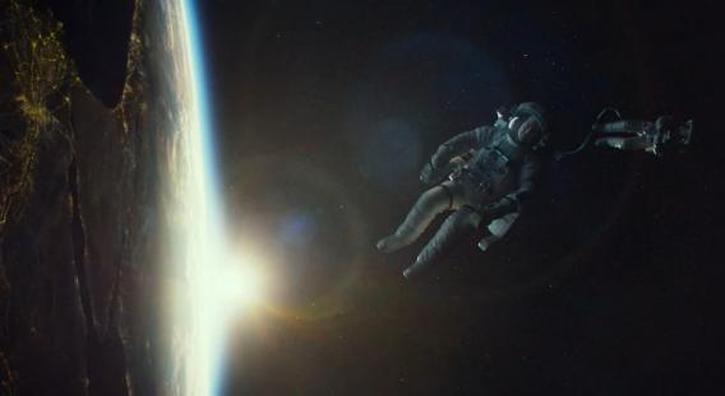
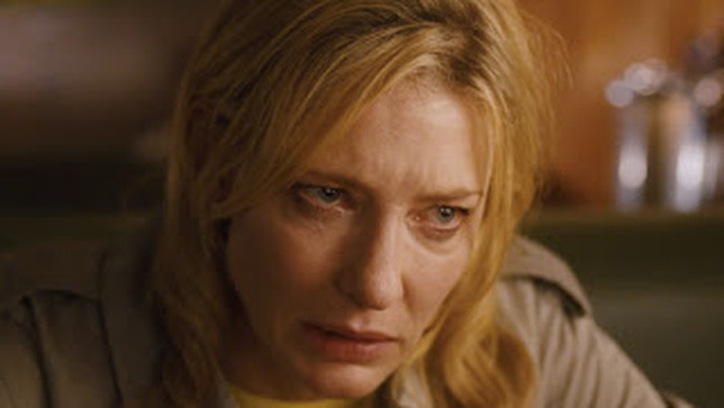
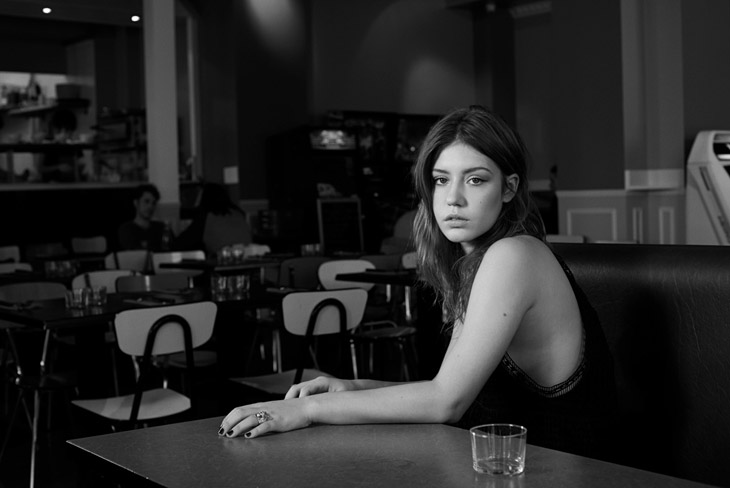

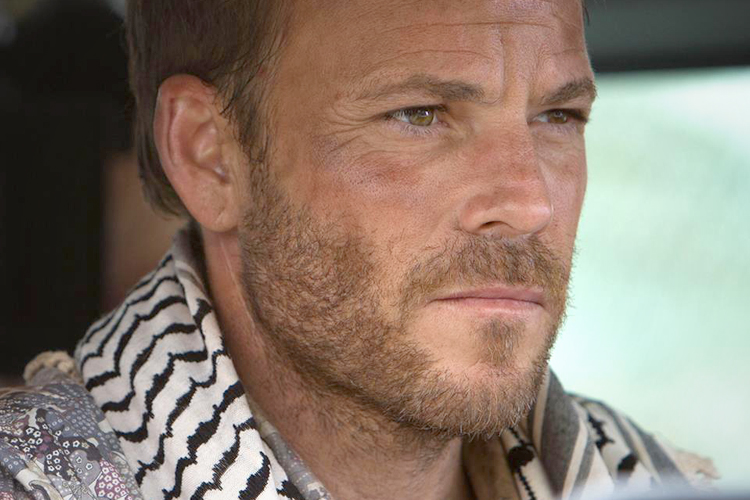

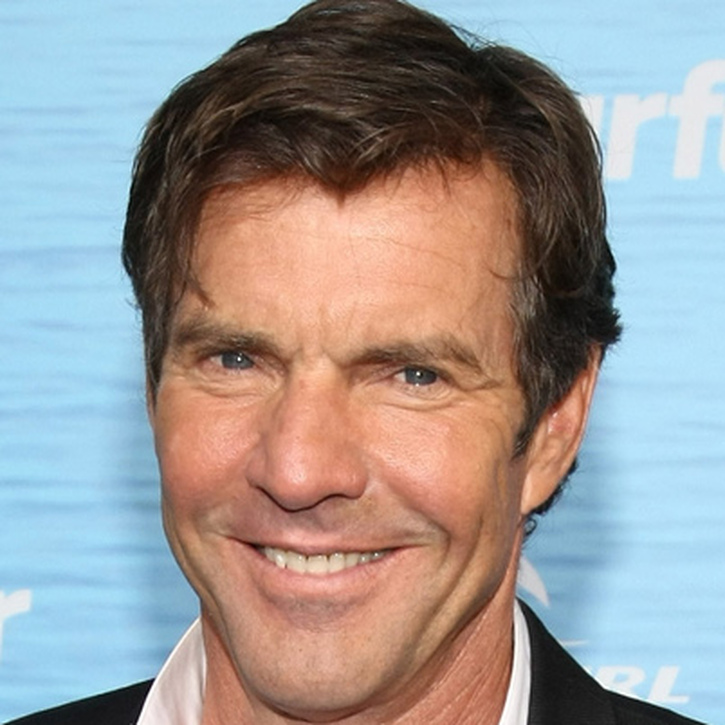
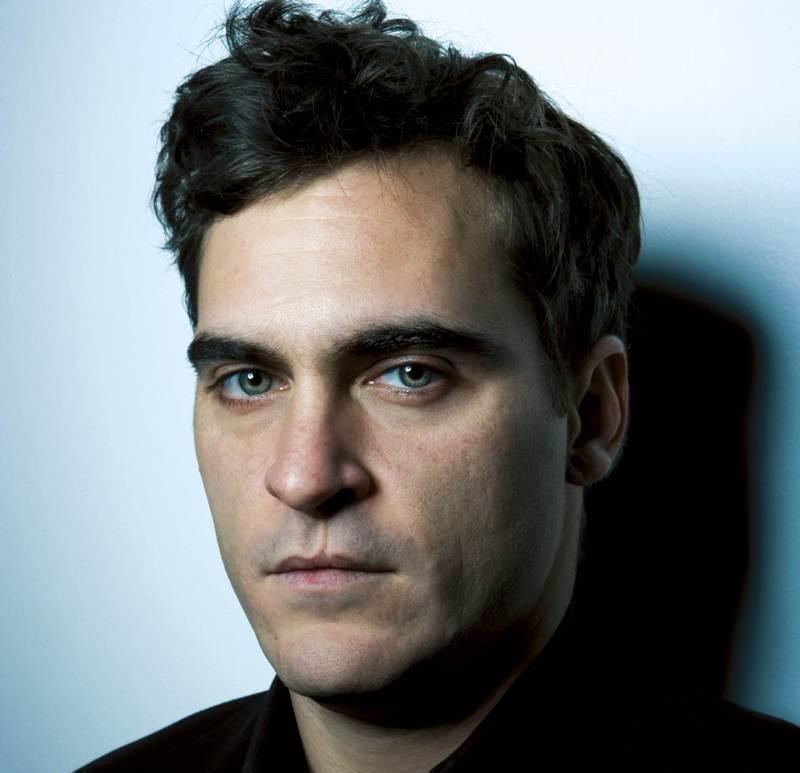
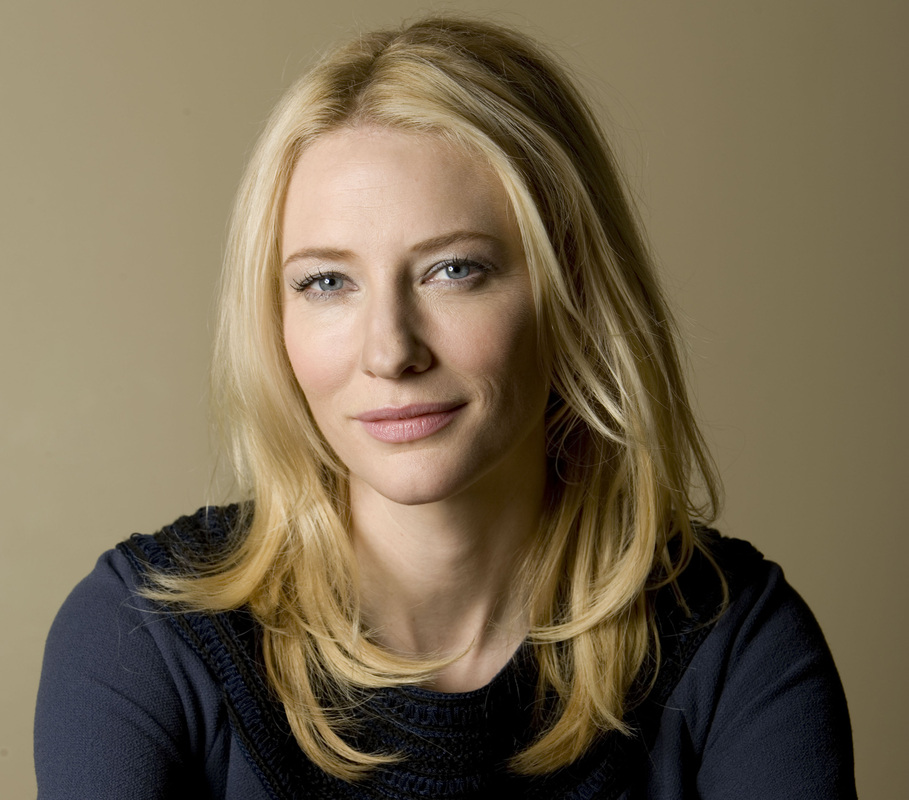
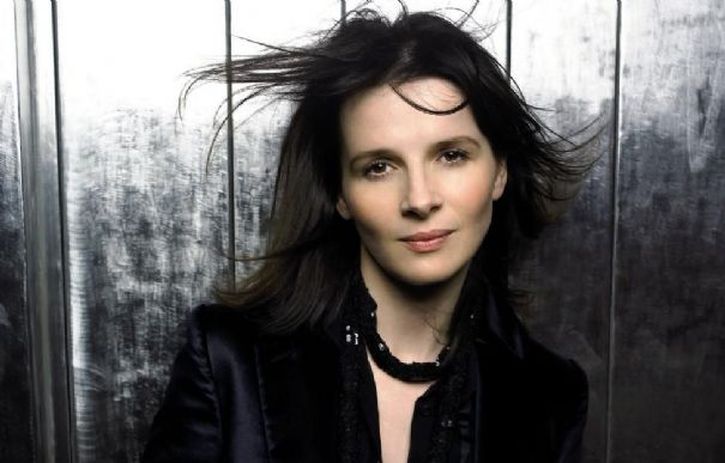
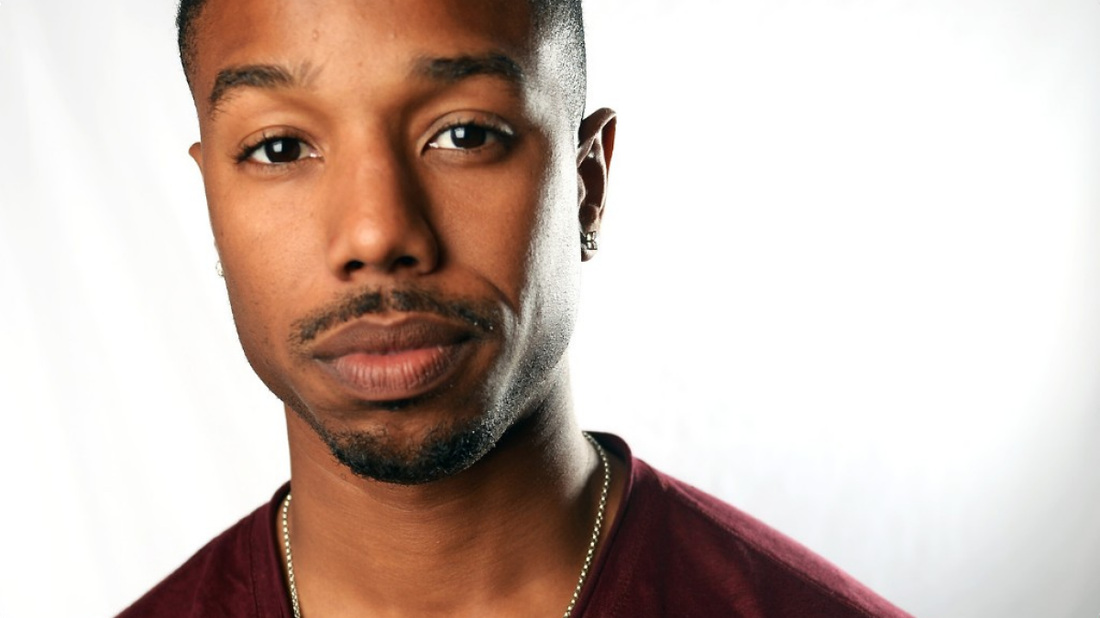

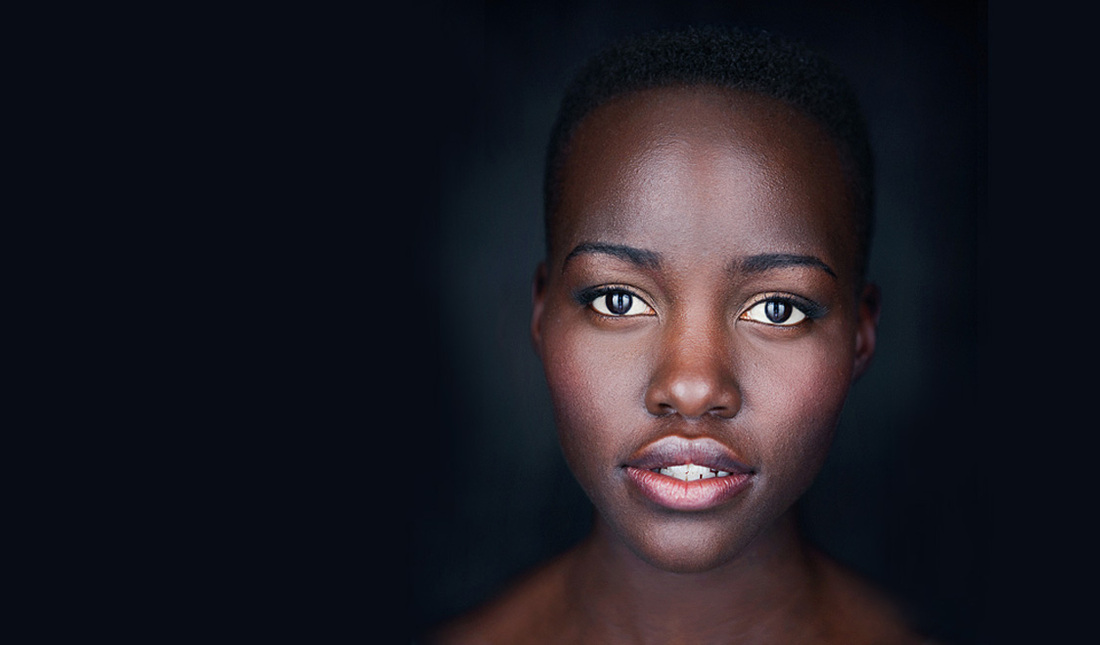
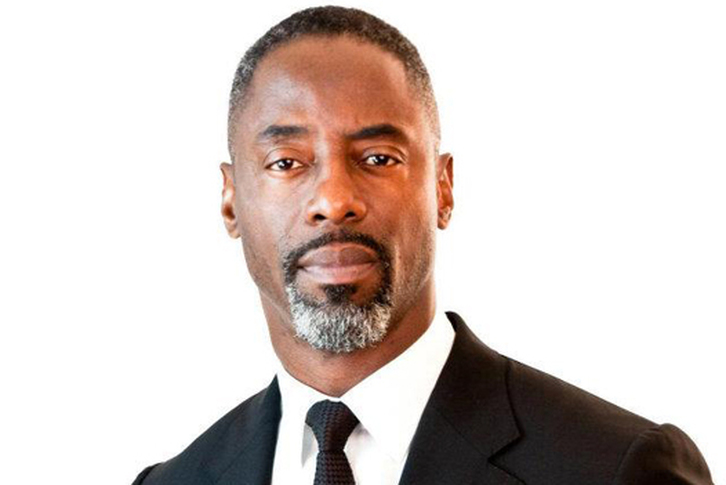



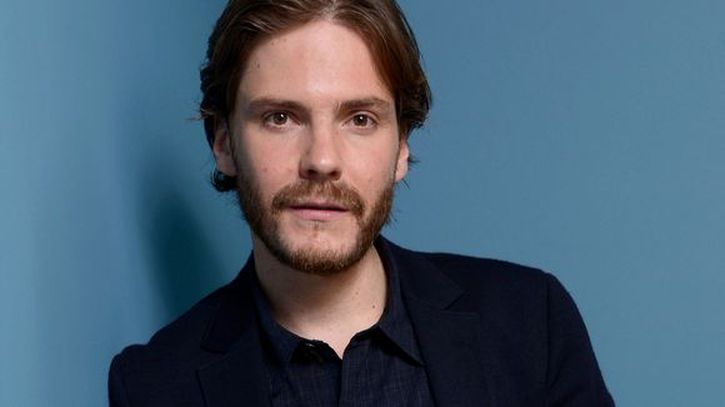

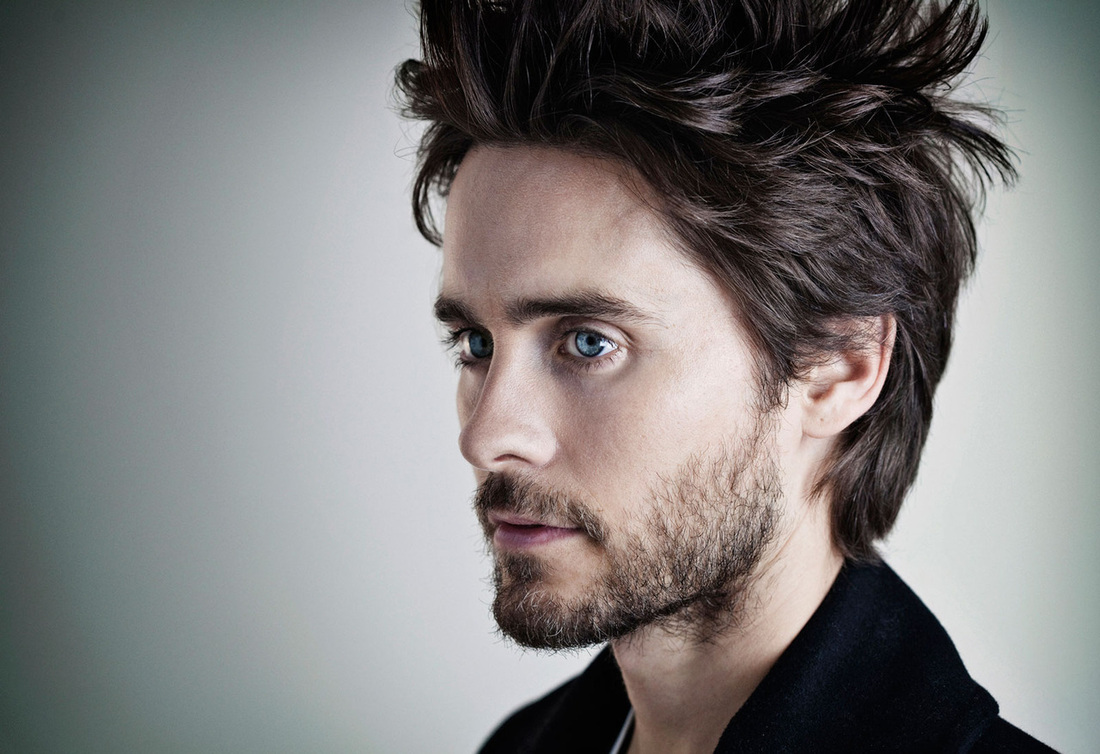
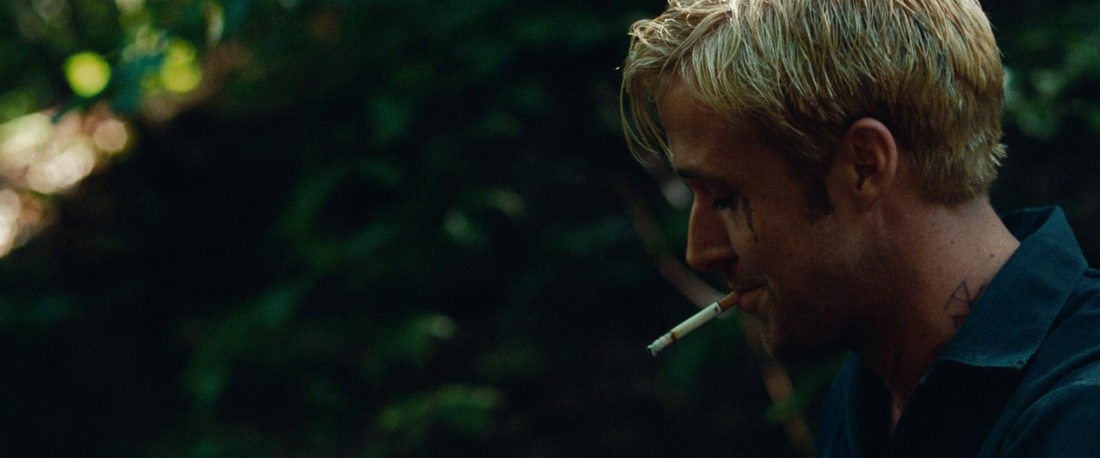

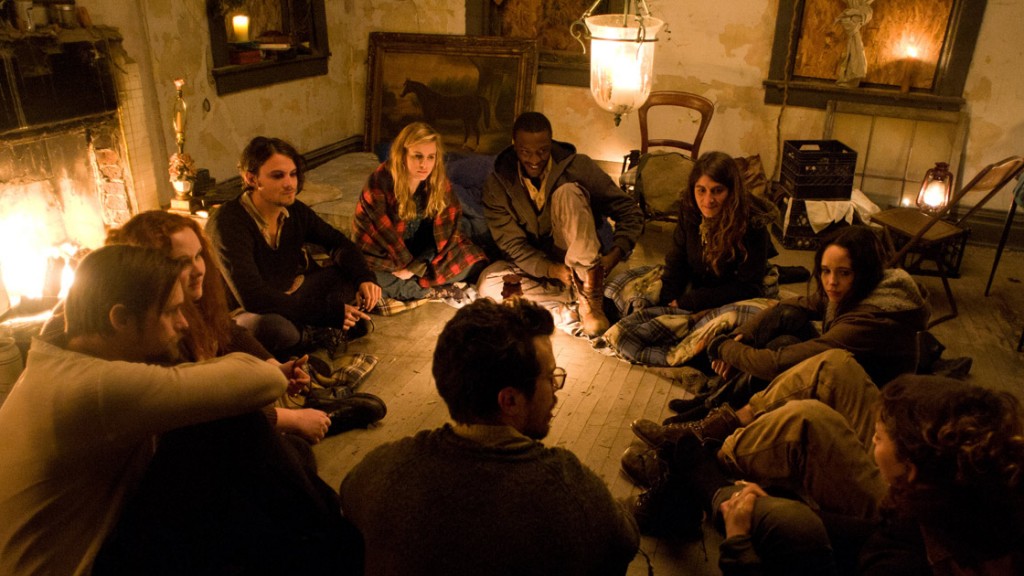
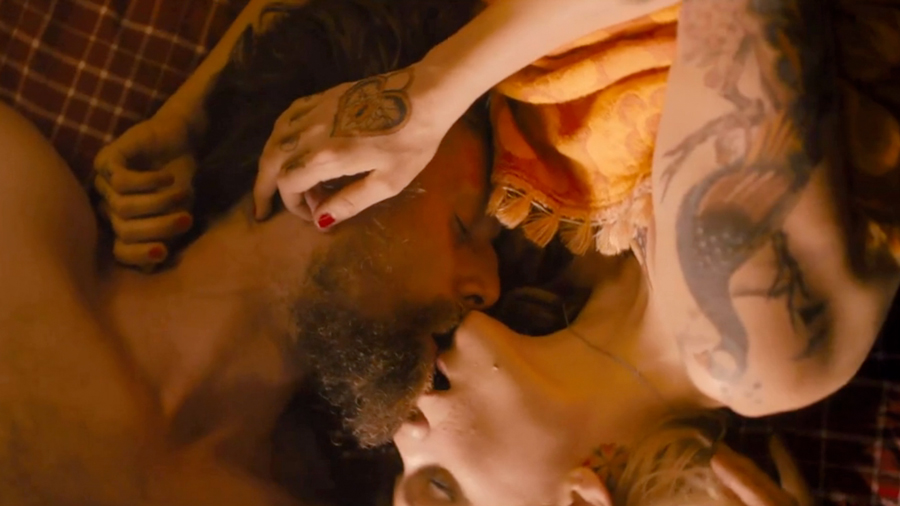

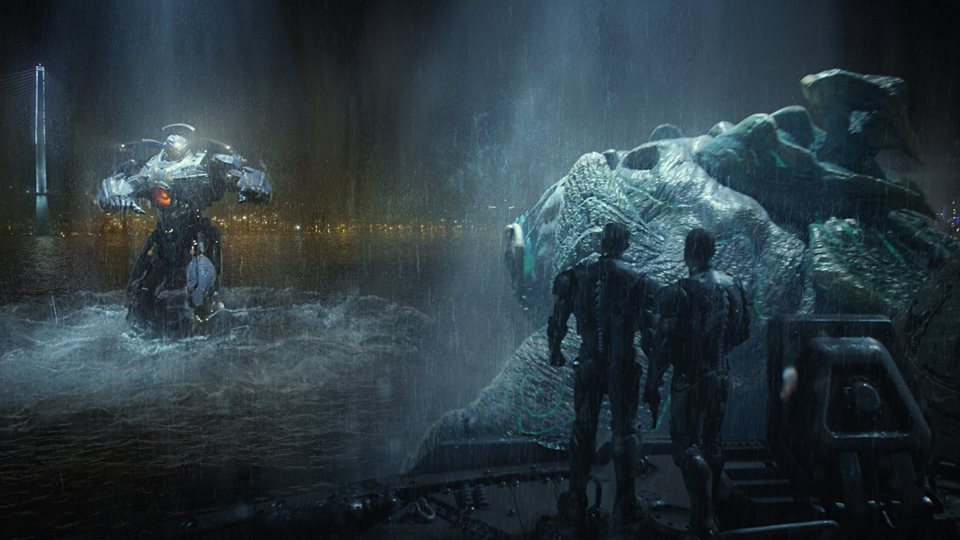
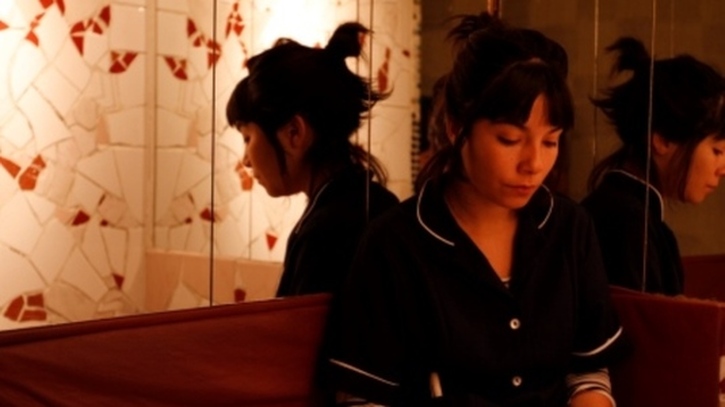
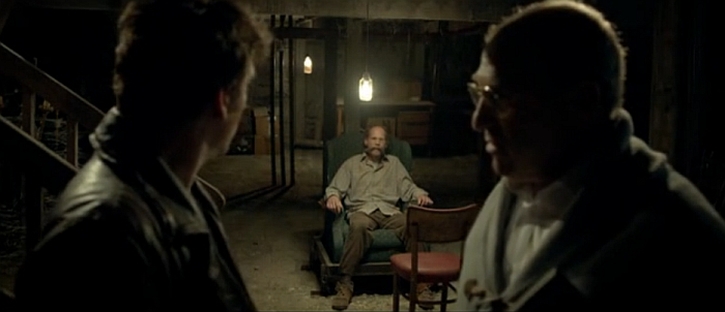
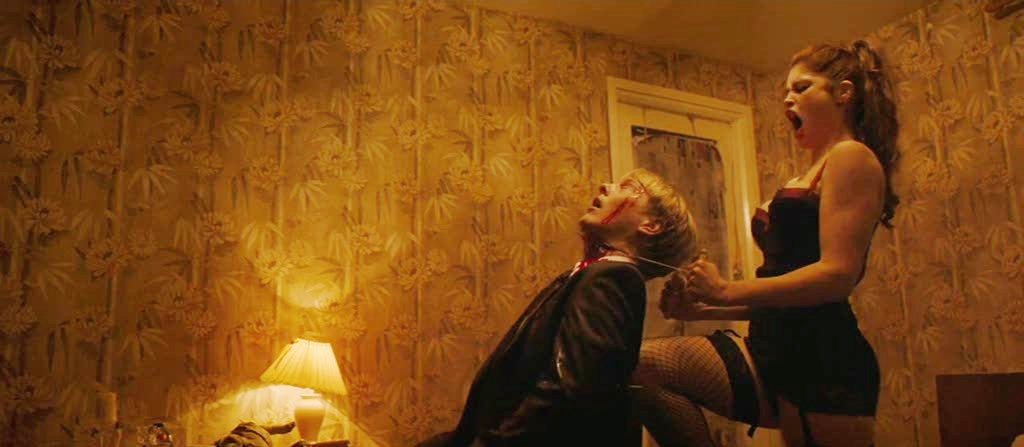
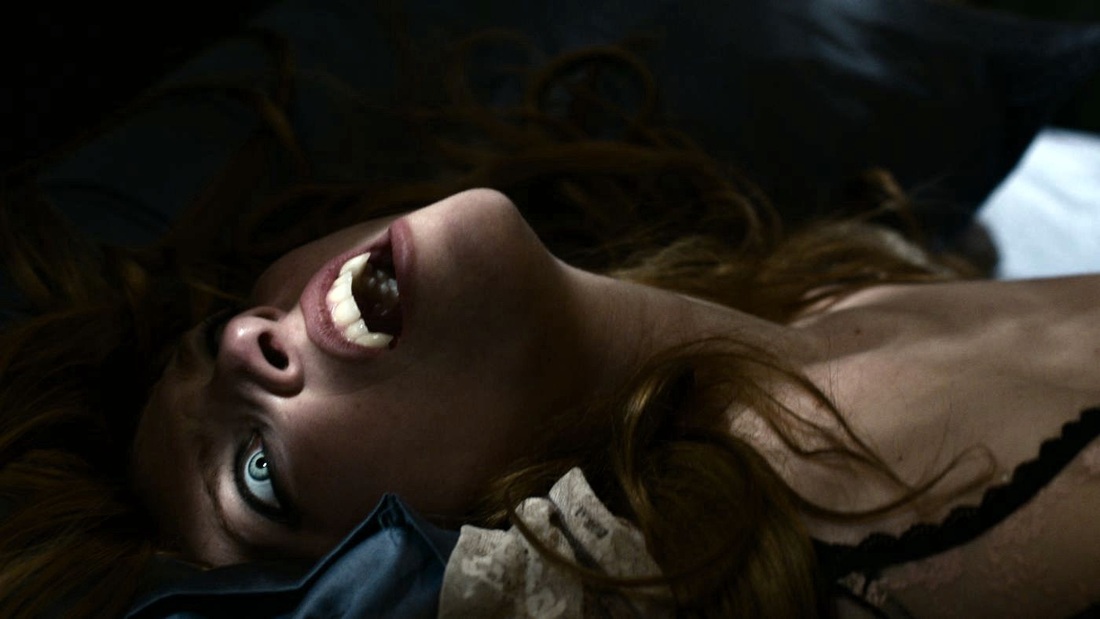
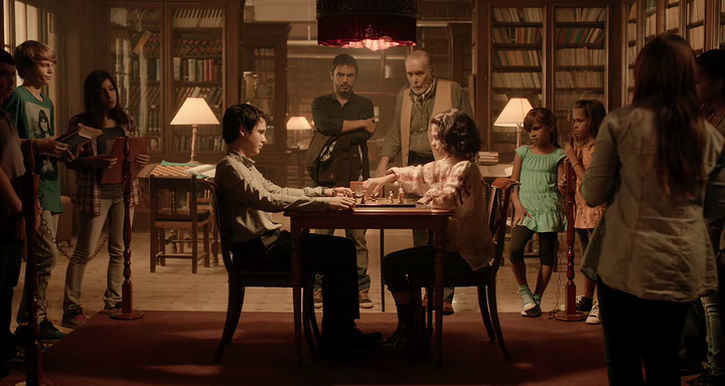
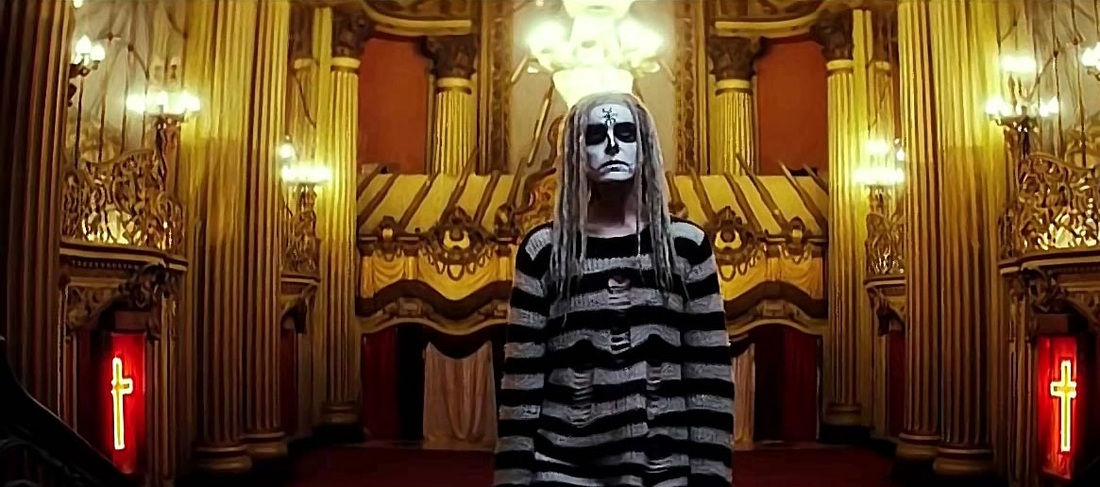
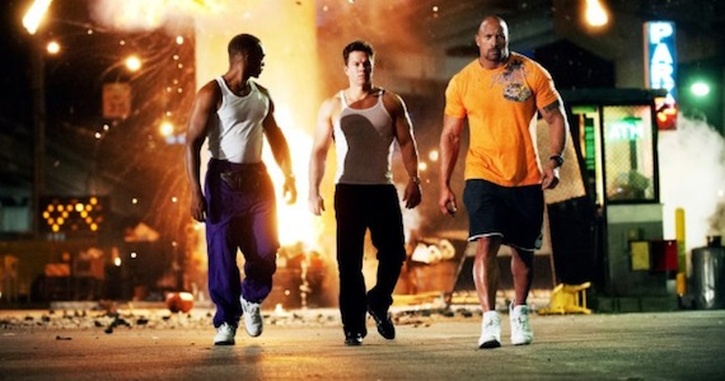
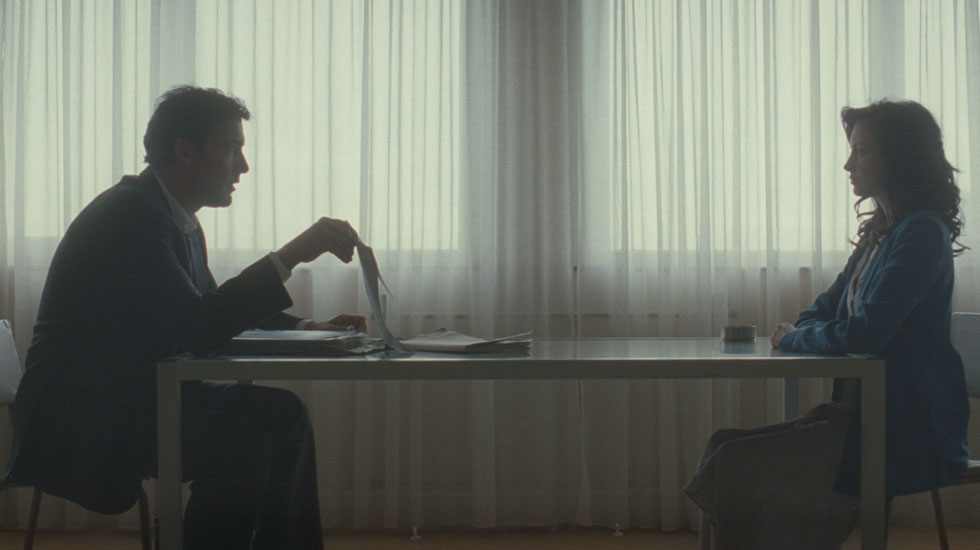
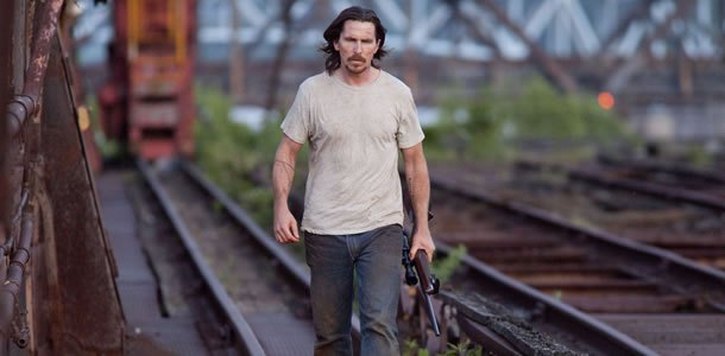
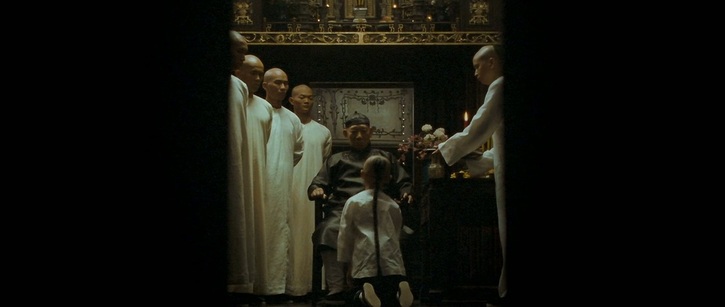
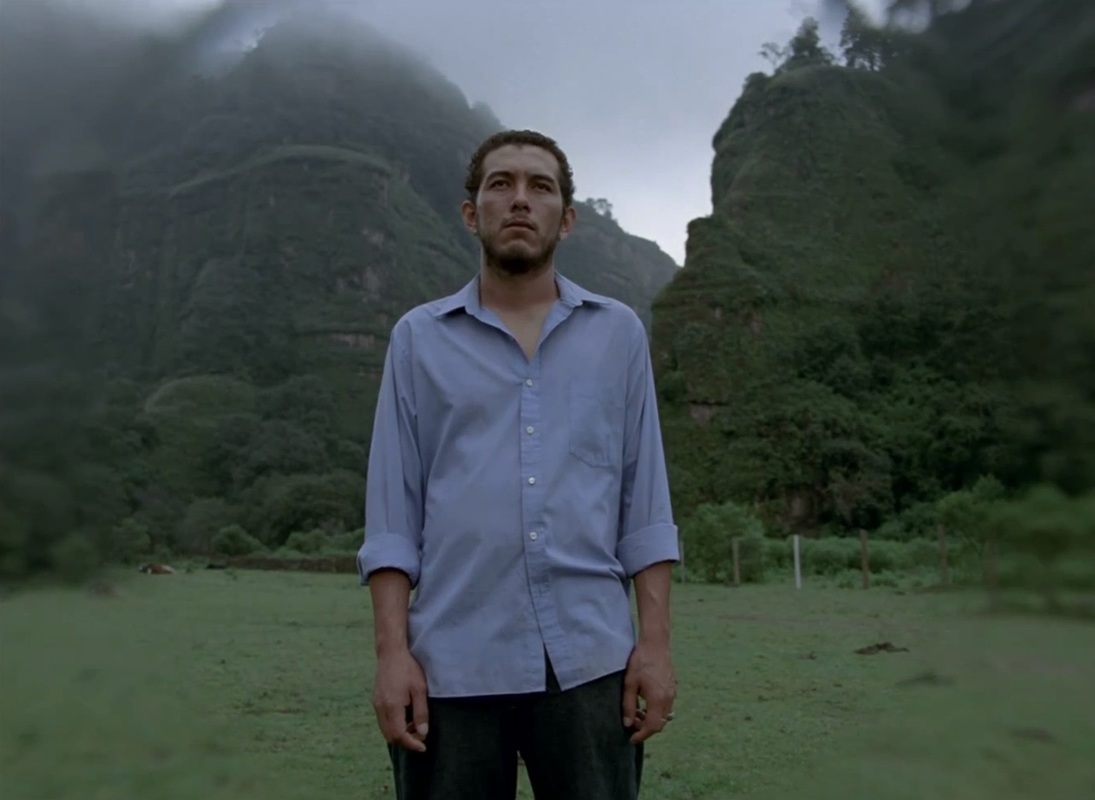
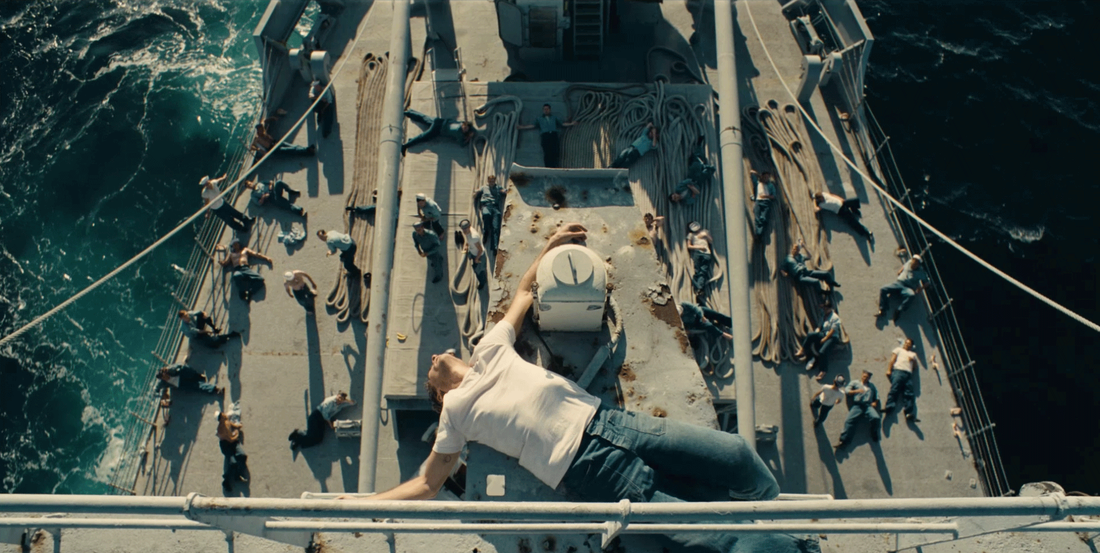
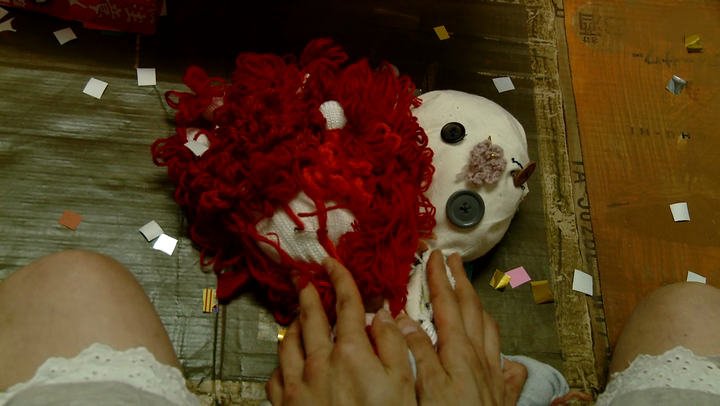
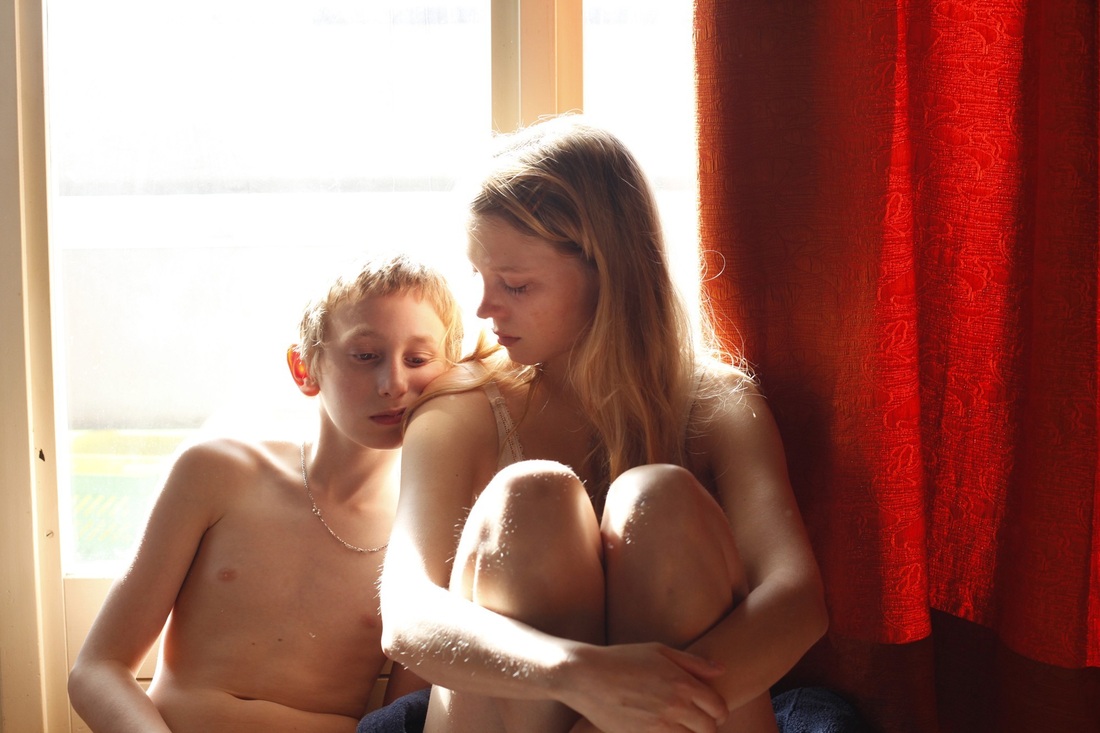
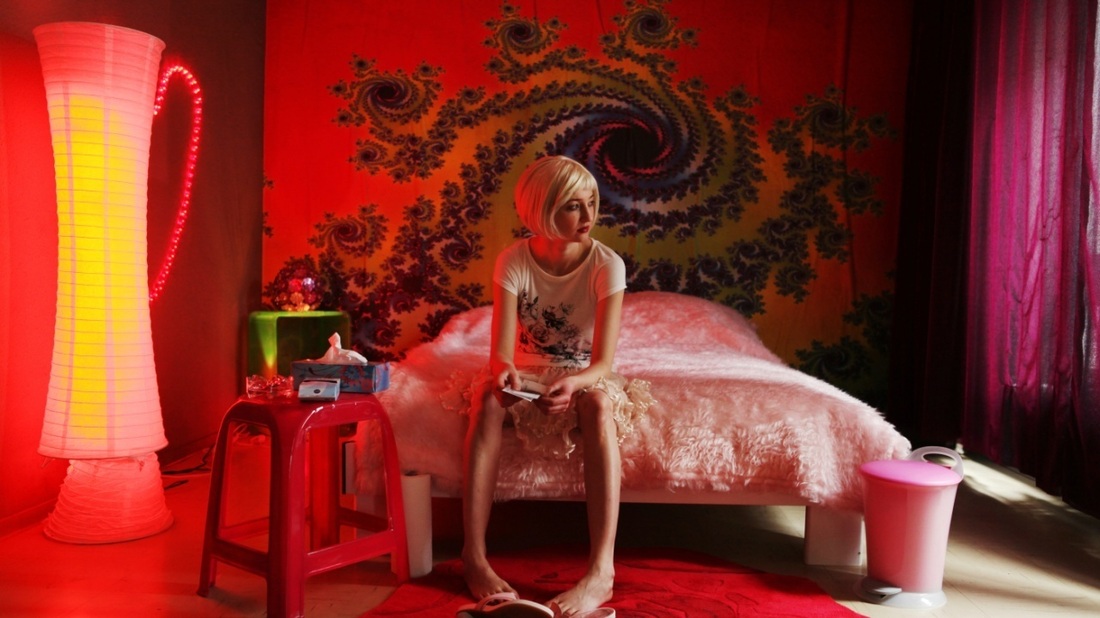
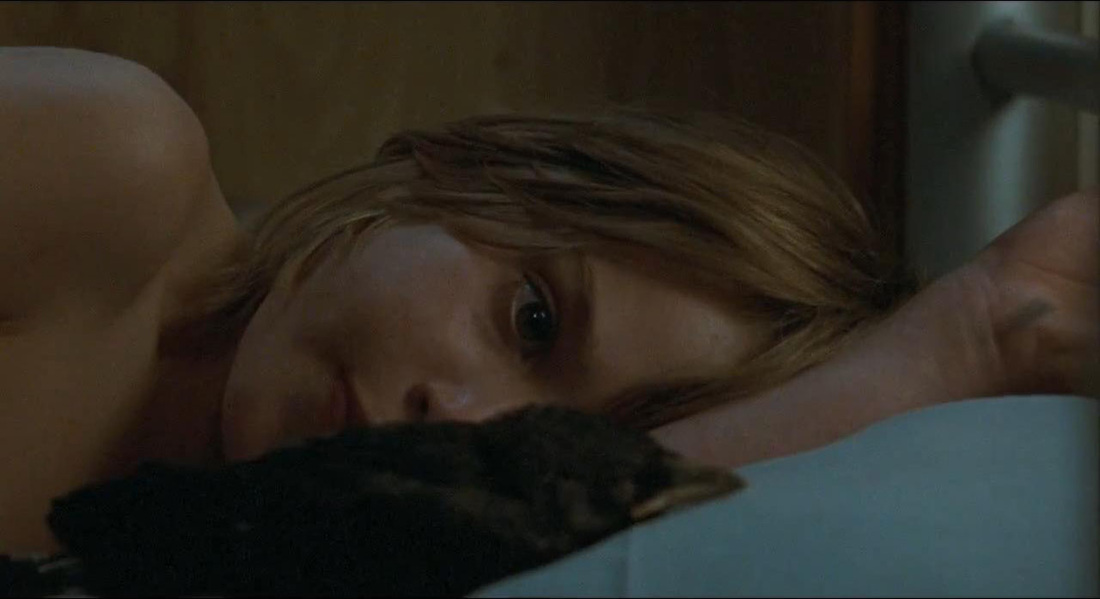
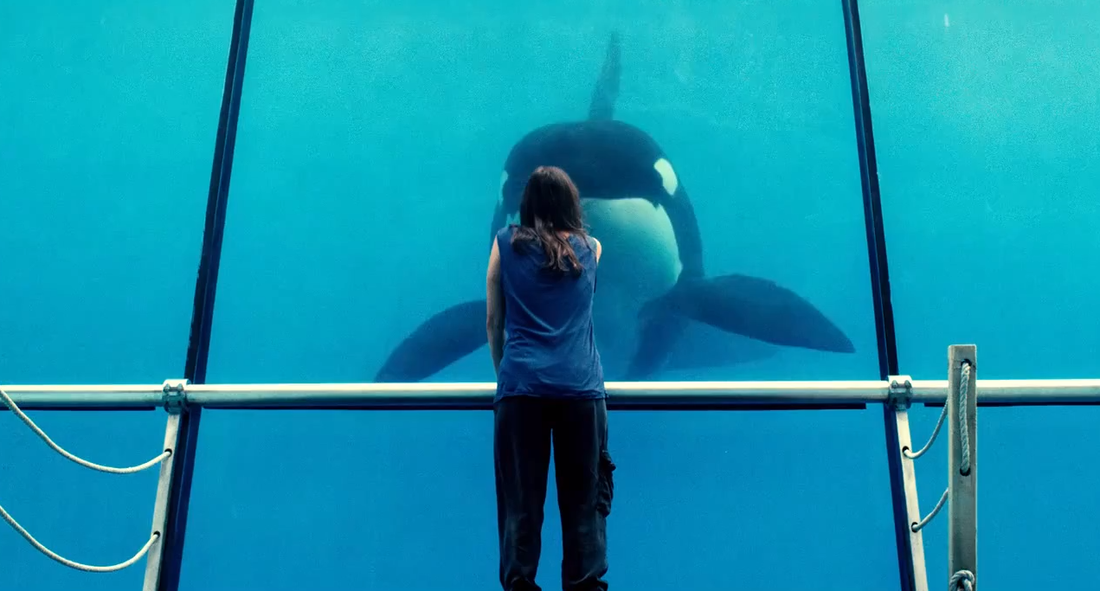
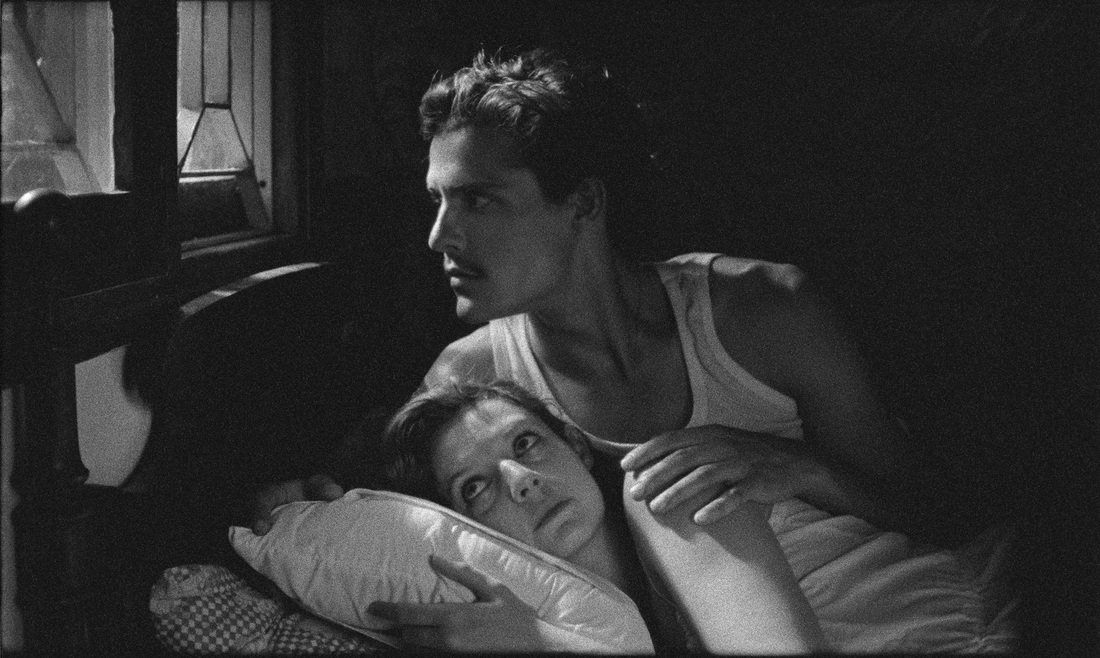
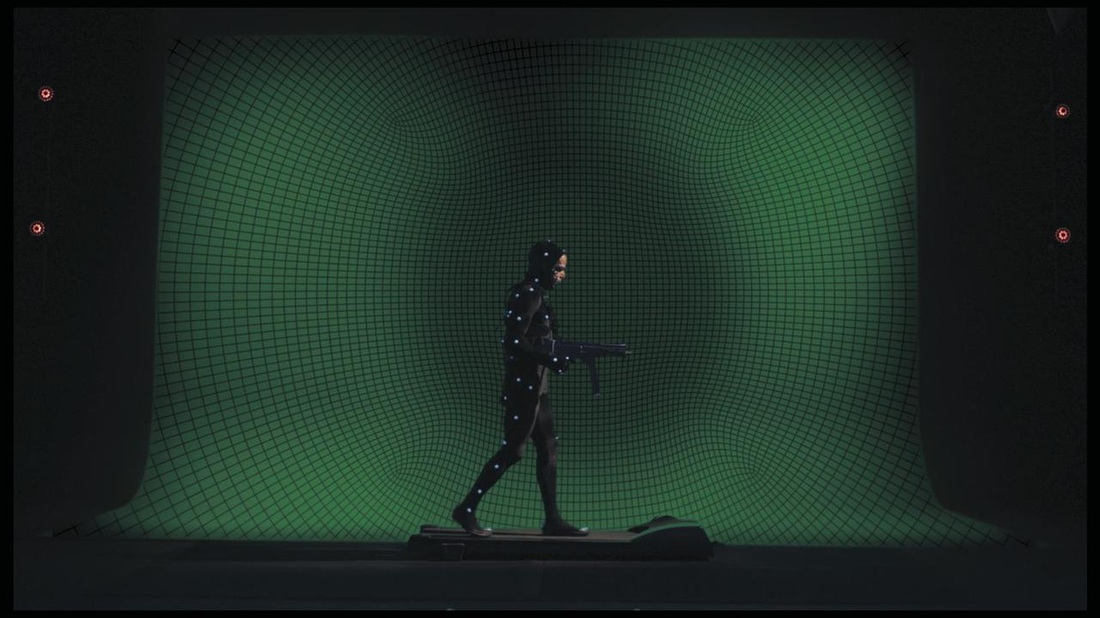
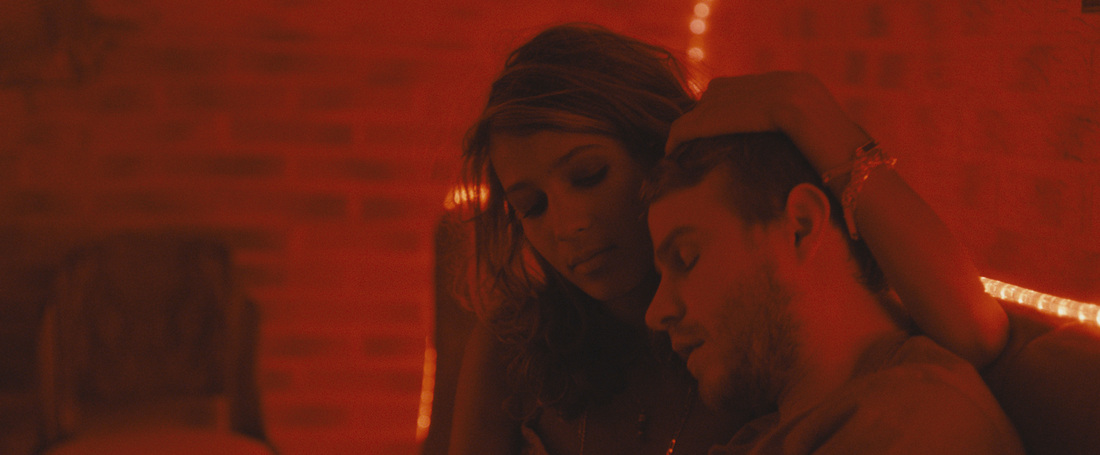
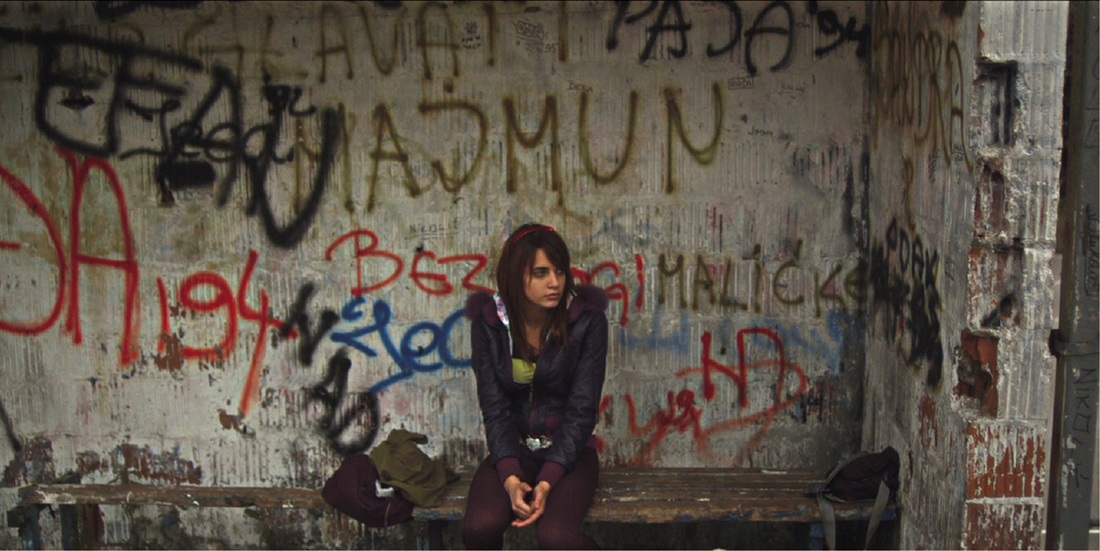
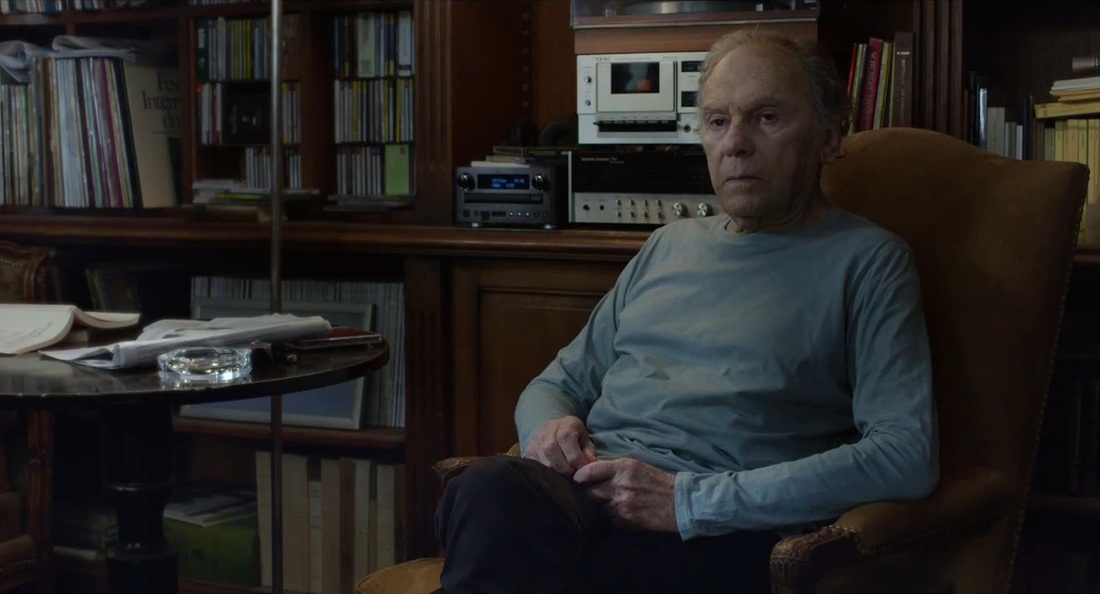
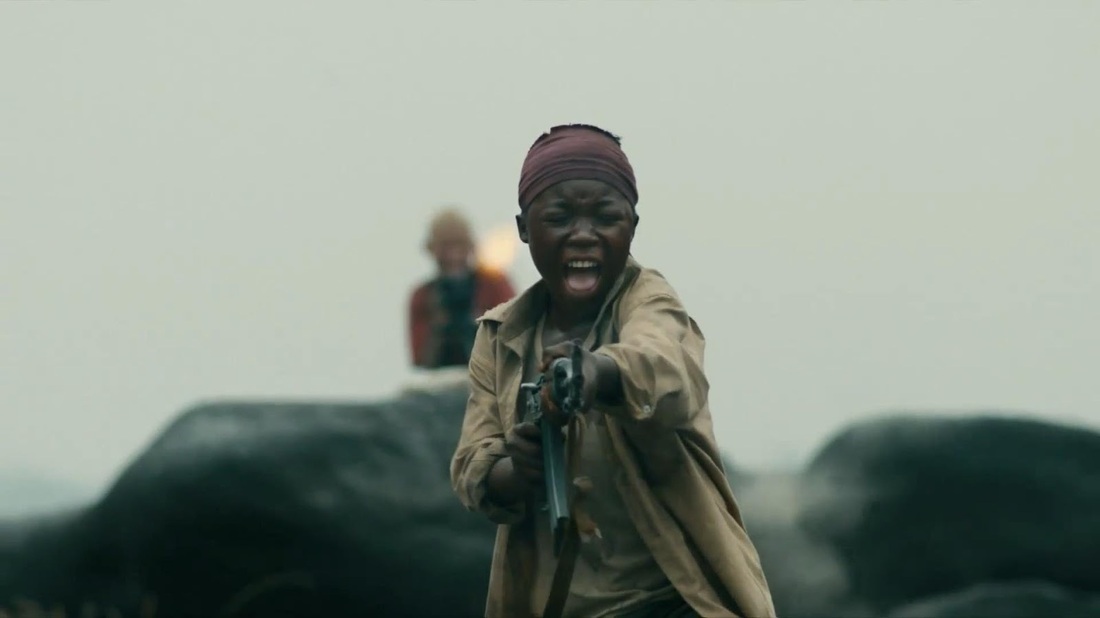
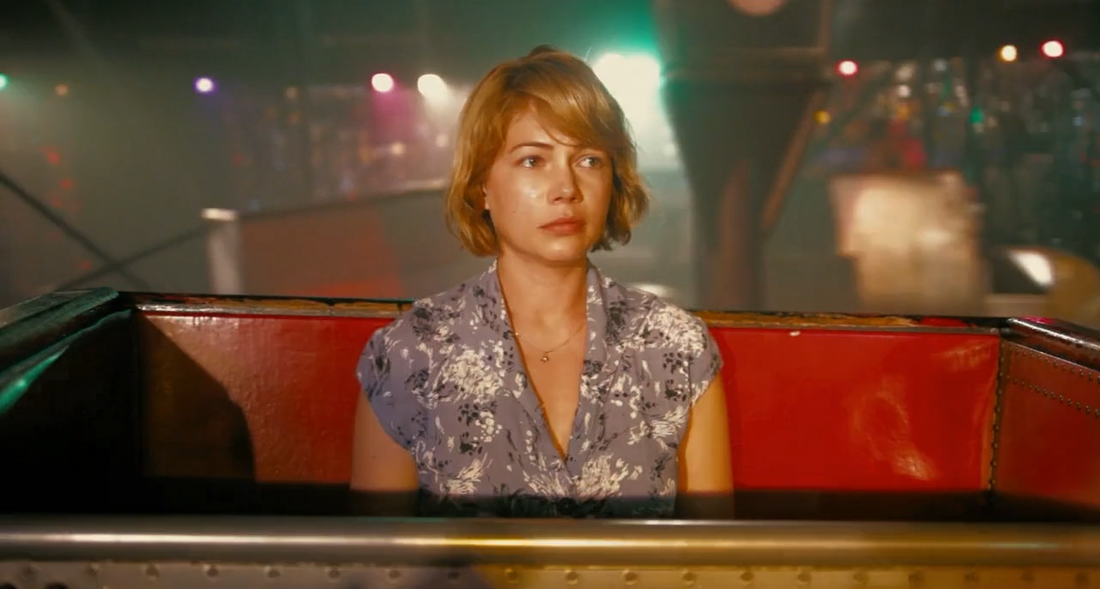
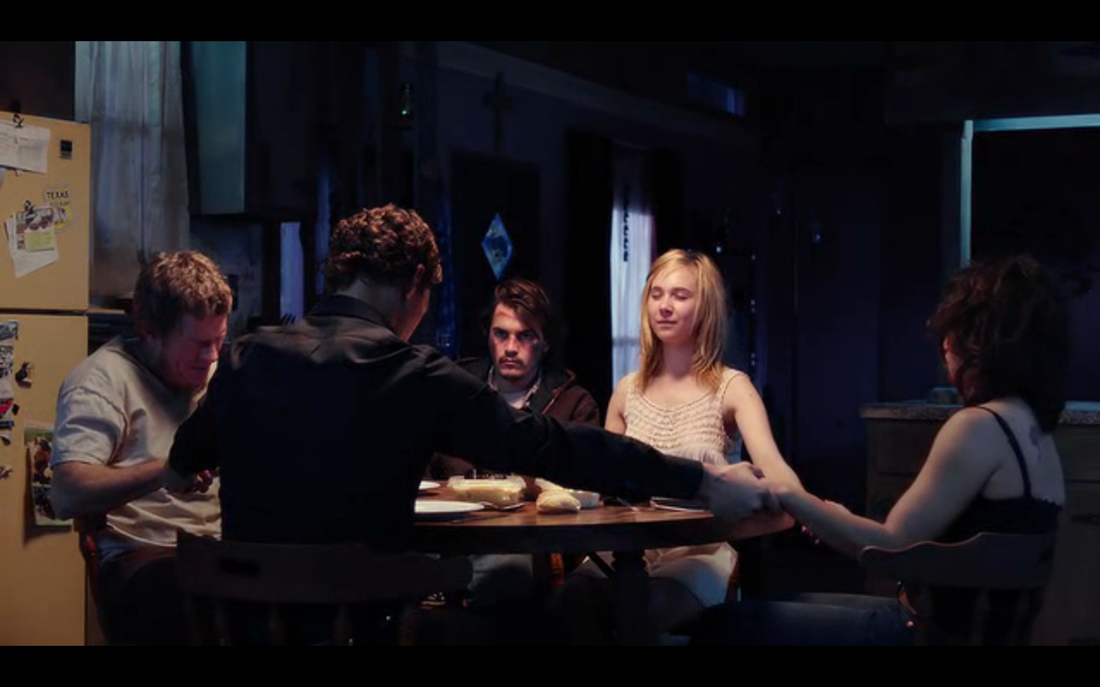
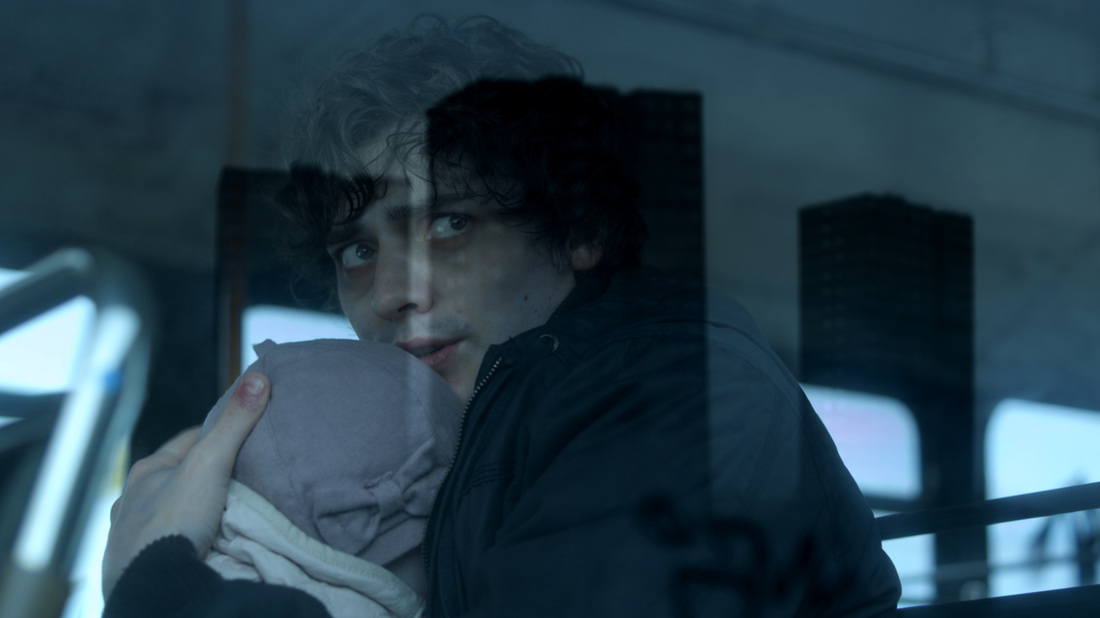
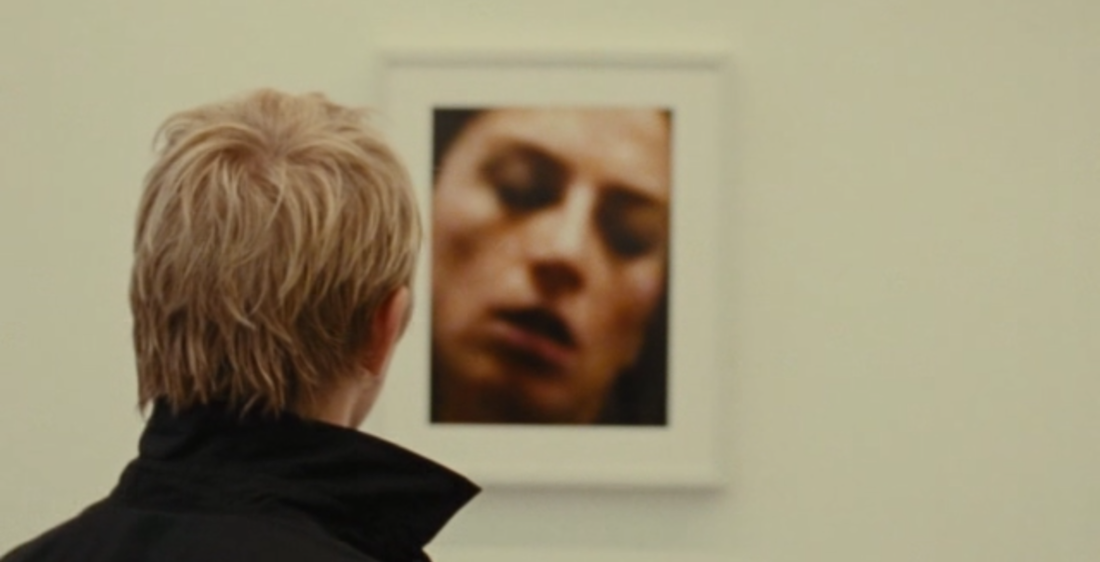
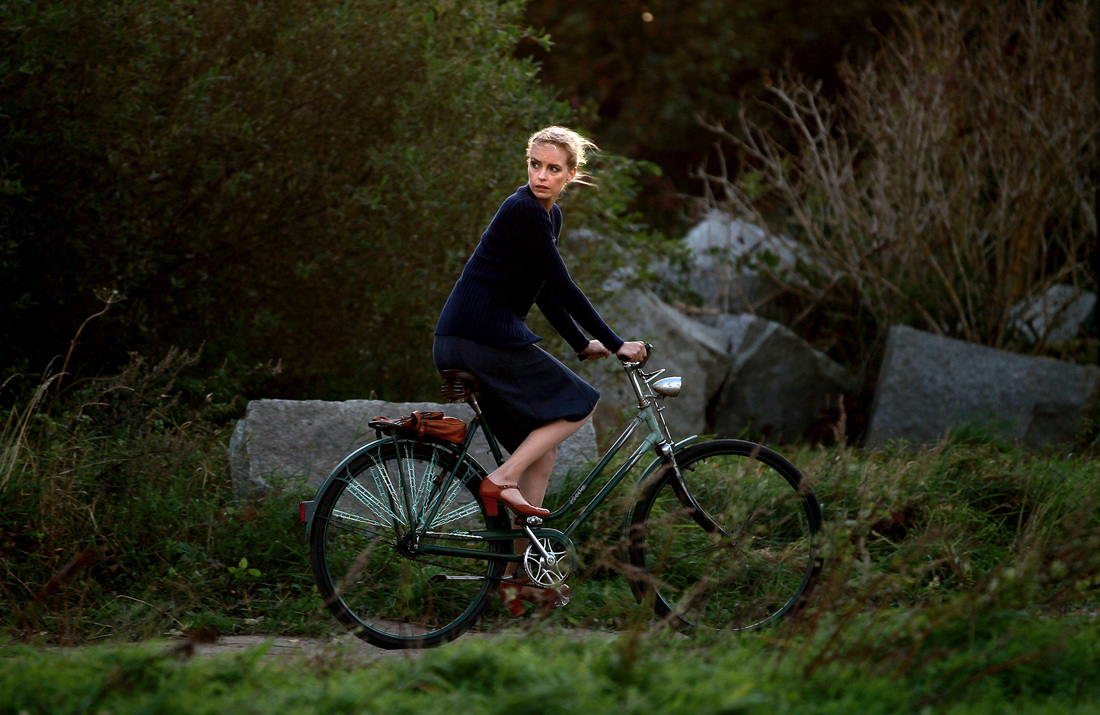
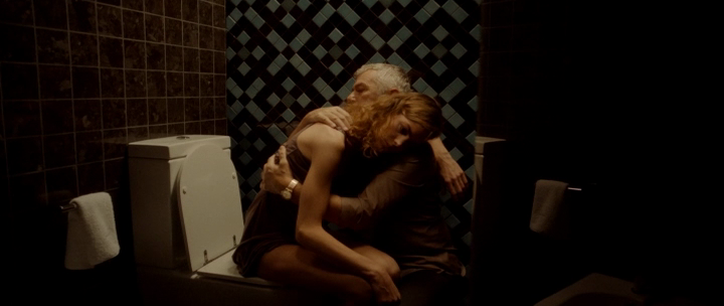
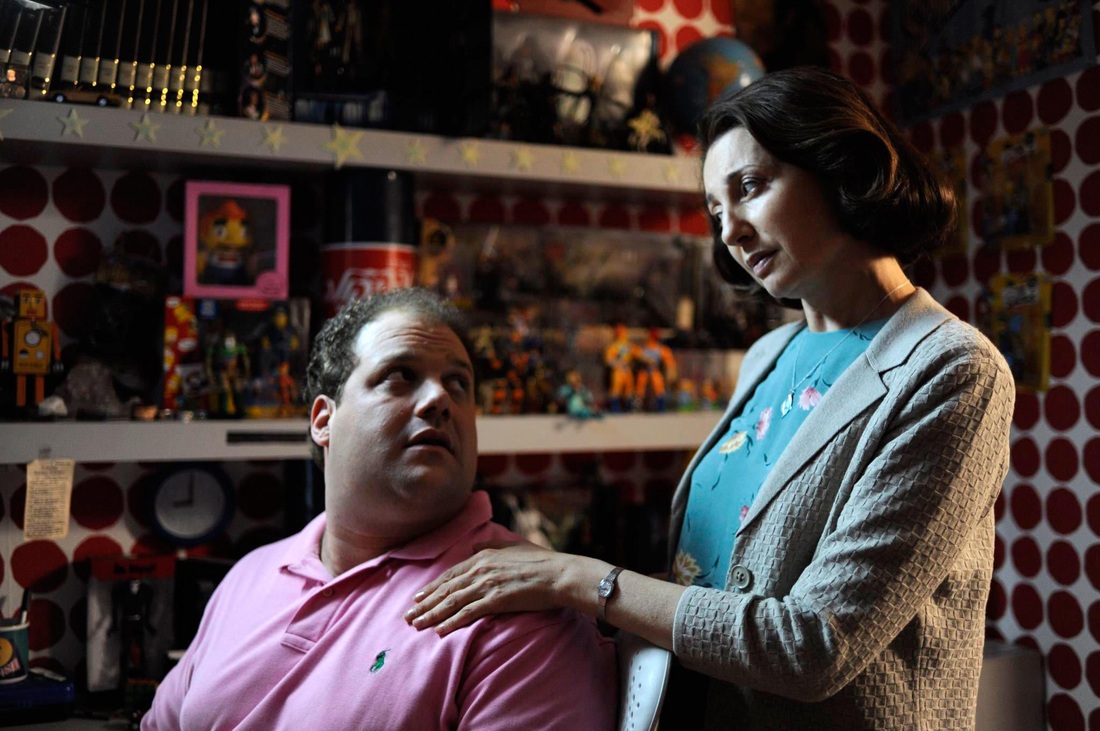
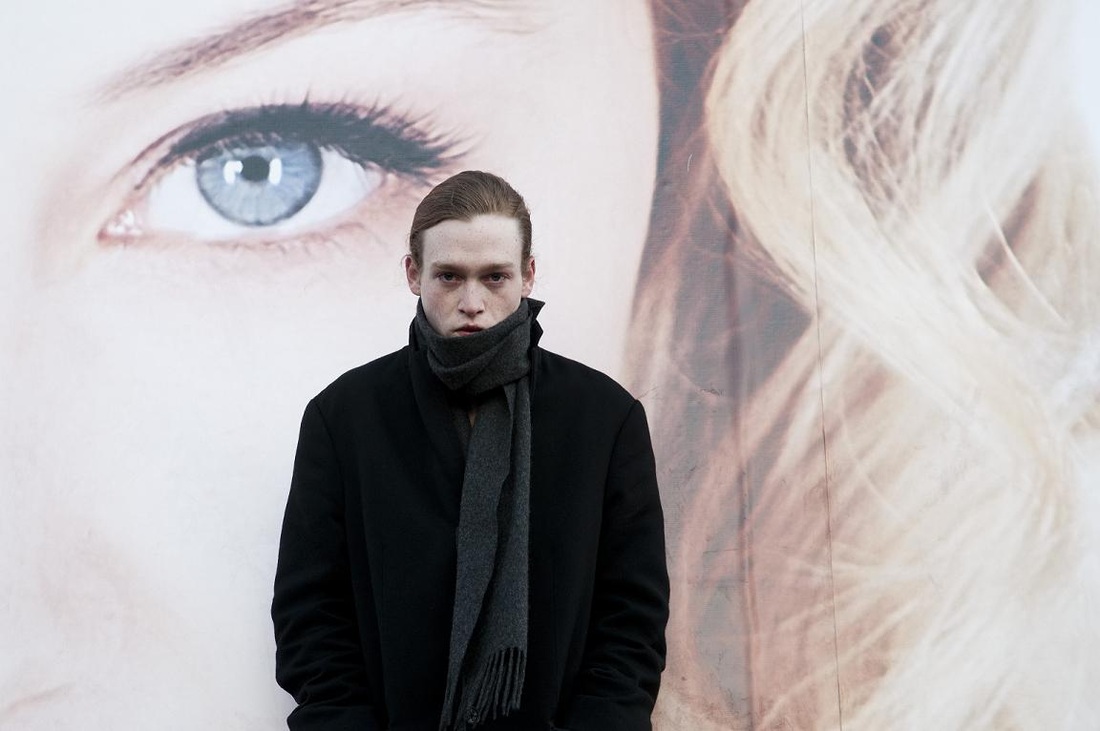
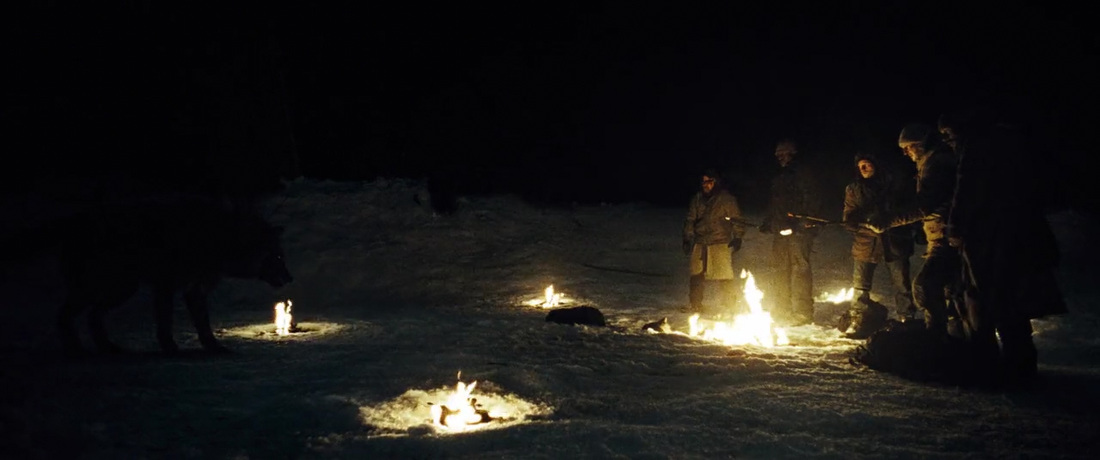
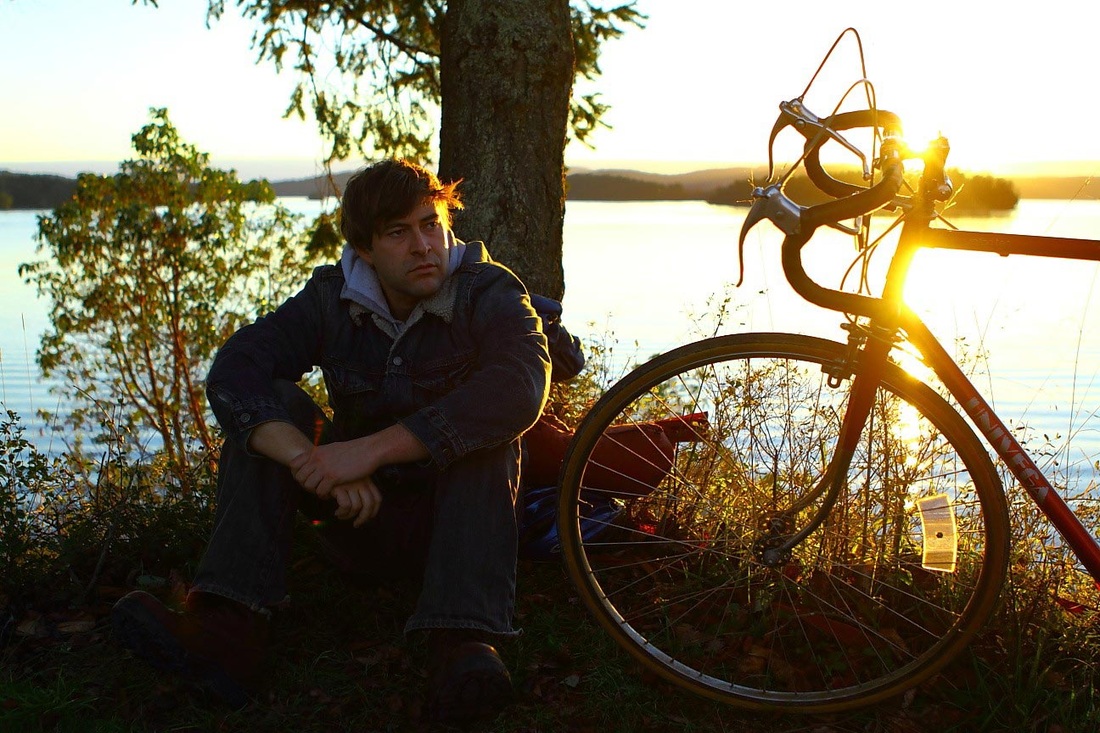

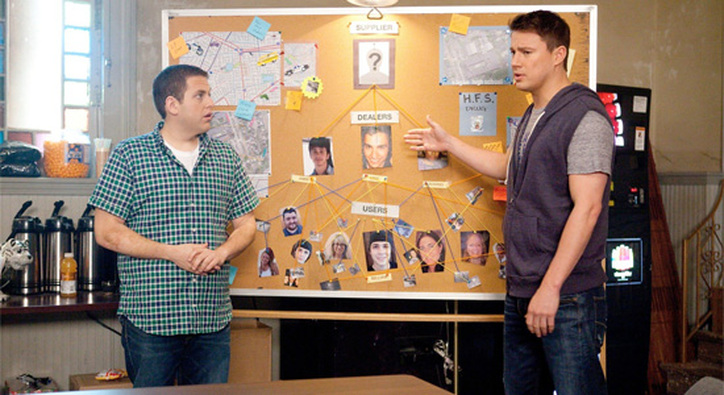
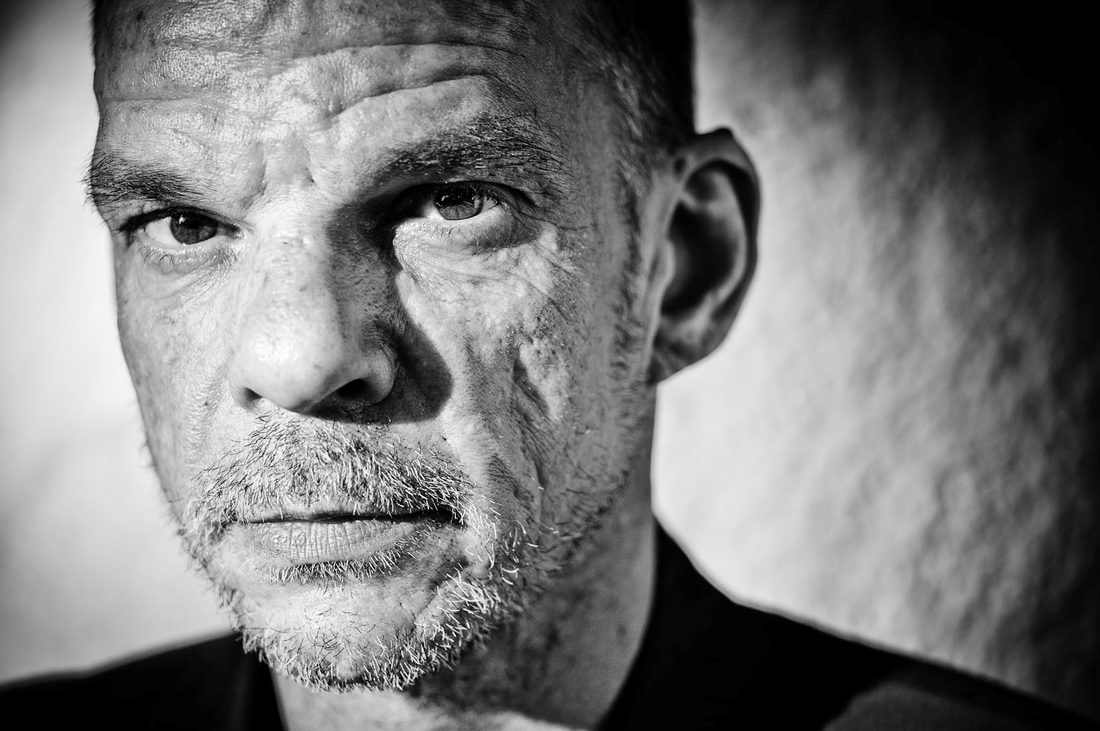
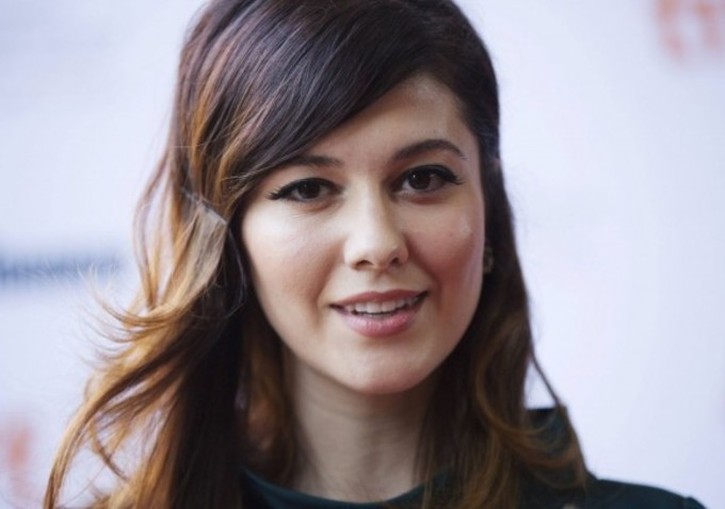
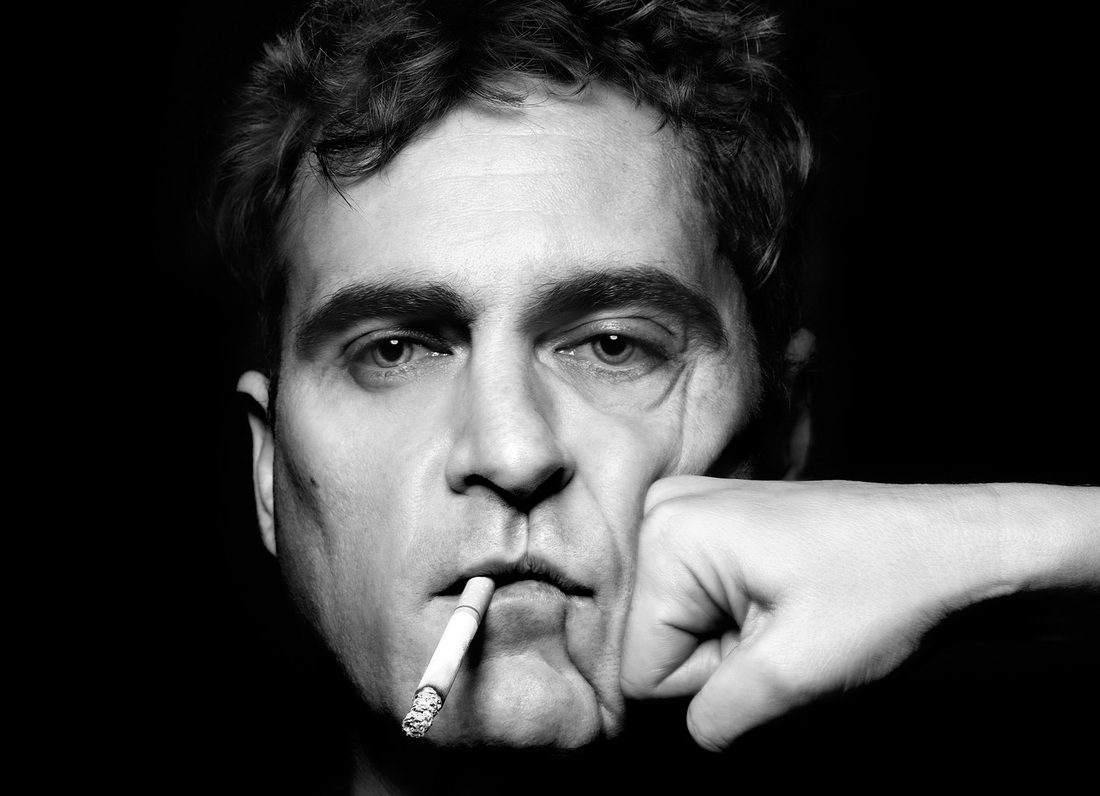
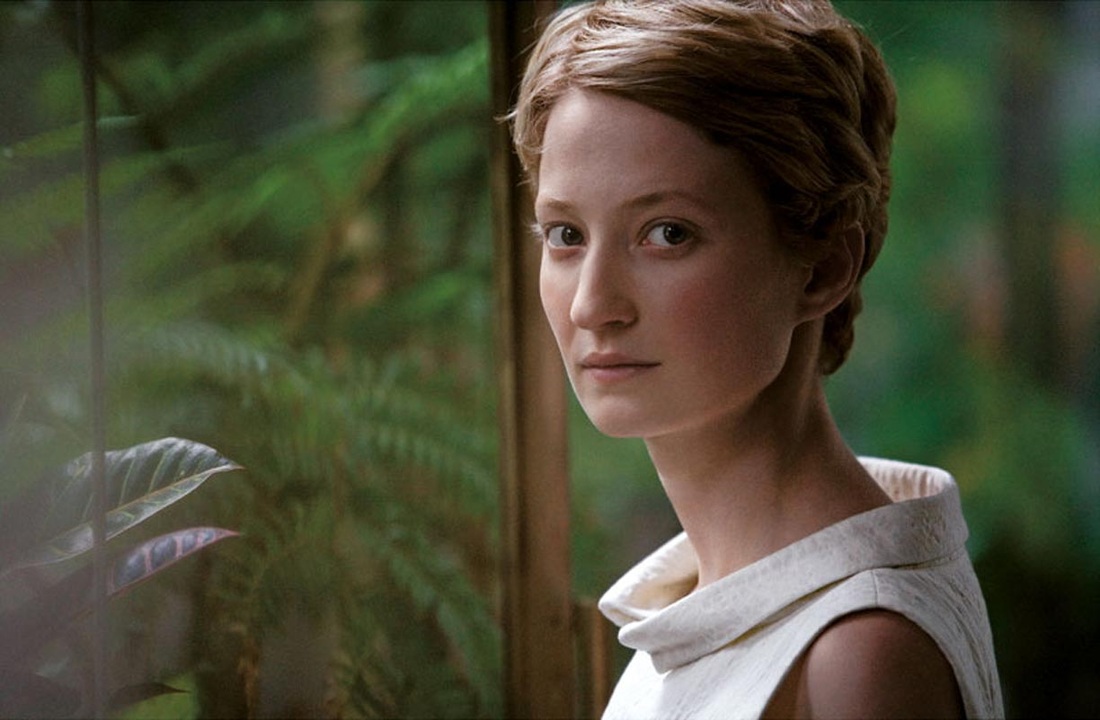
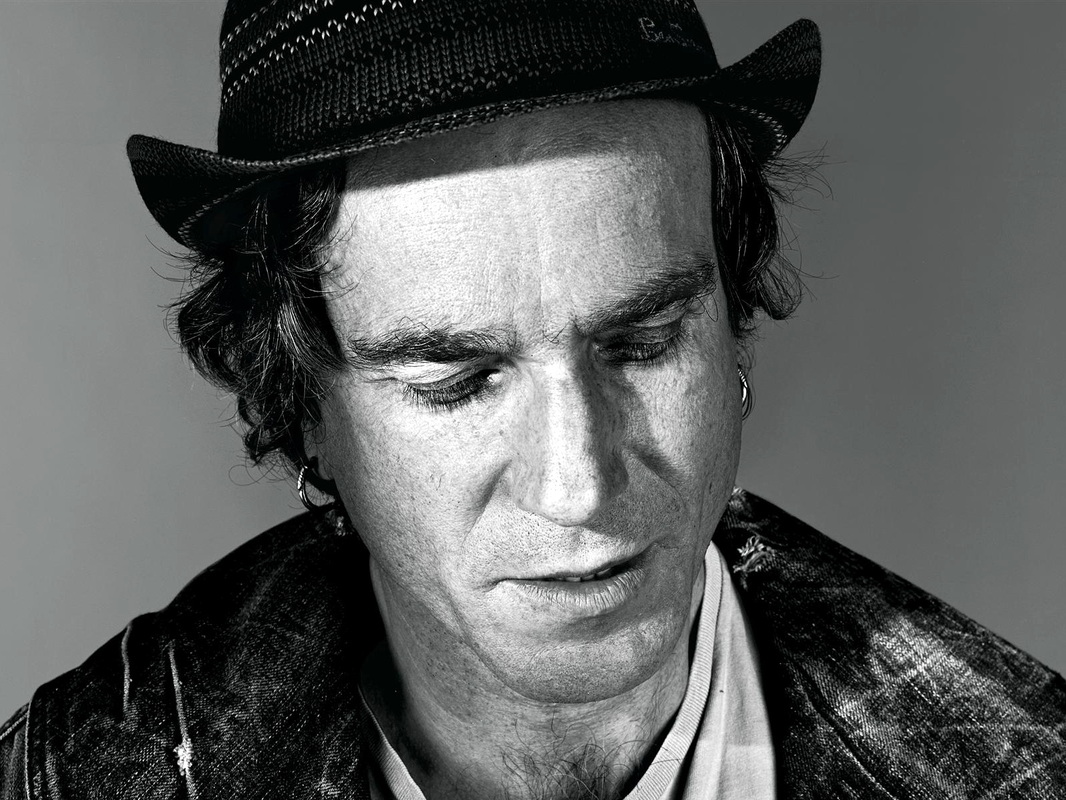

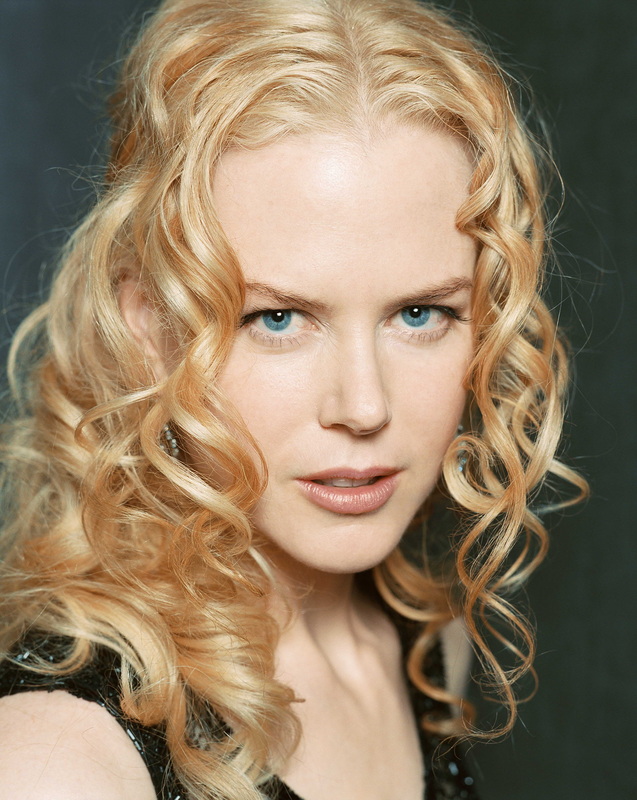

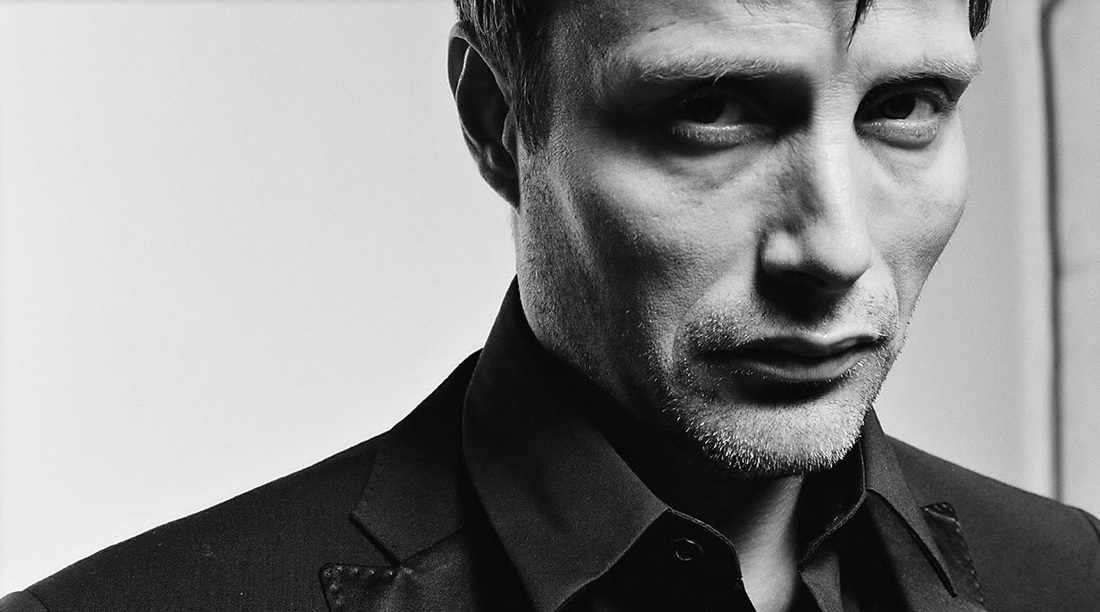

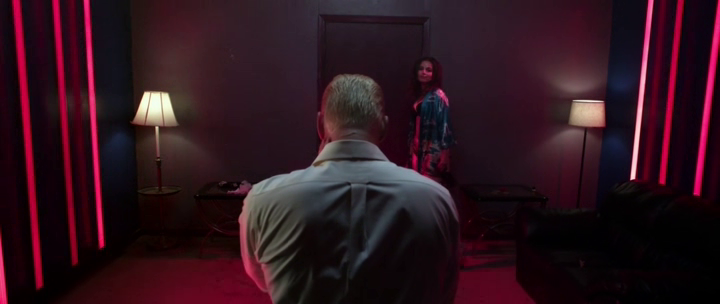
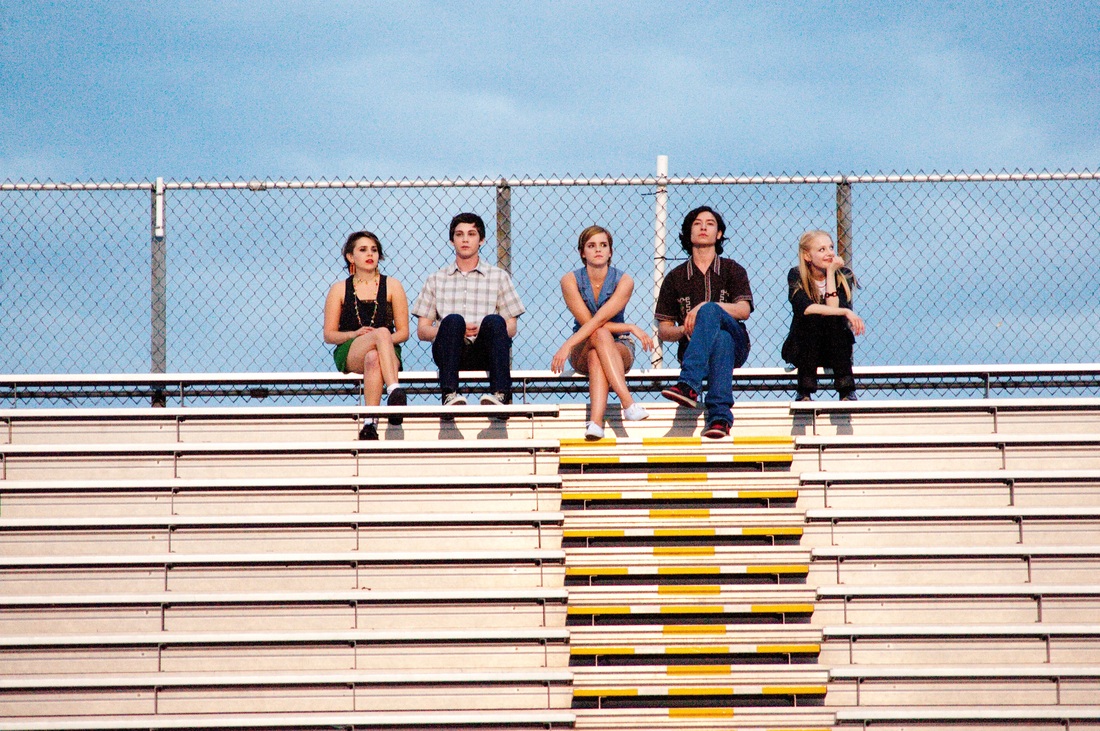

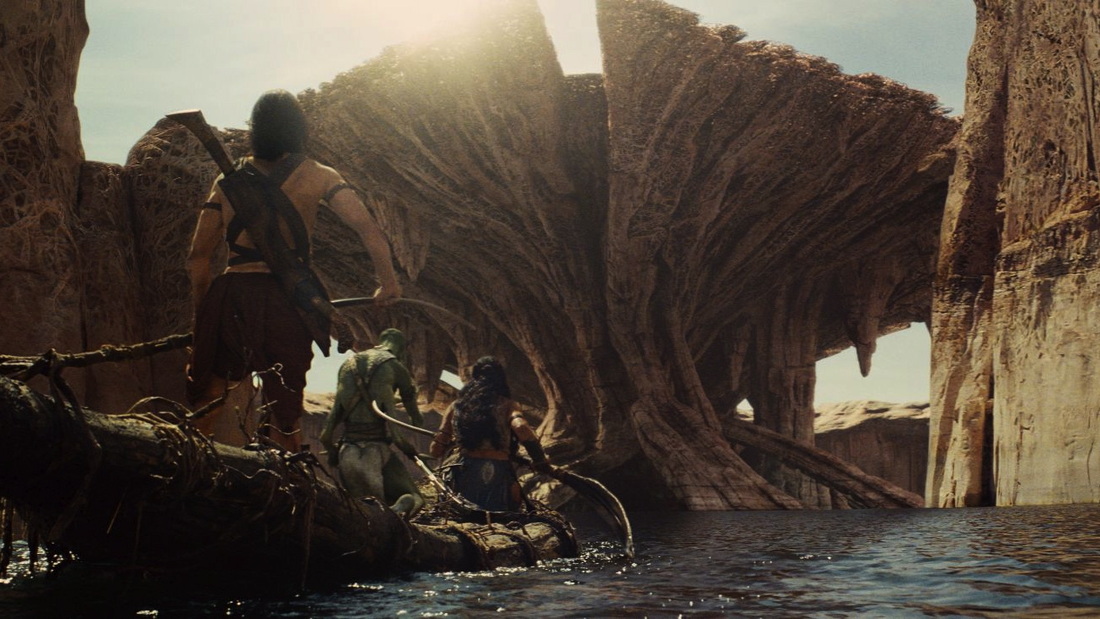
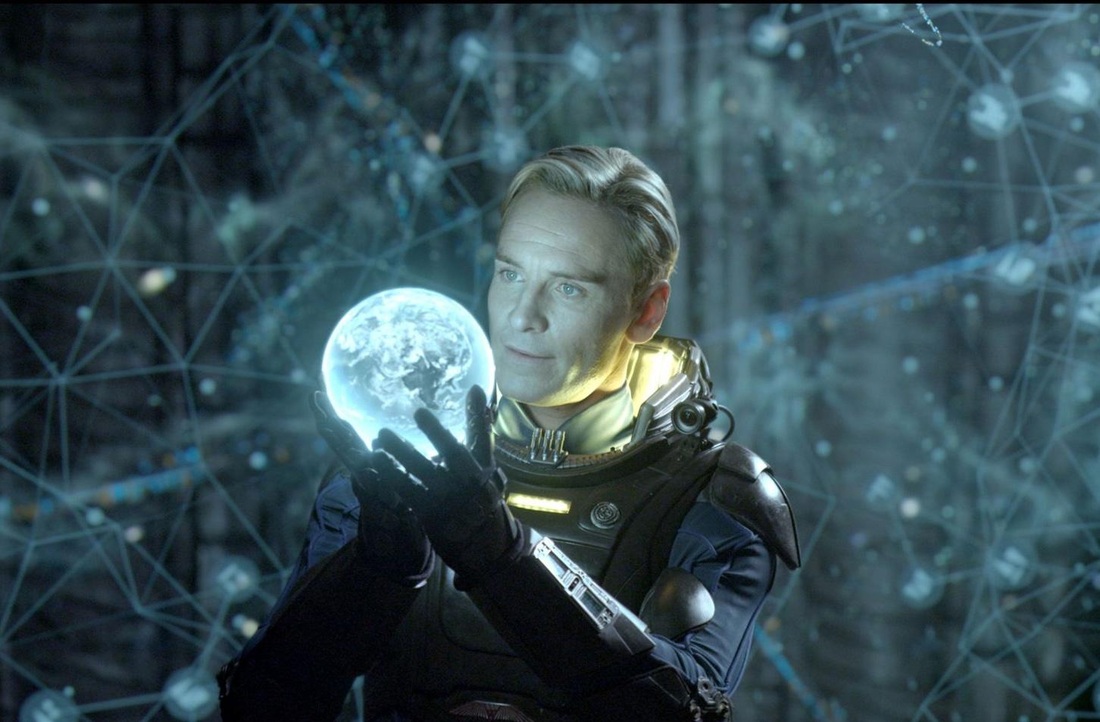
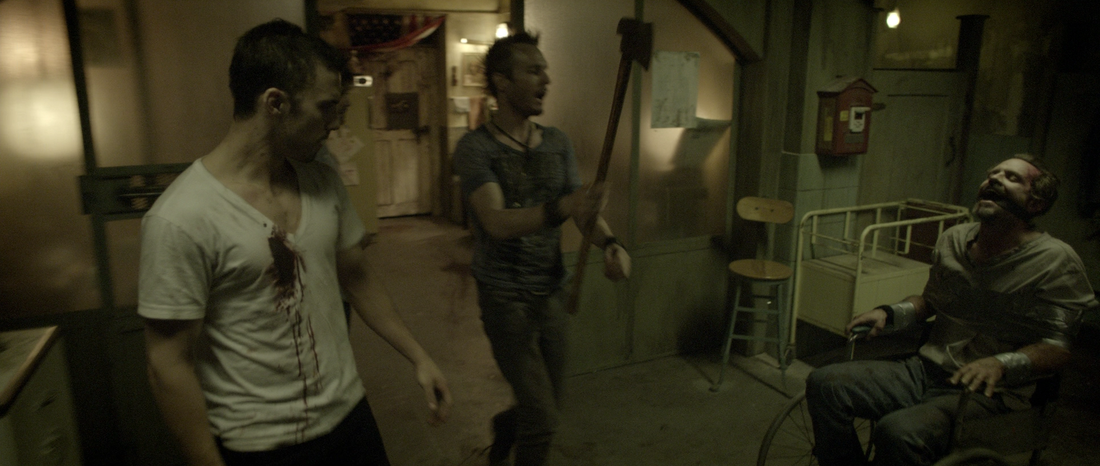
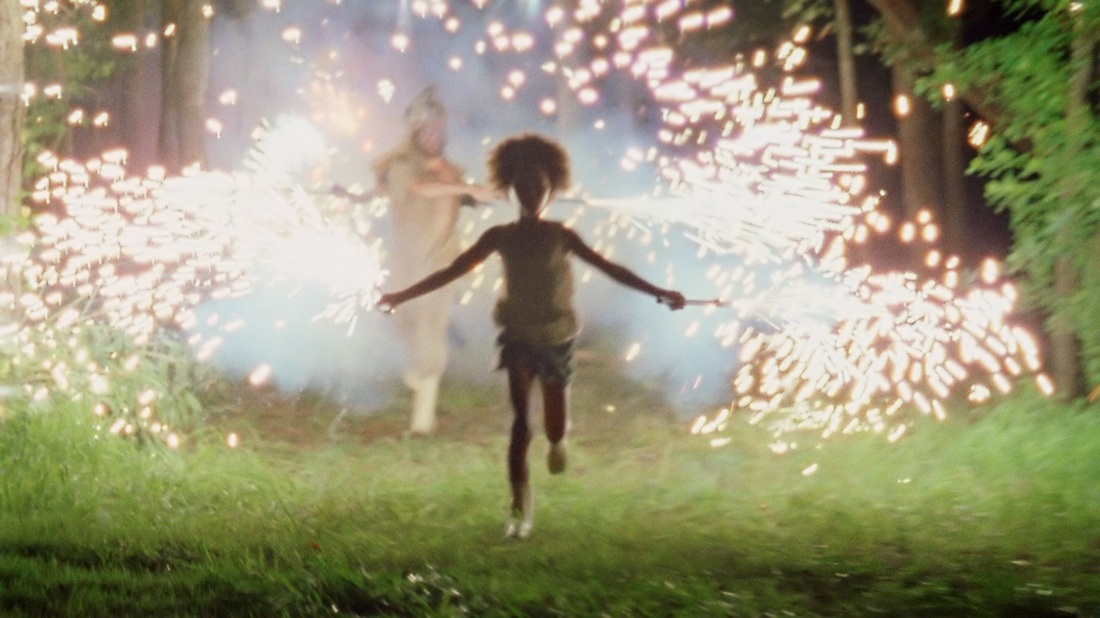
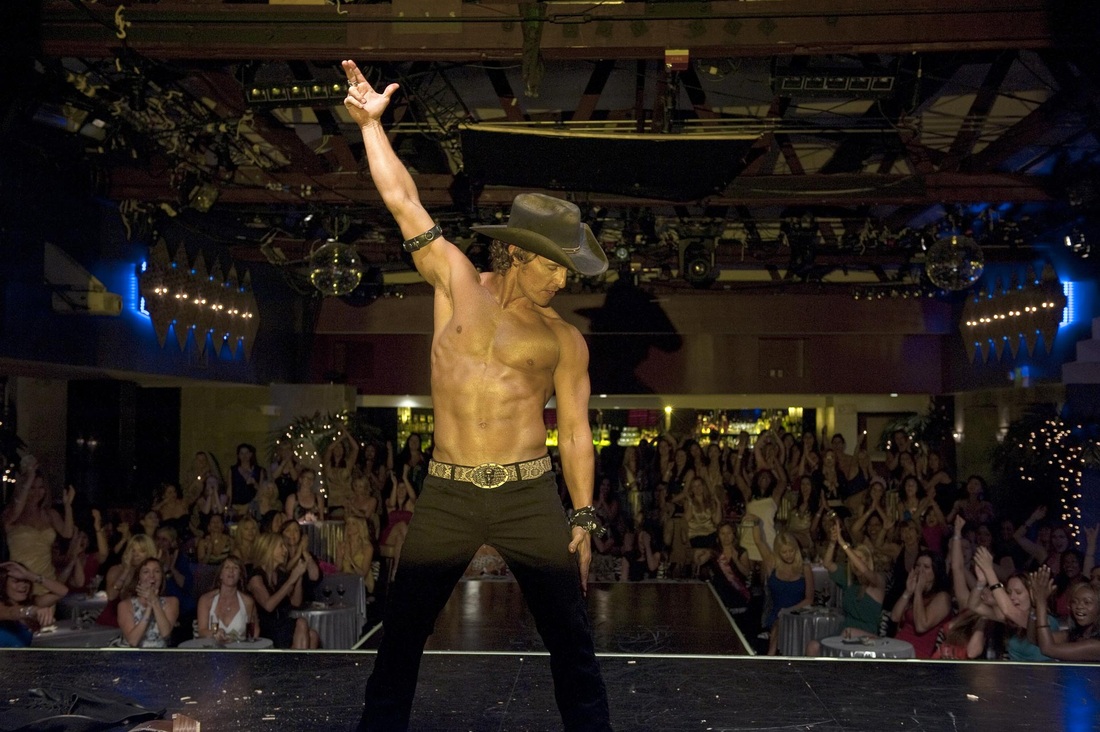
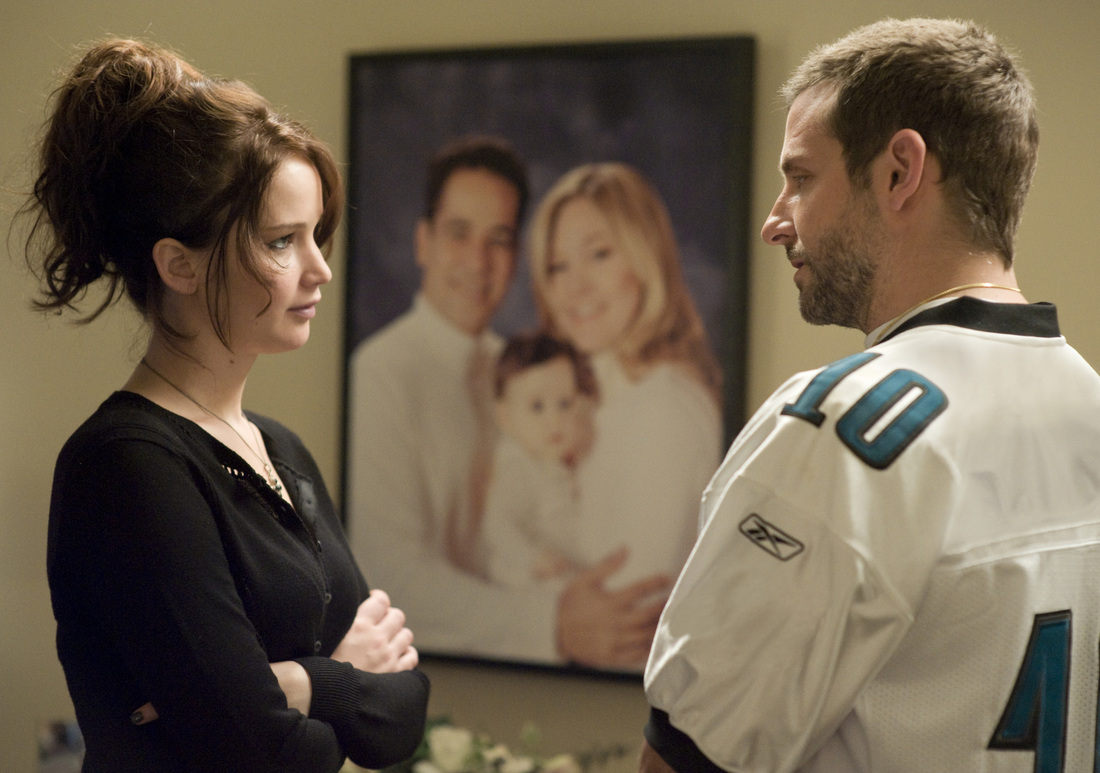
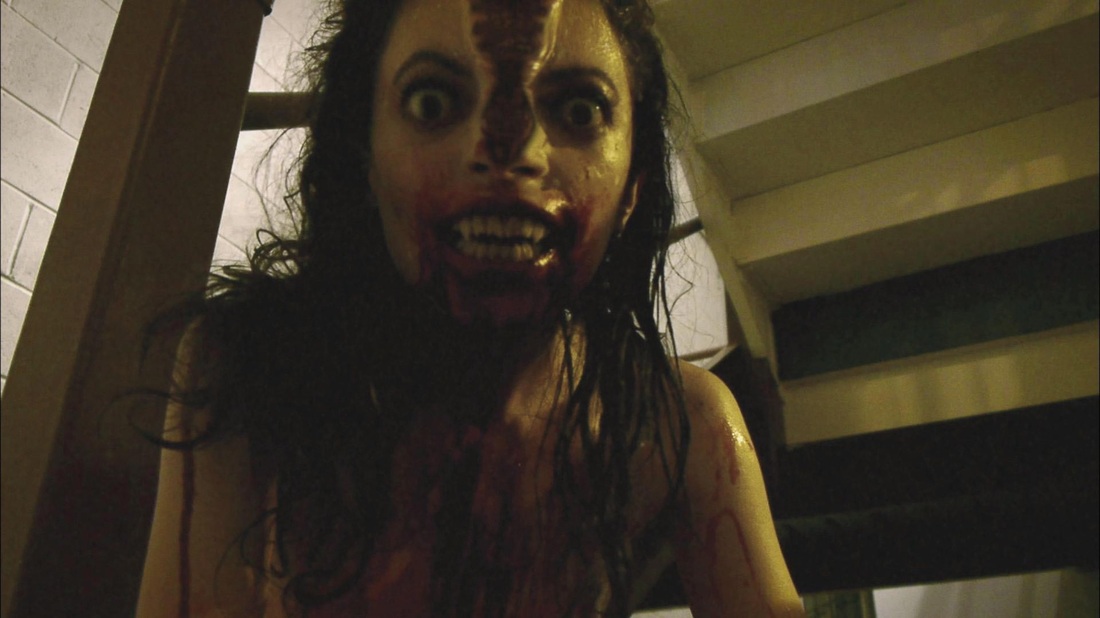
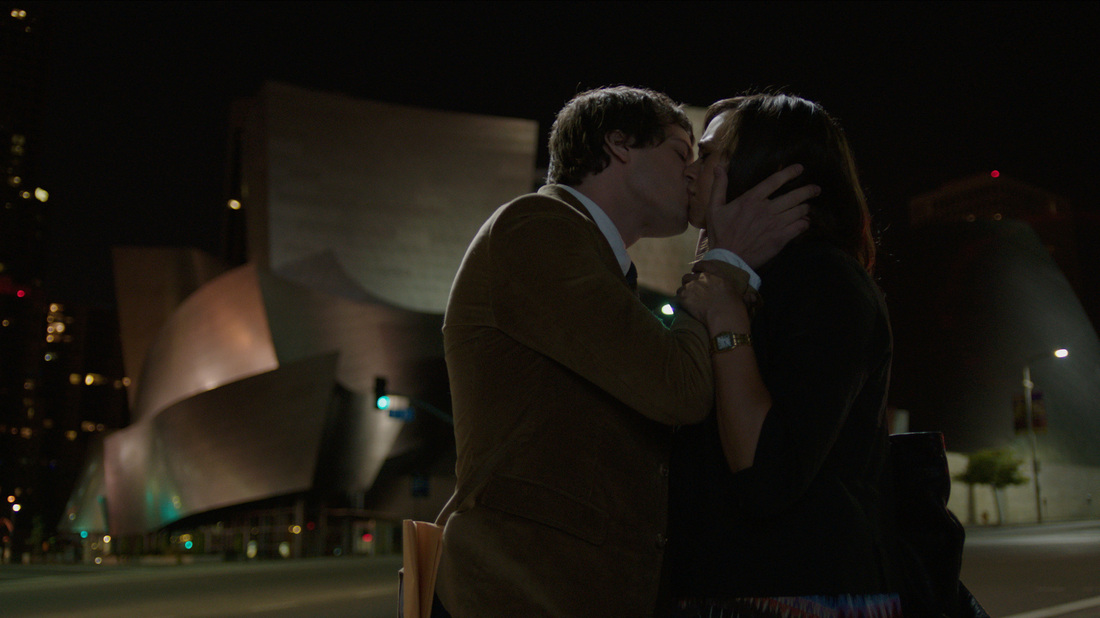
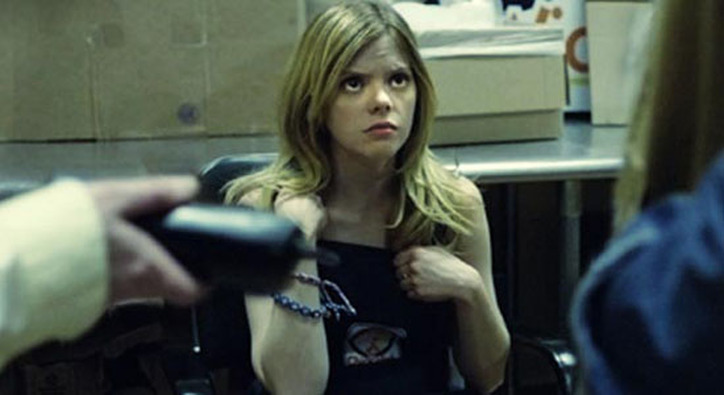
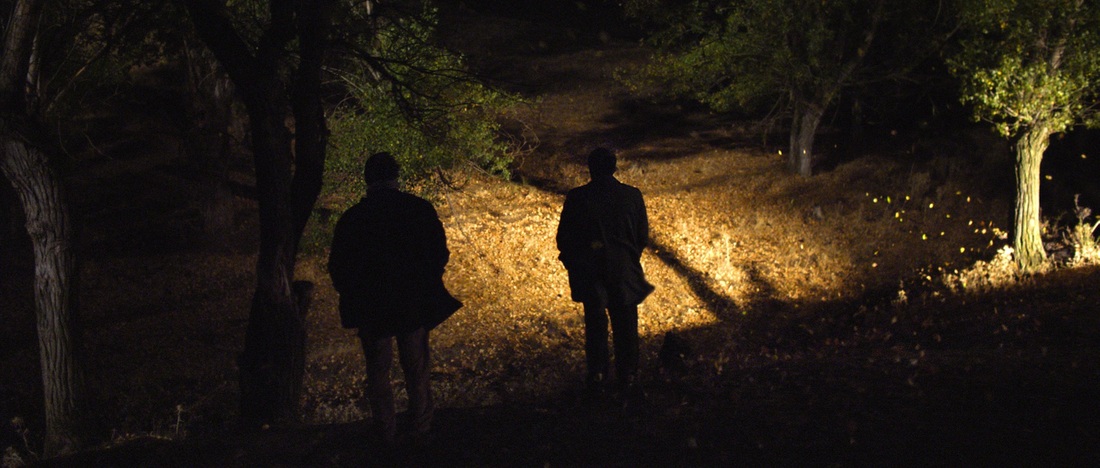
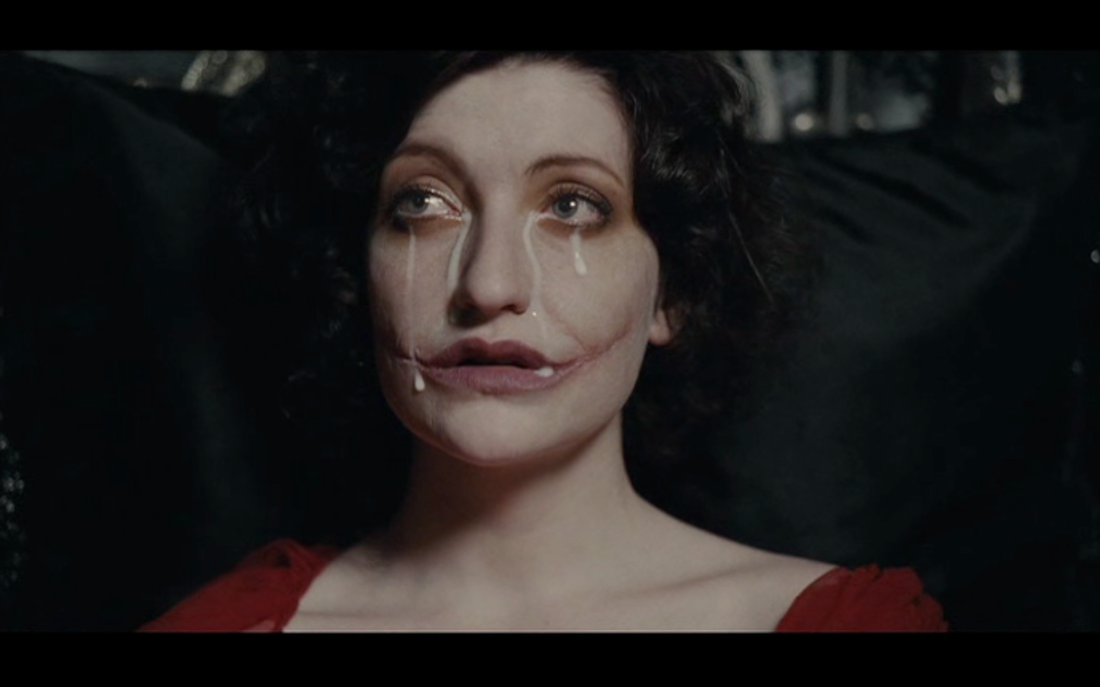
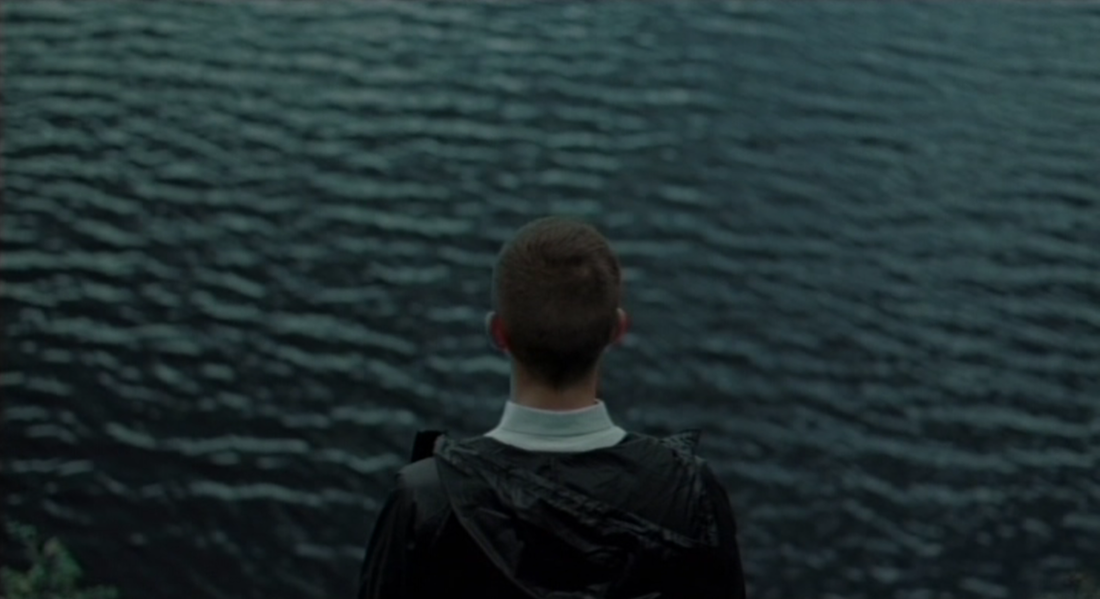
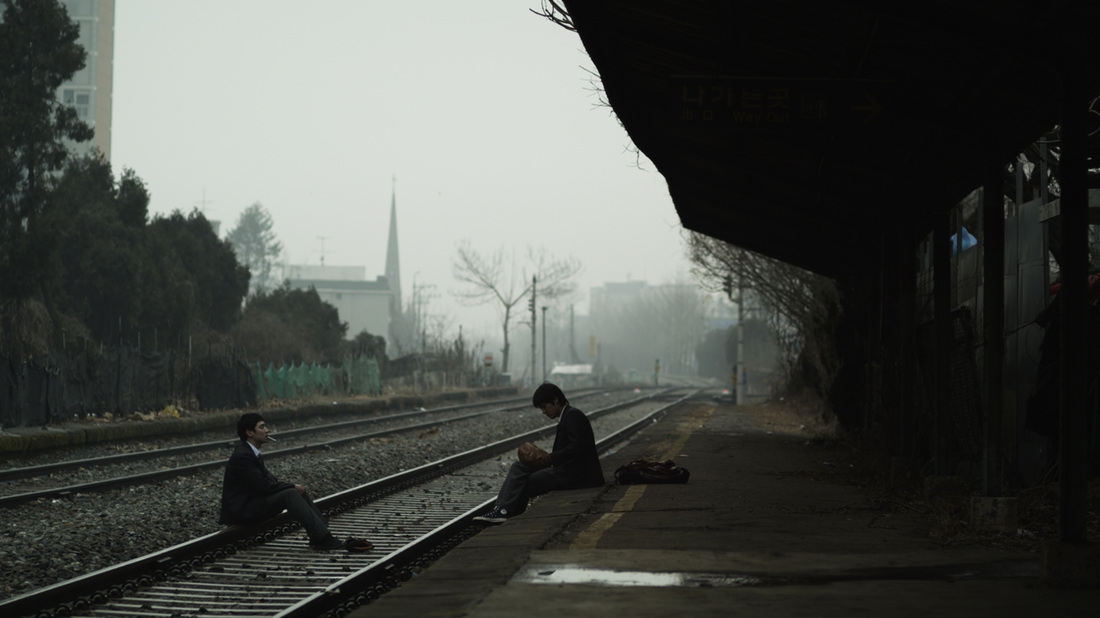
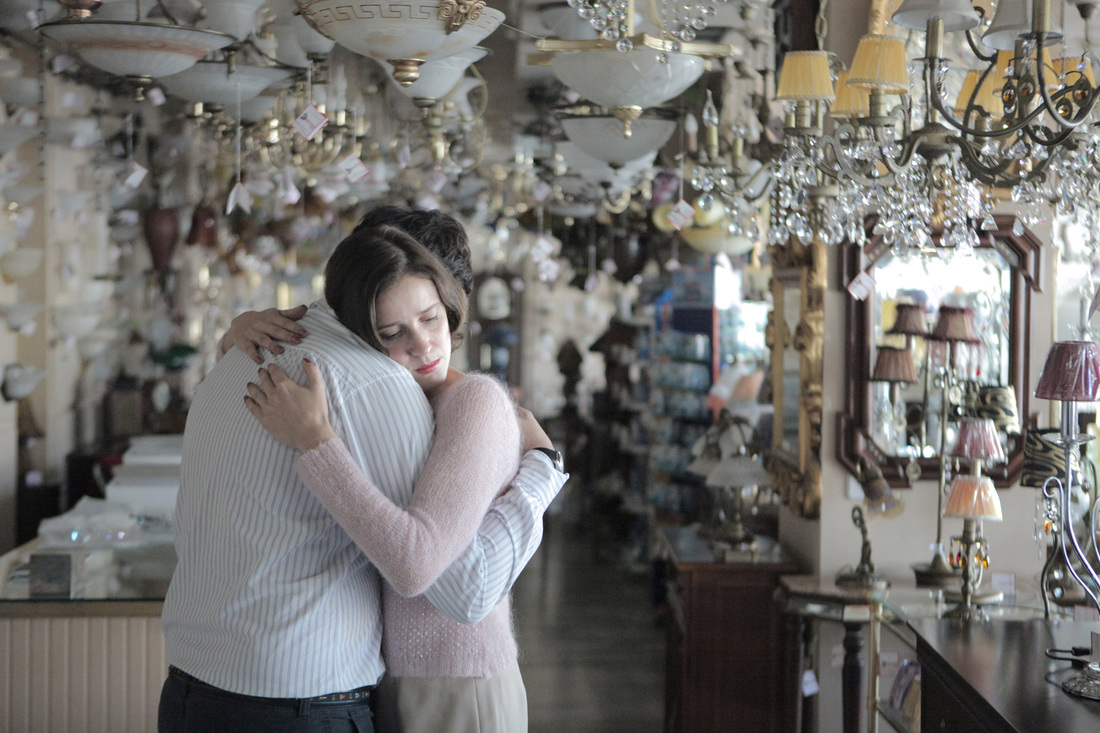
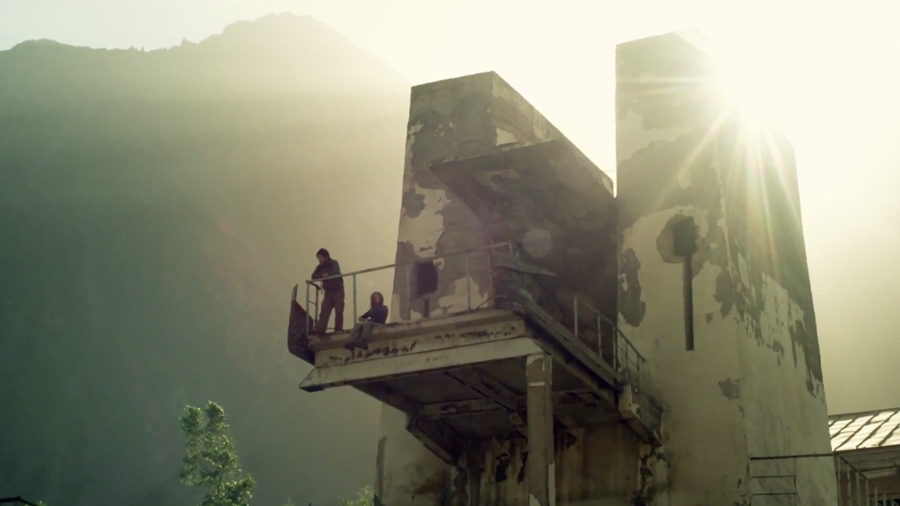

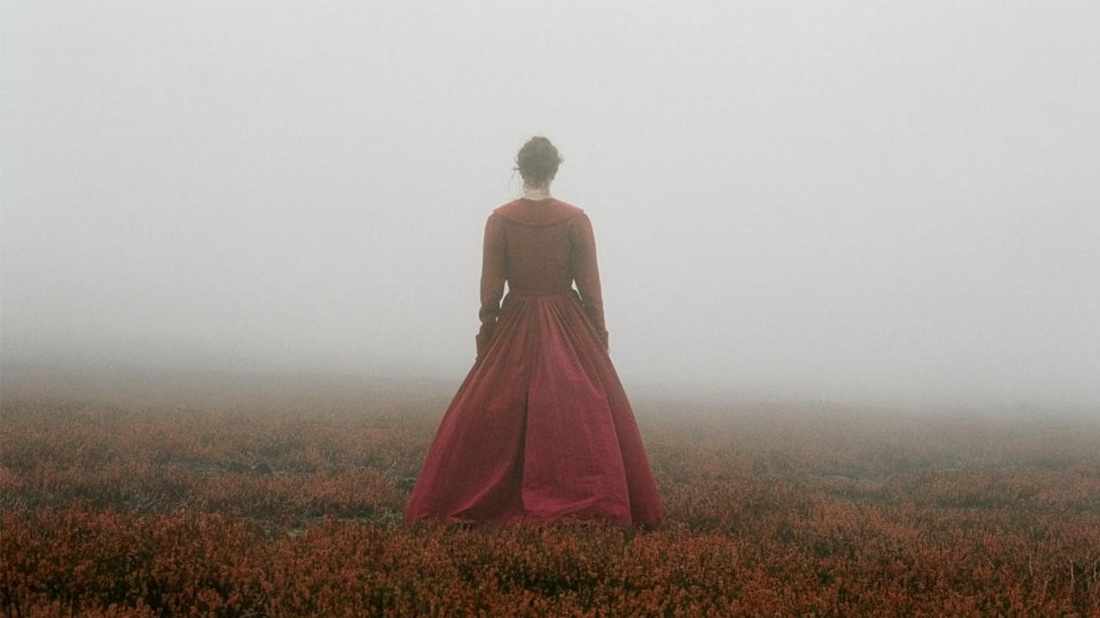
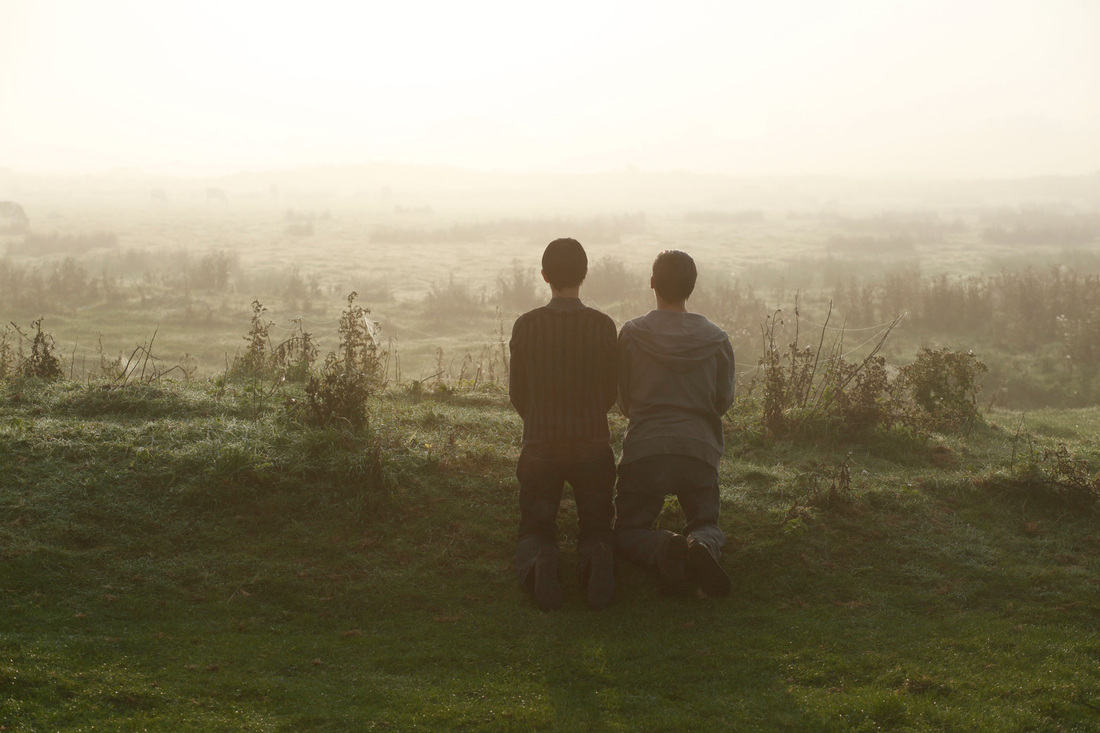
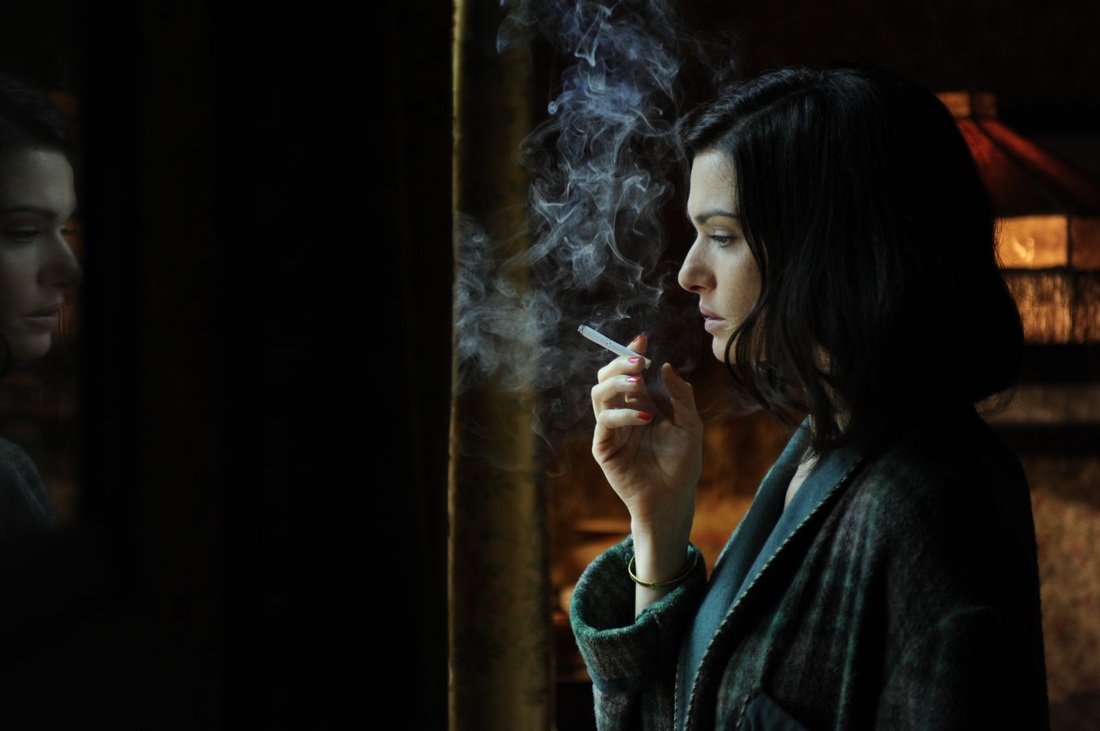
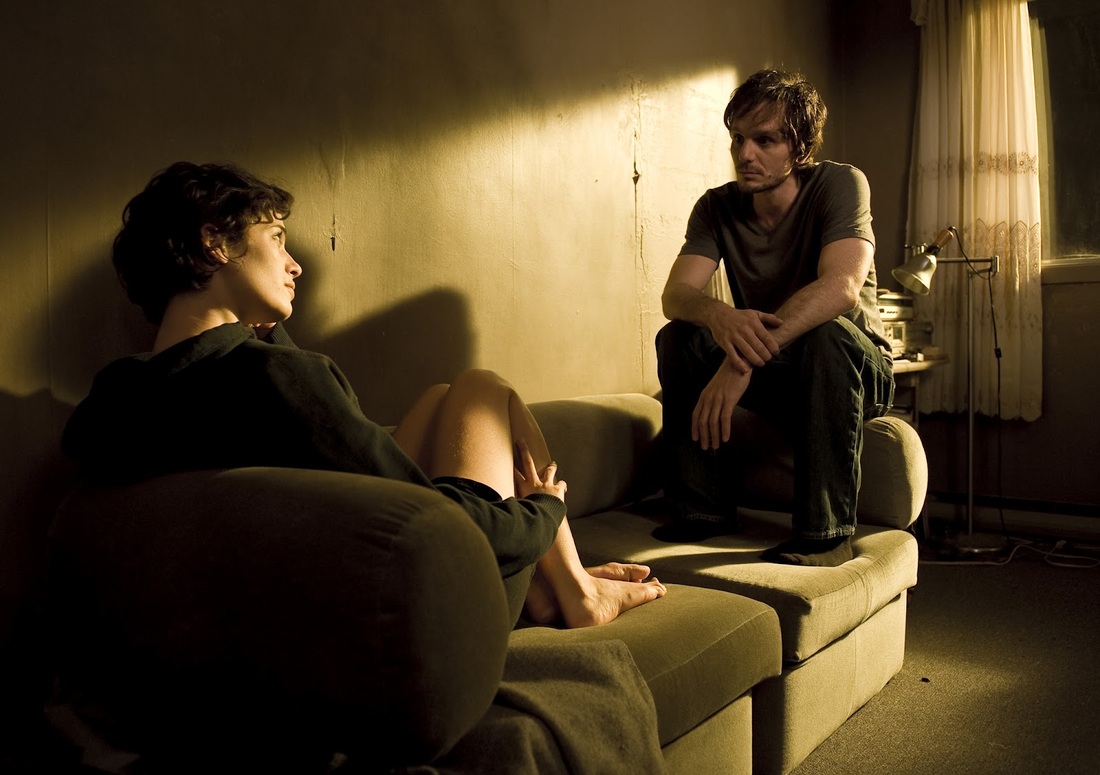
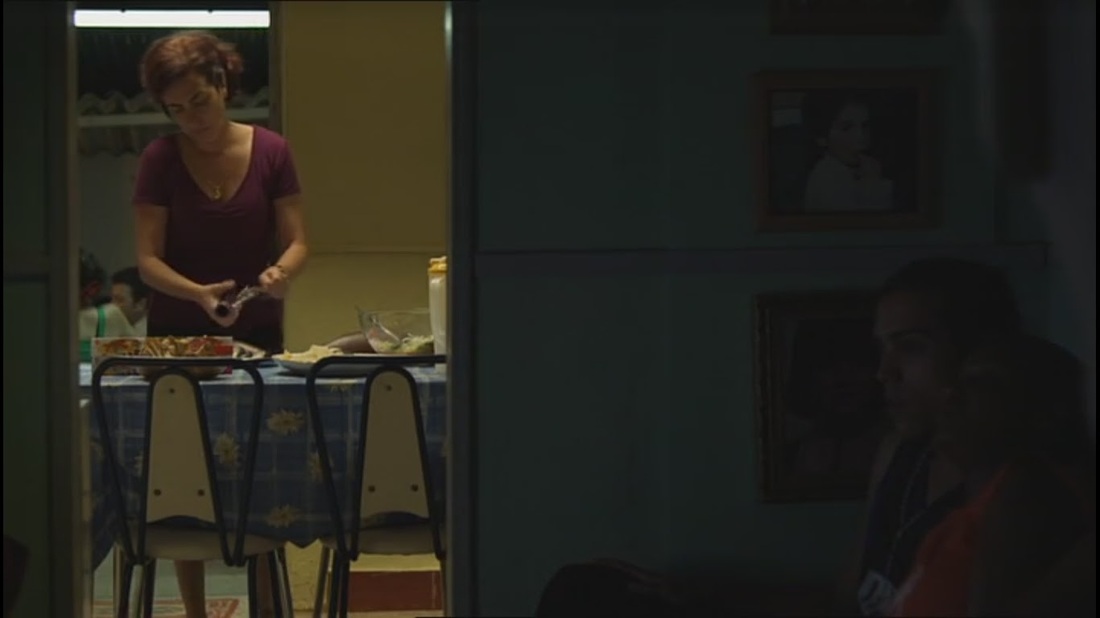
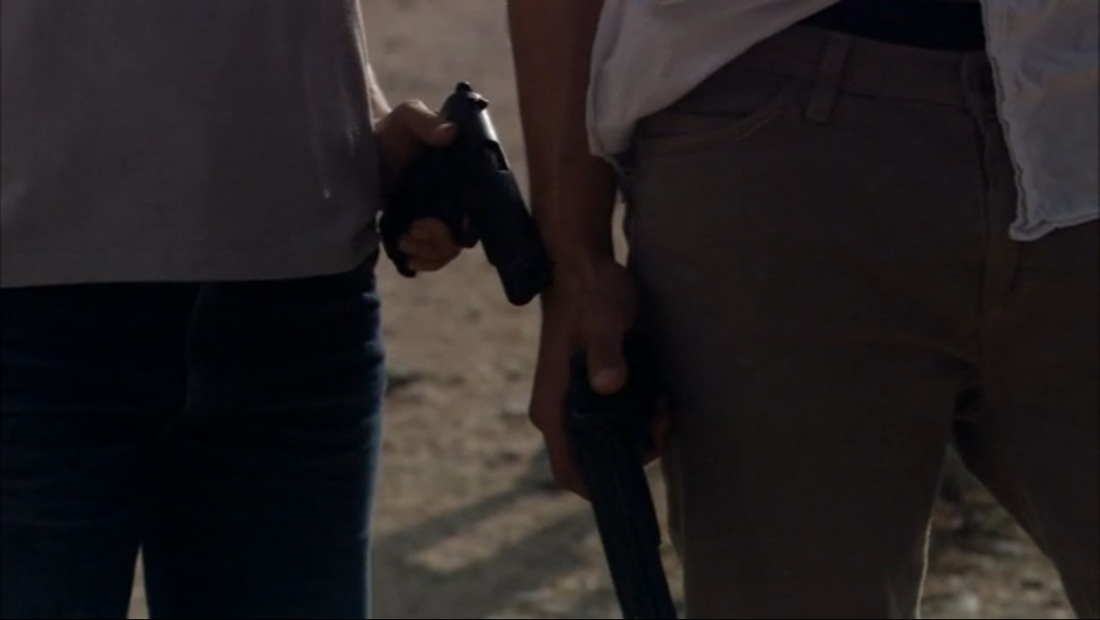

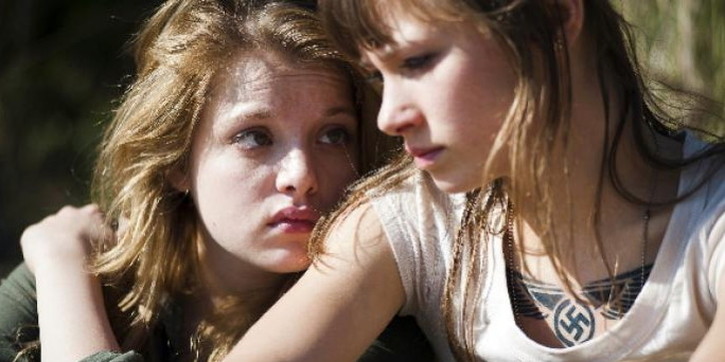
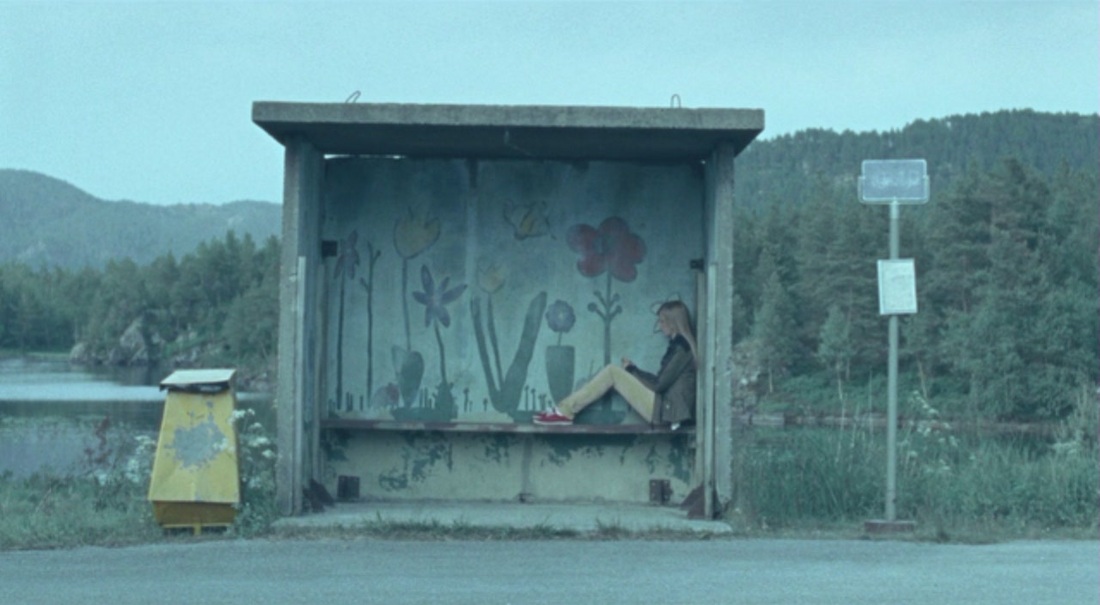
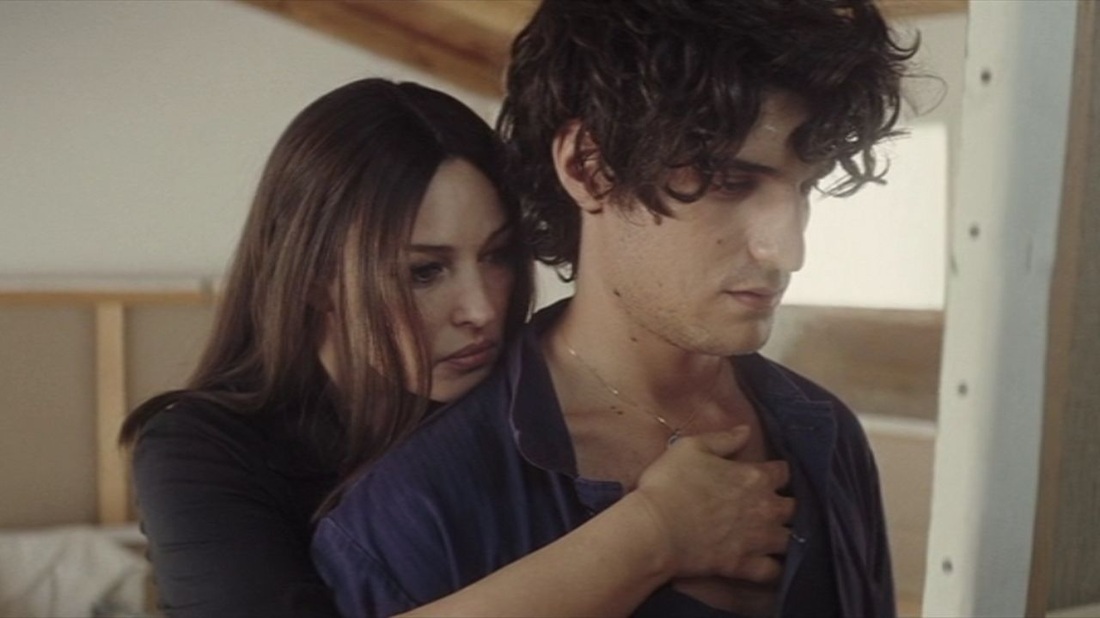
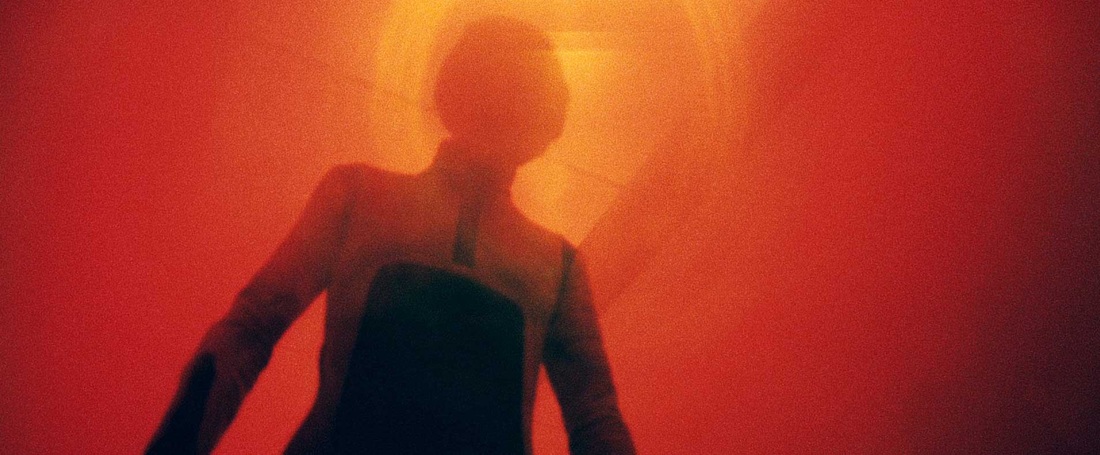
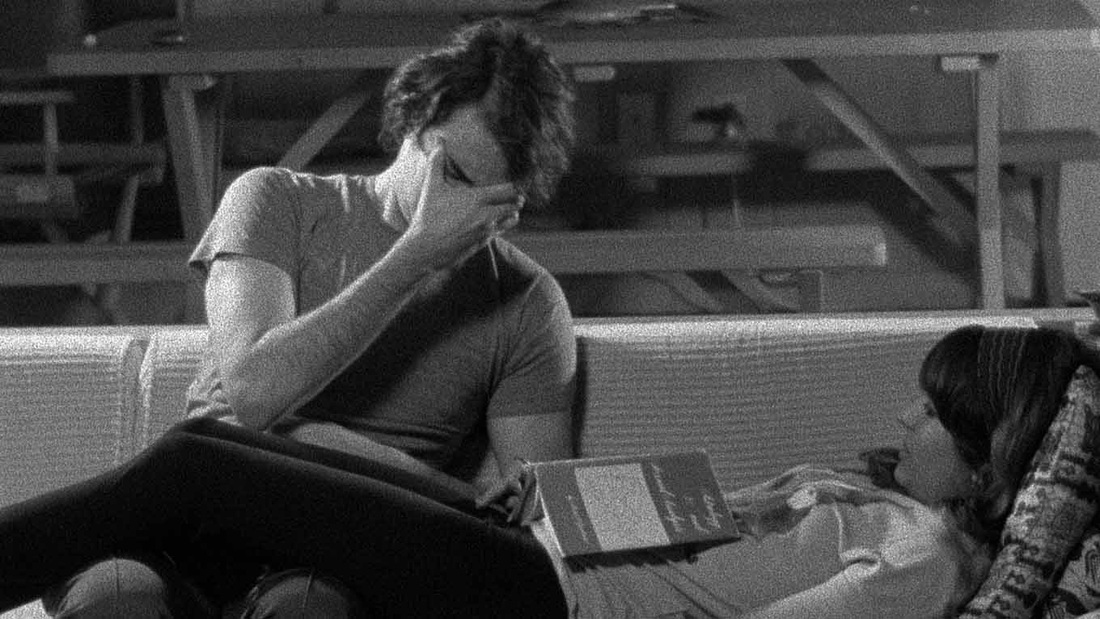
 RSS Feed
RSS Feed
